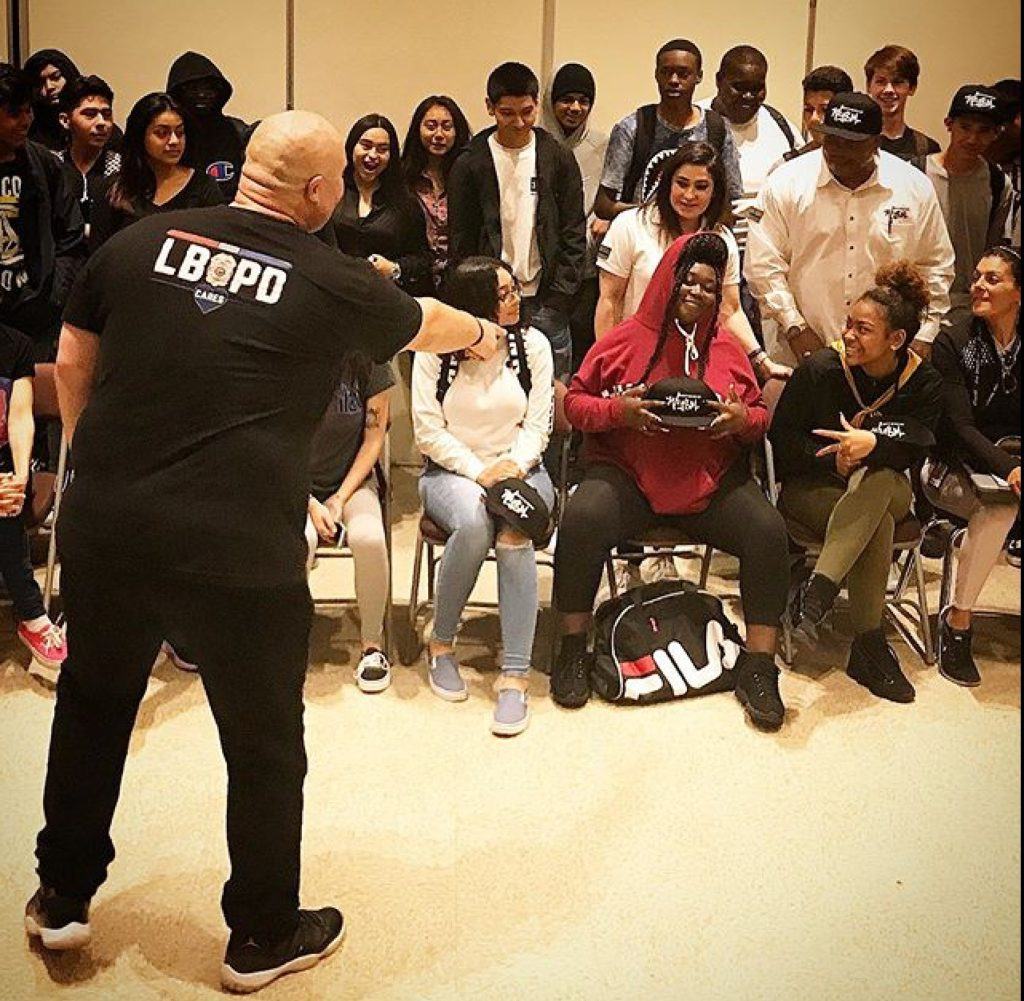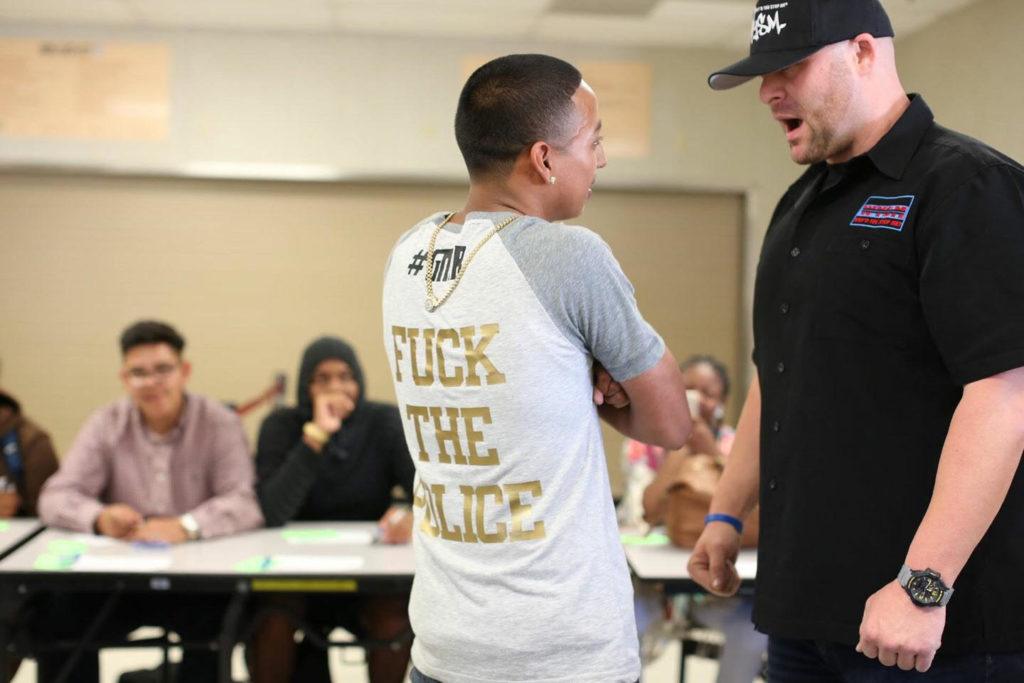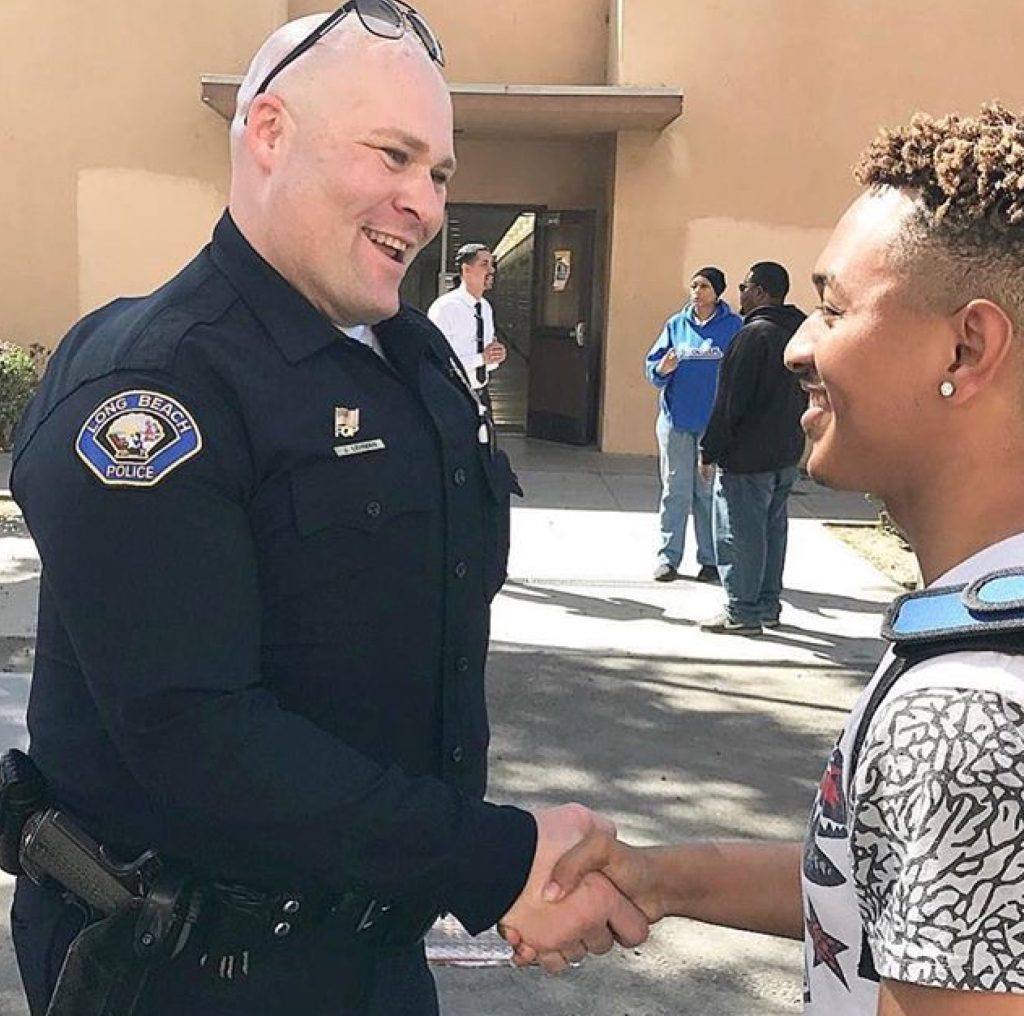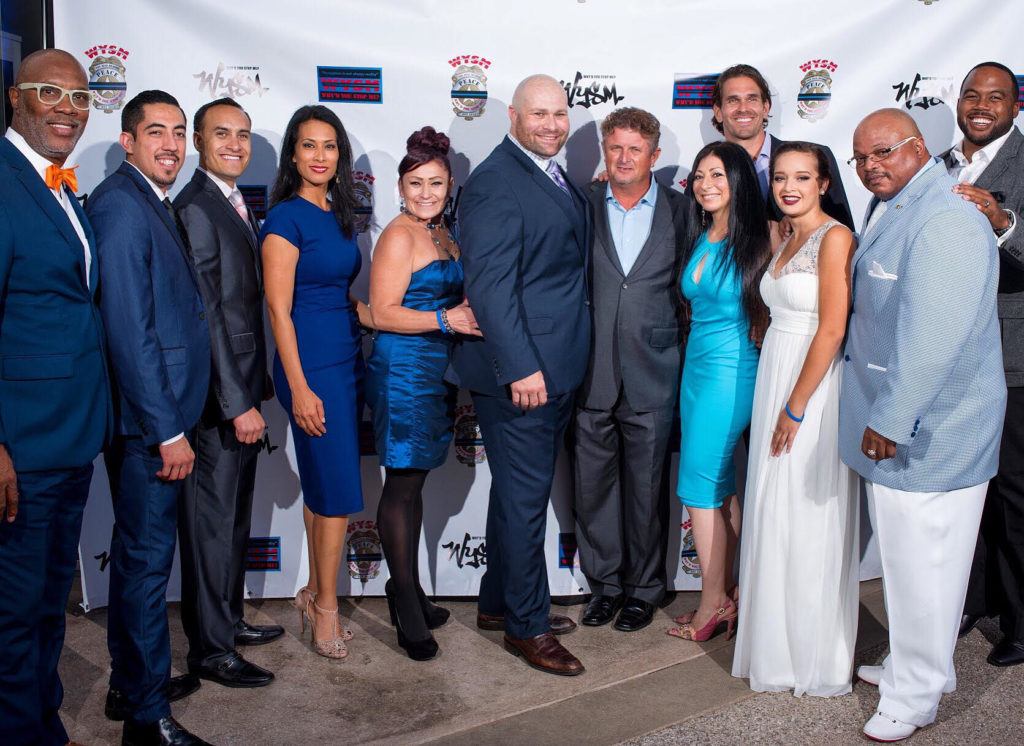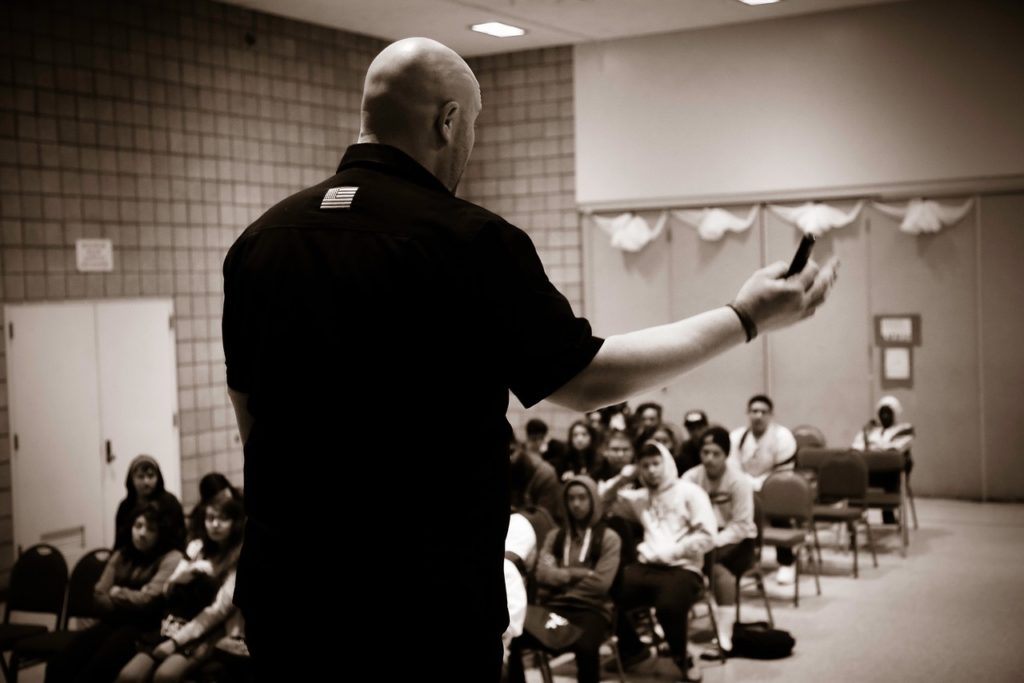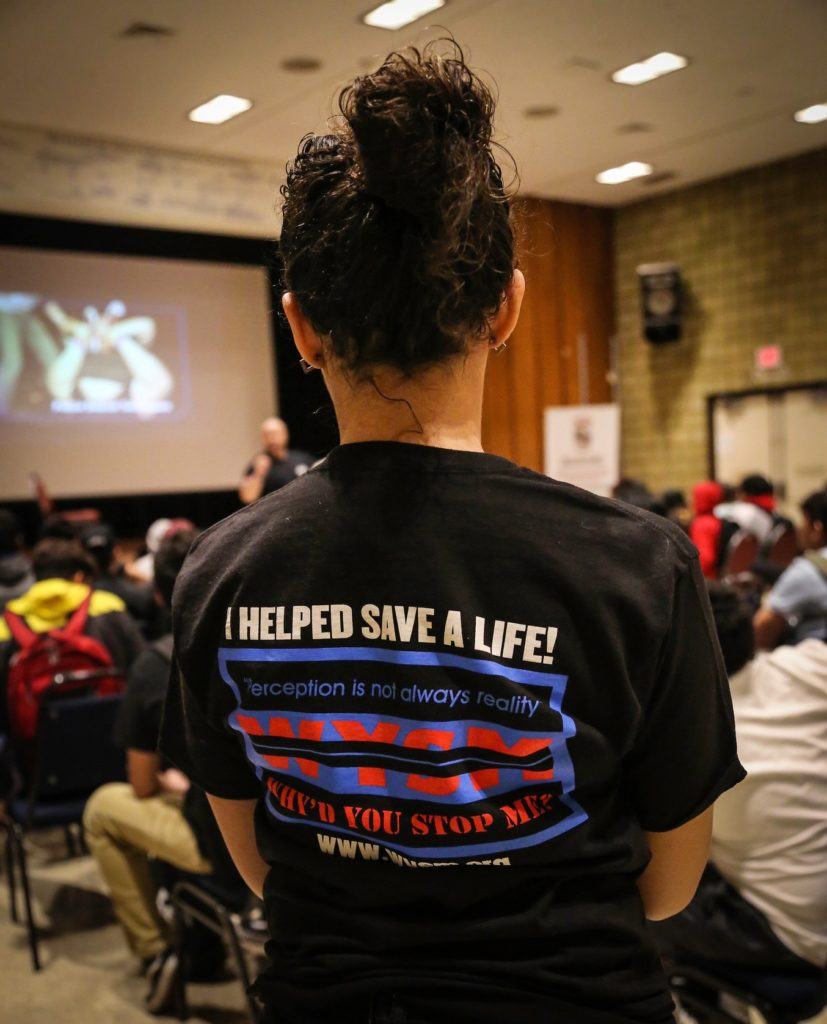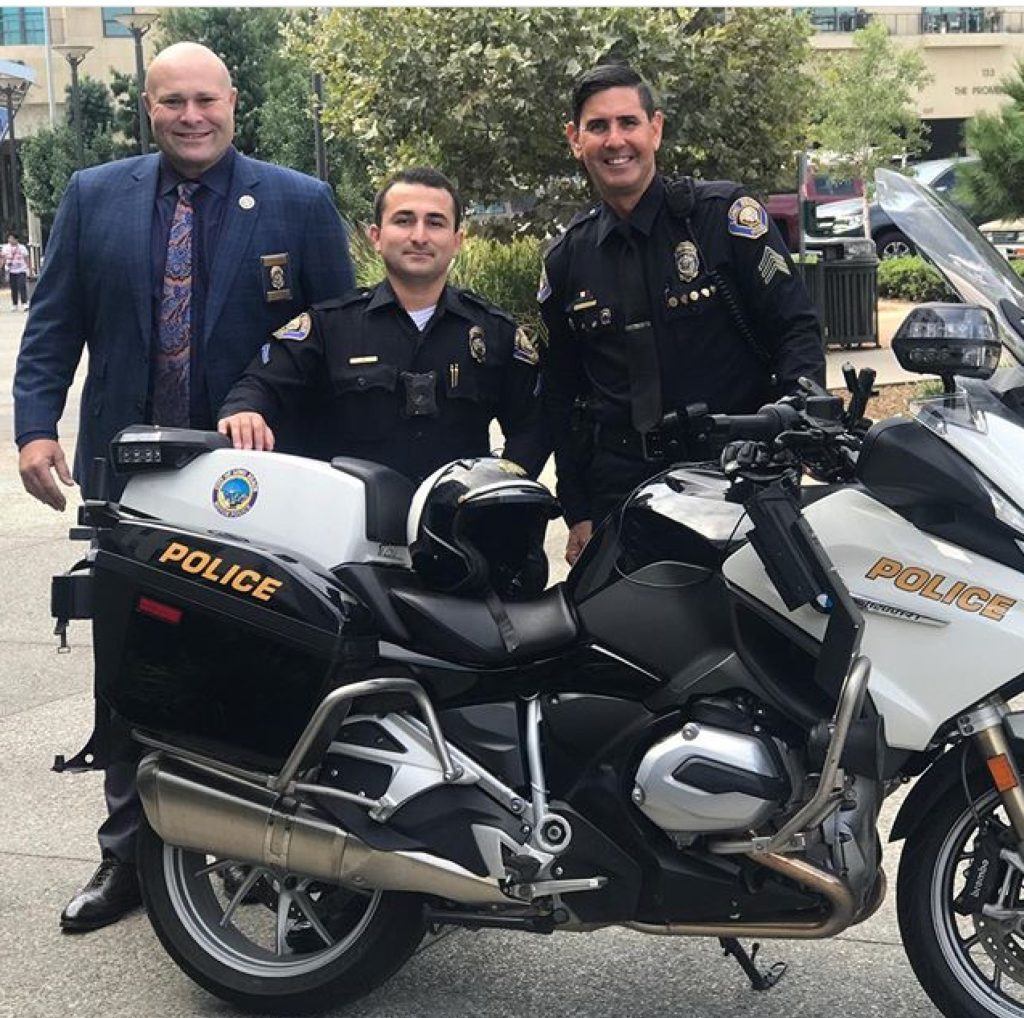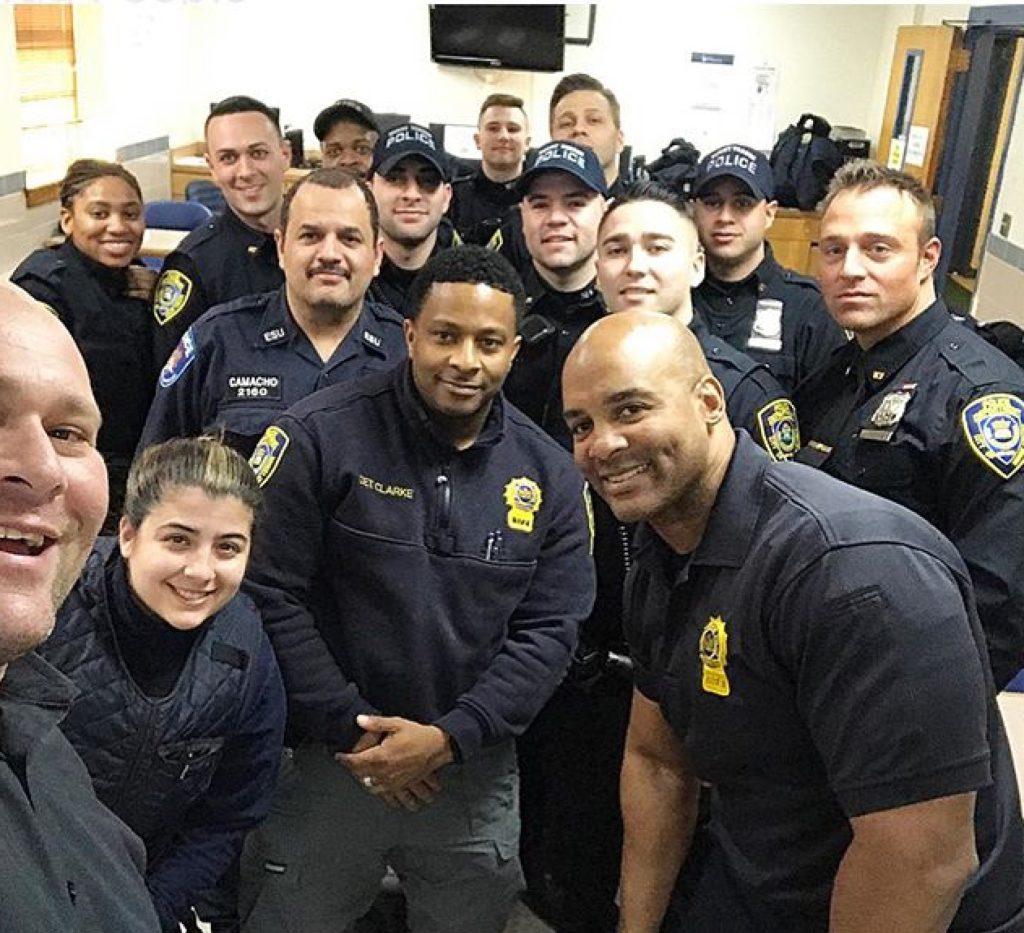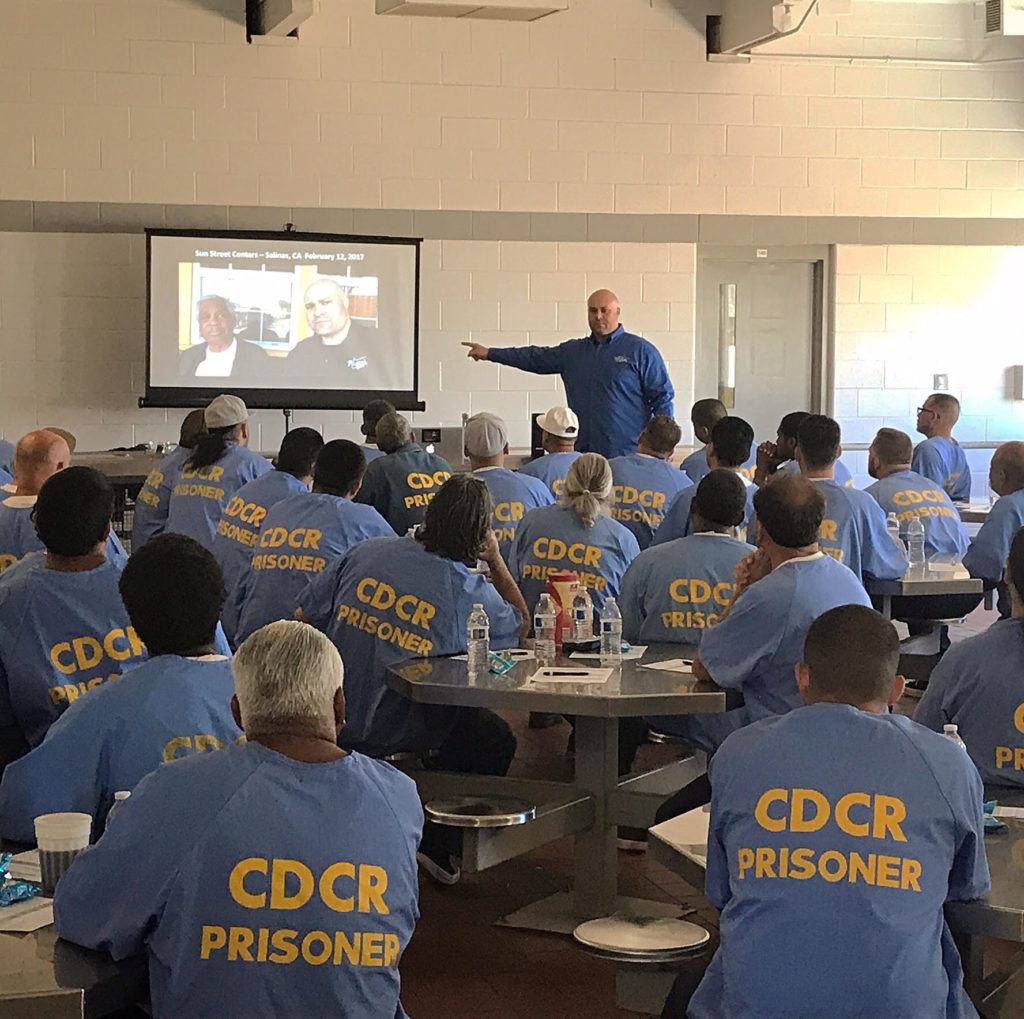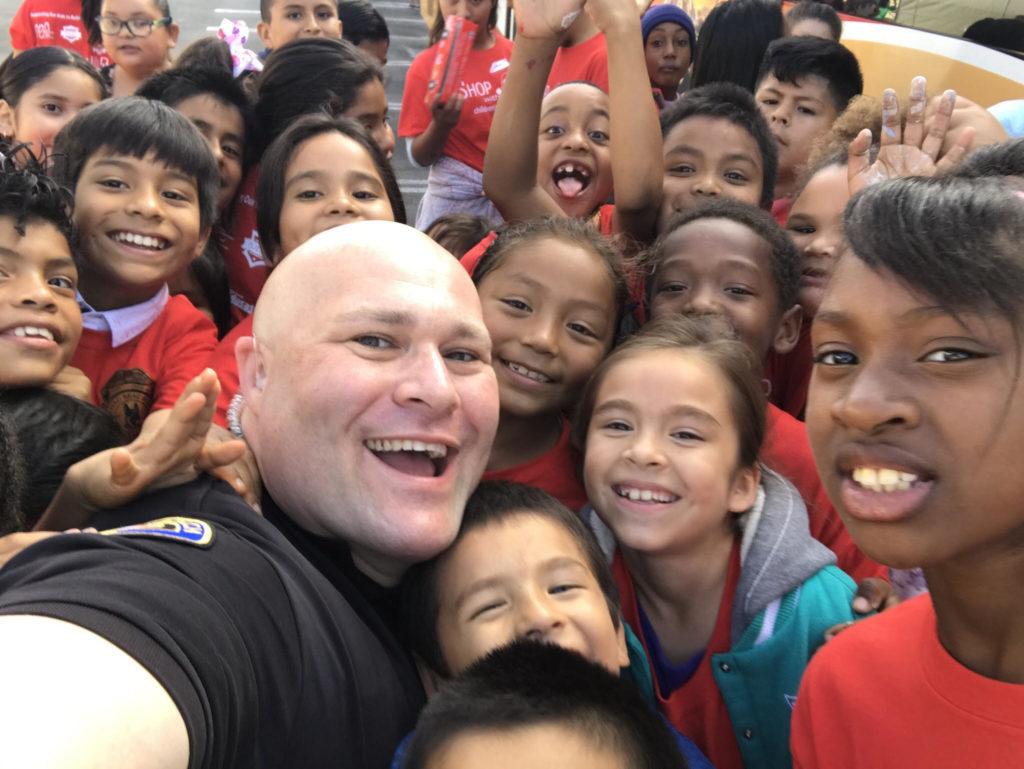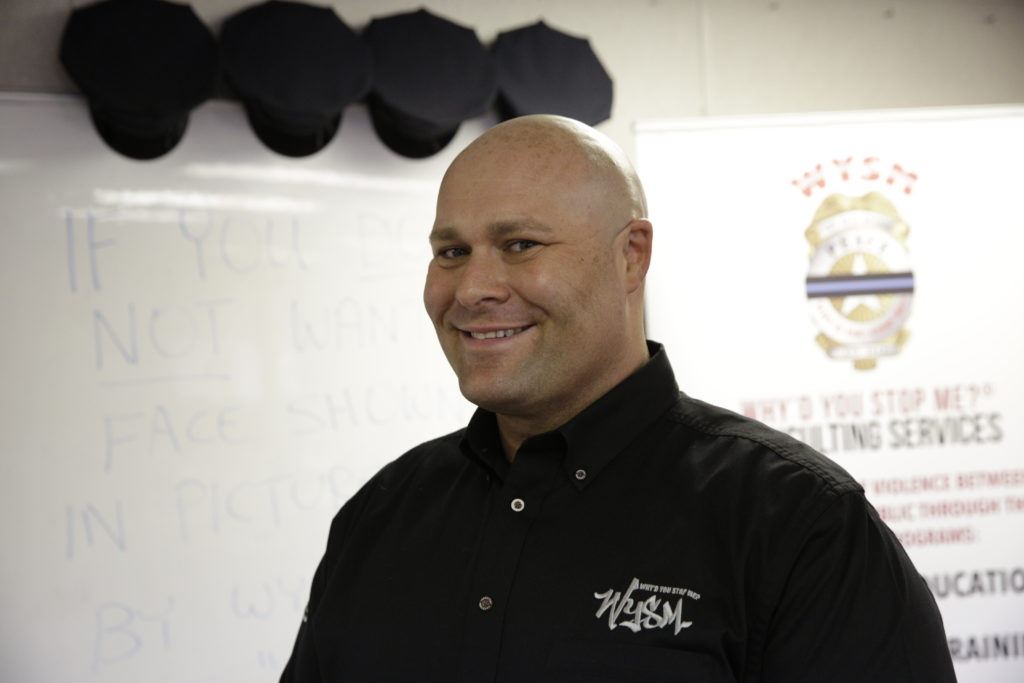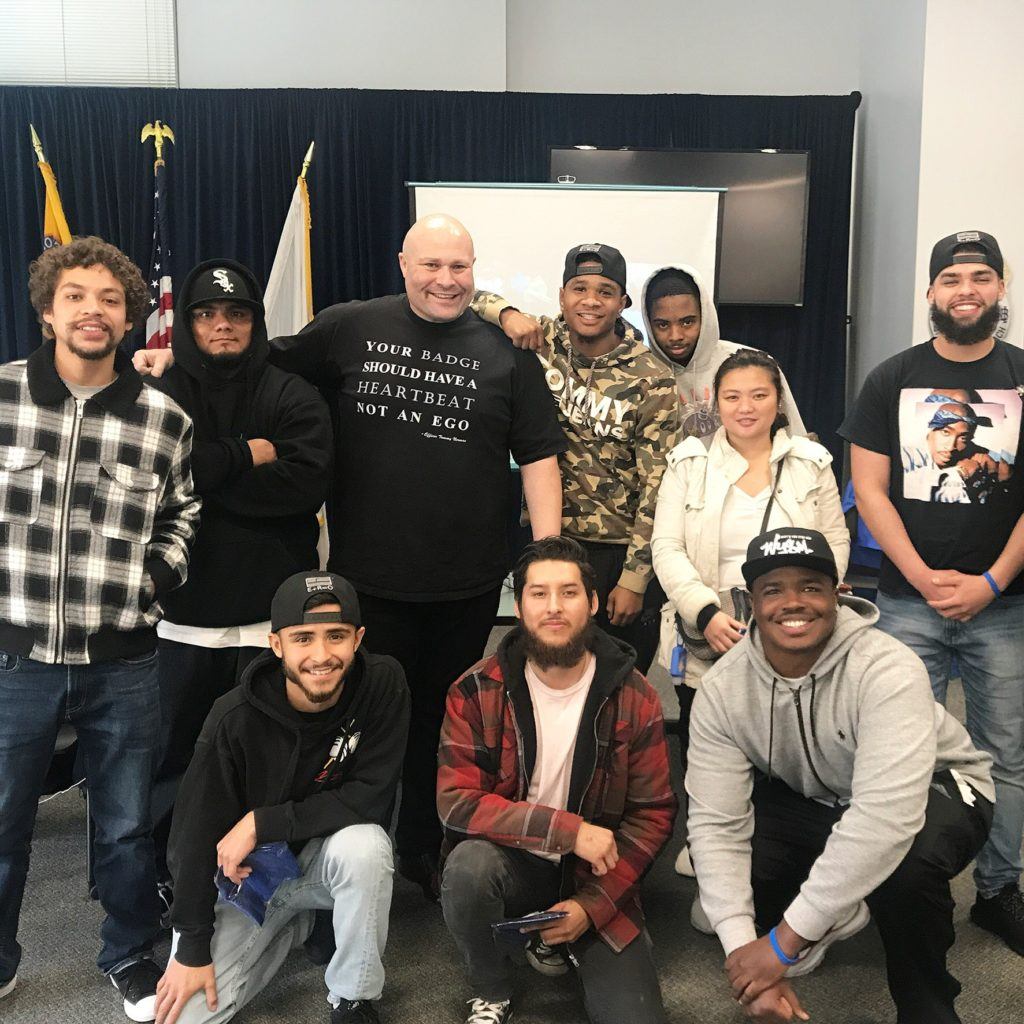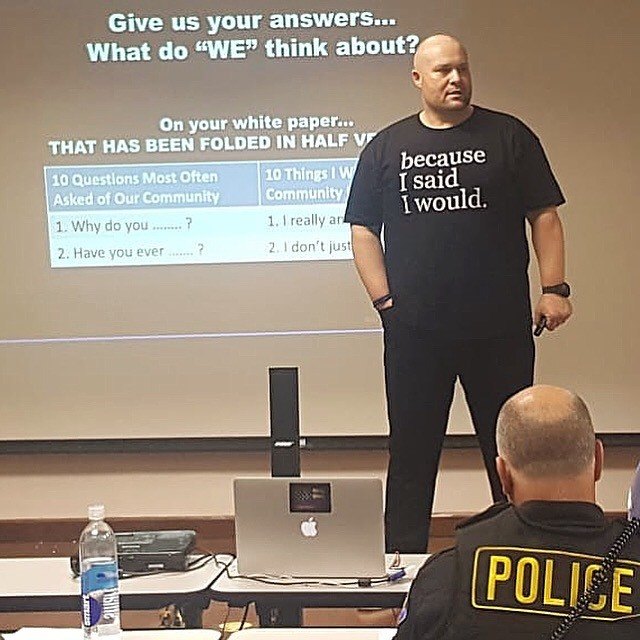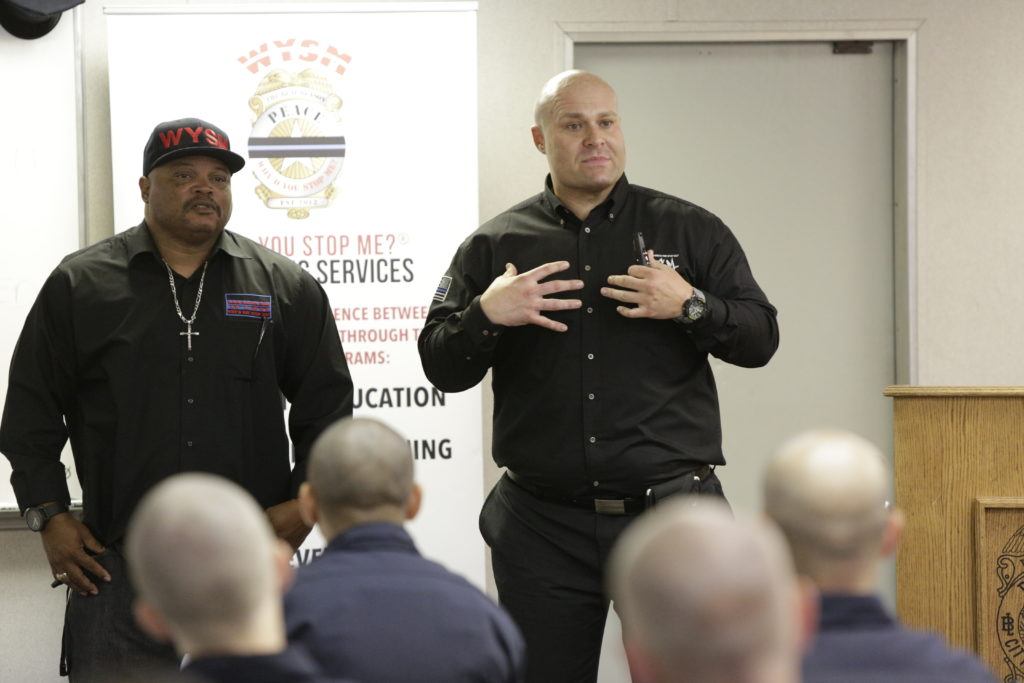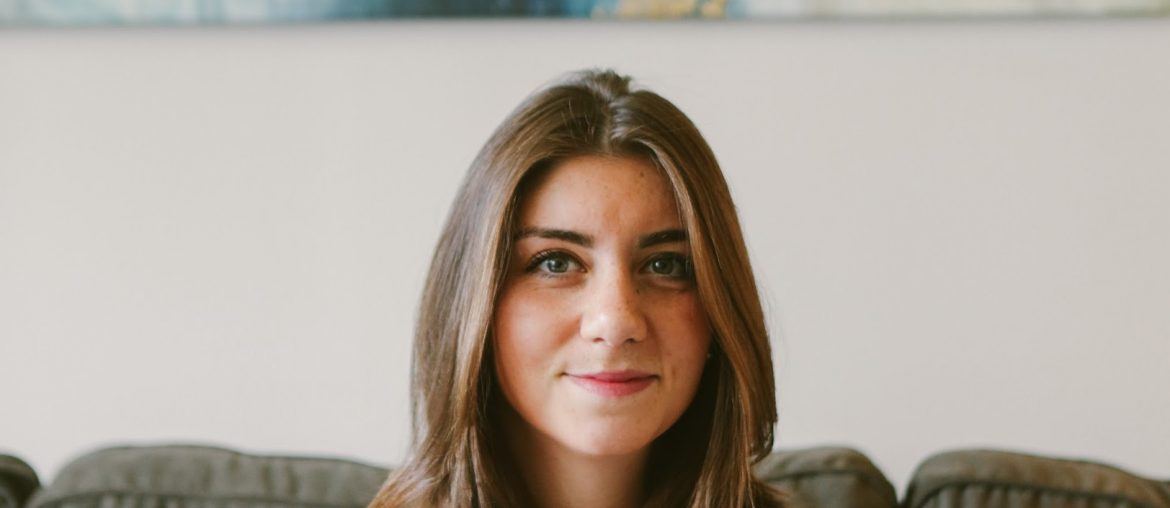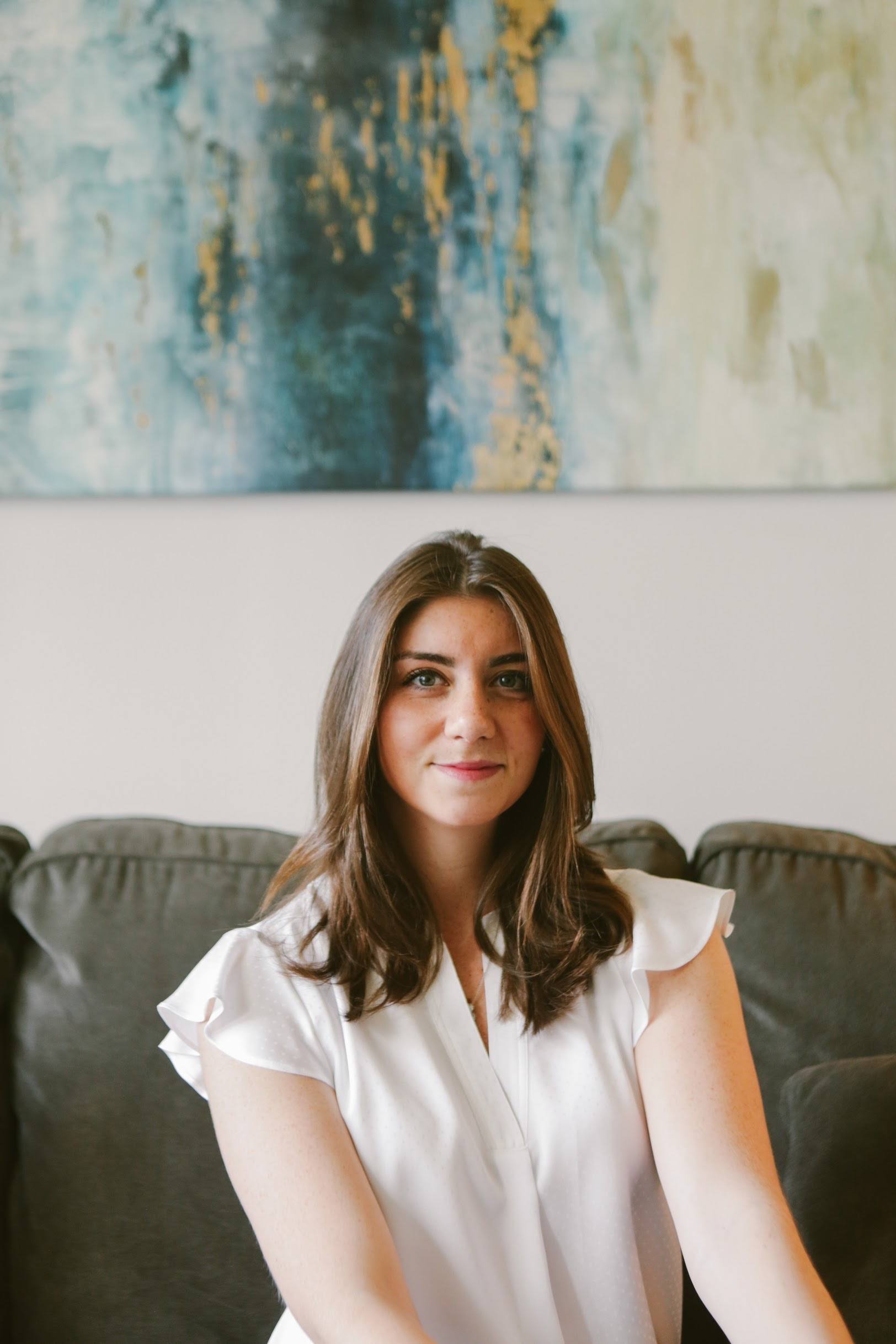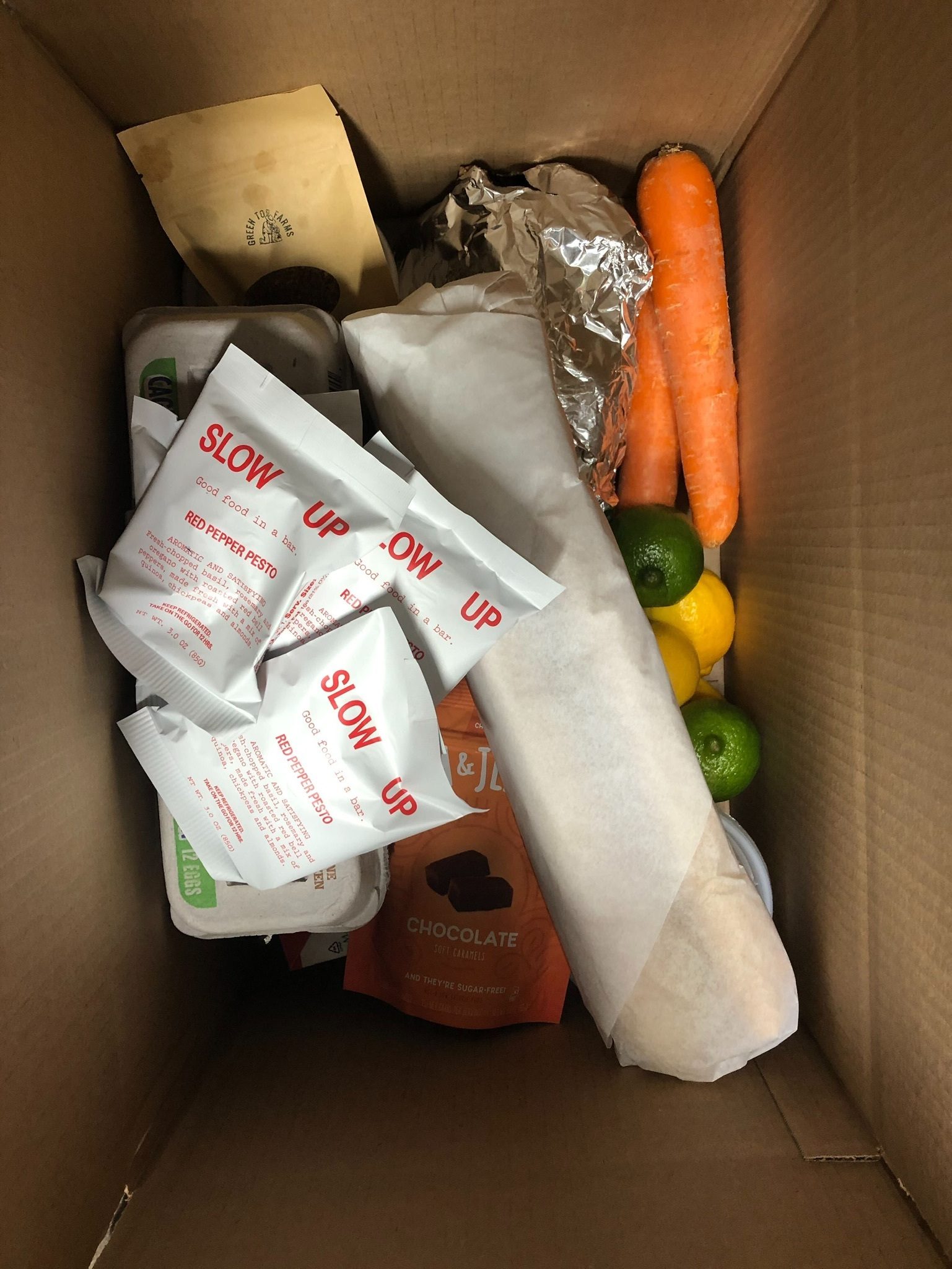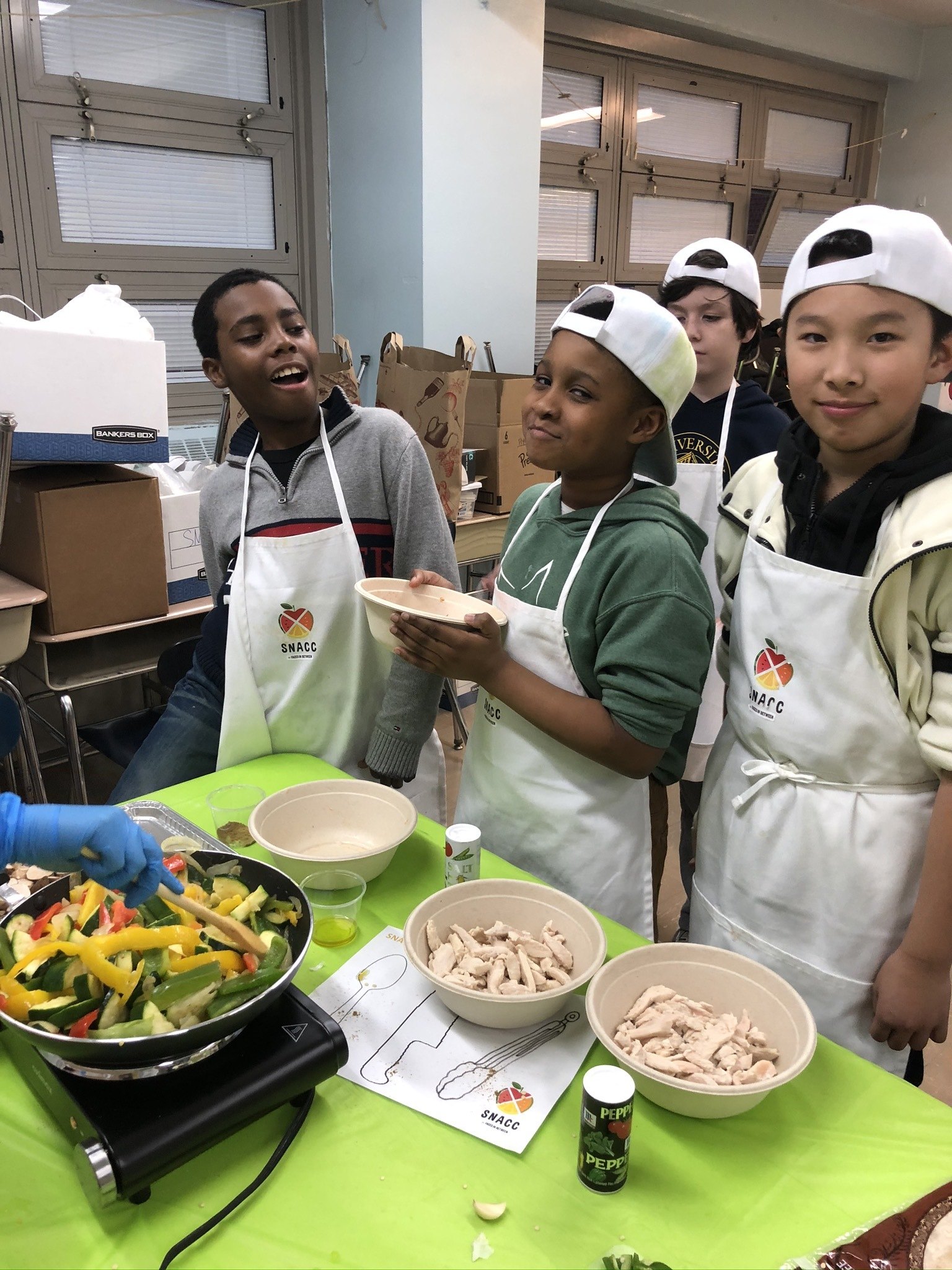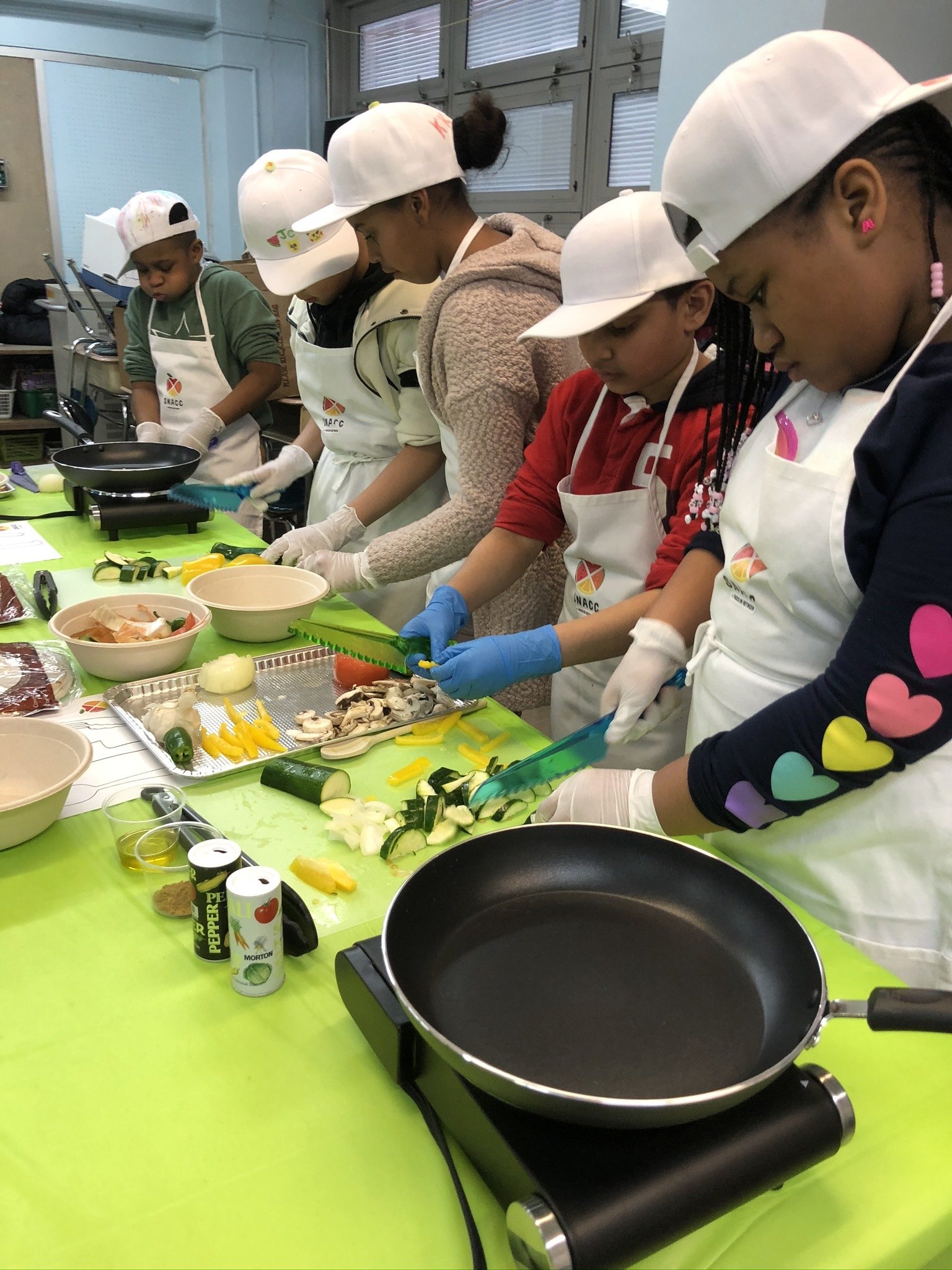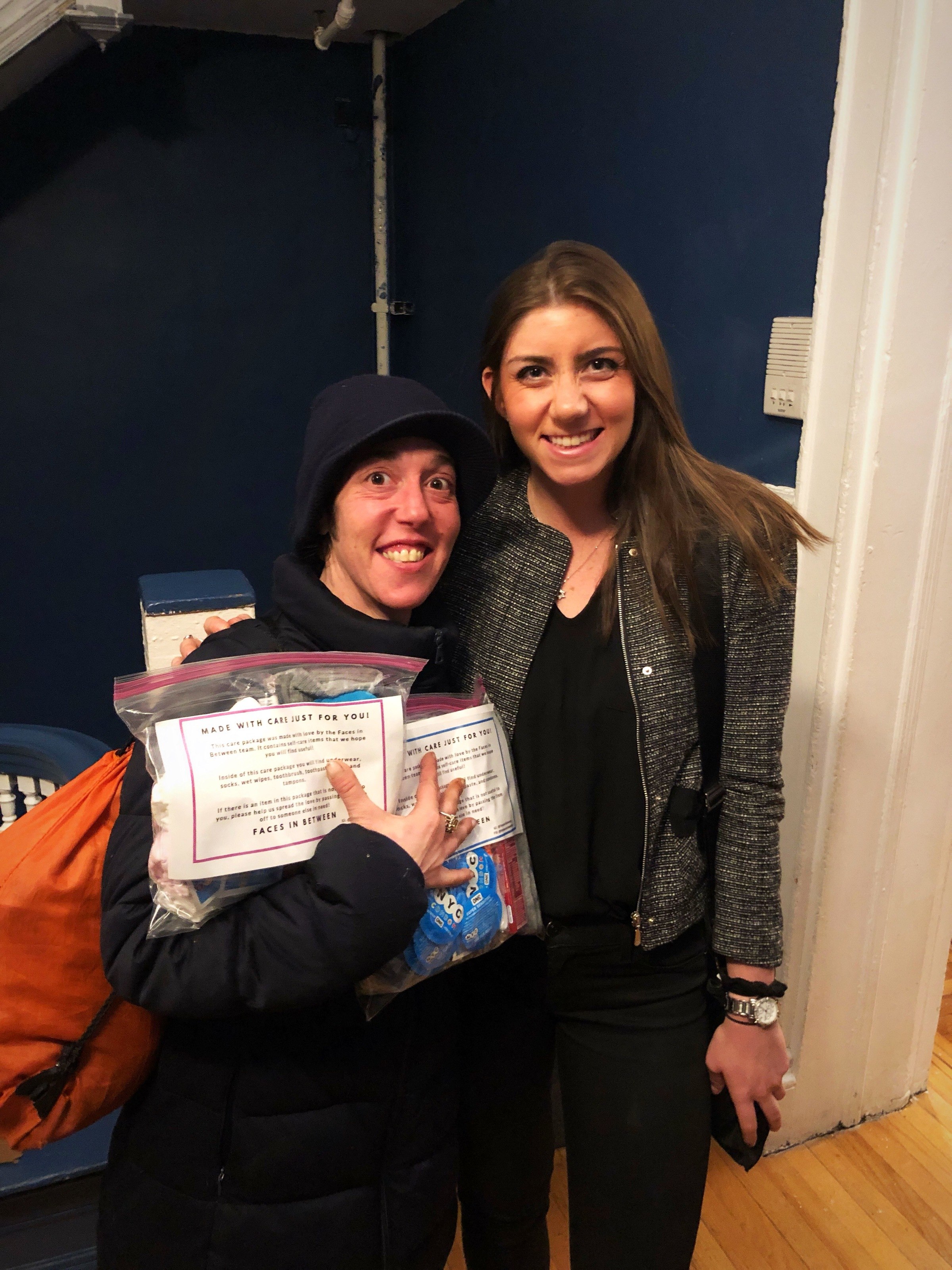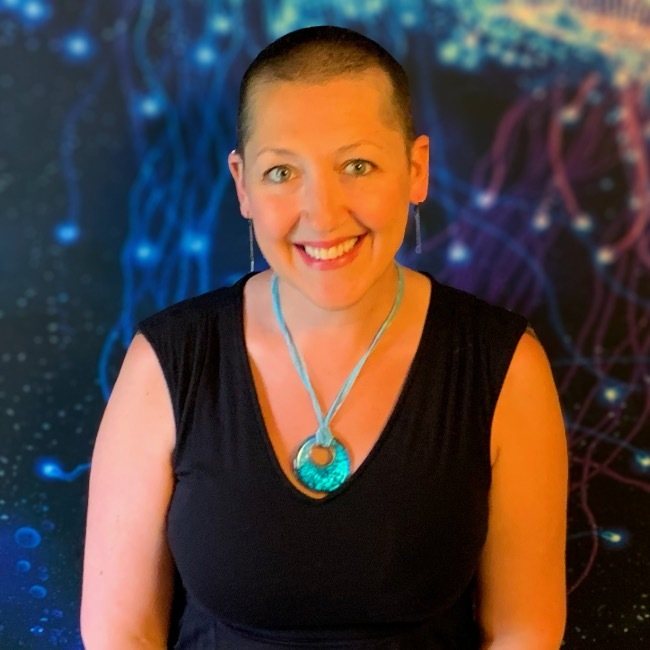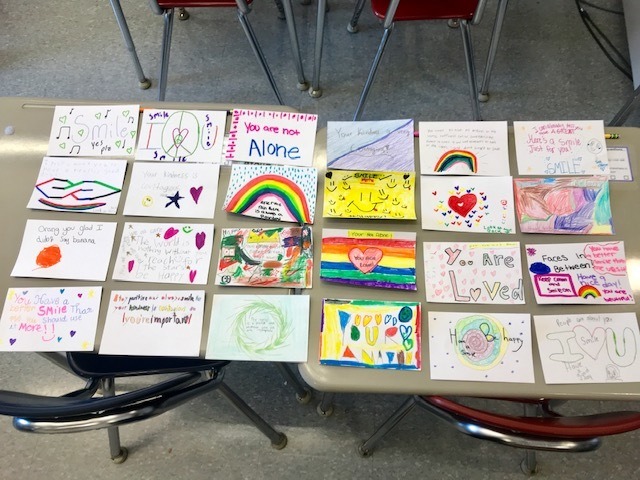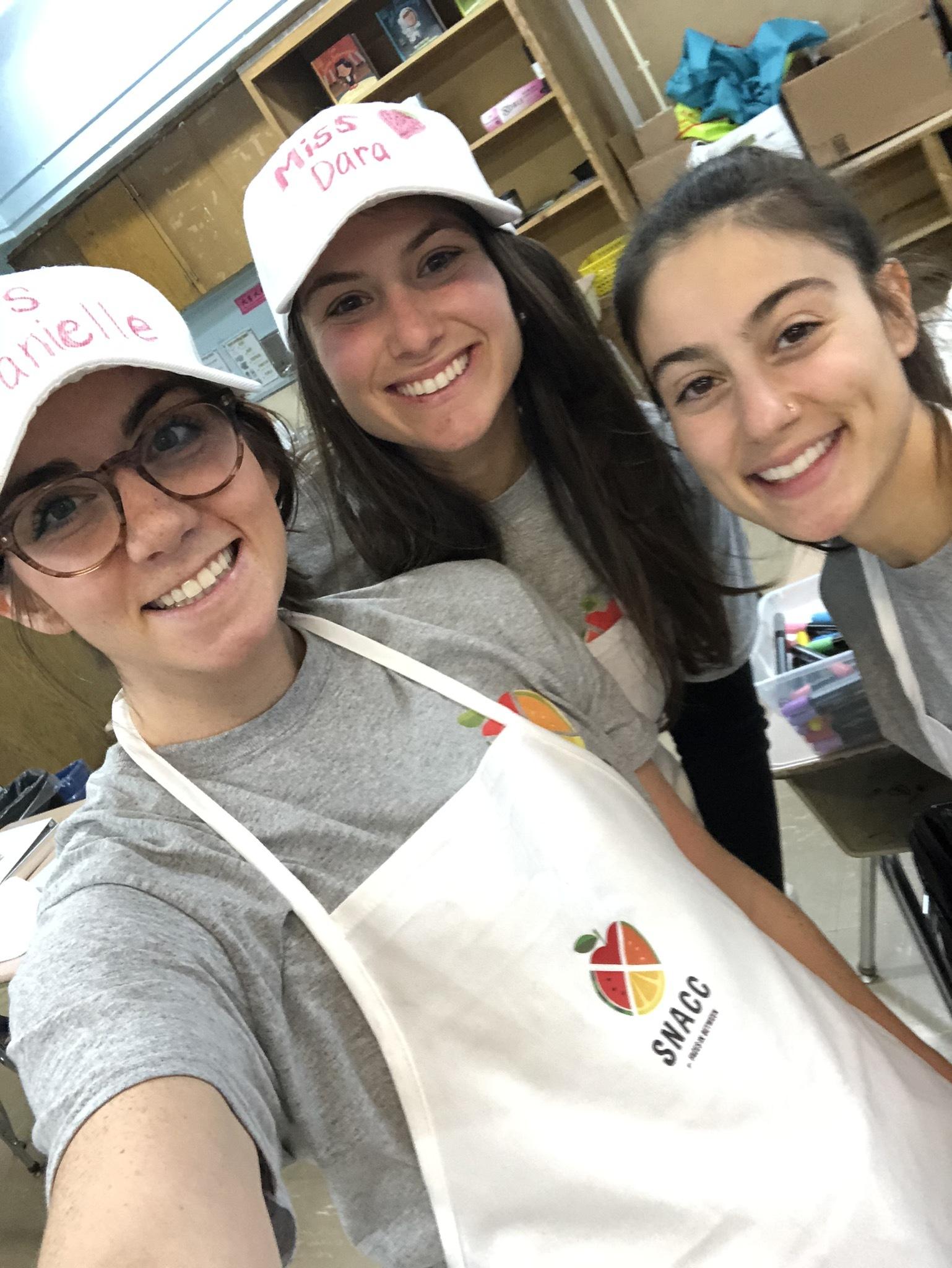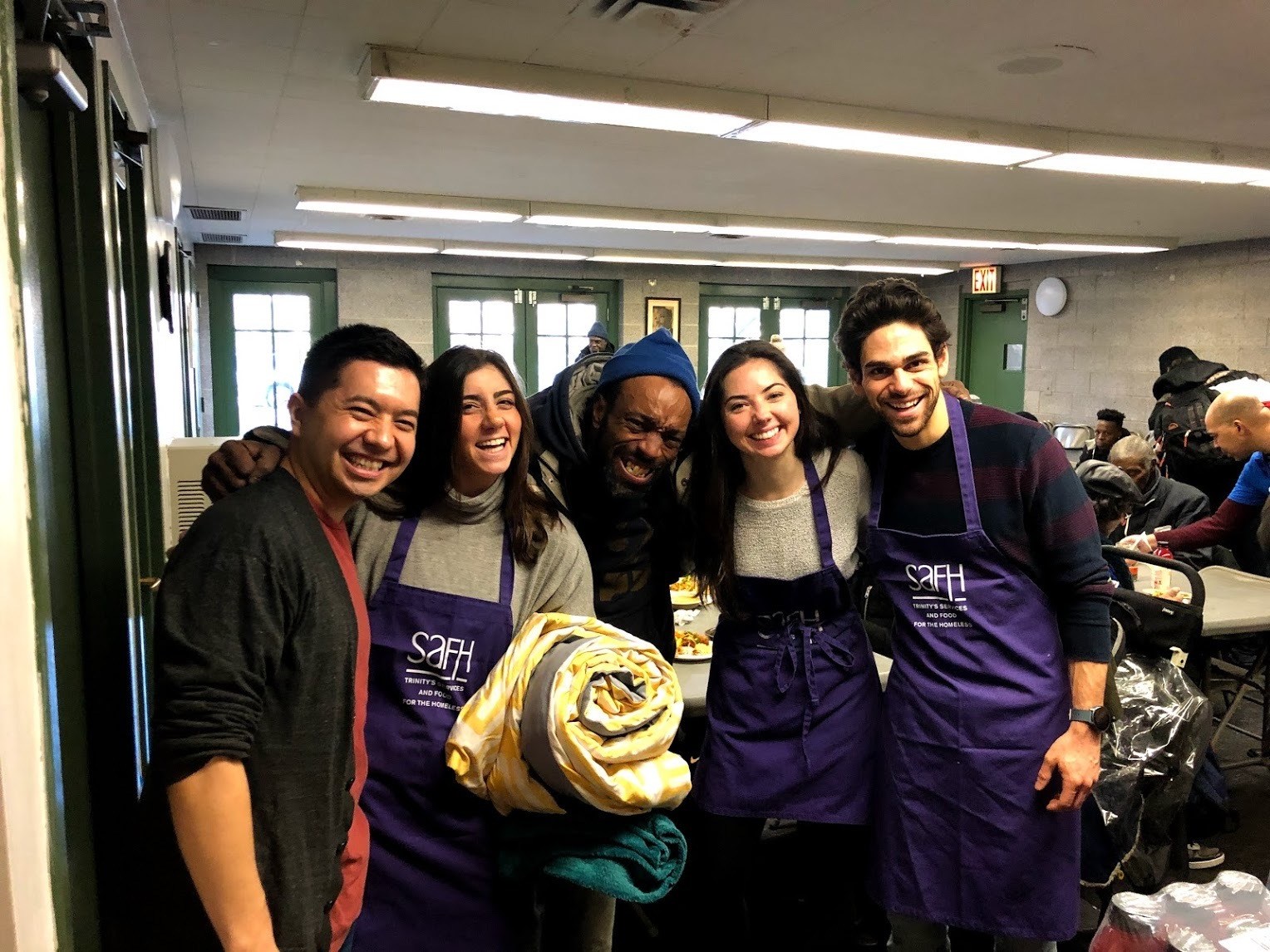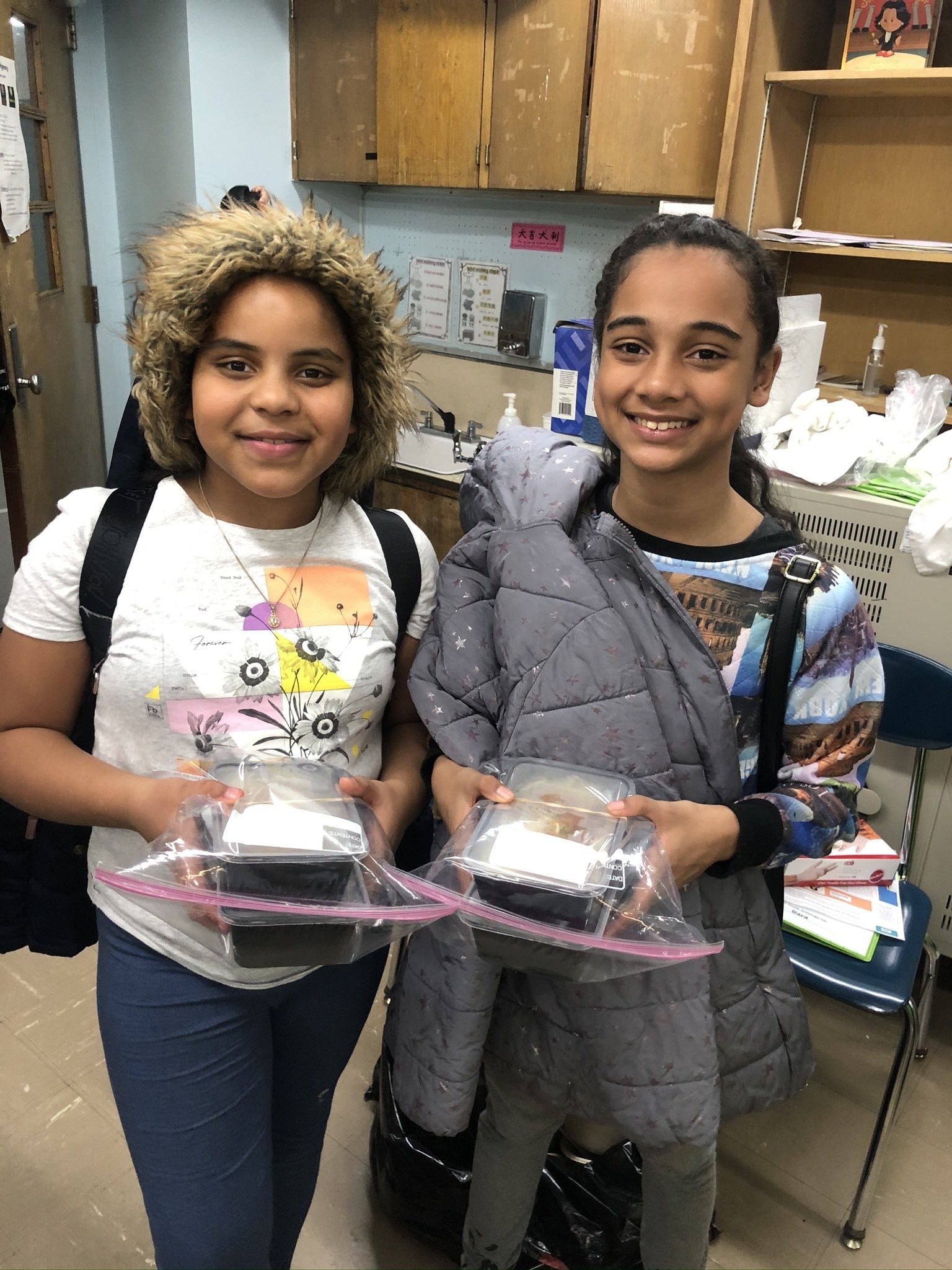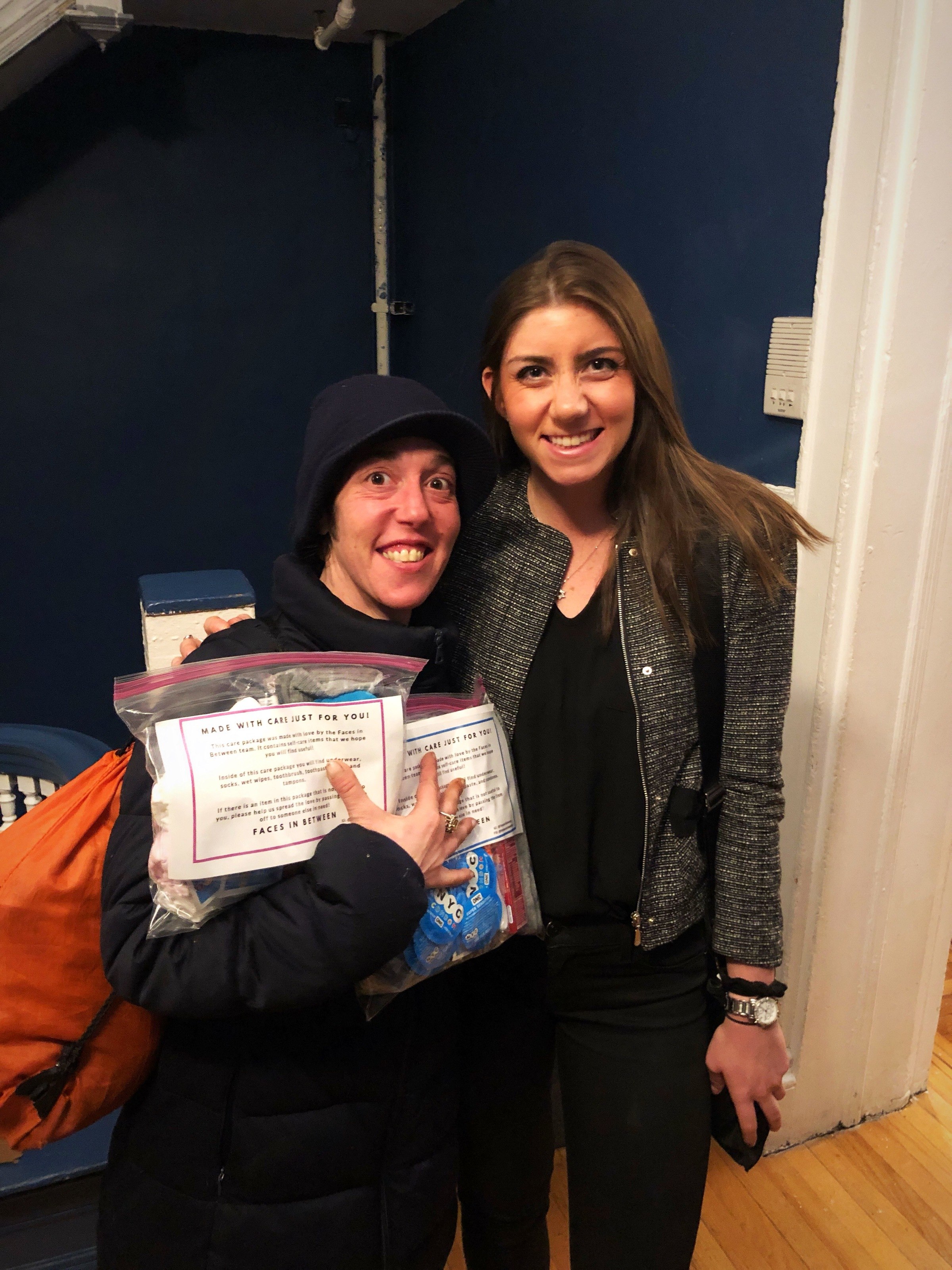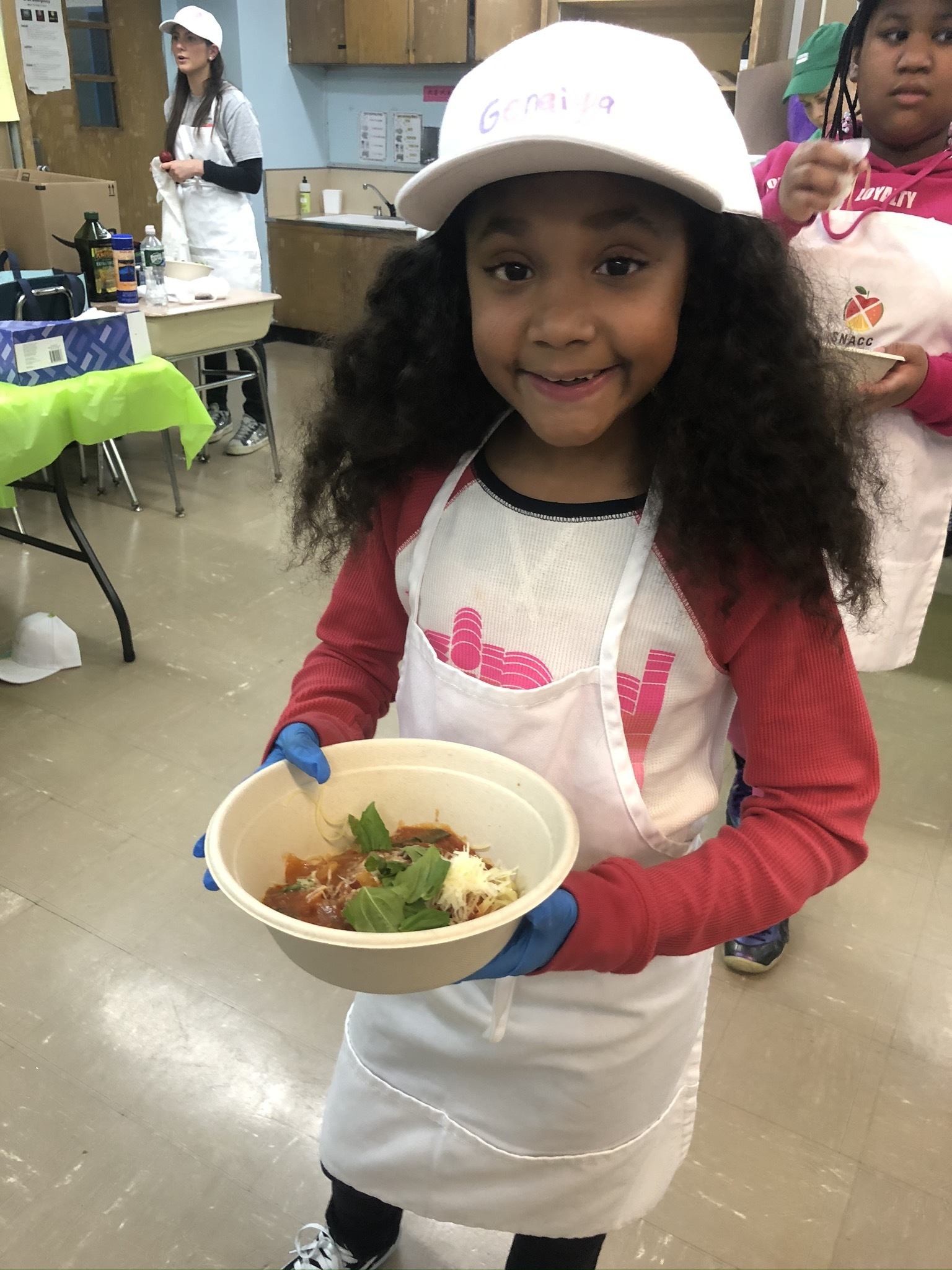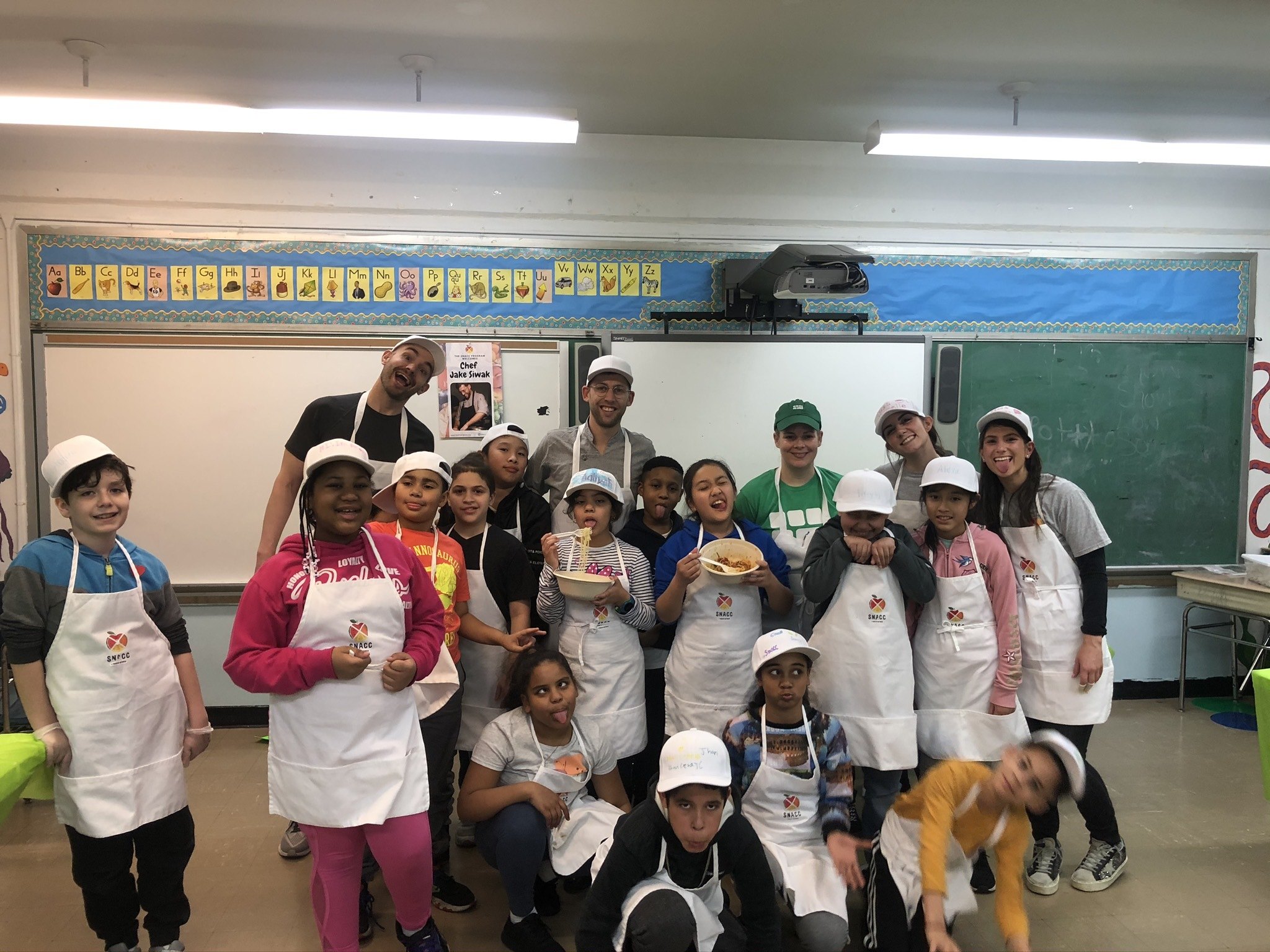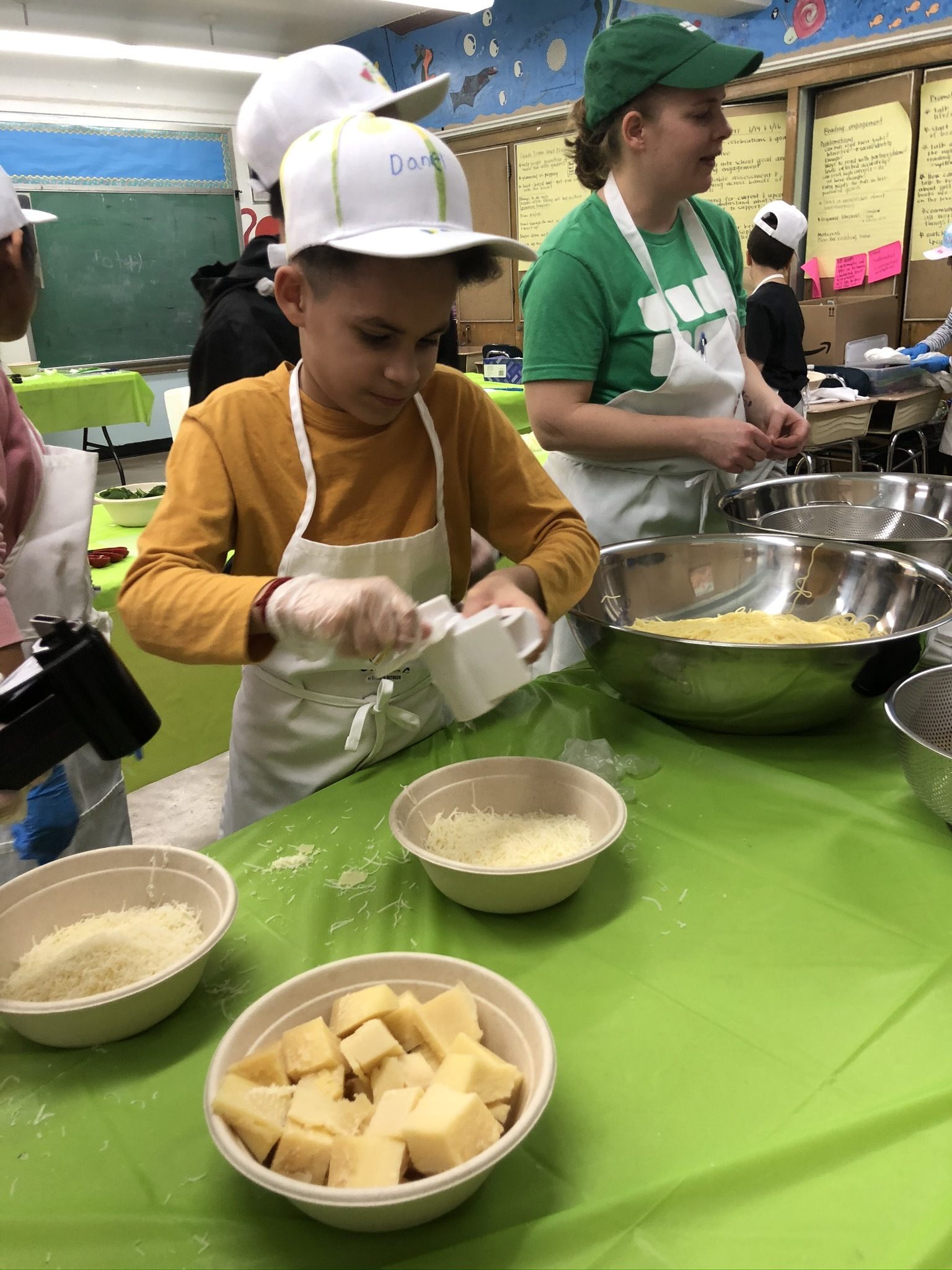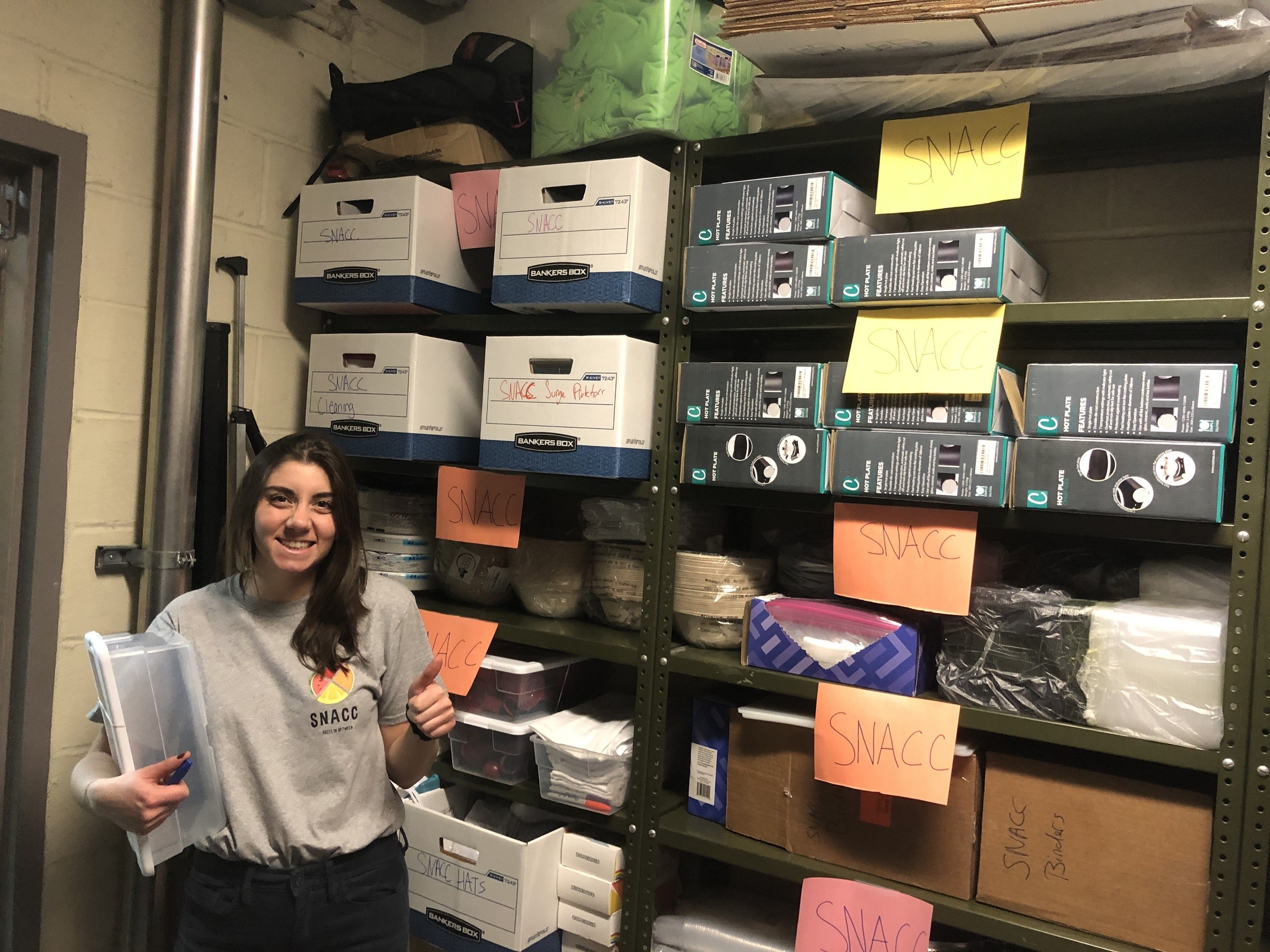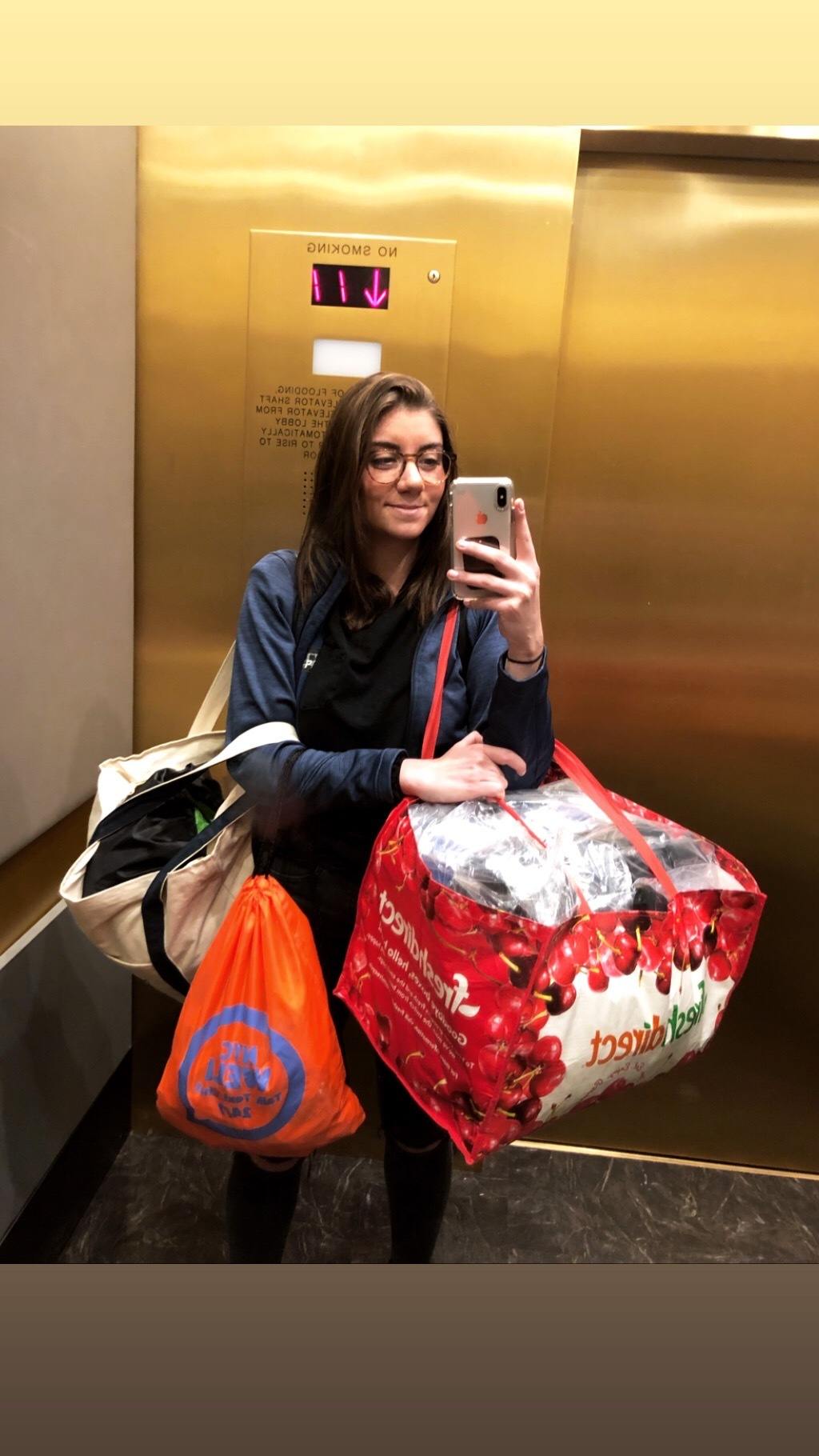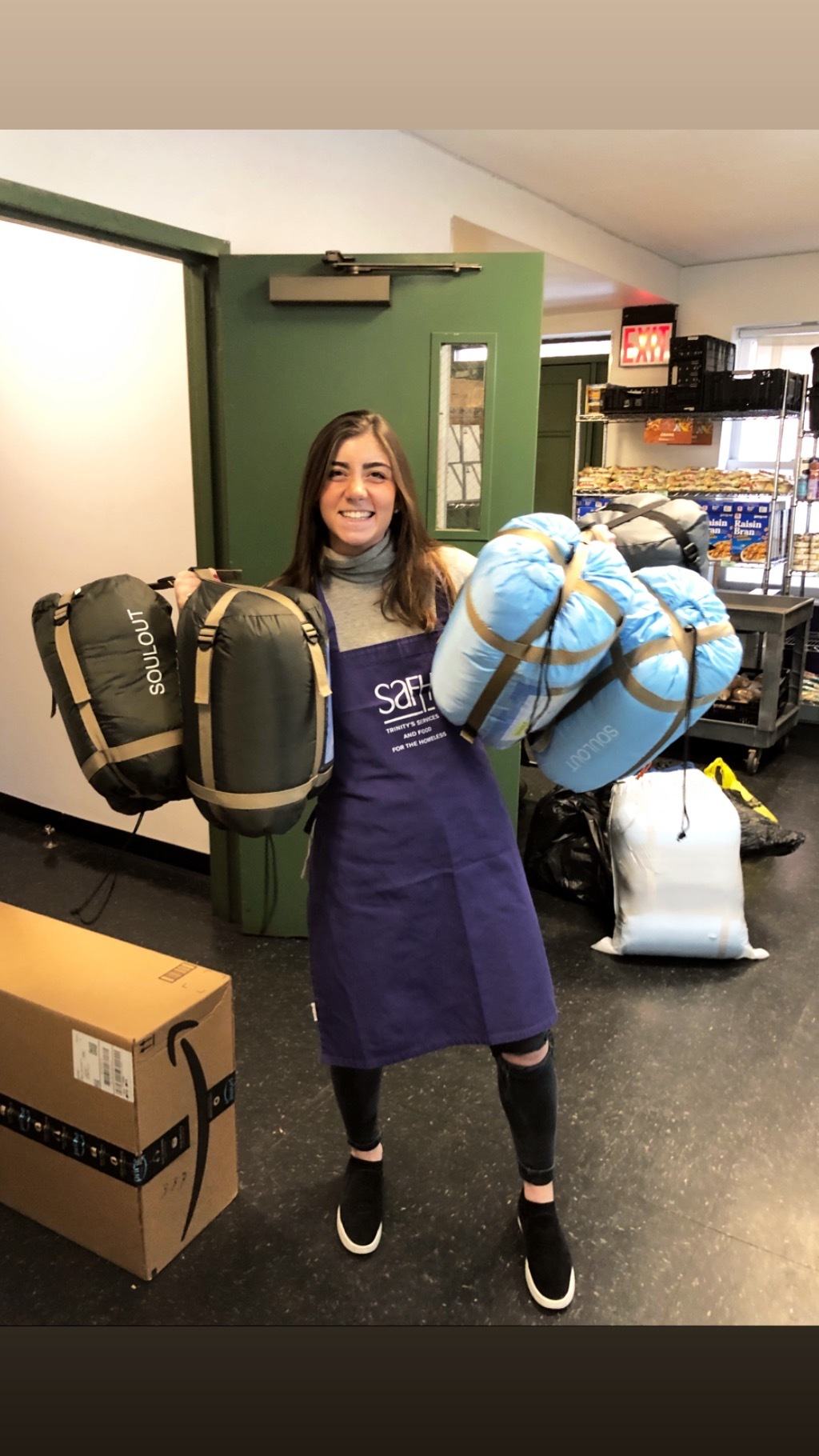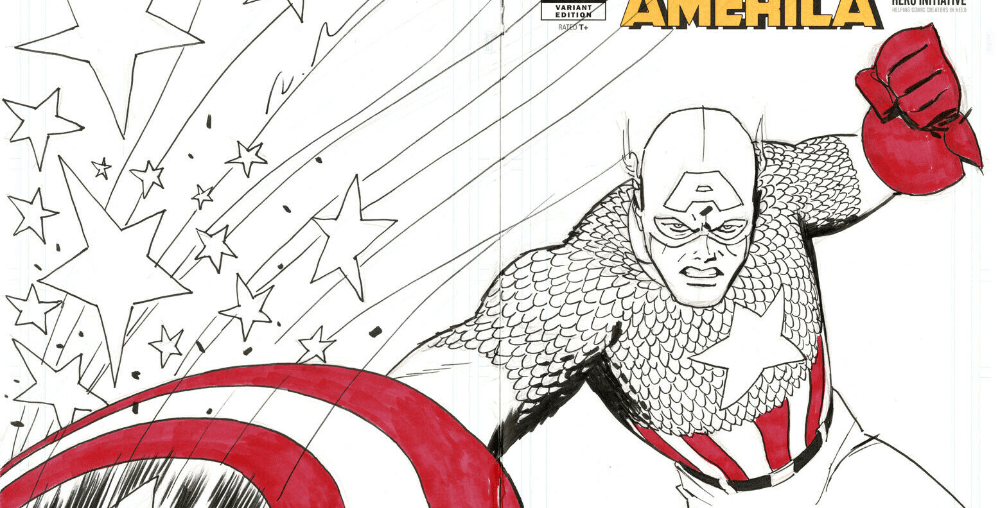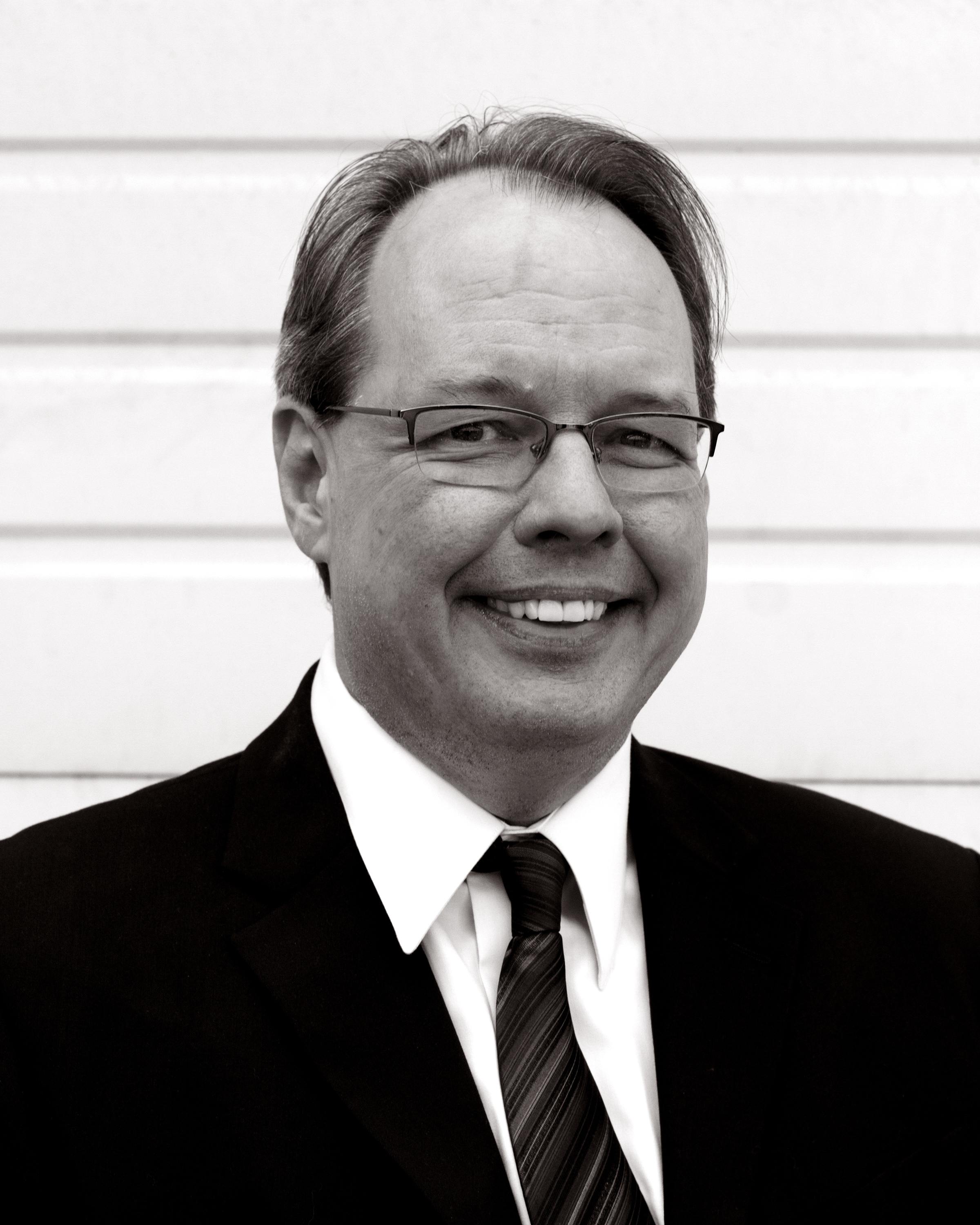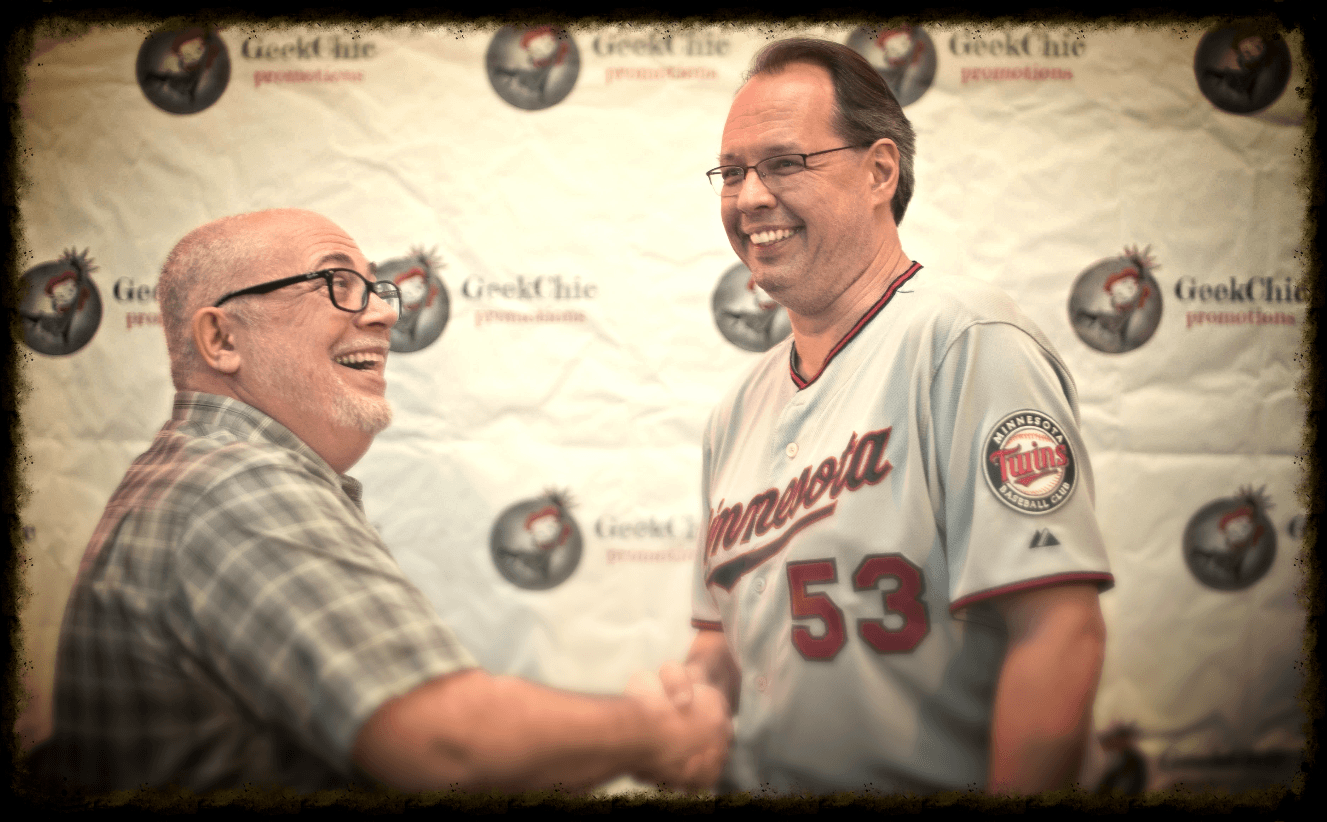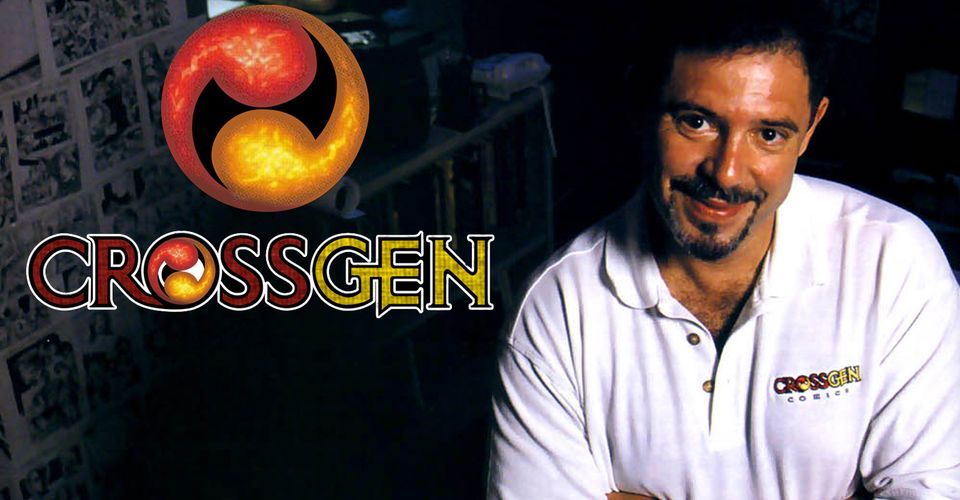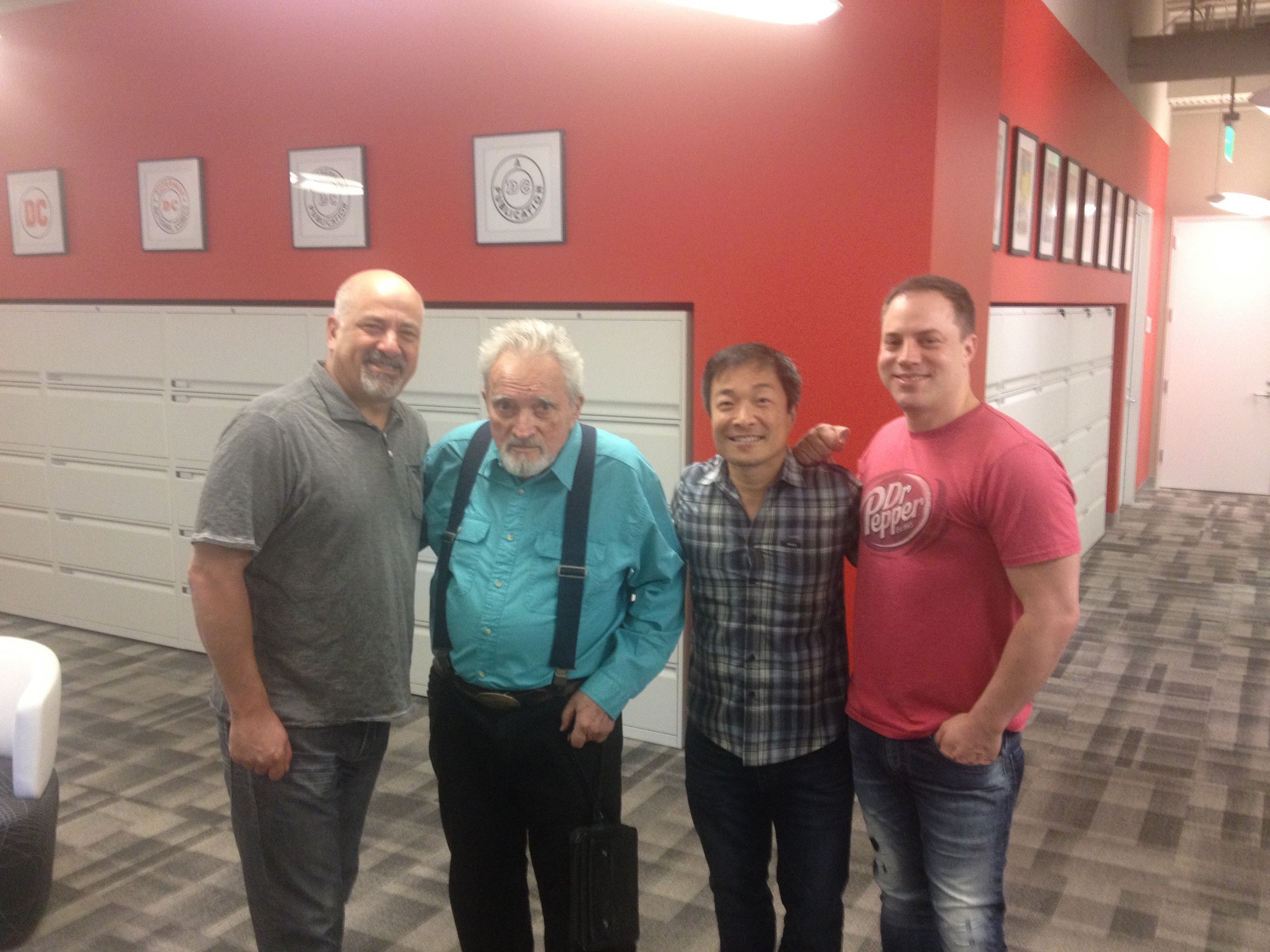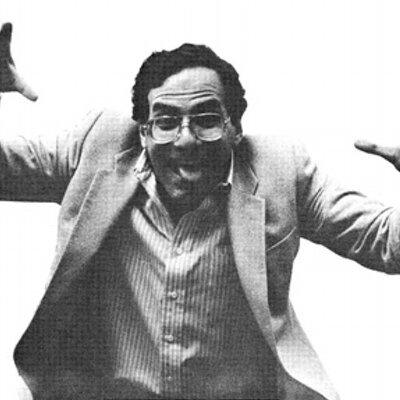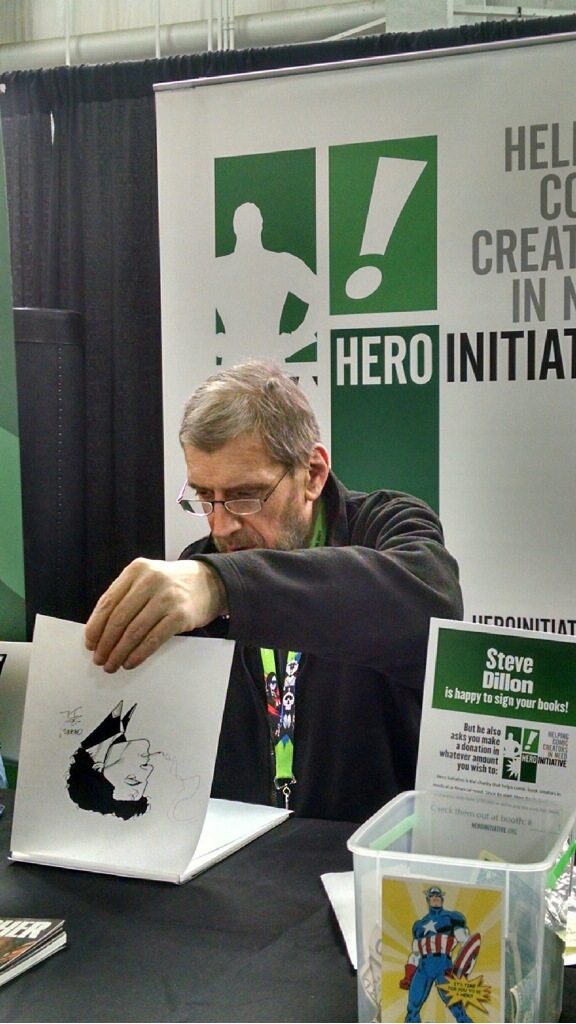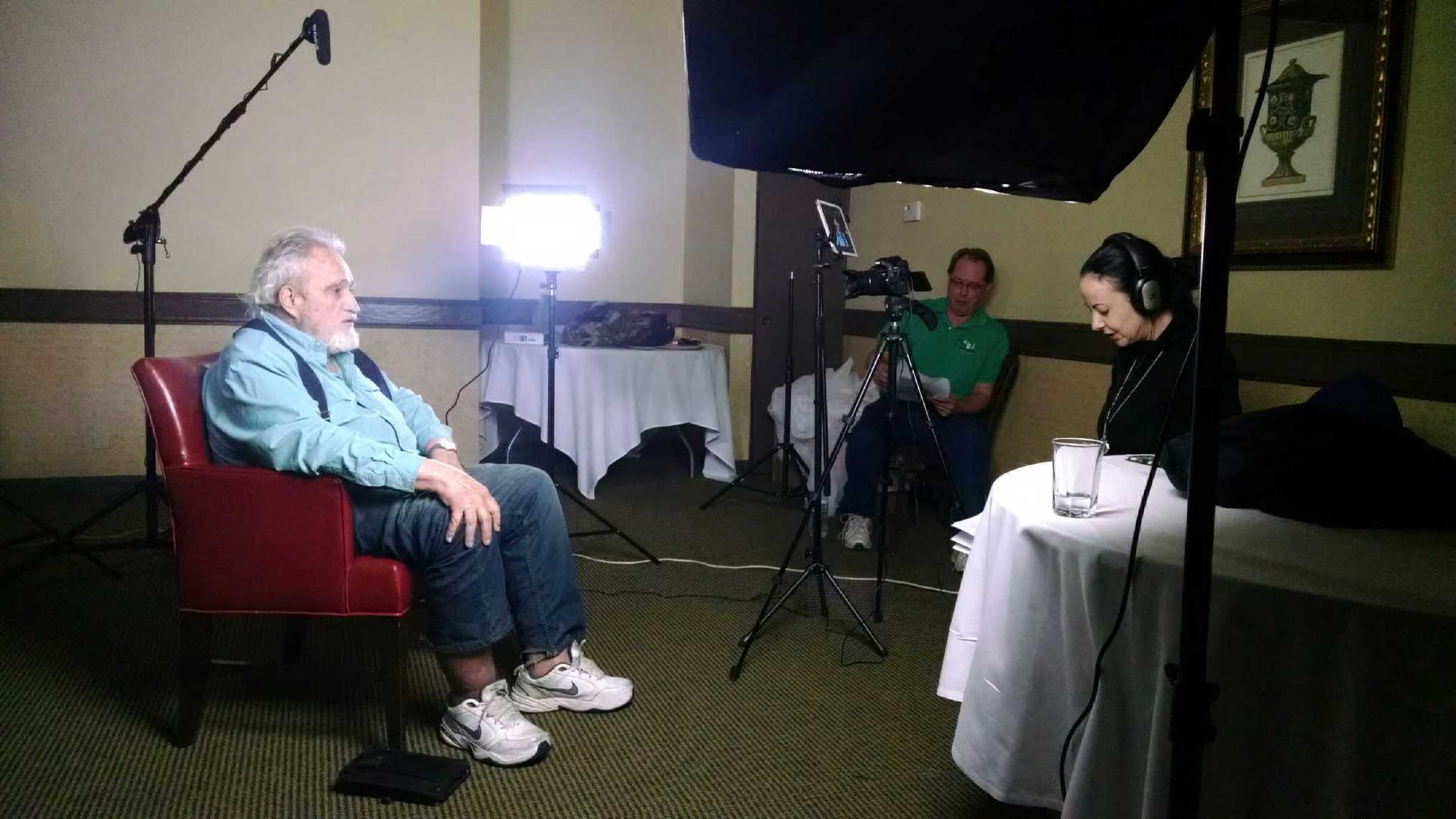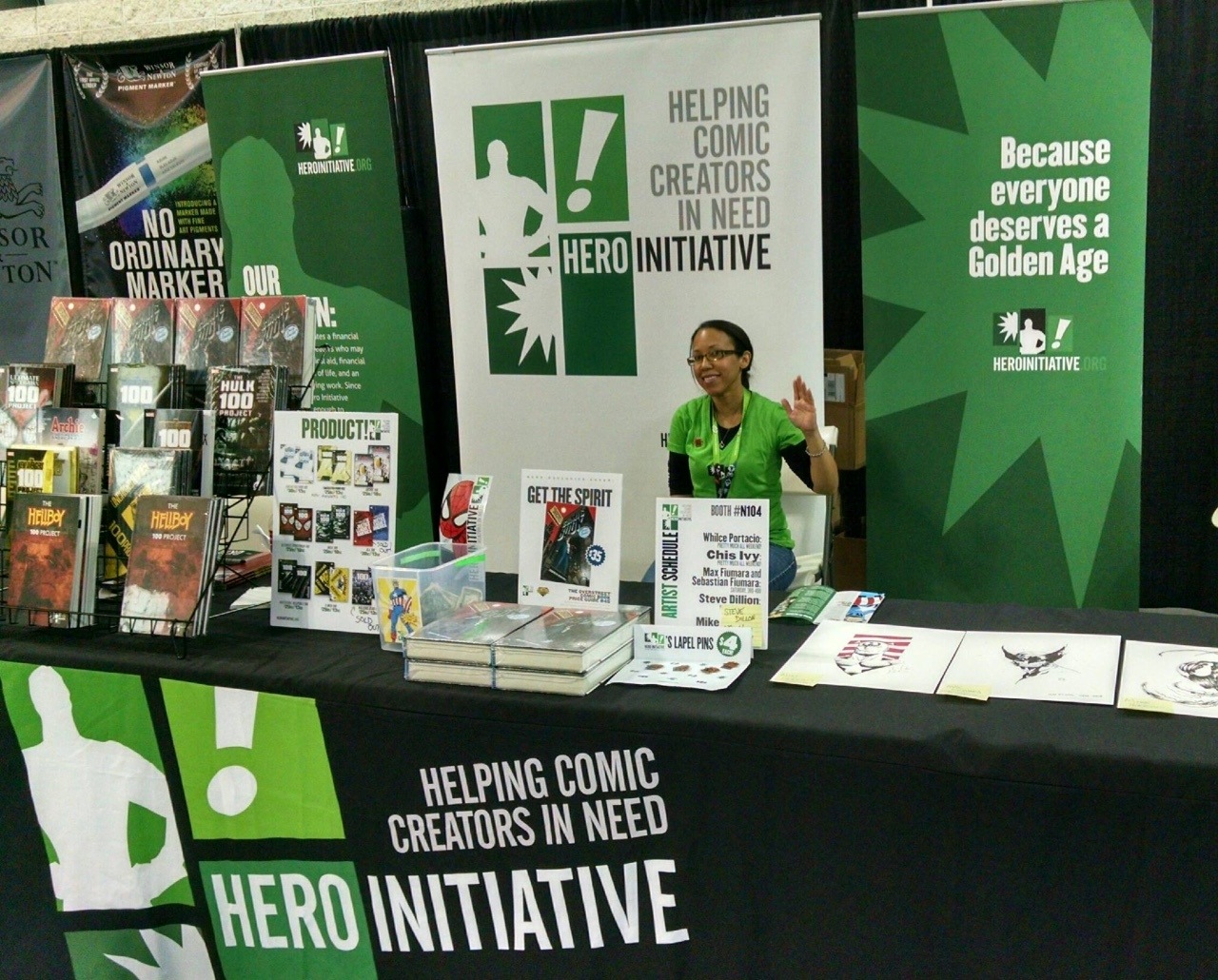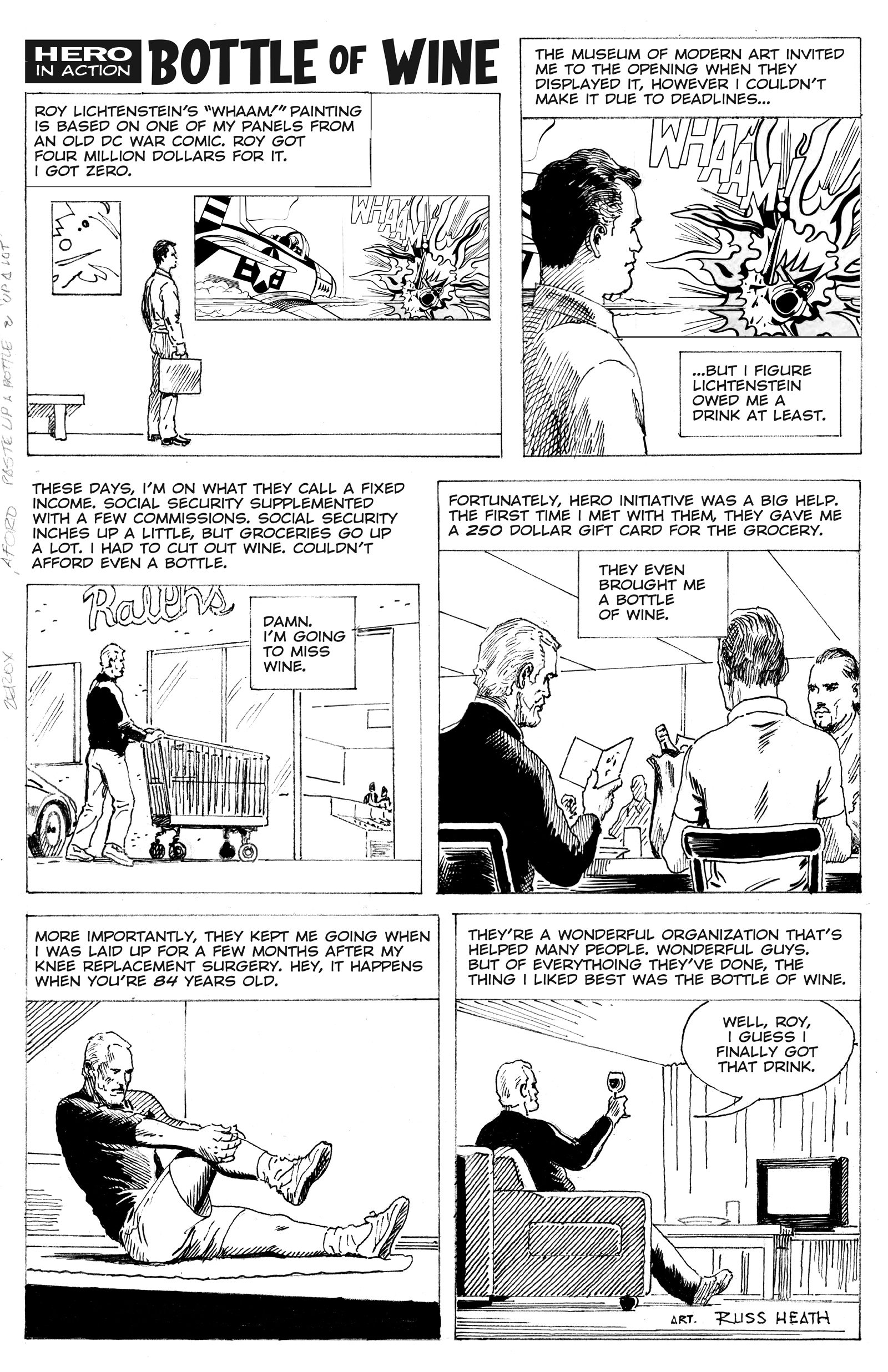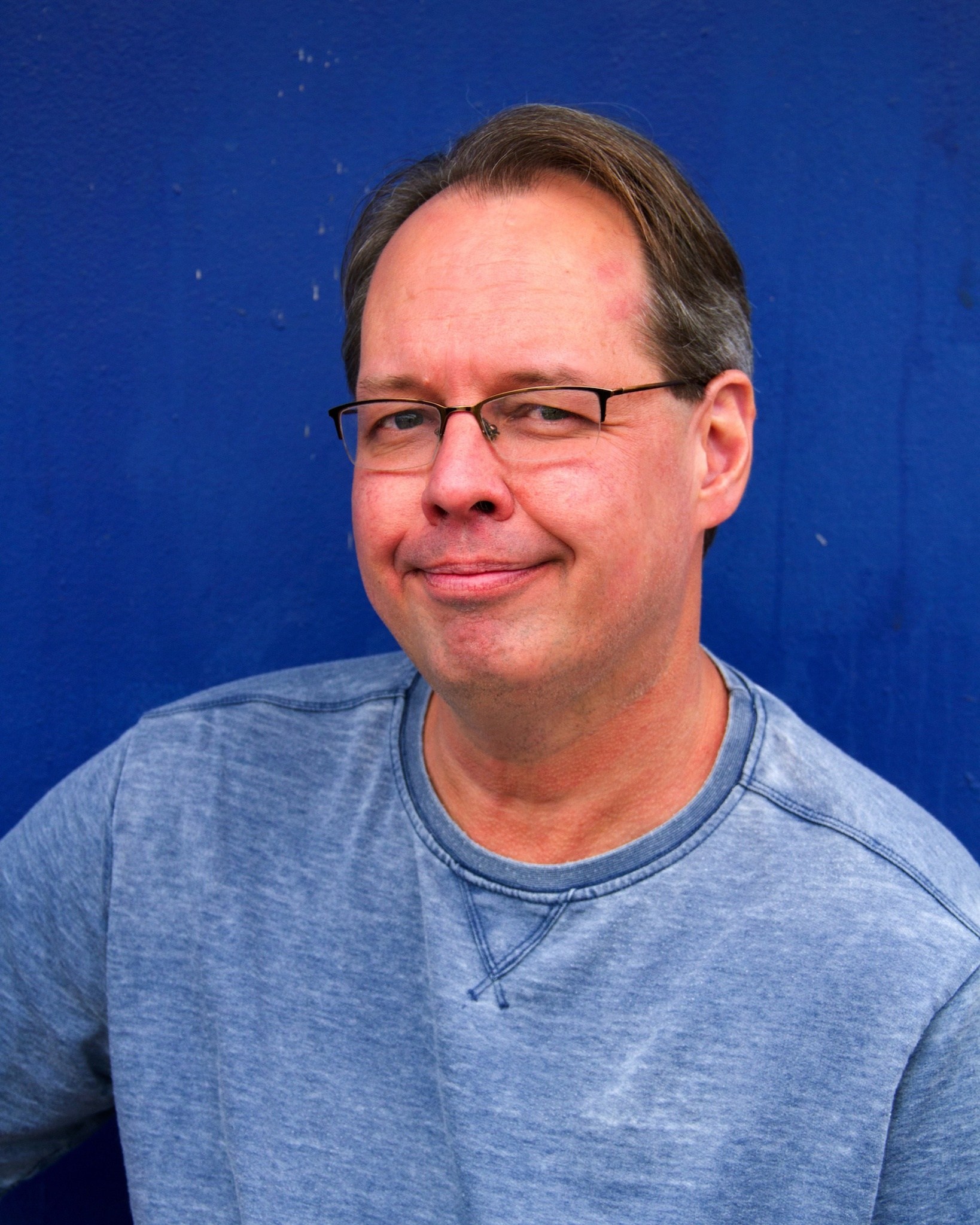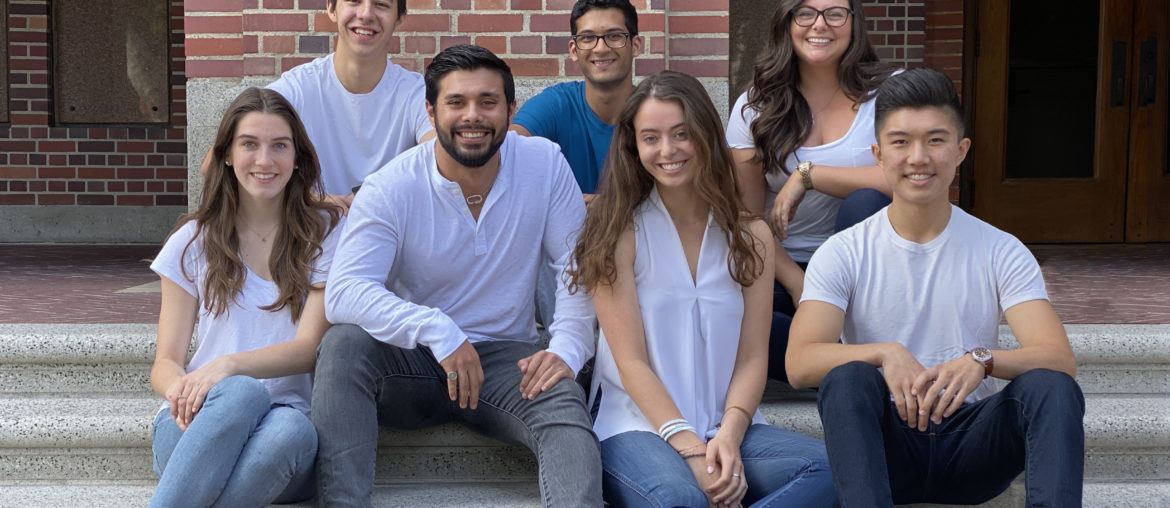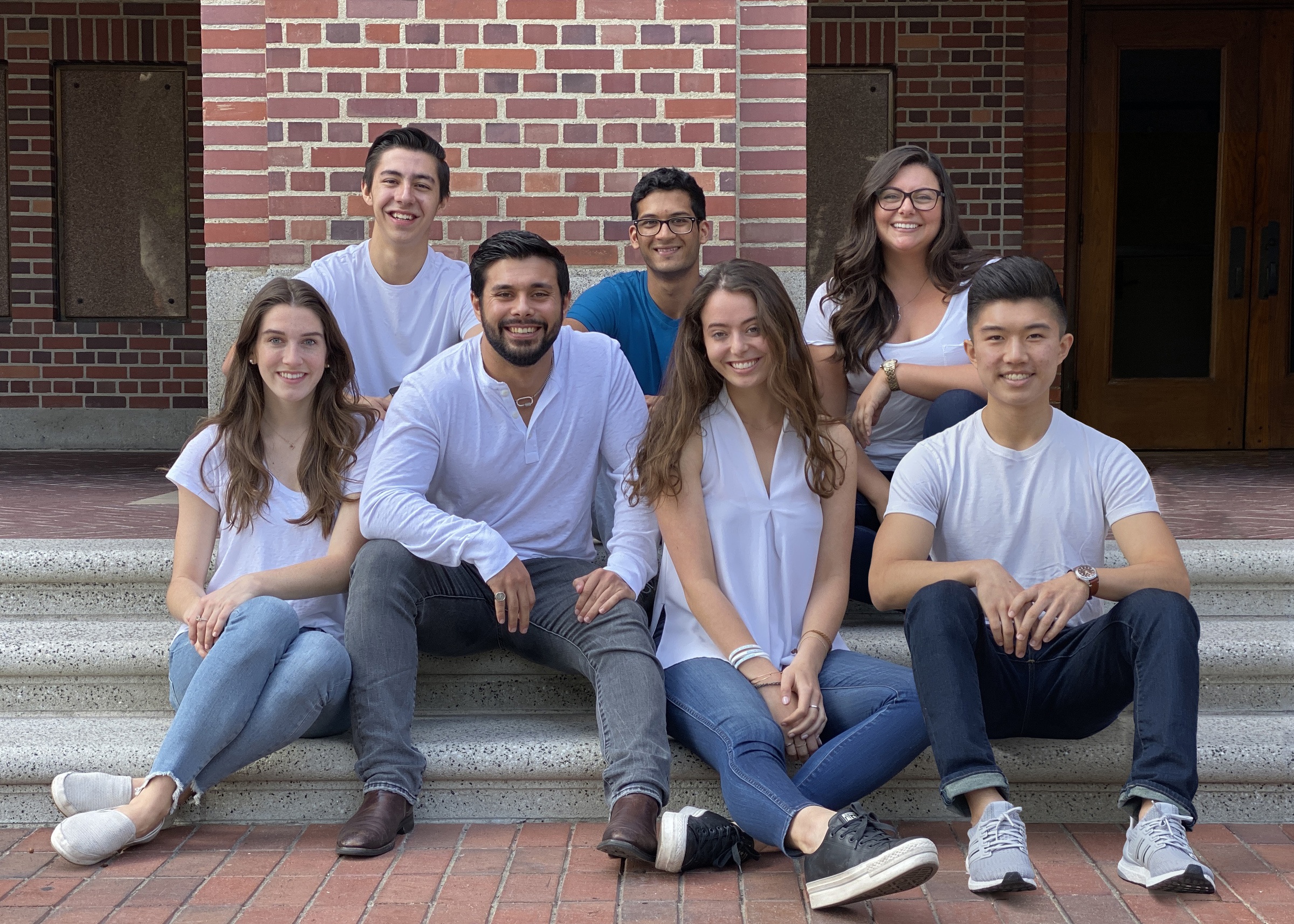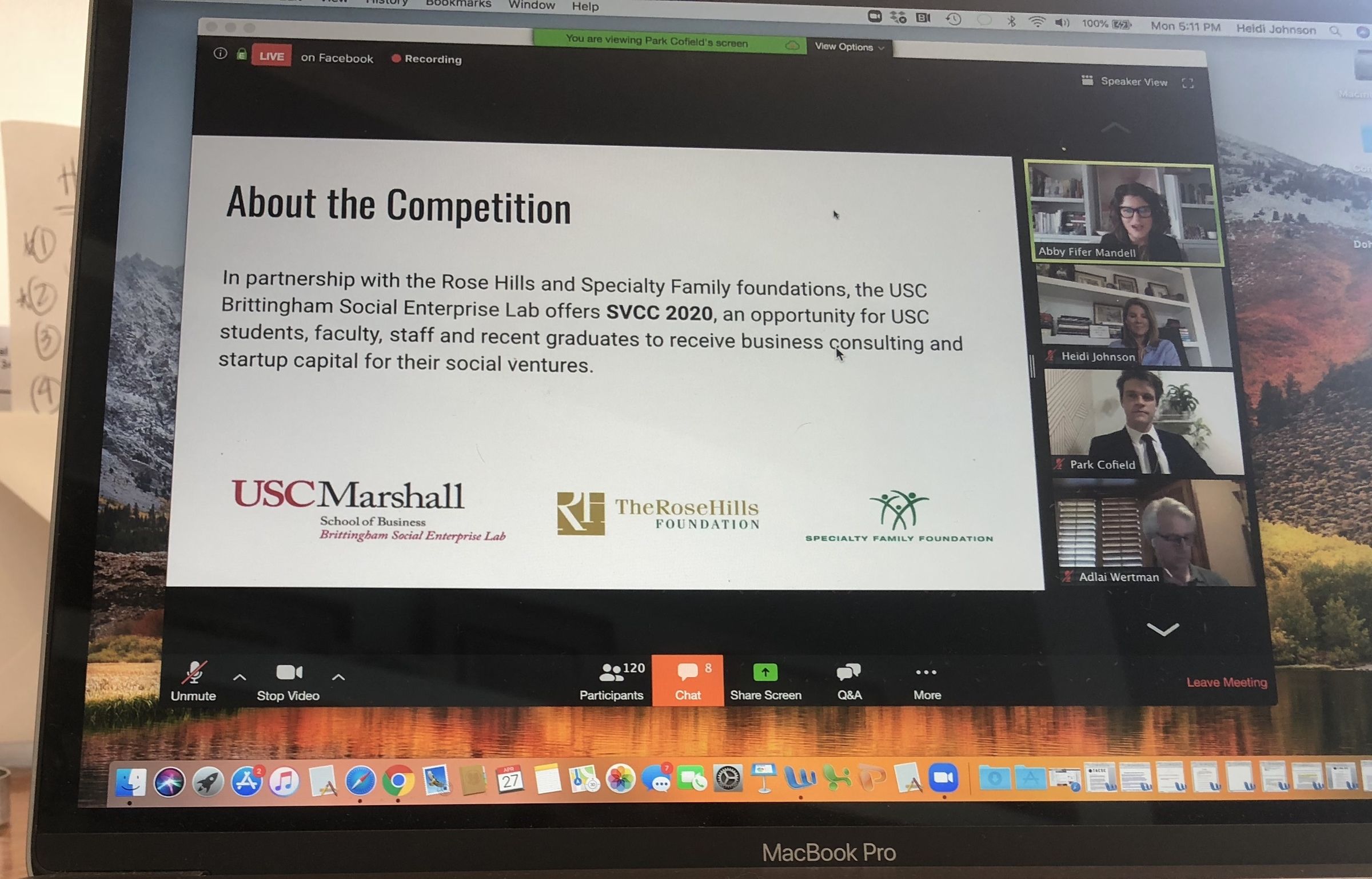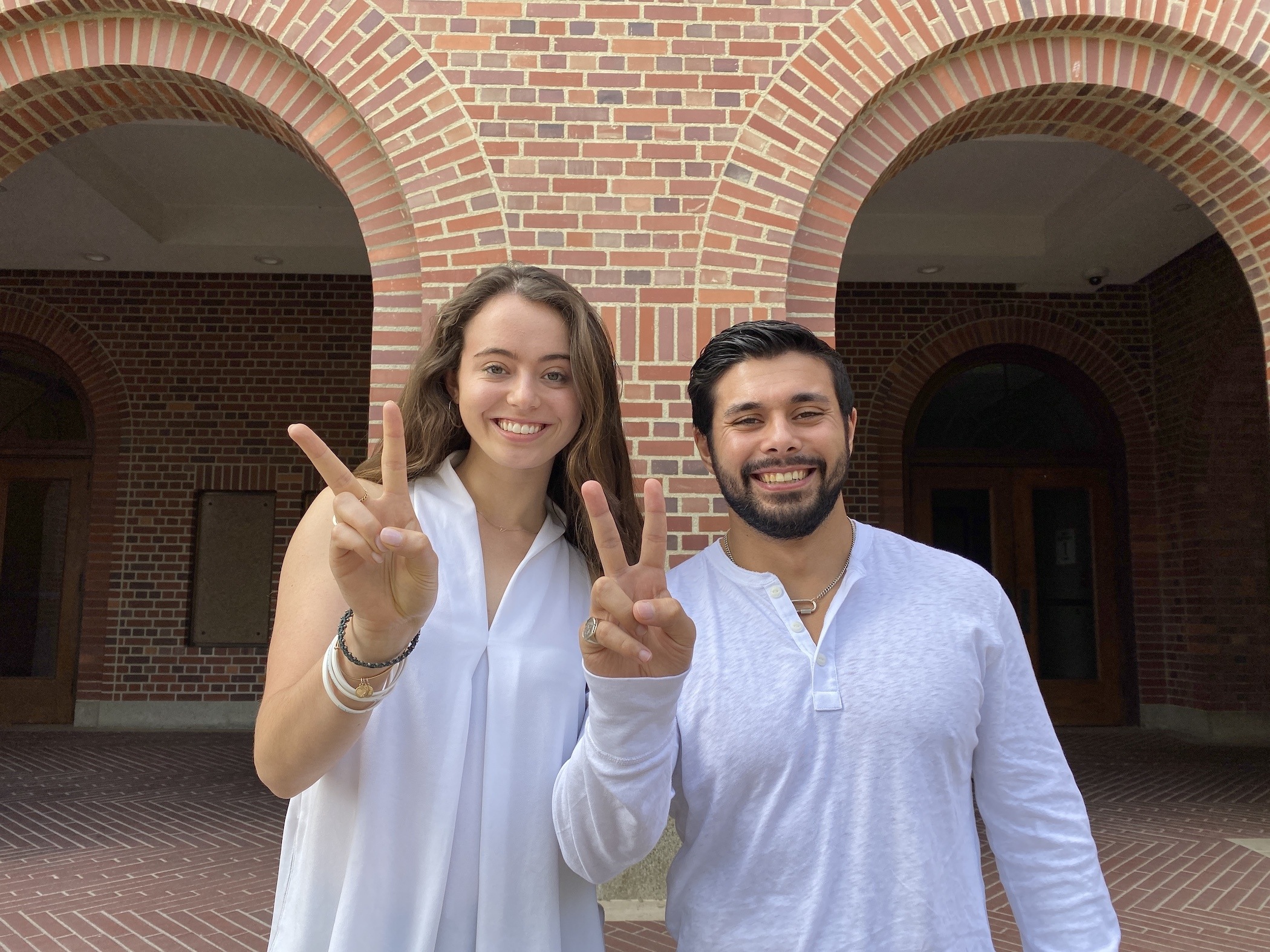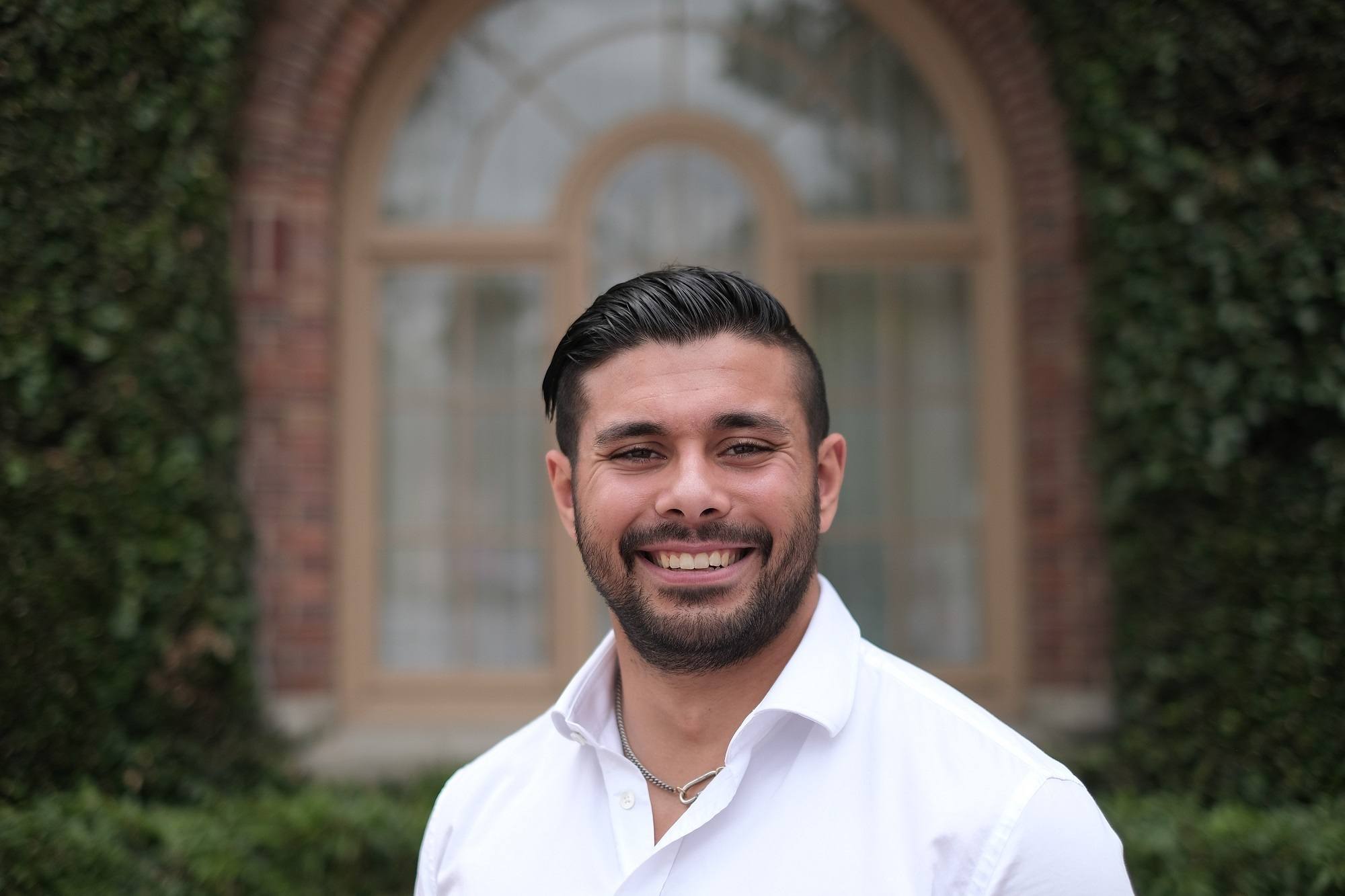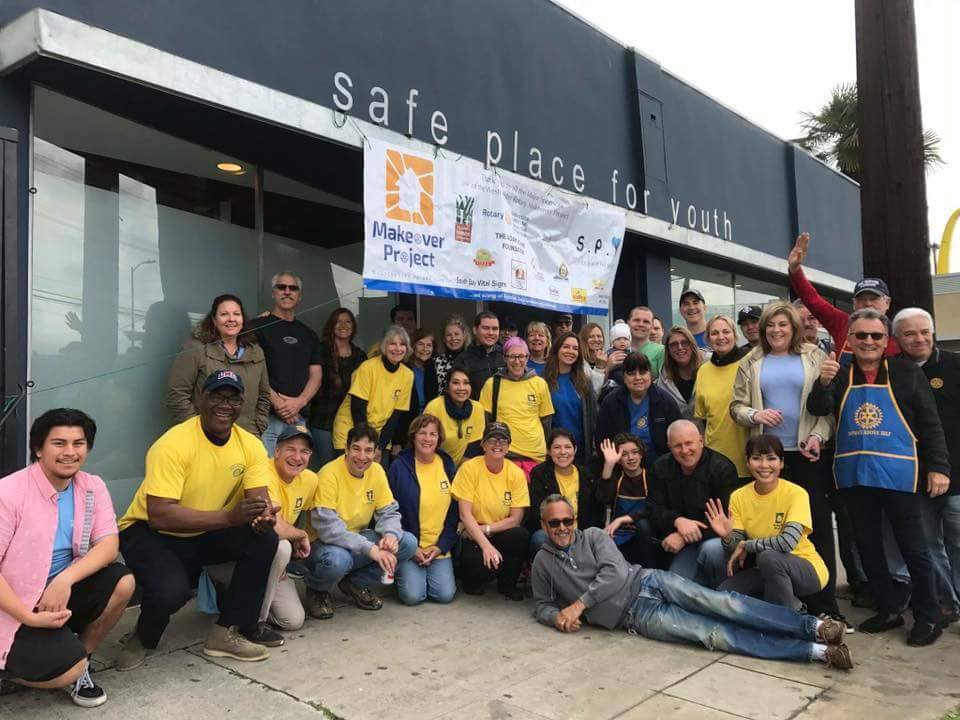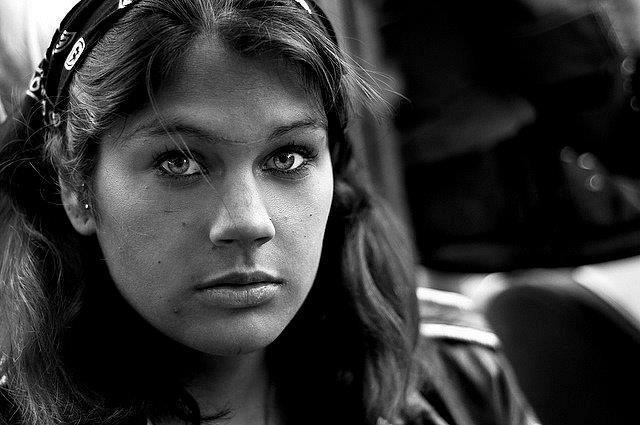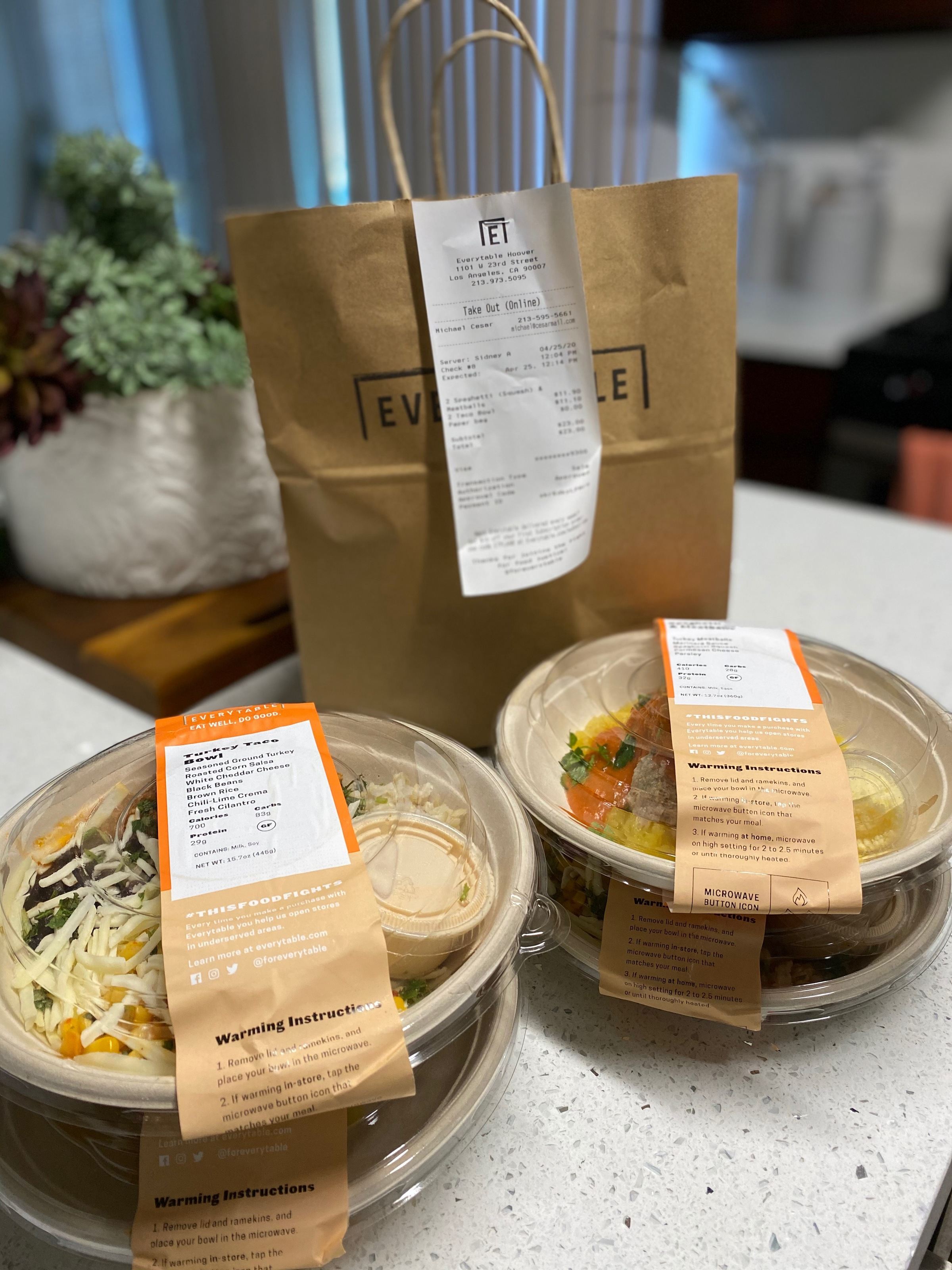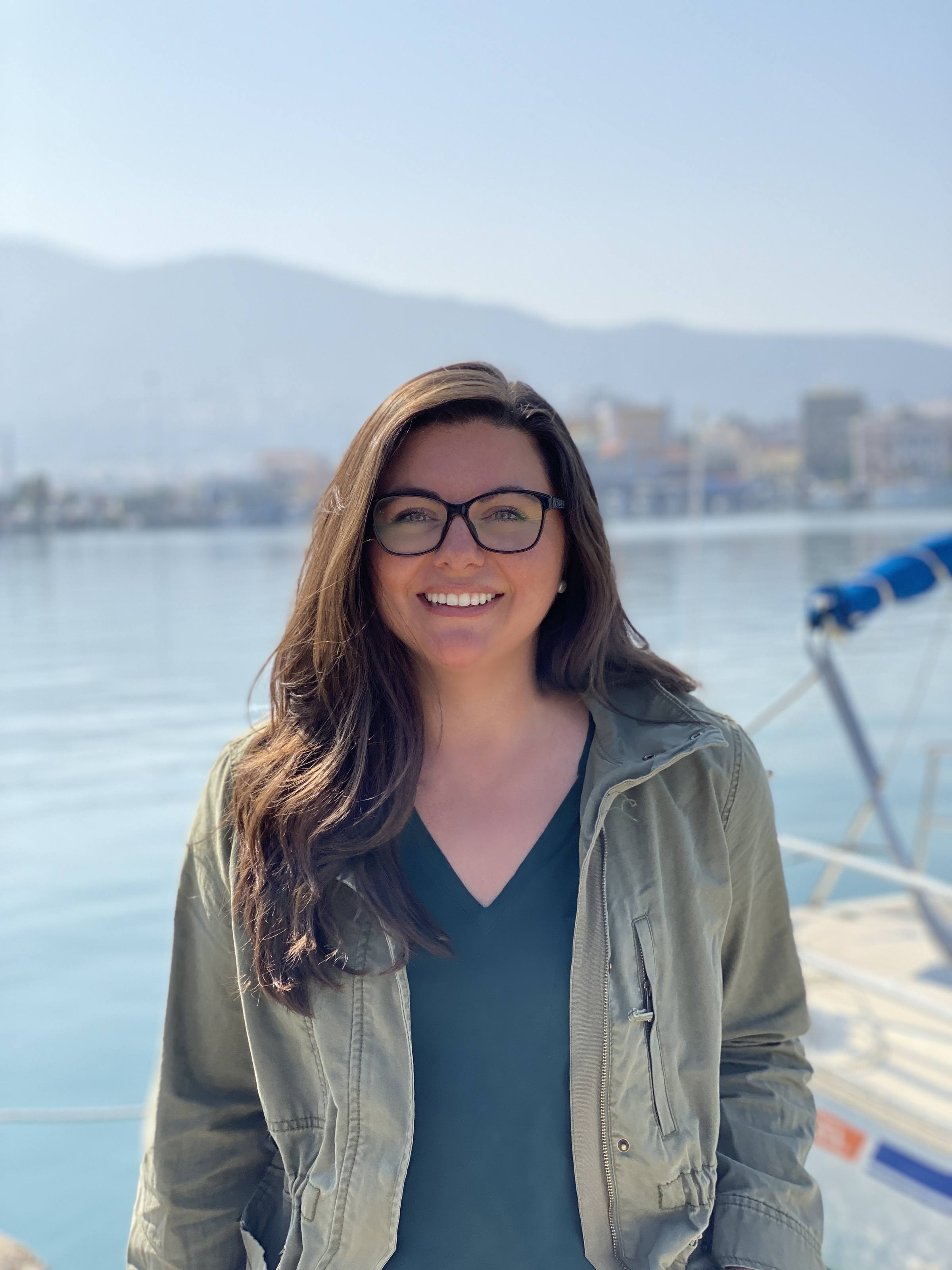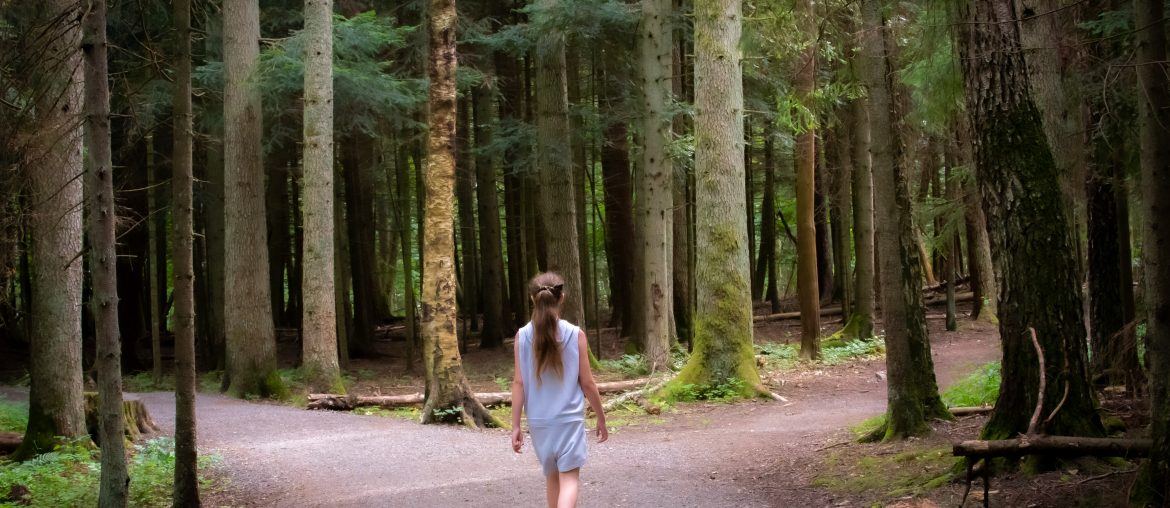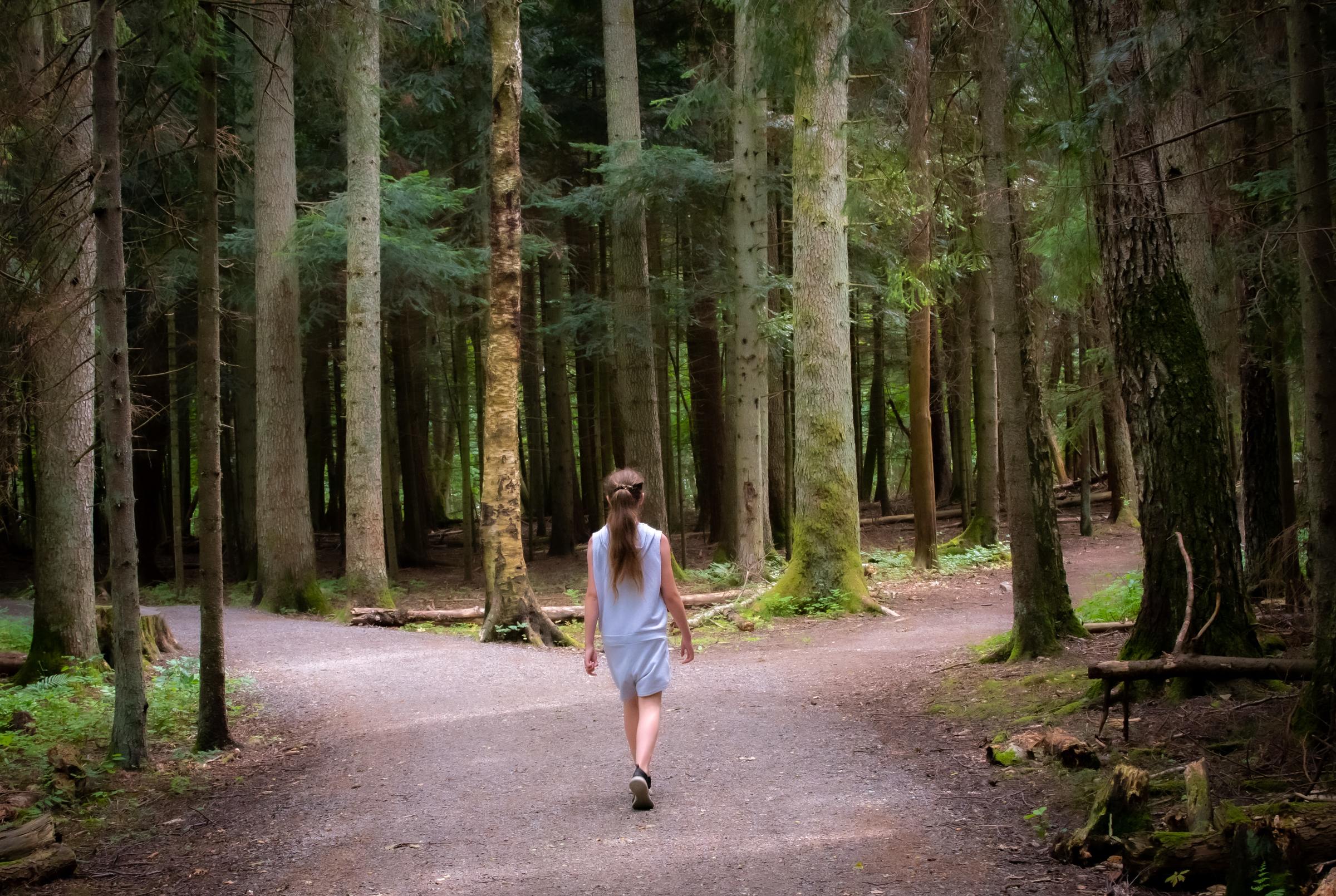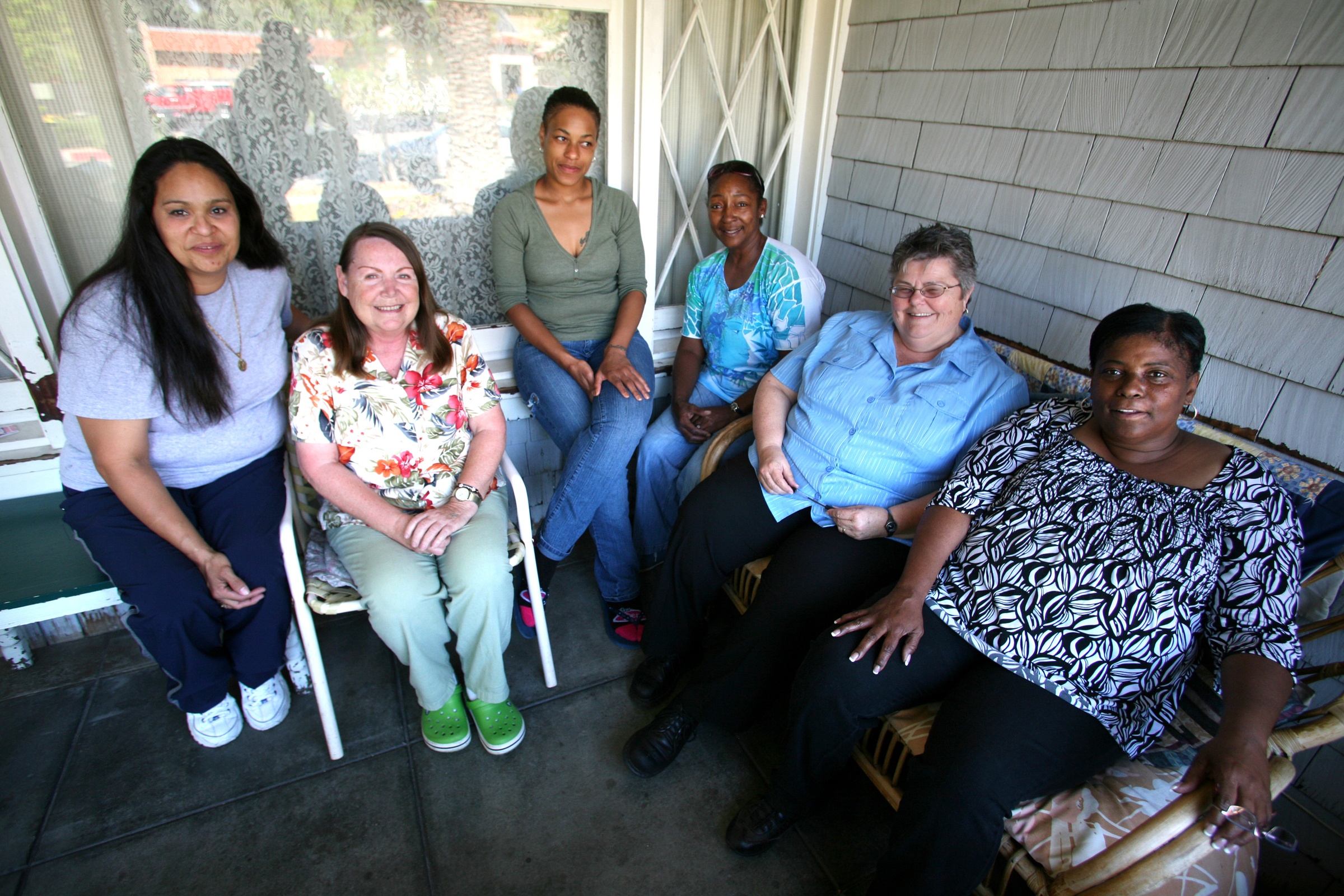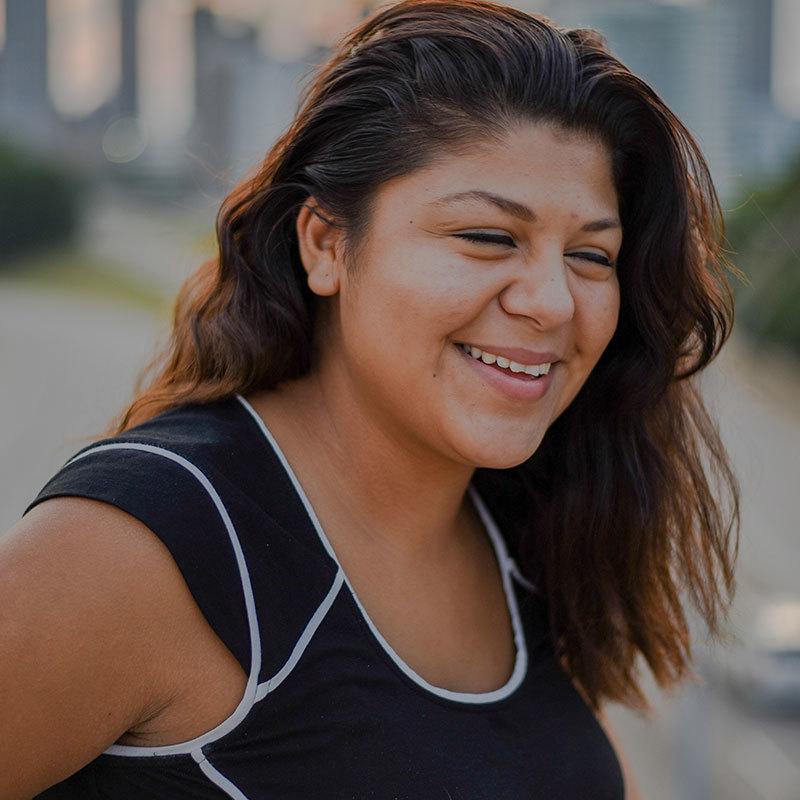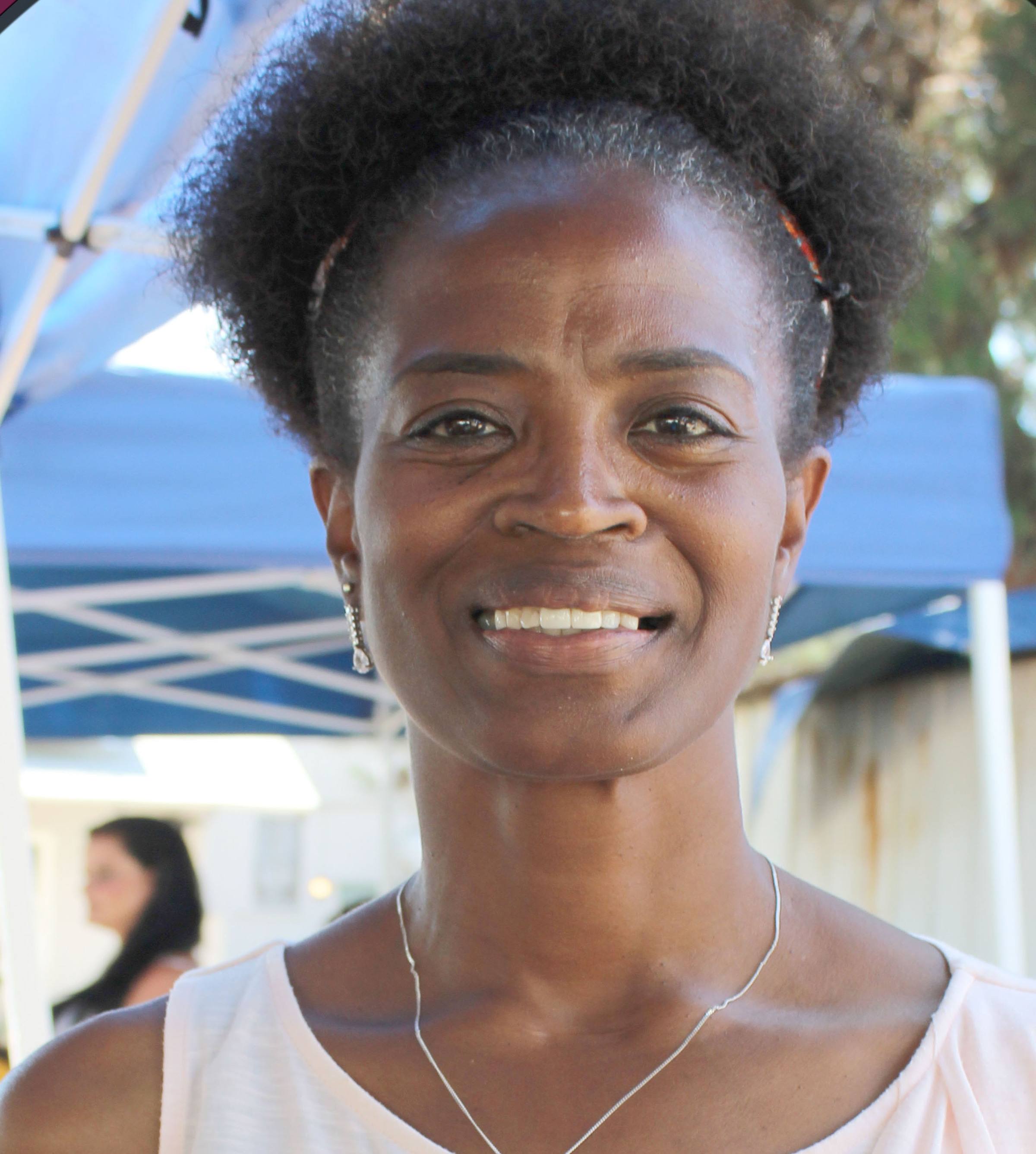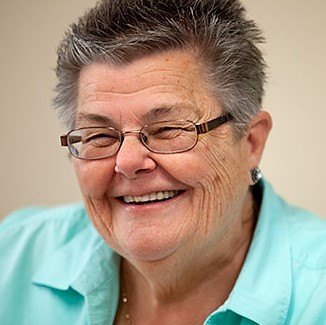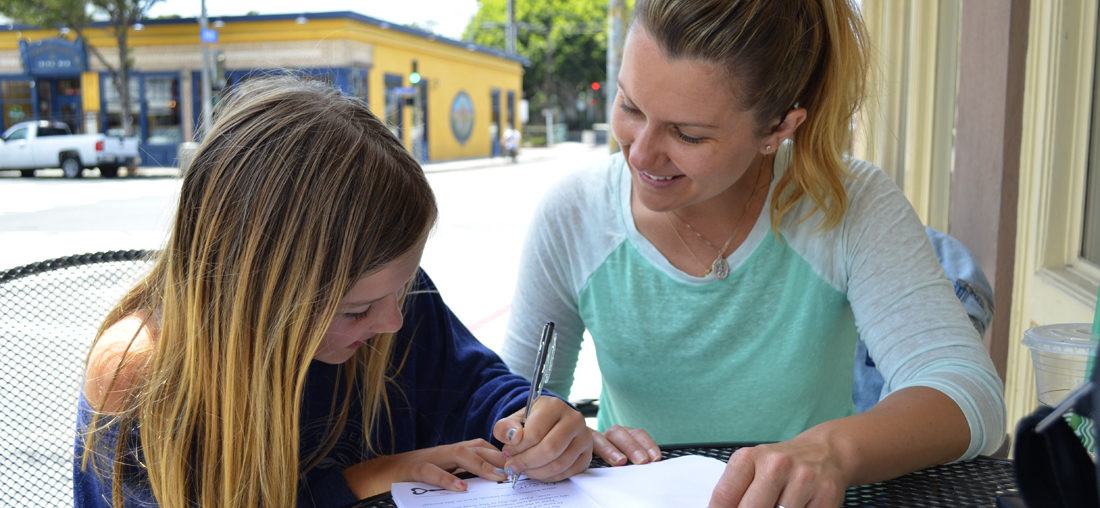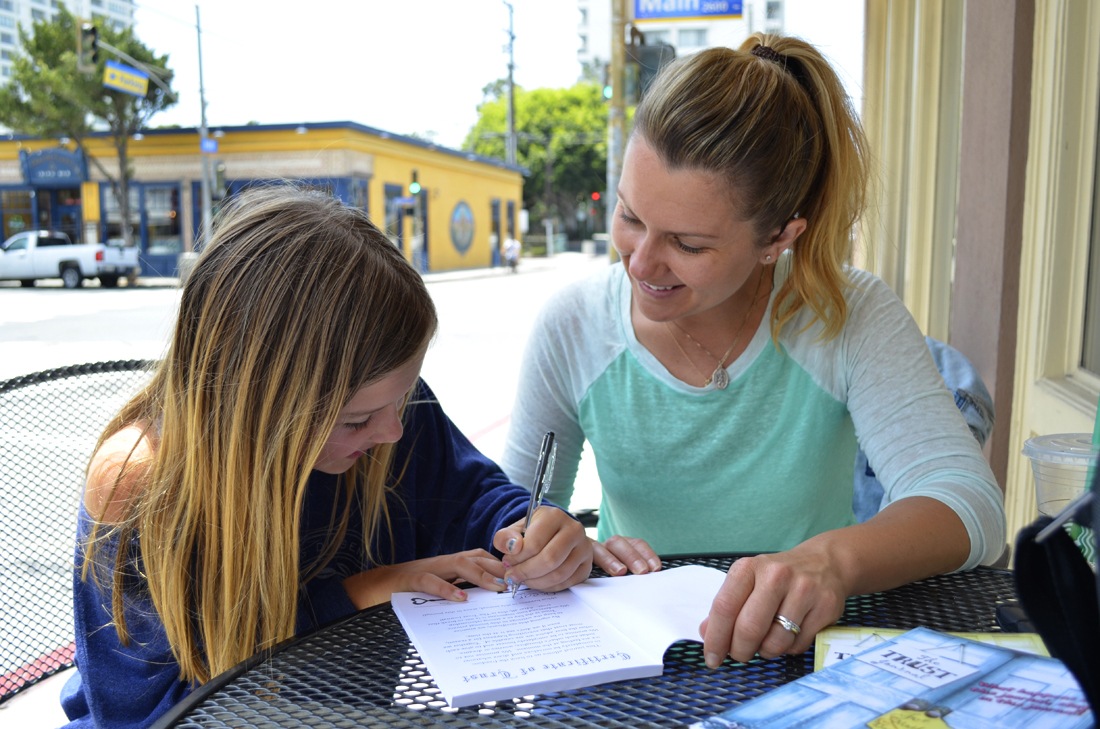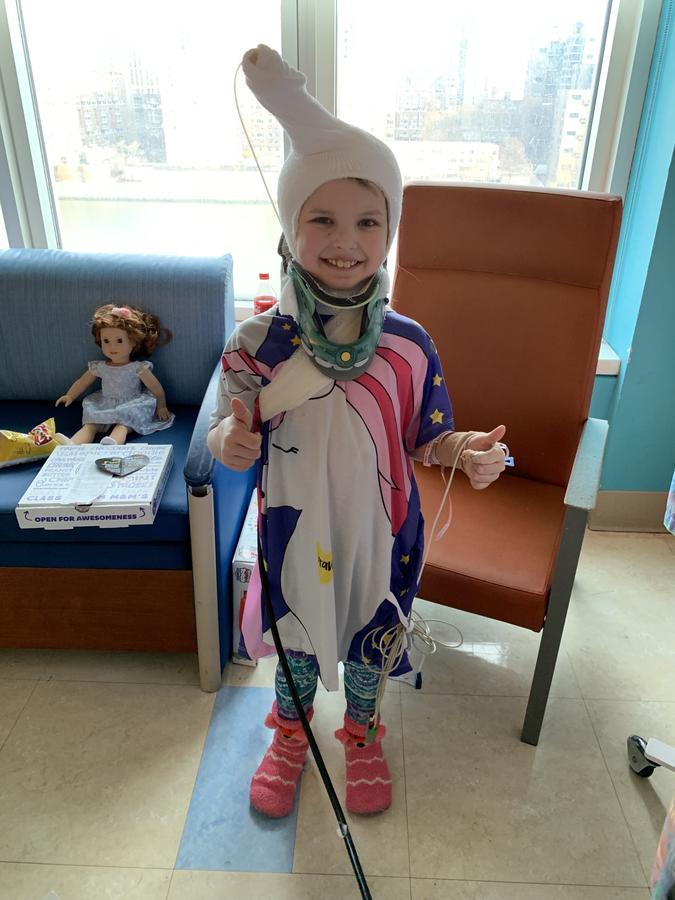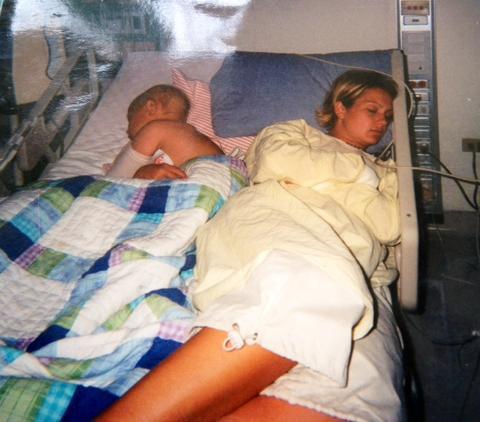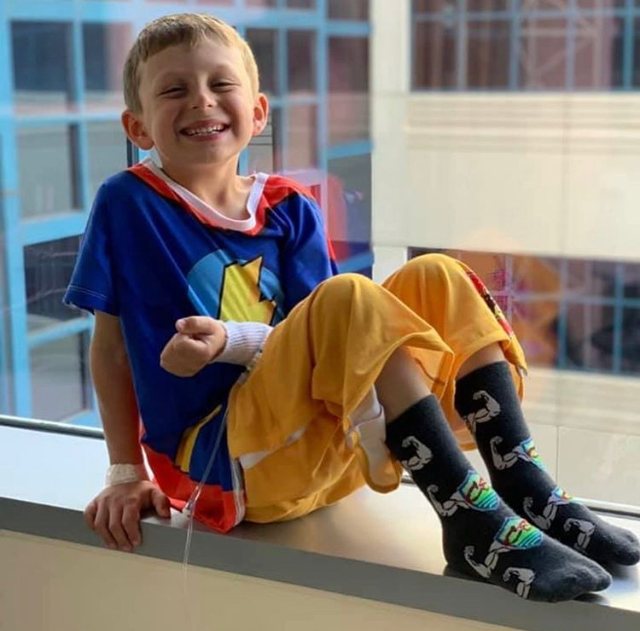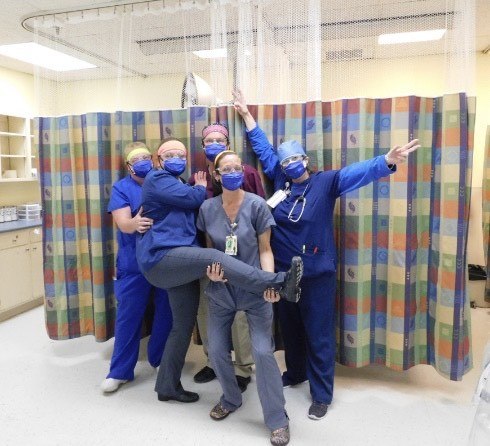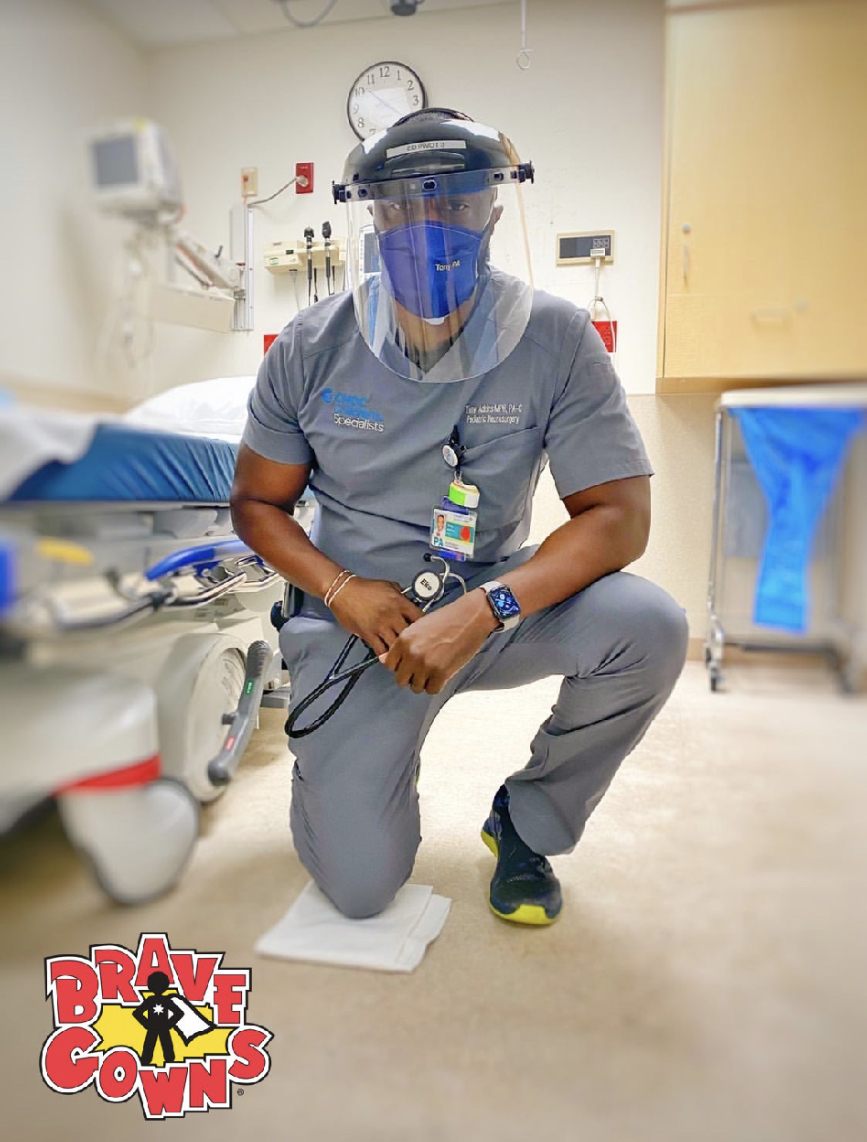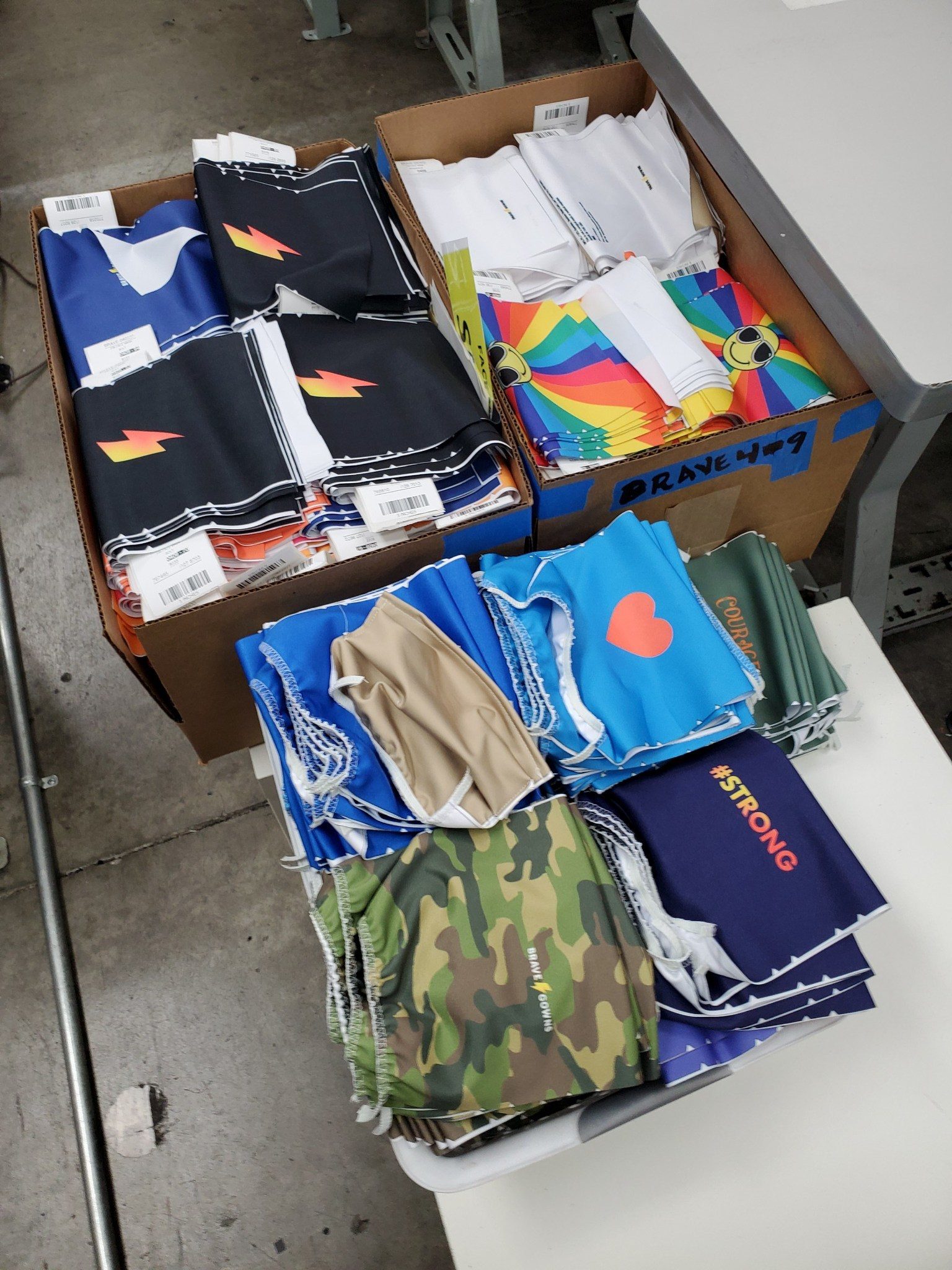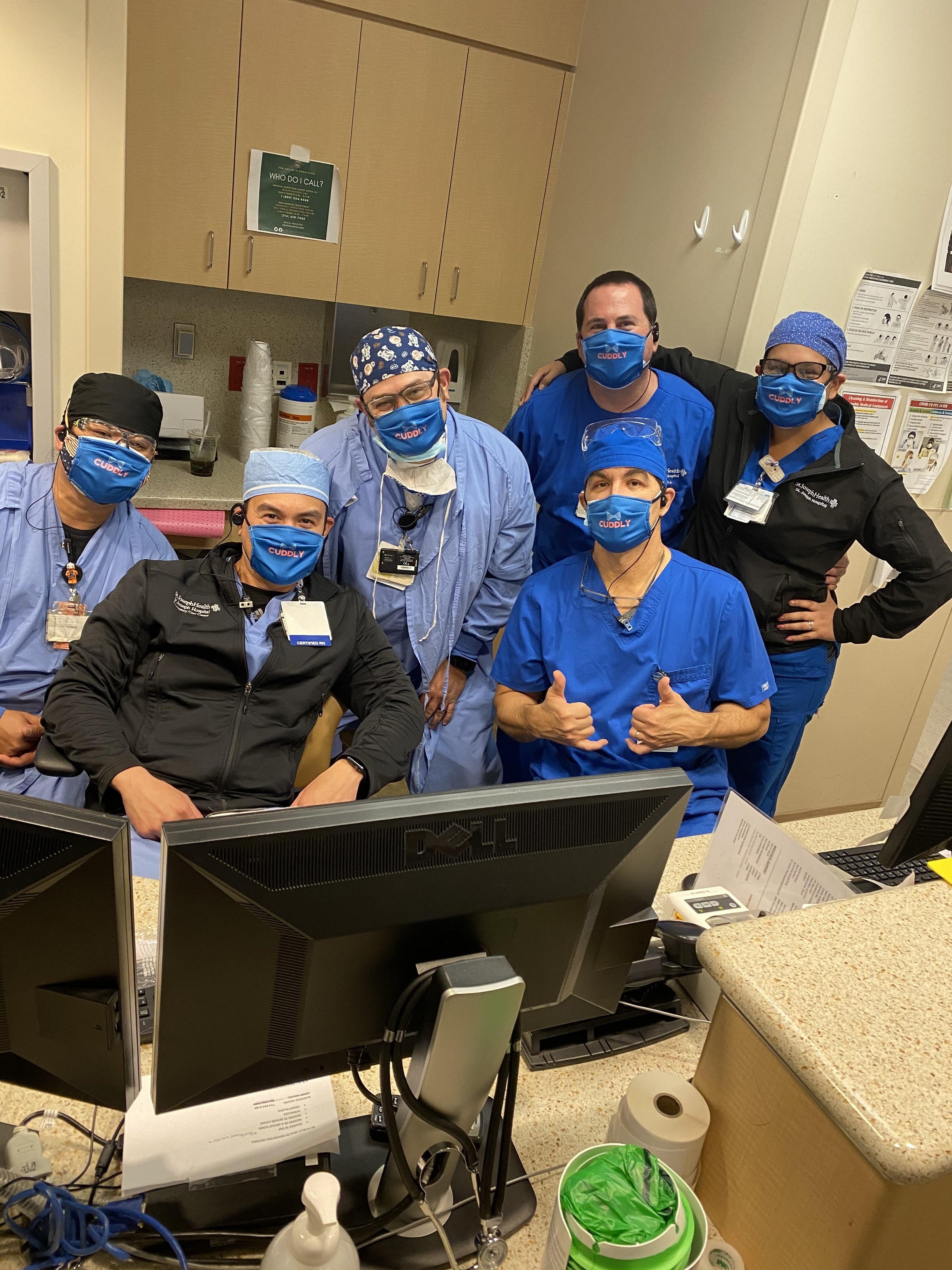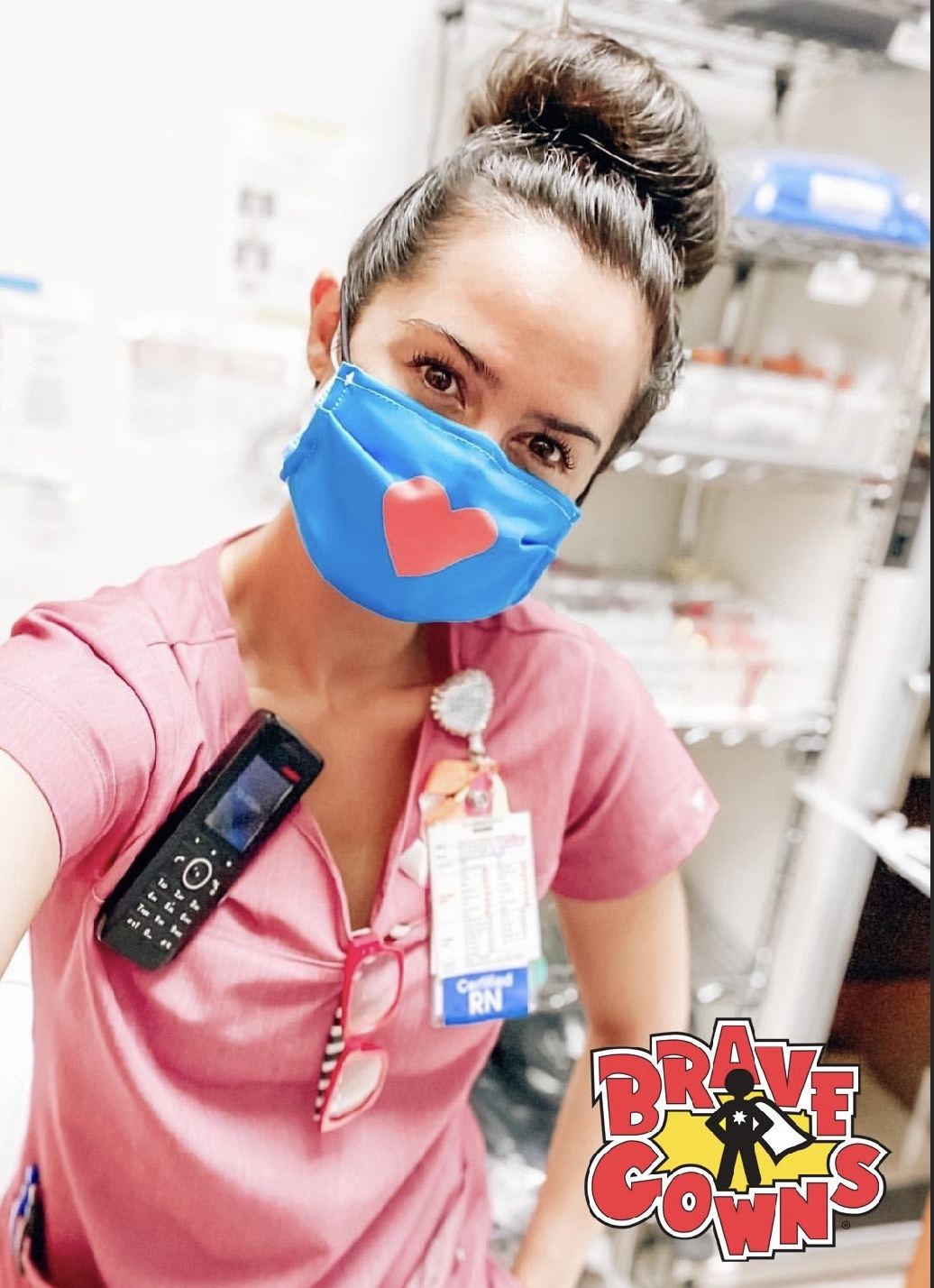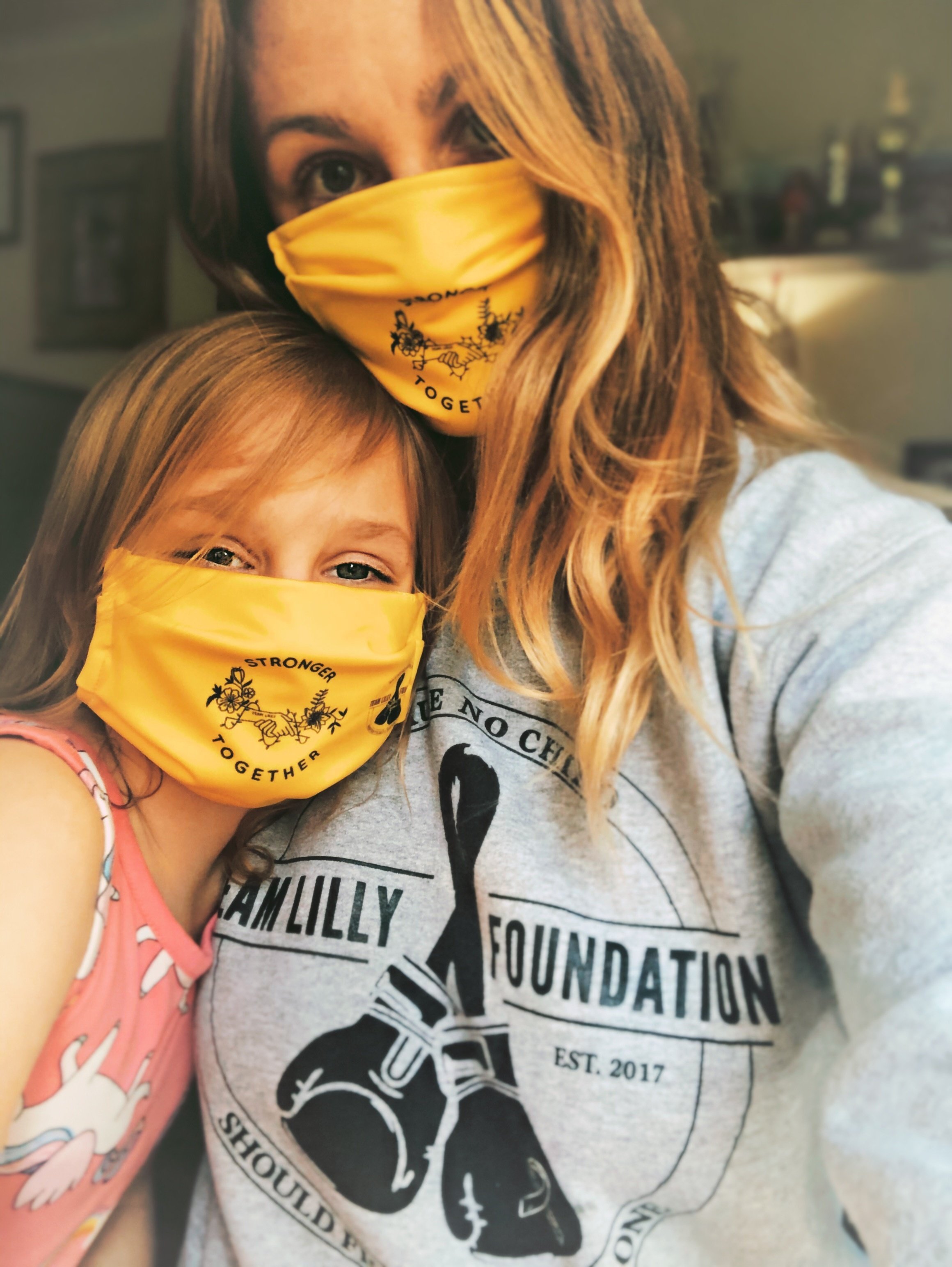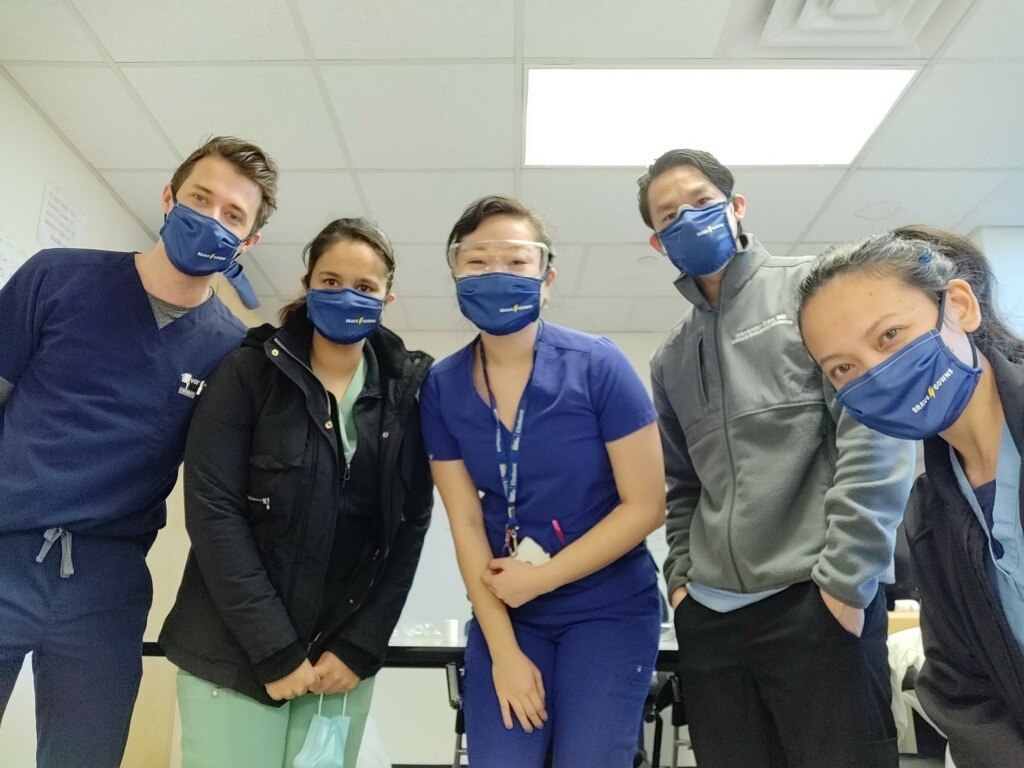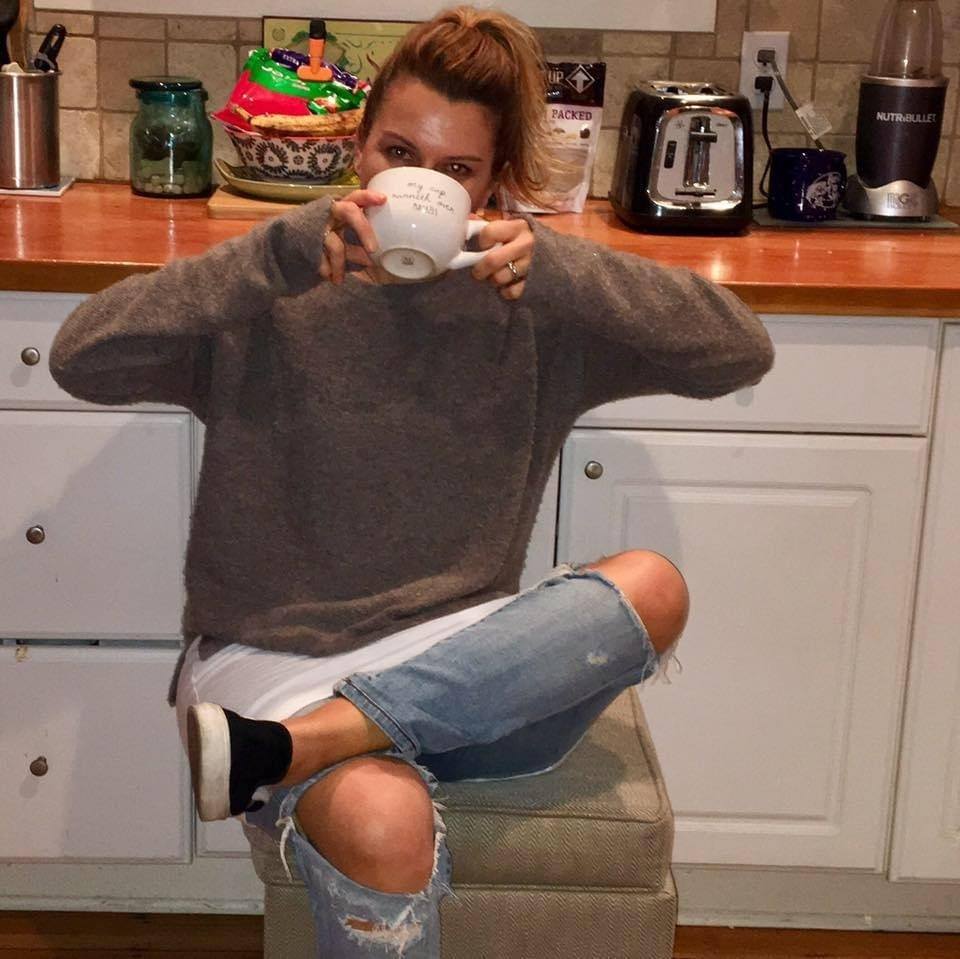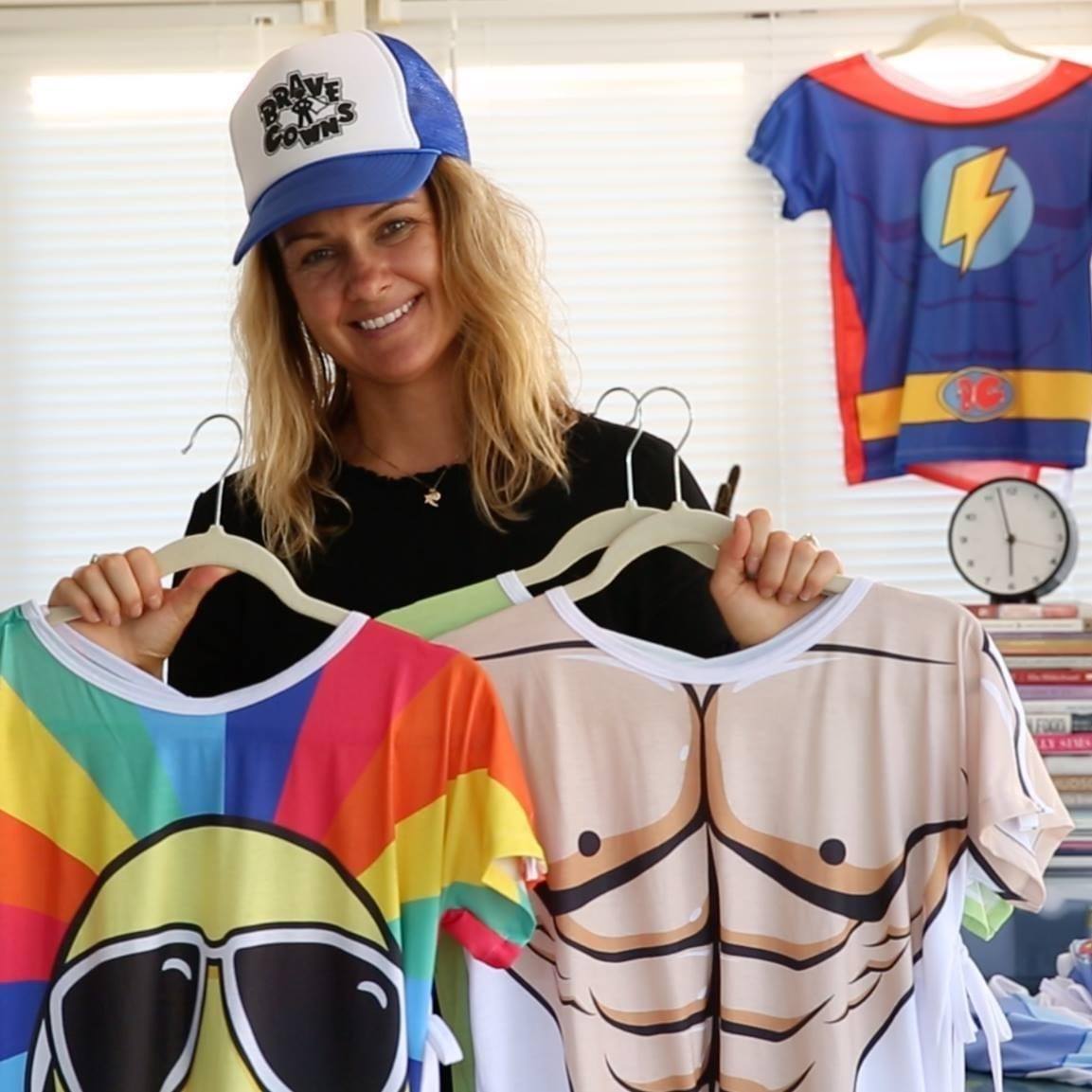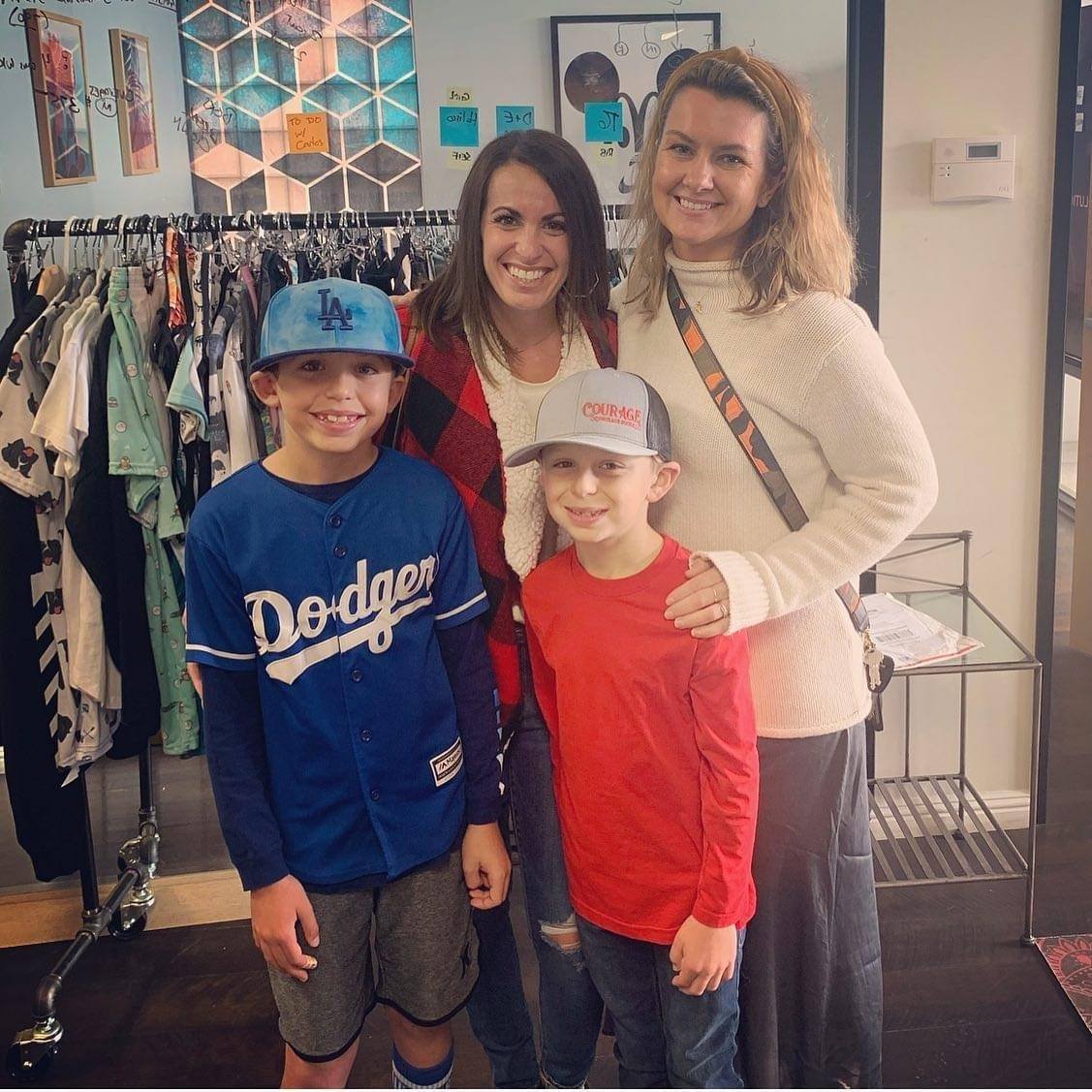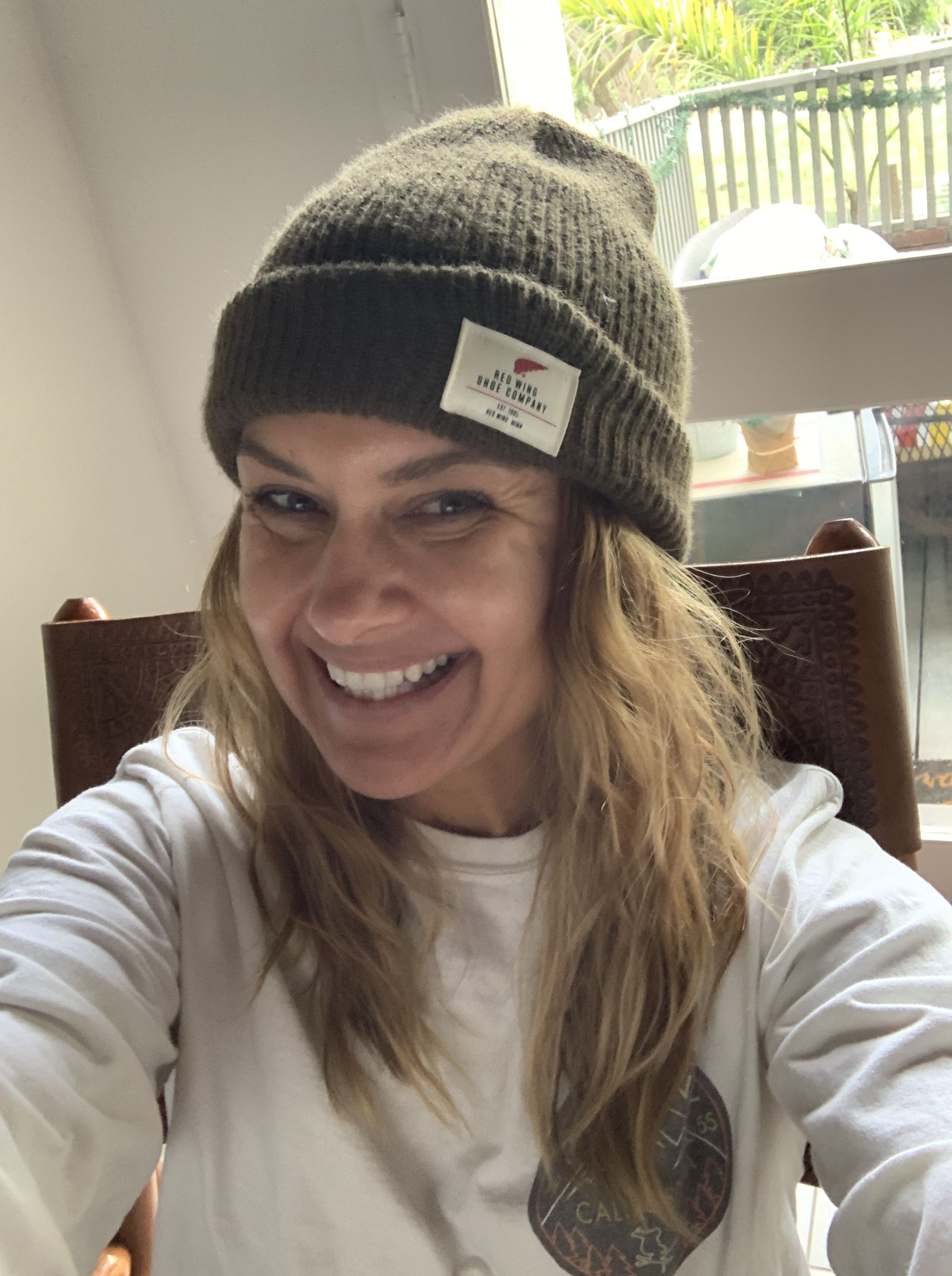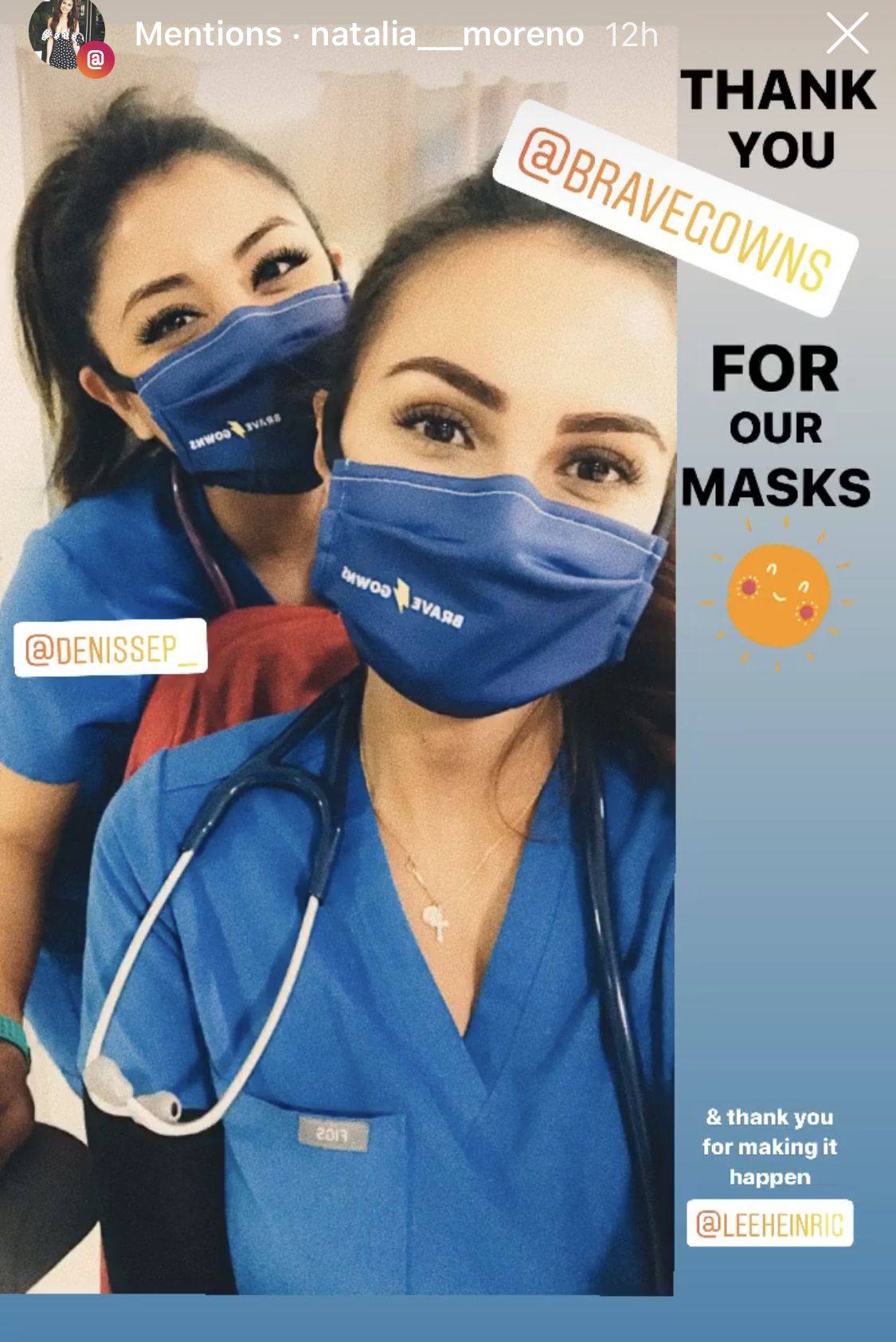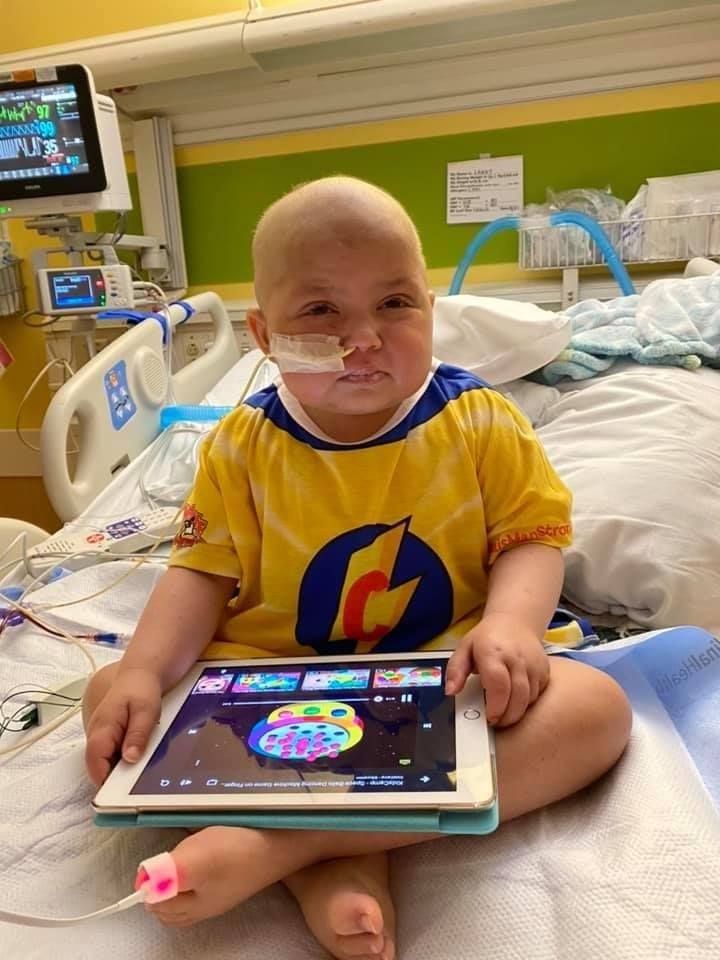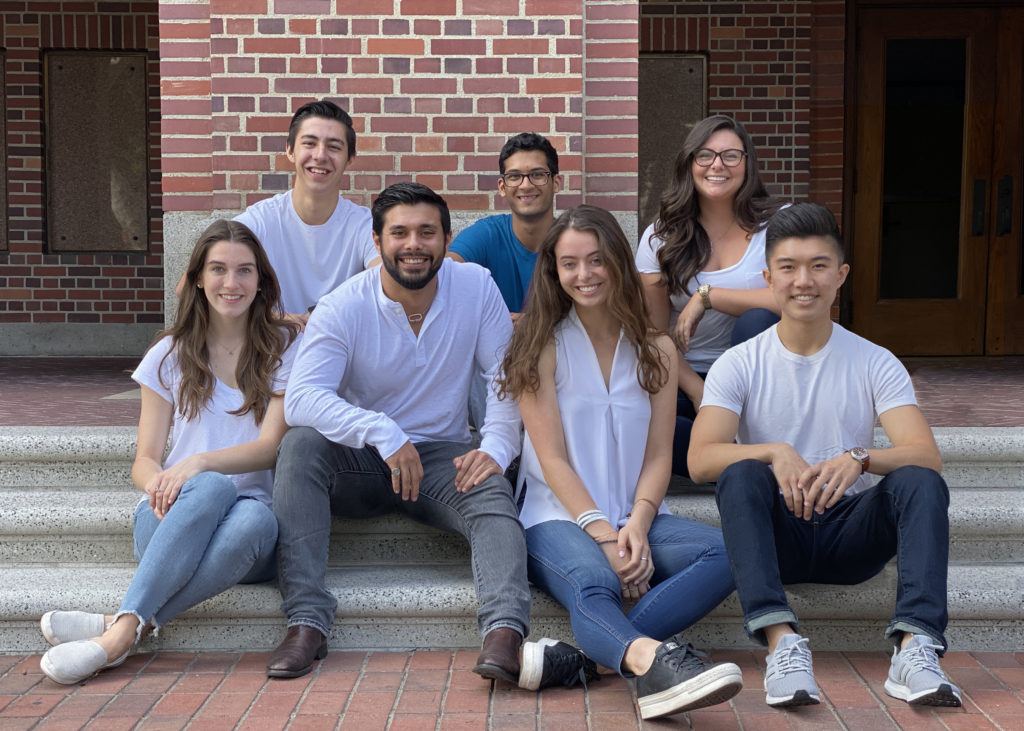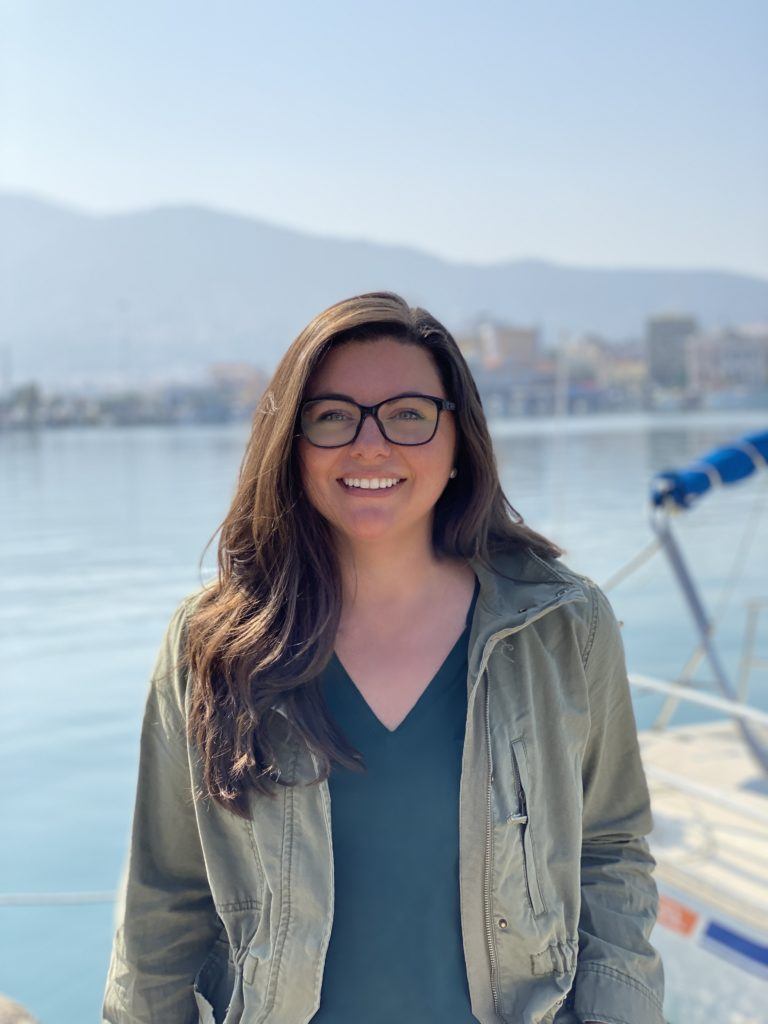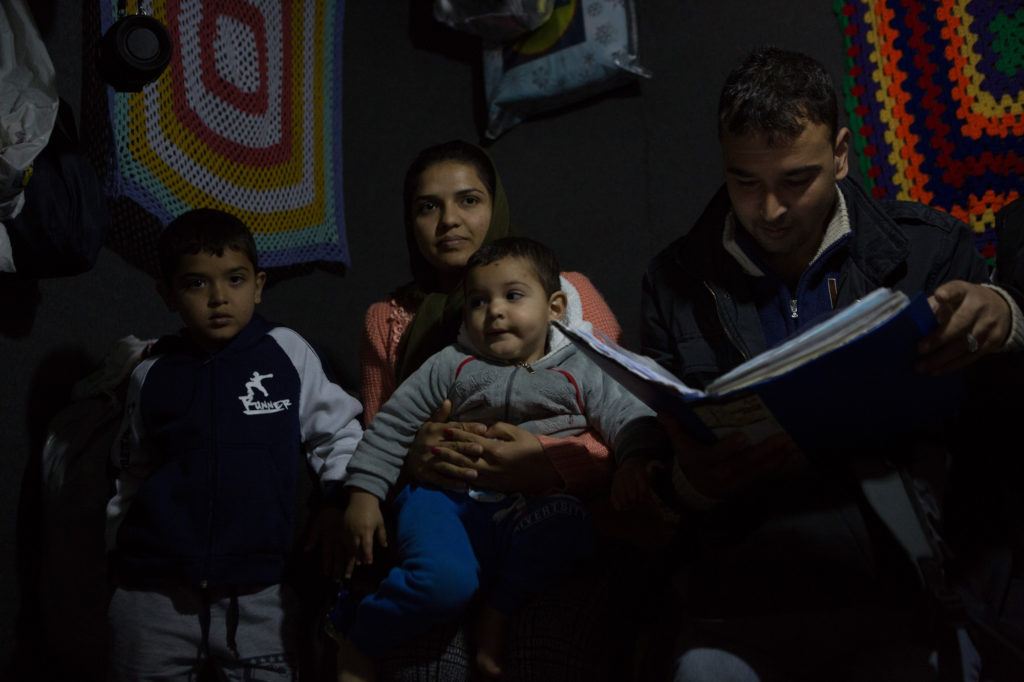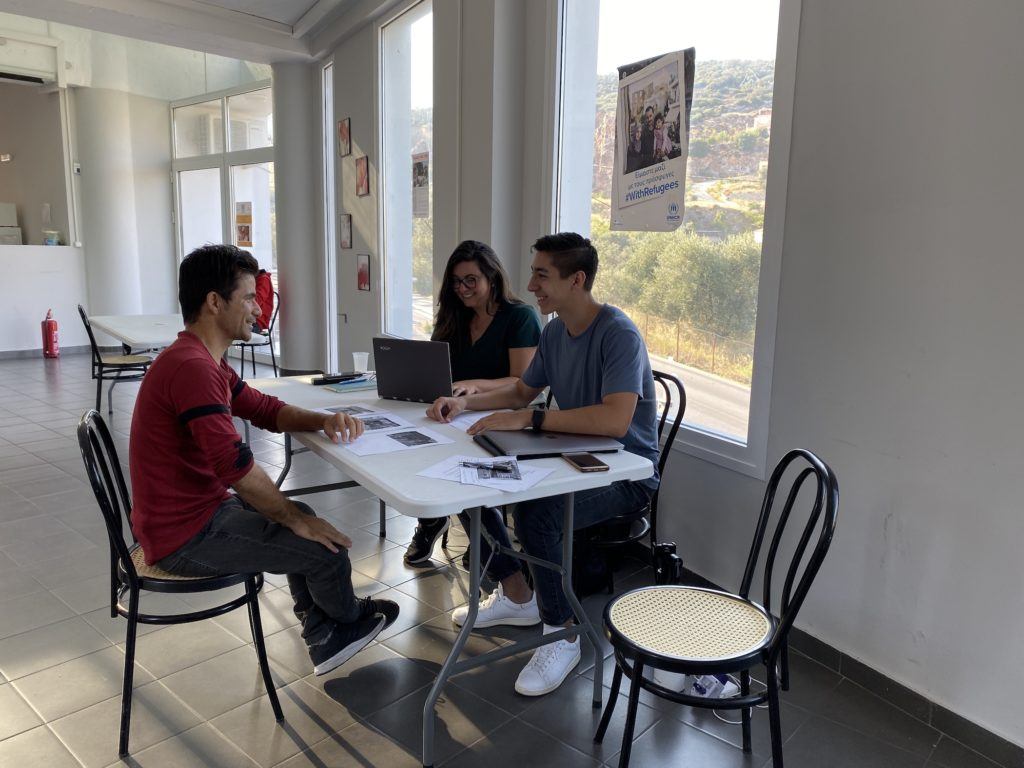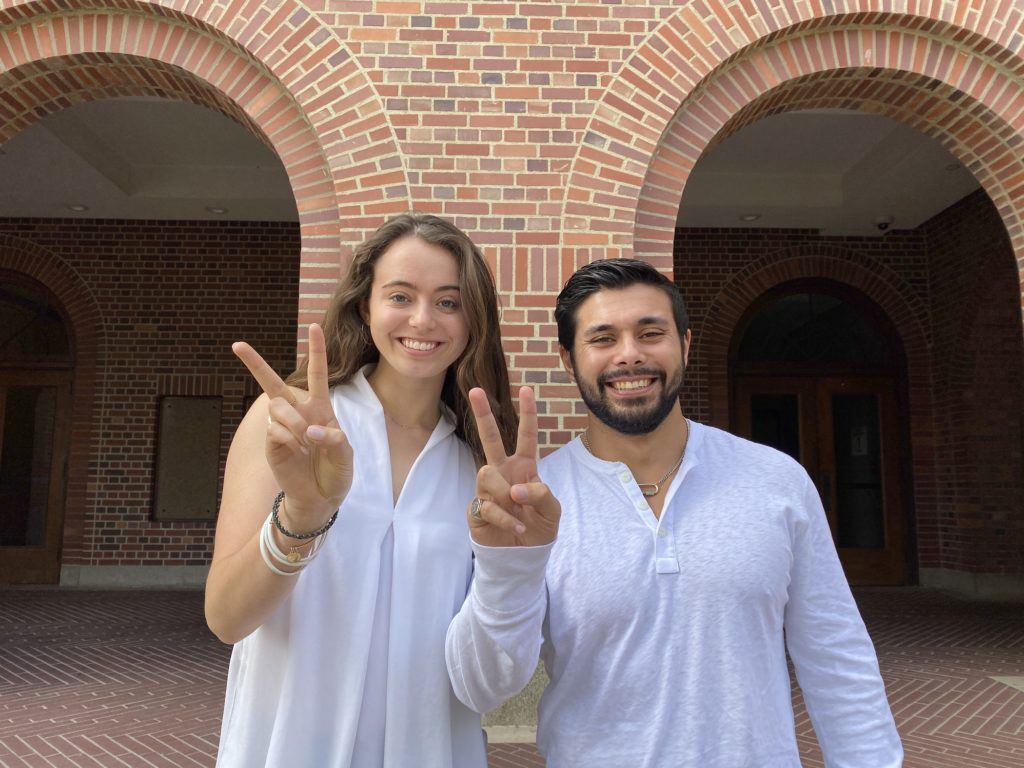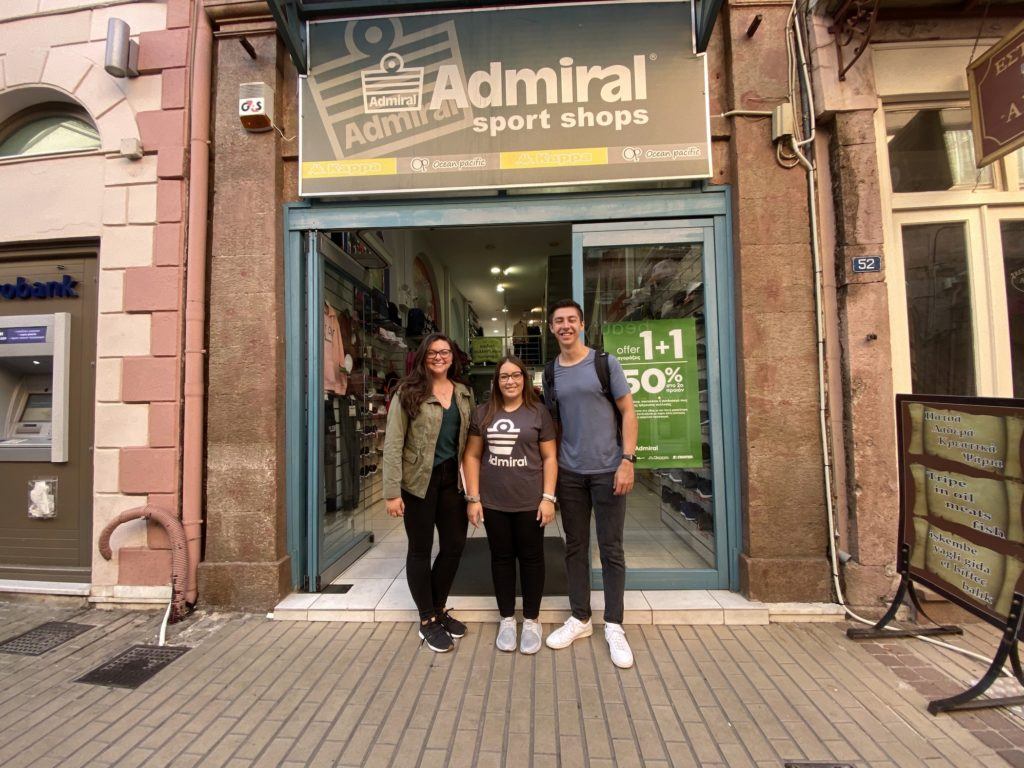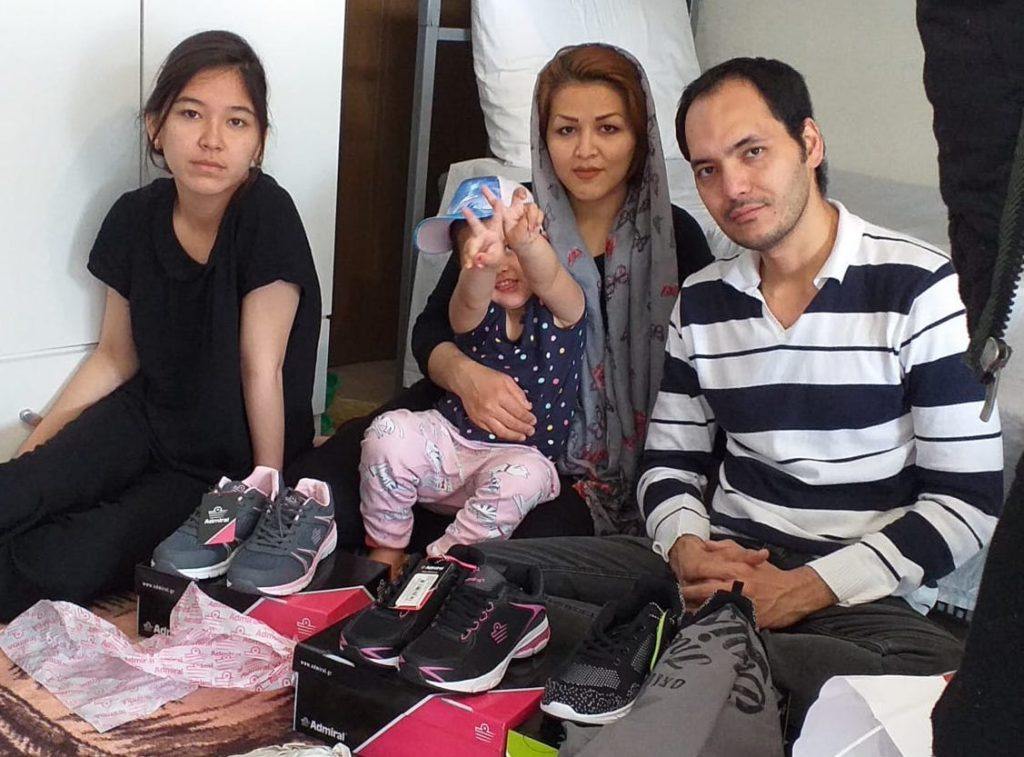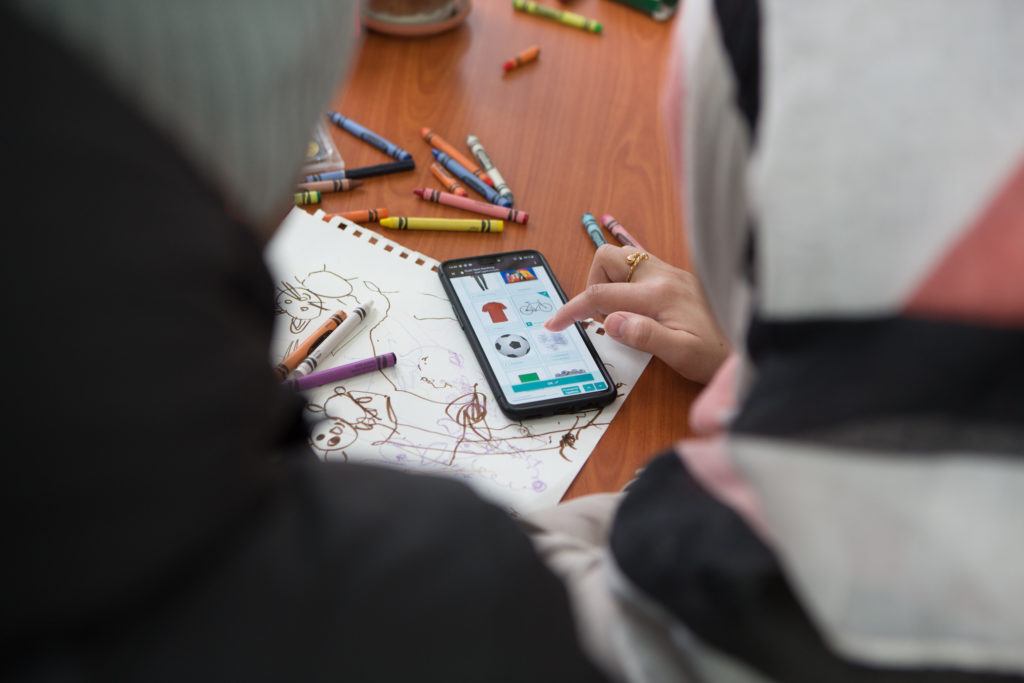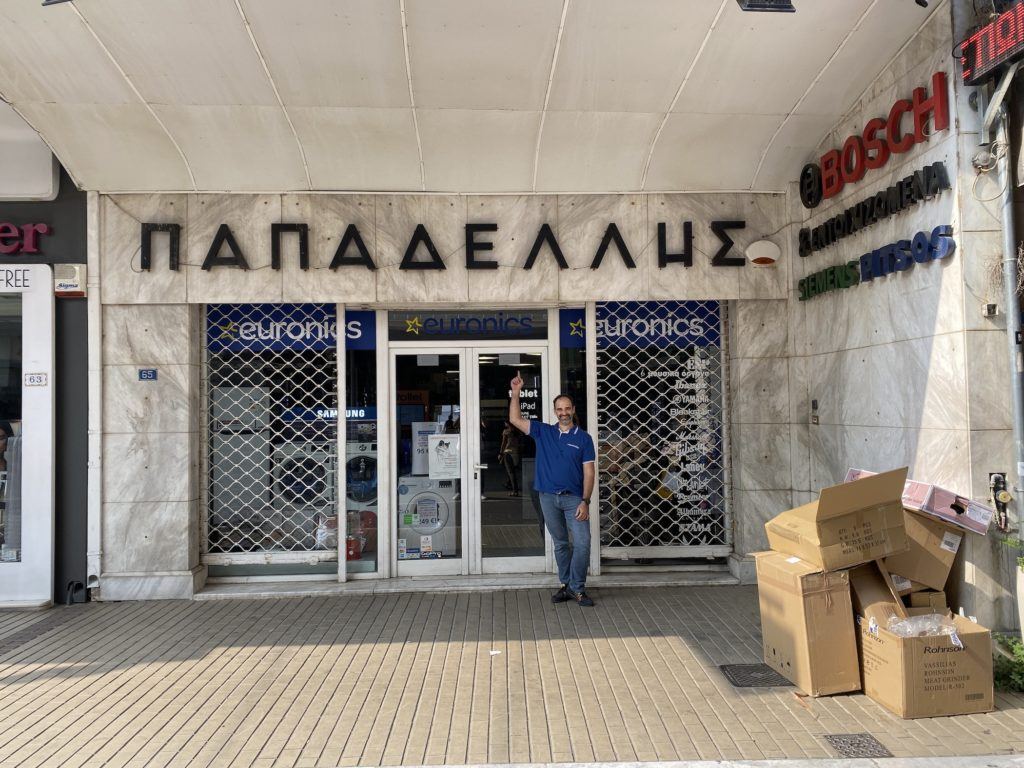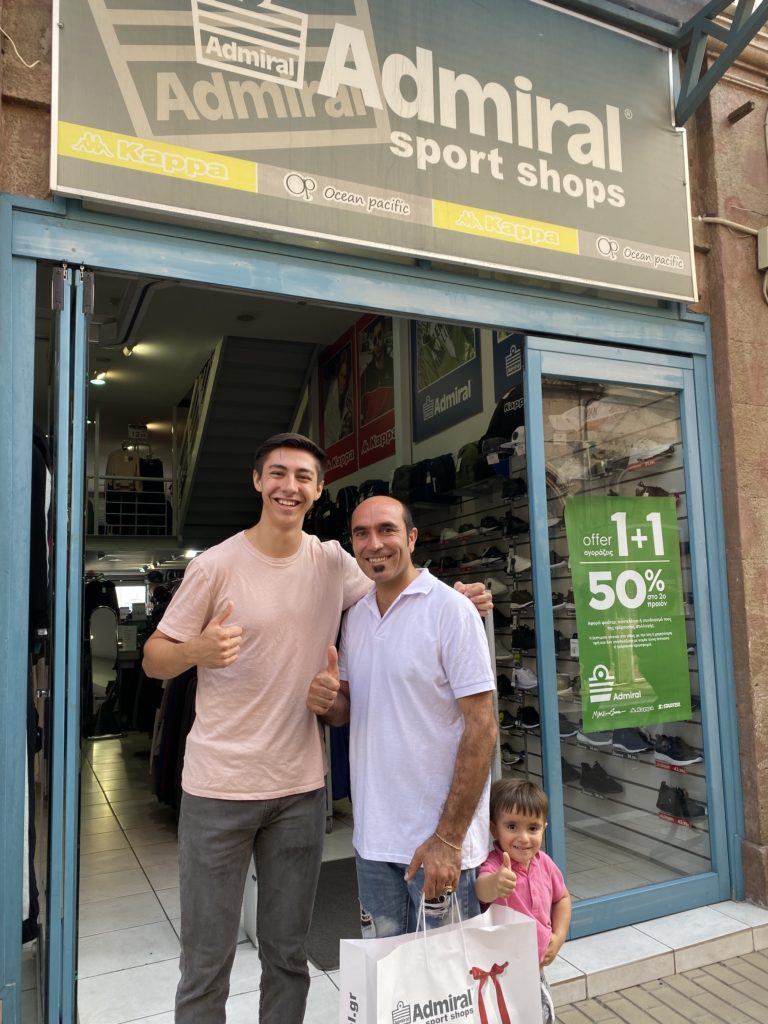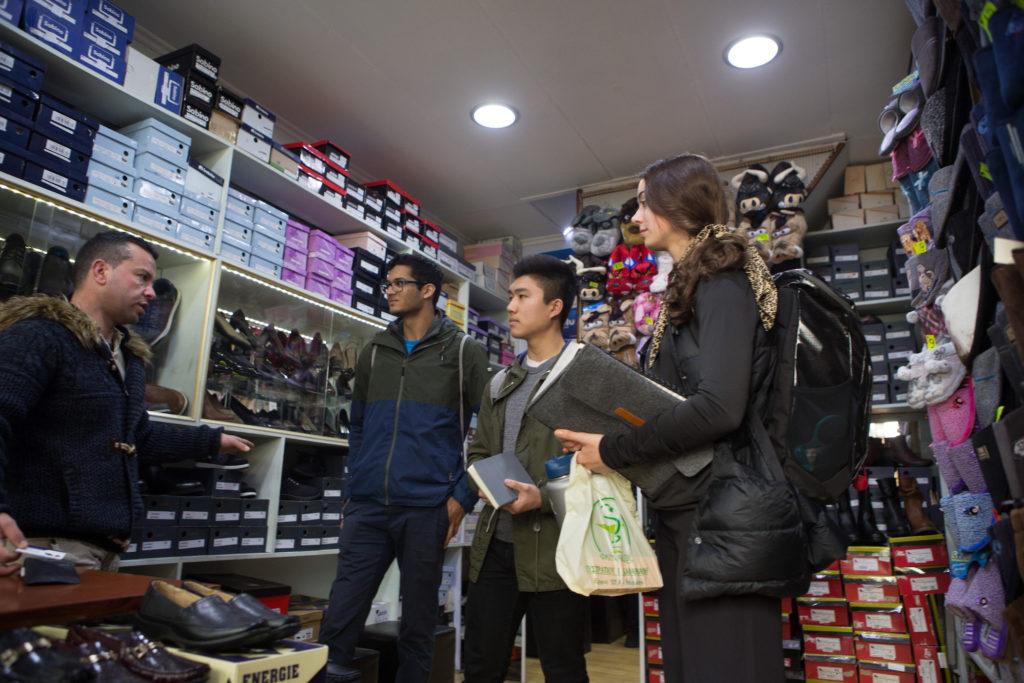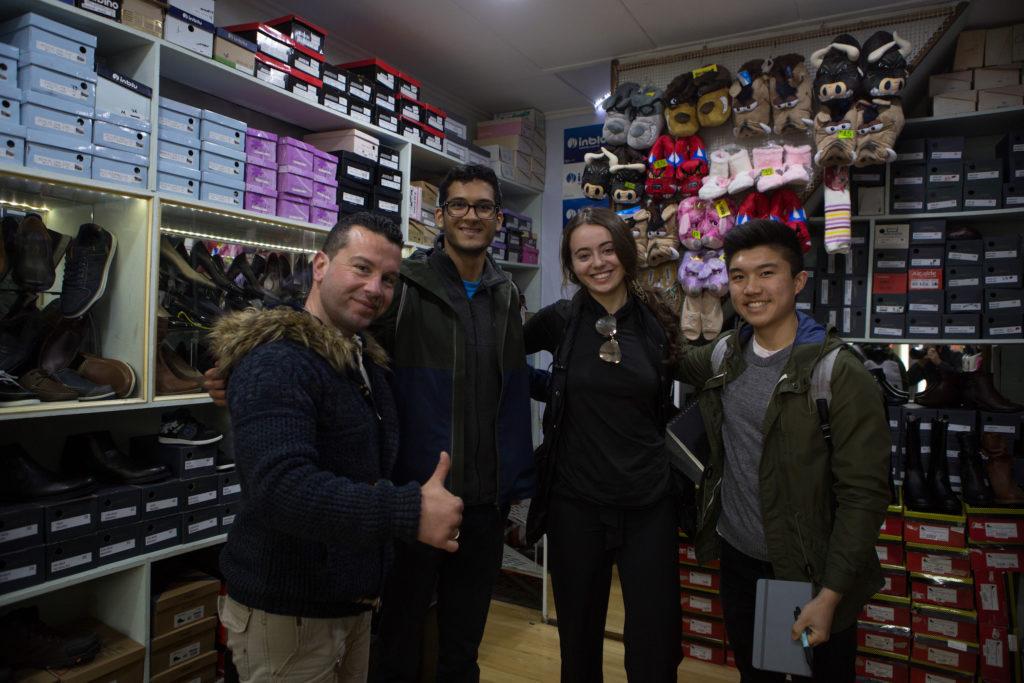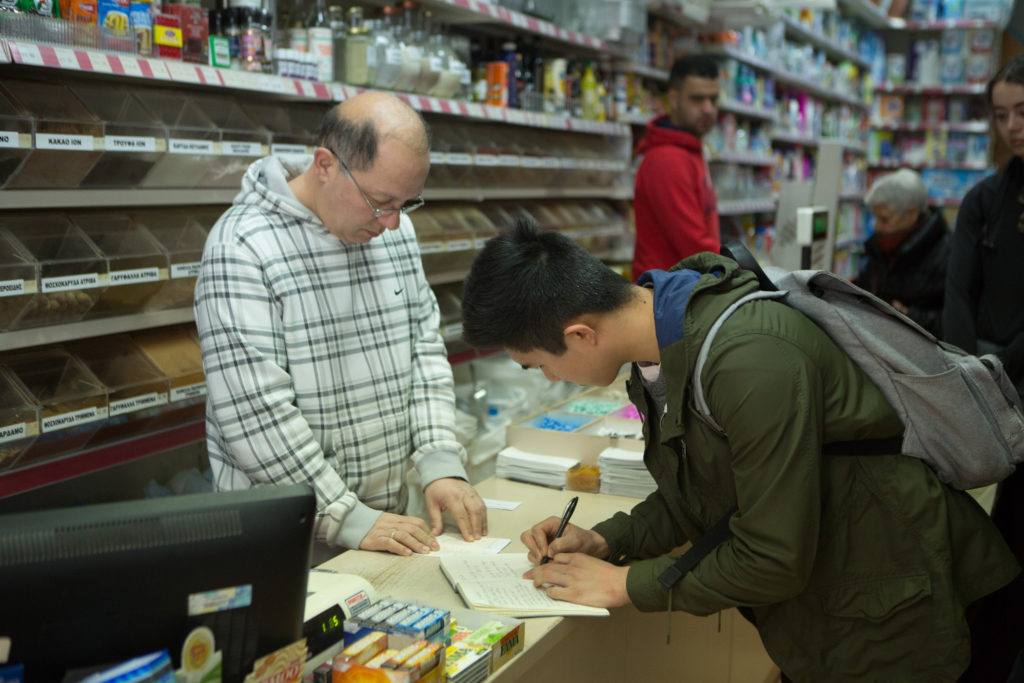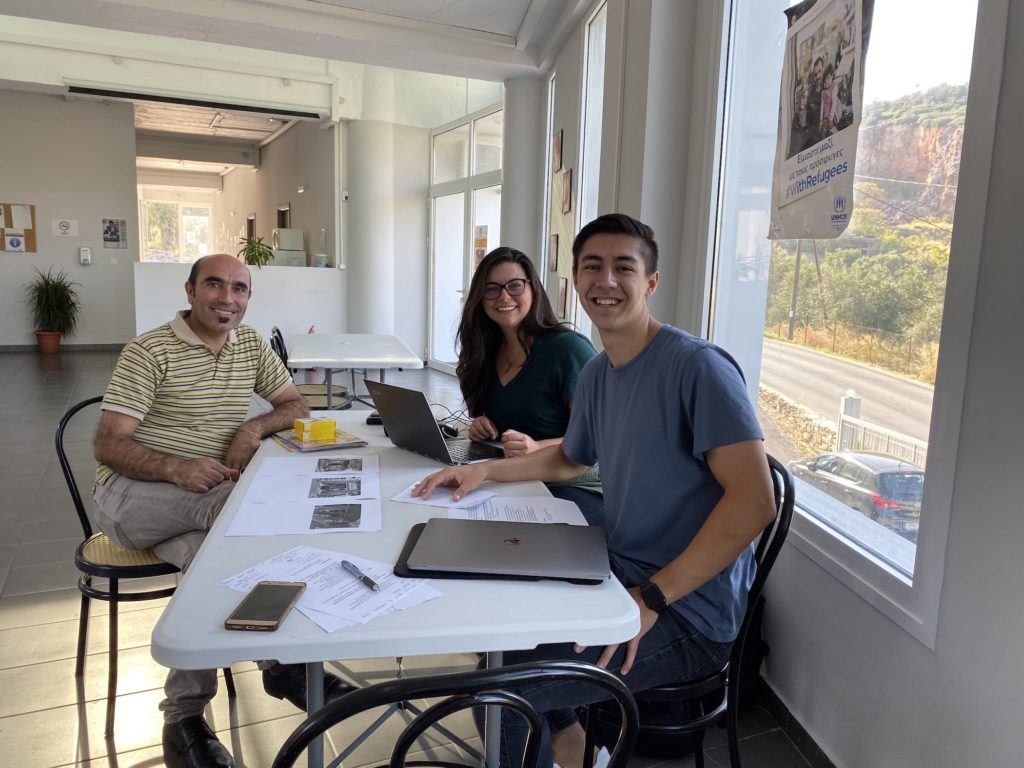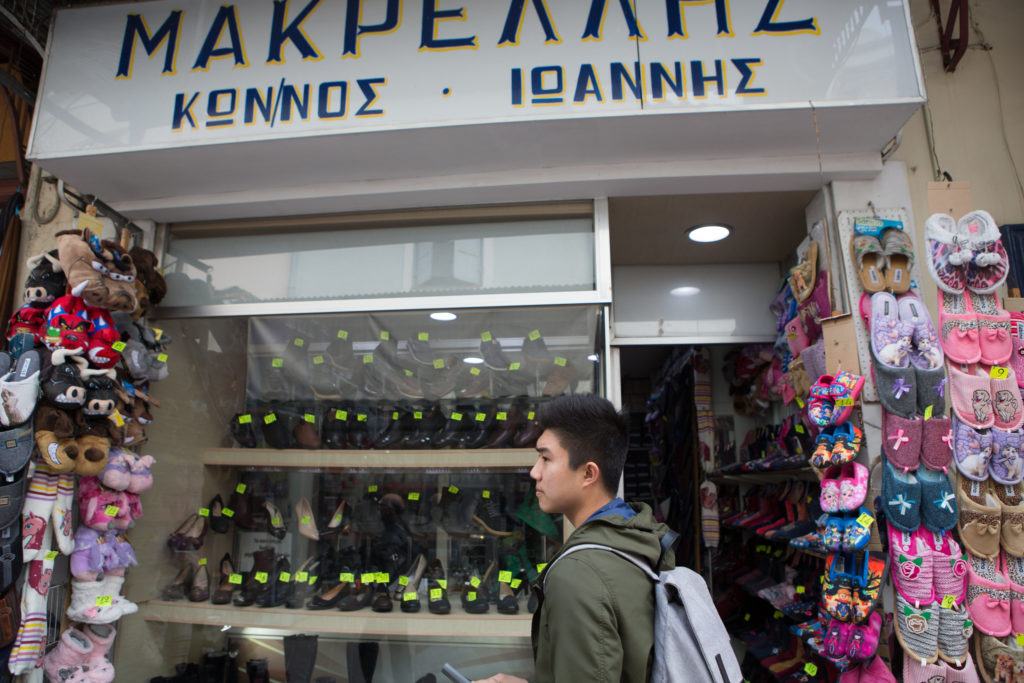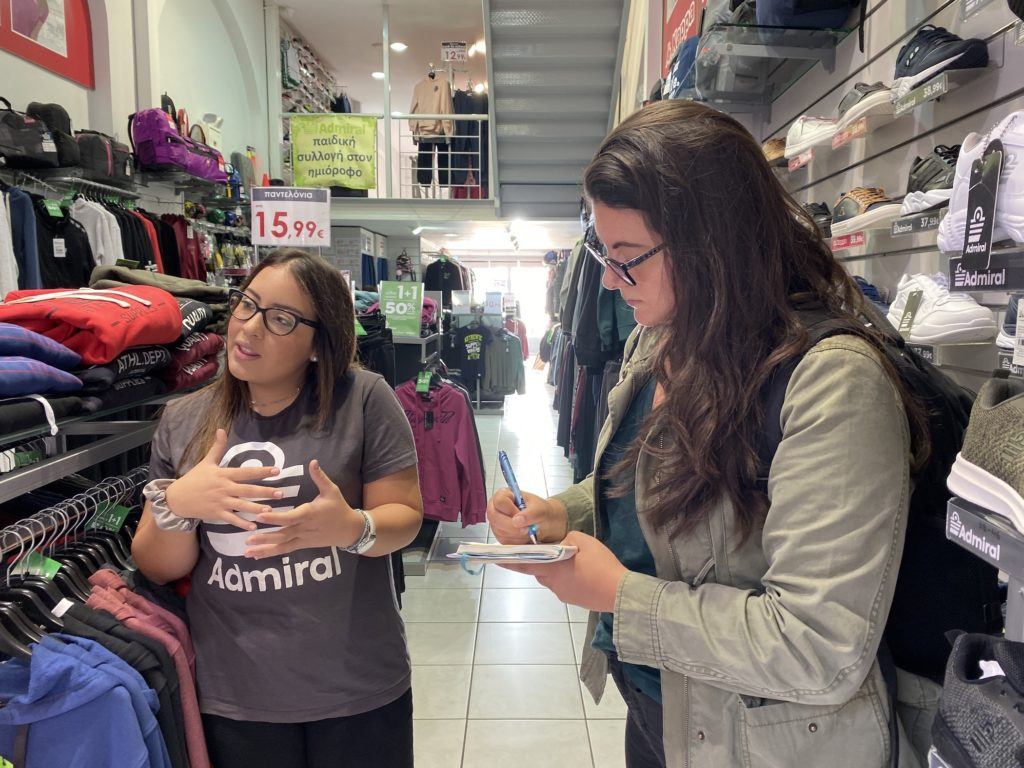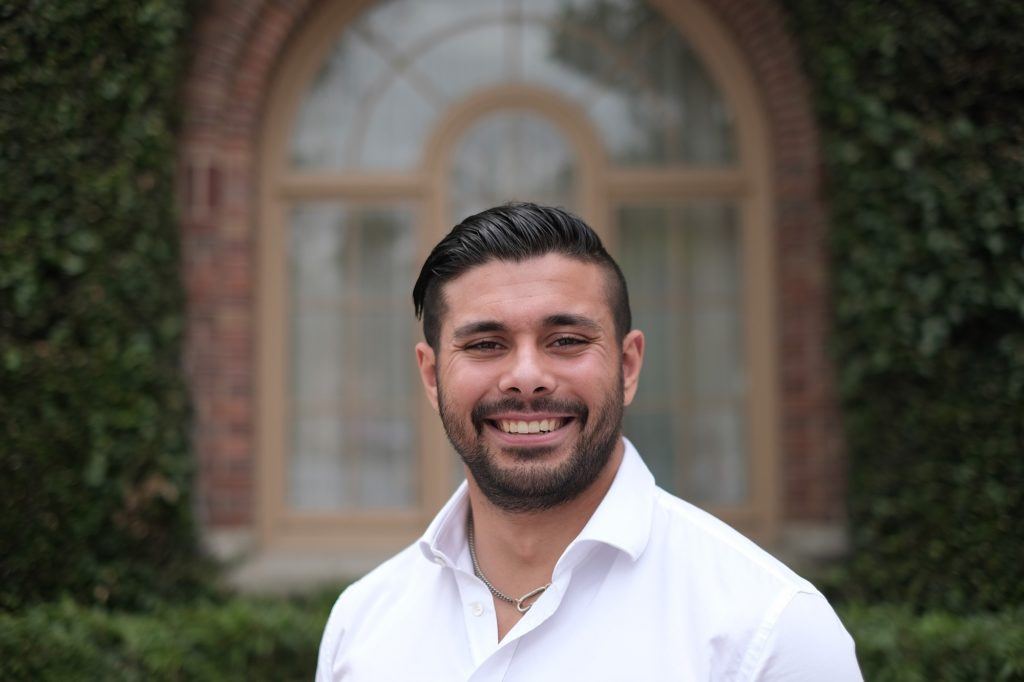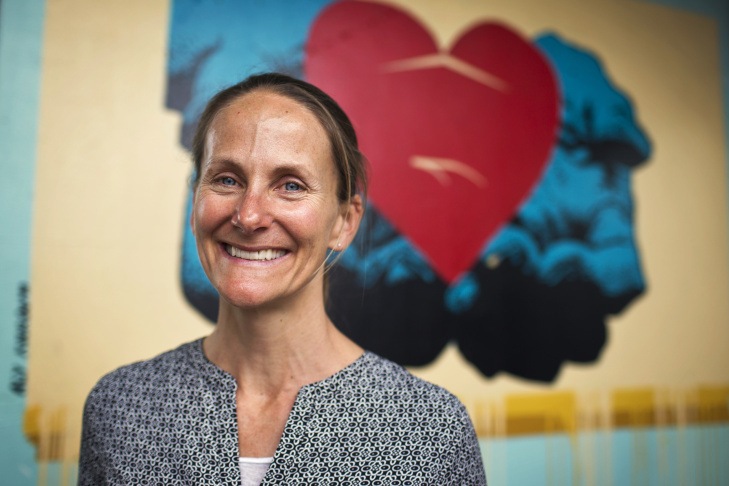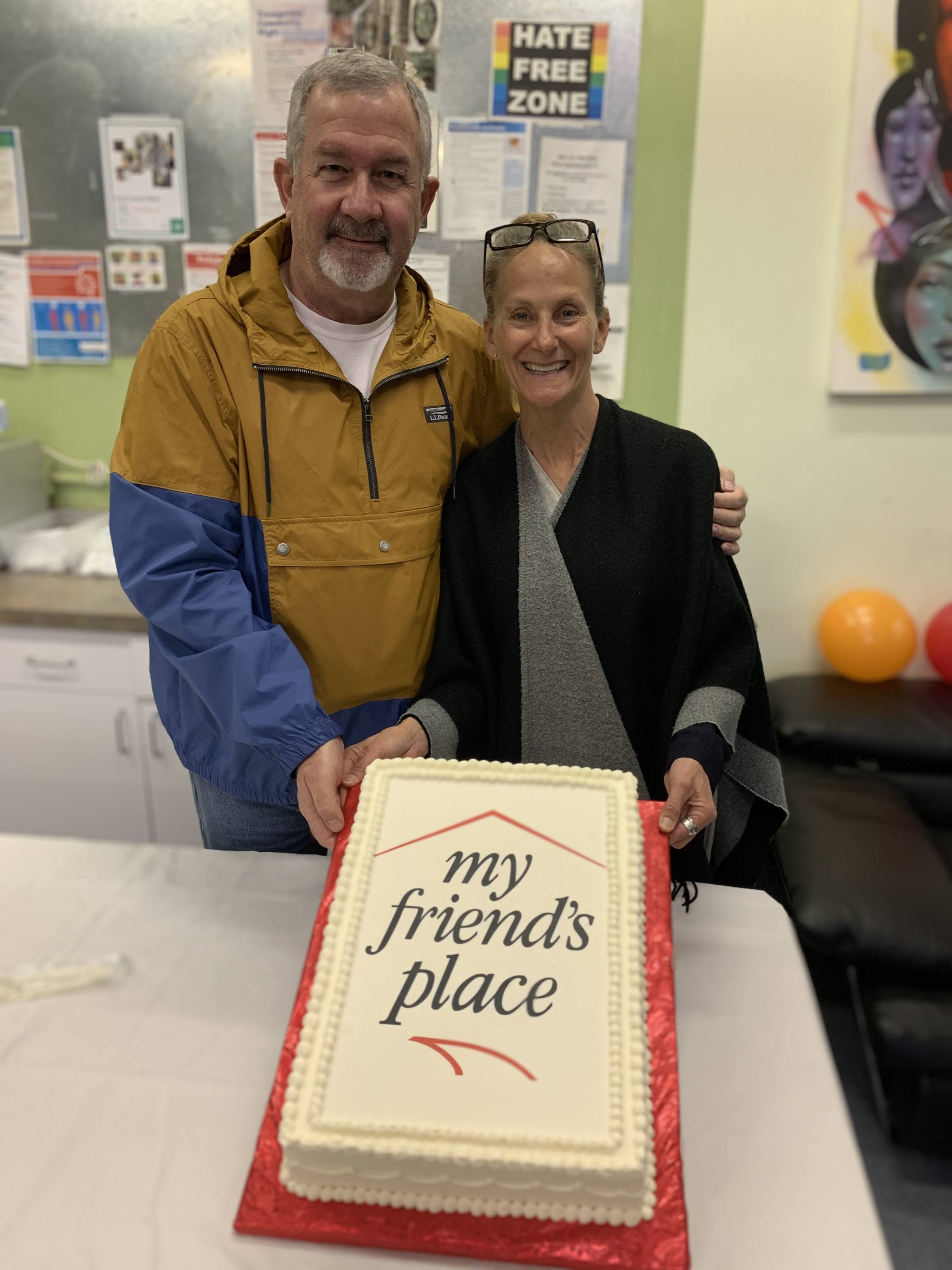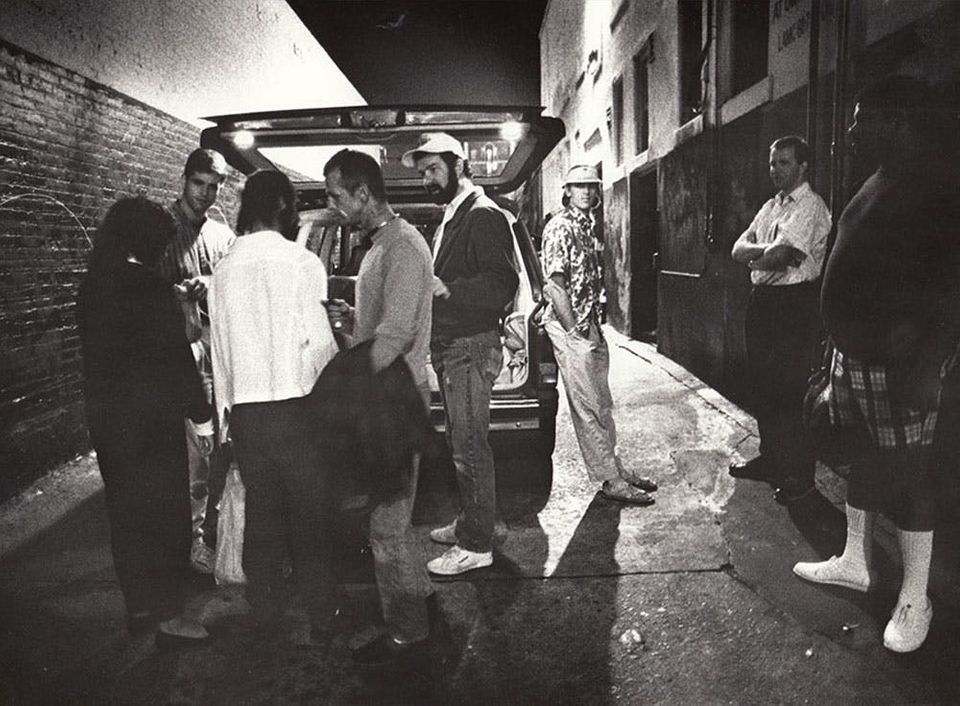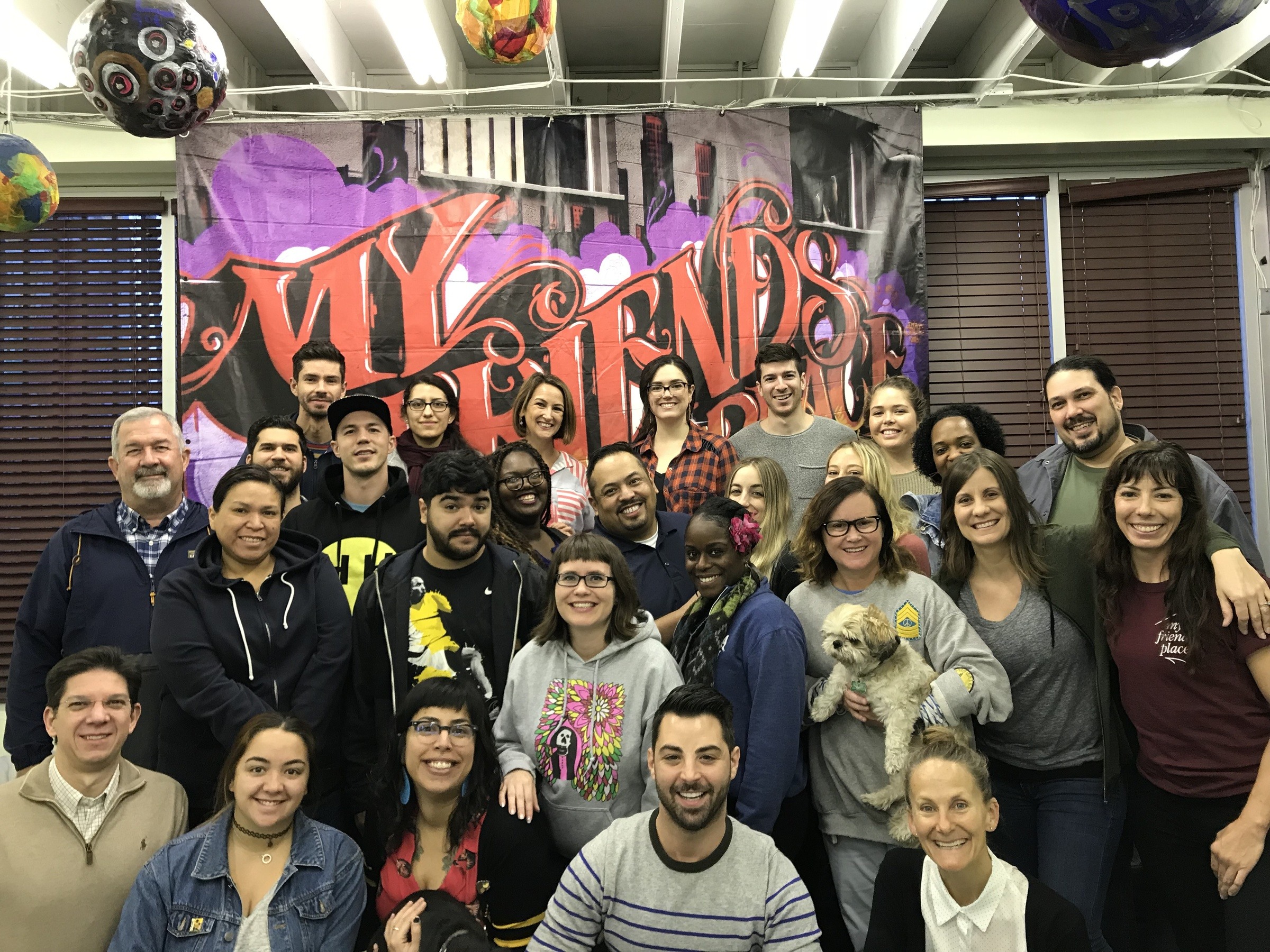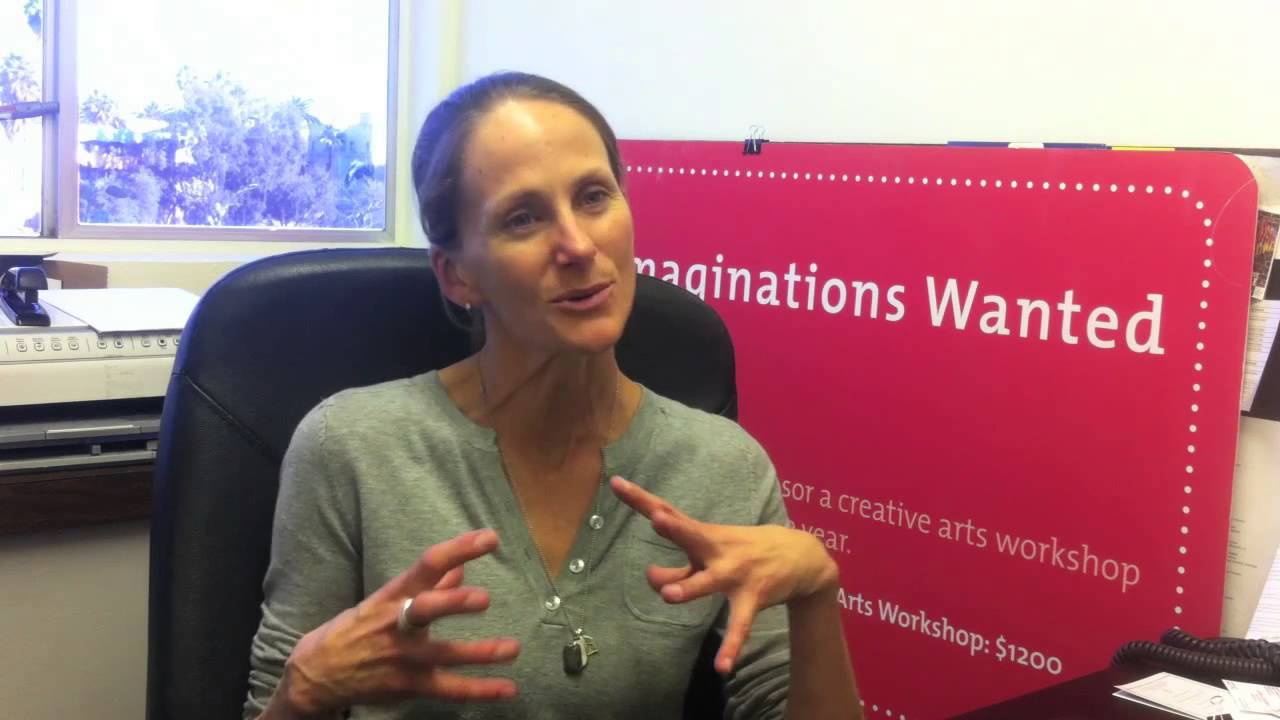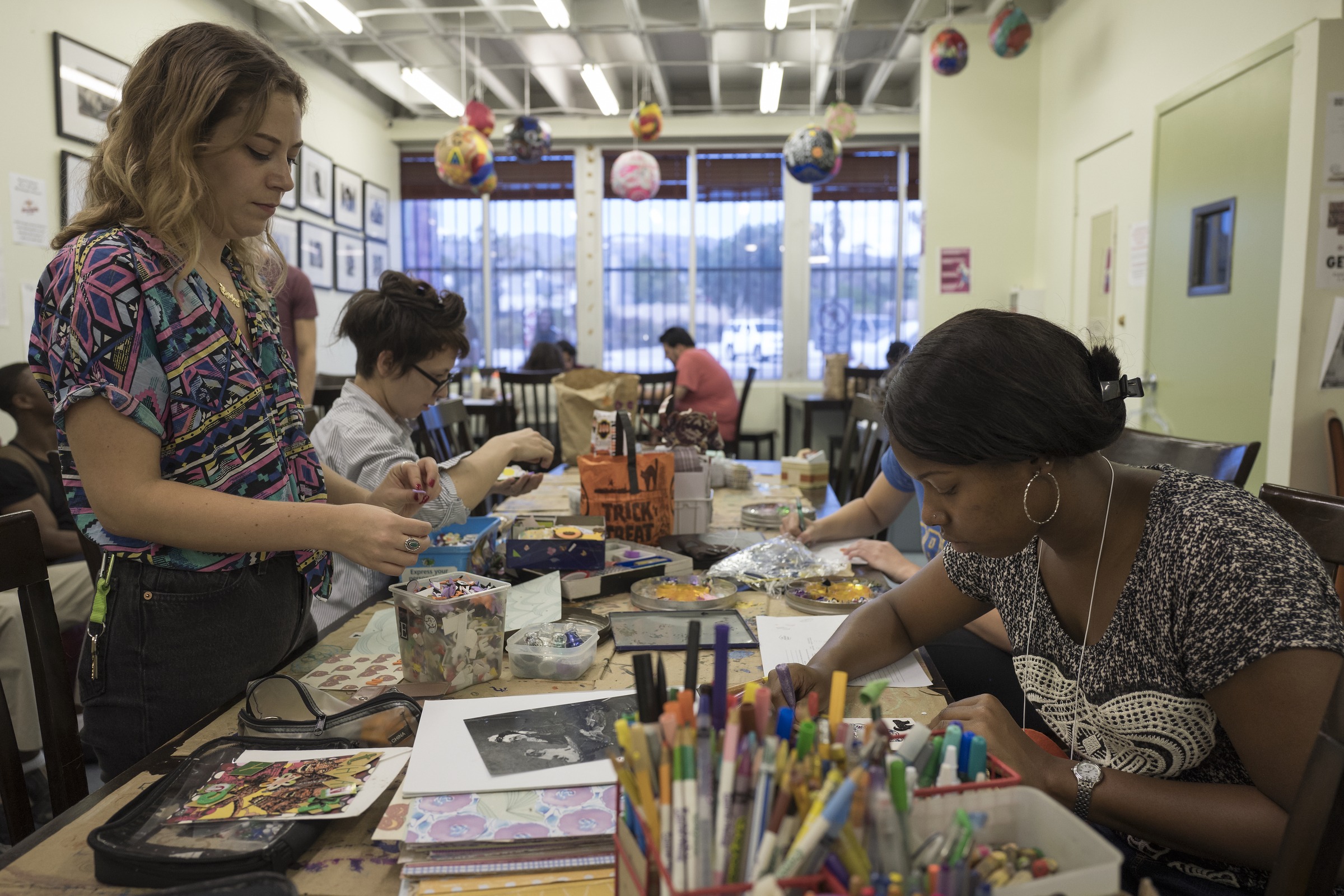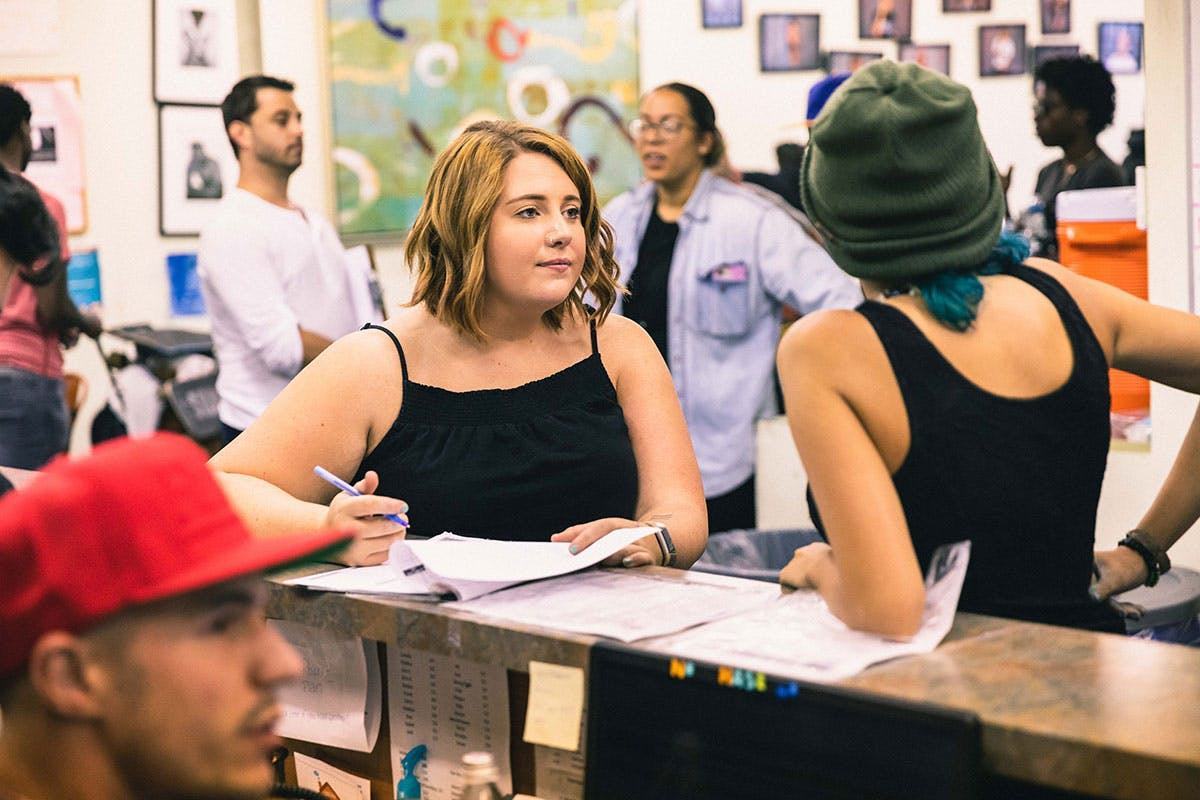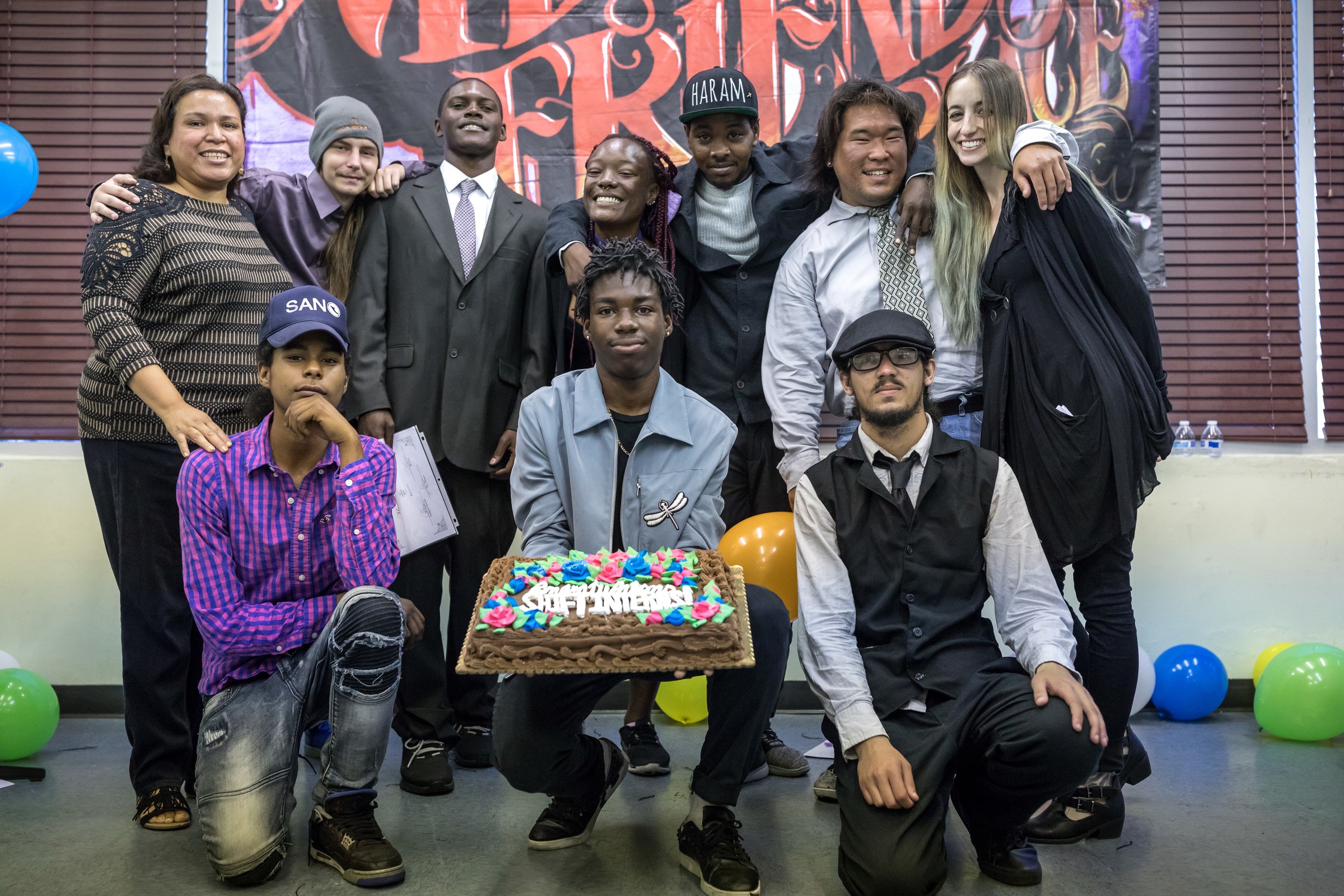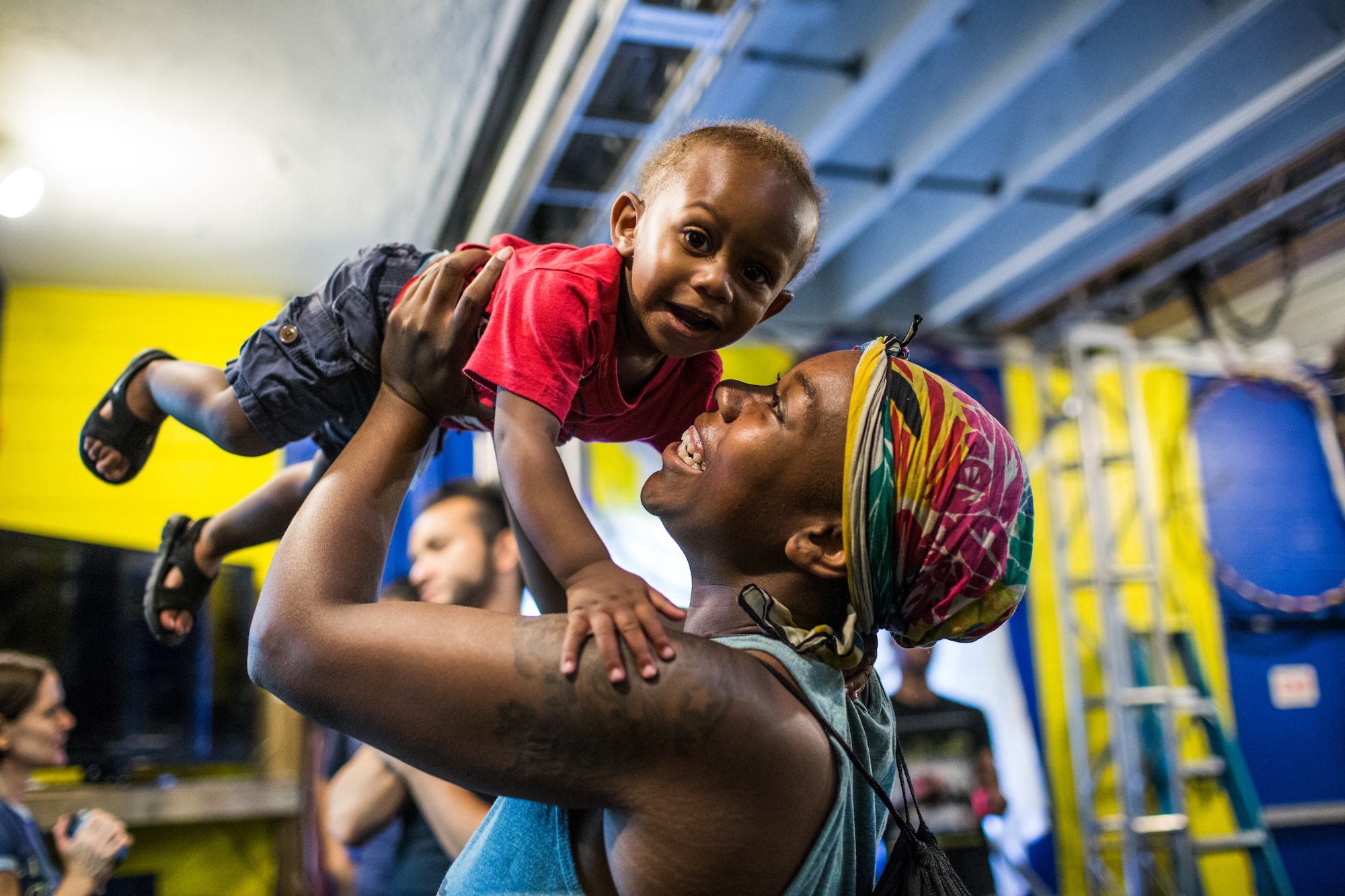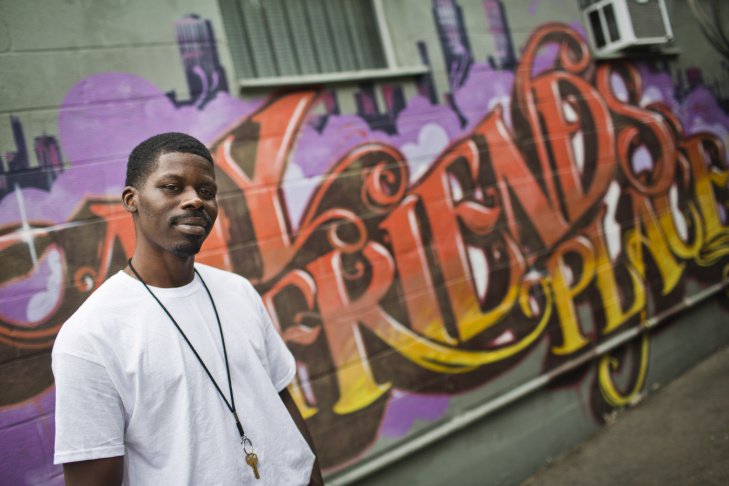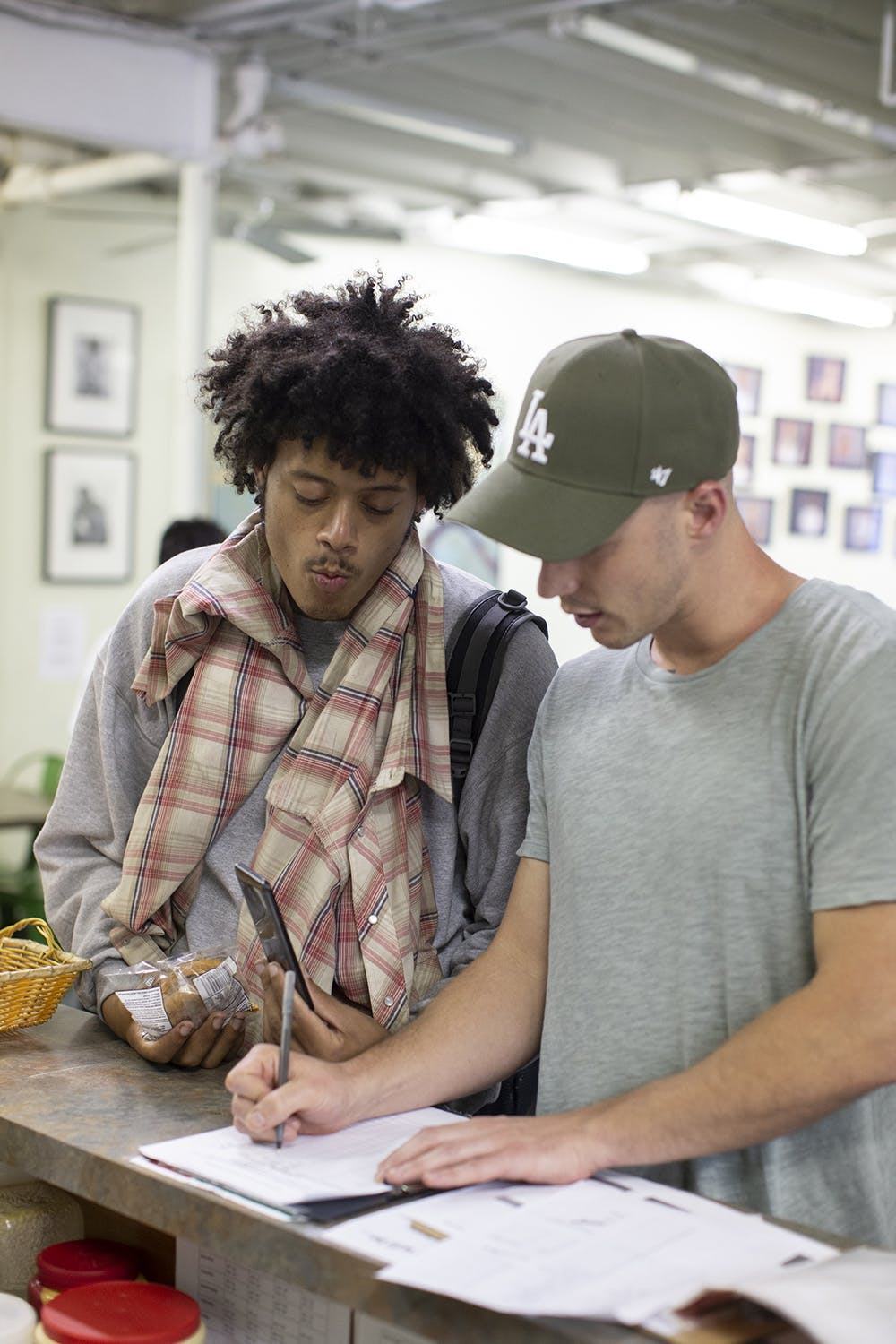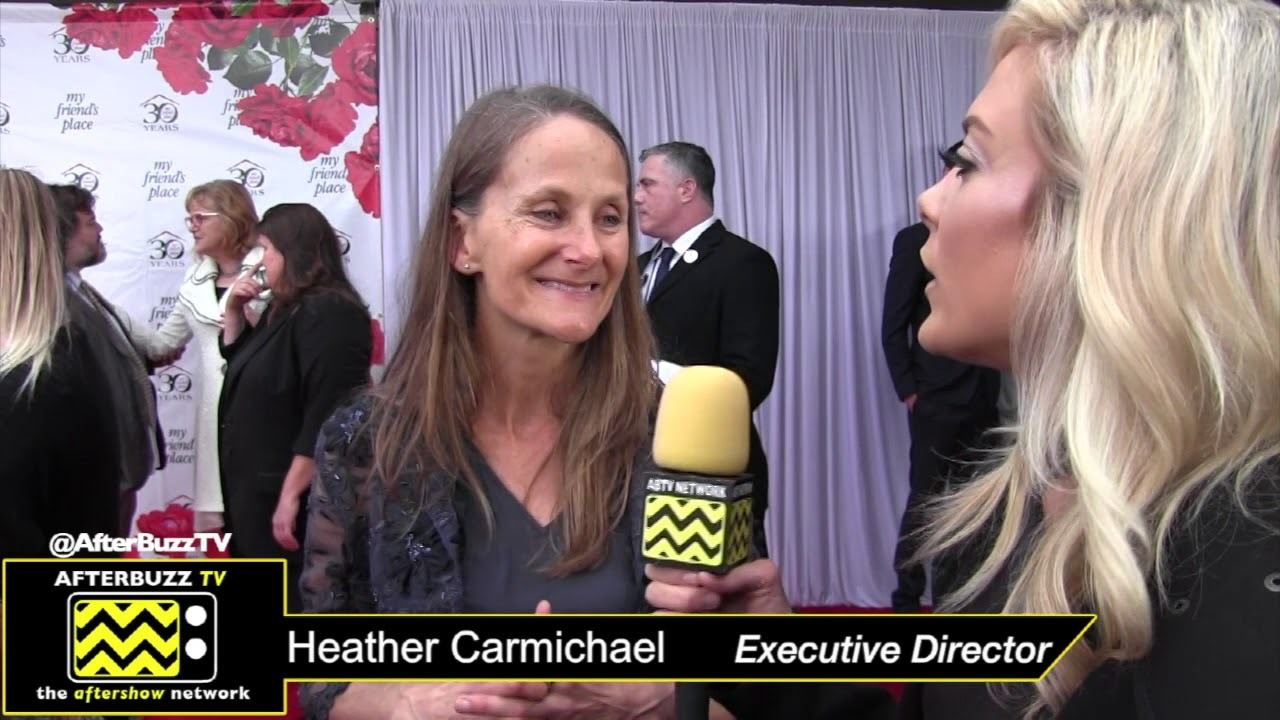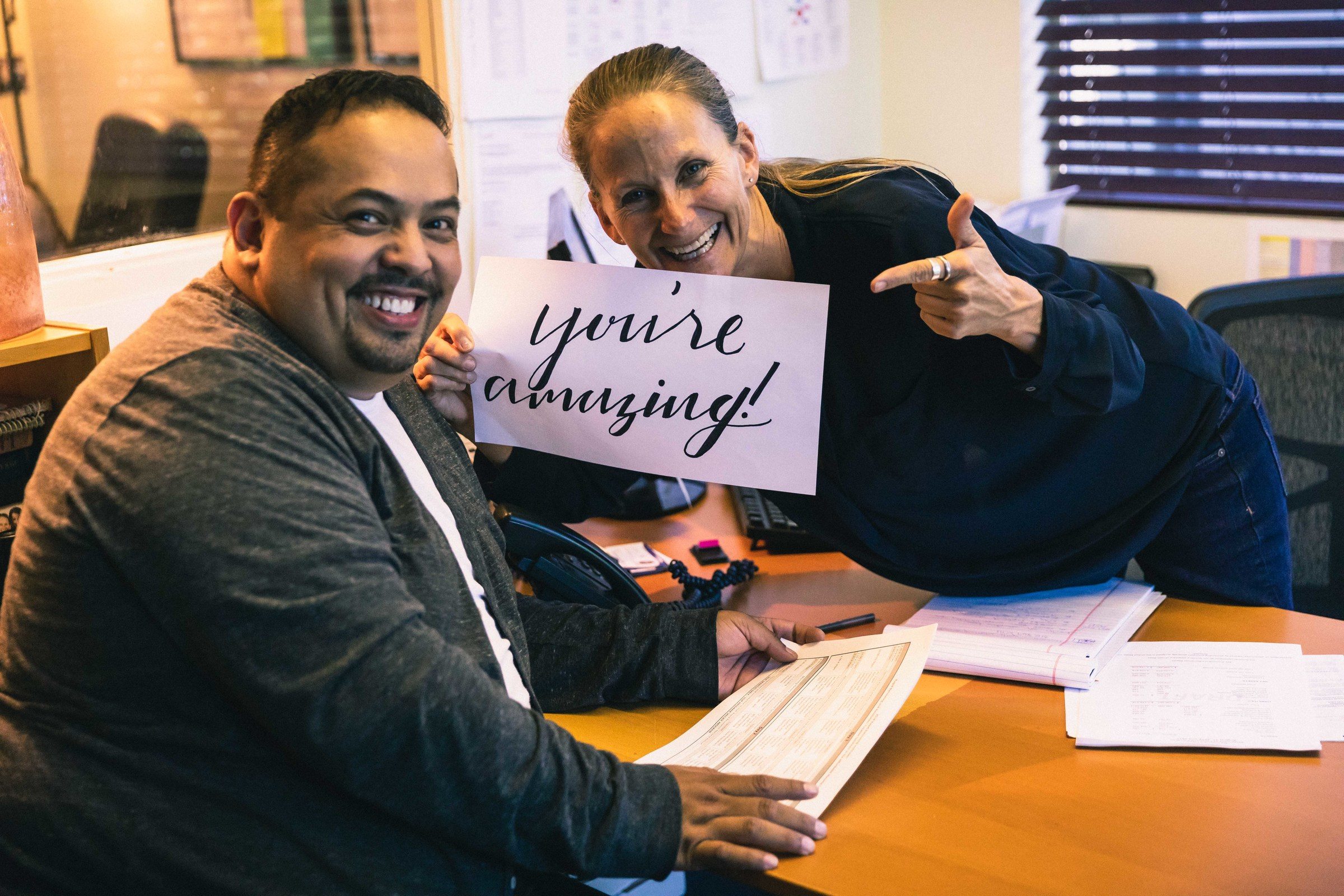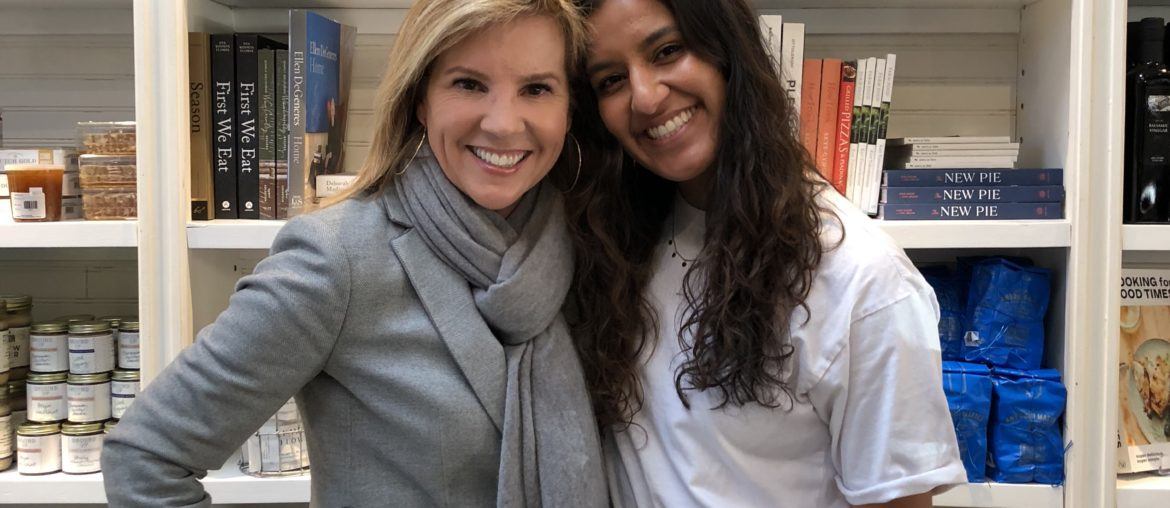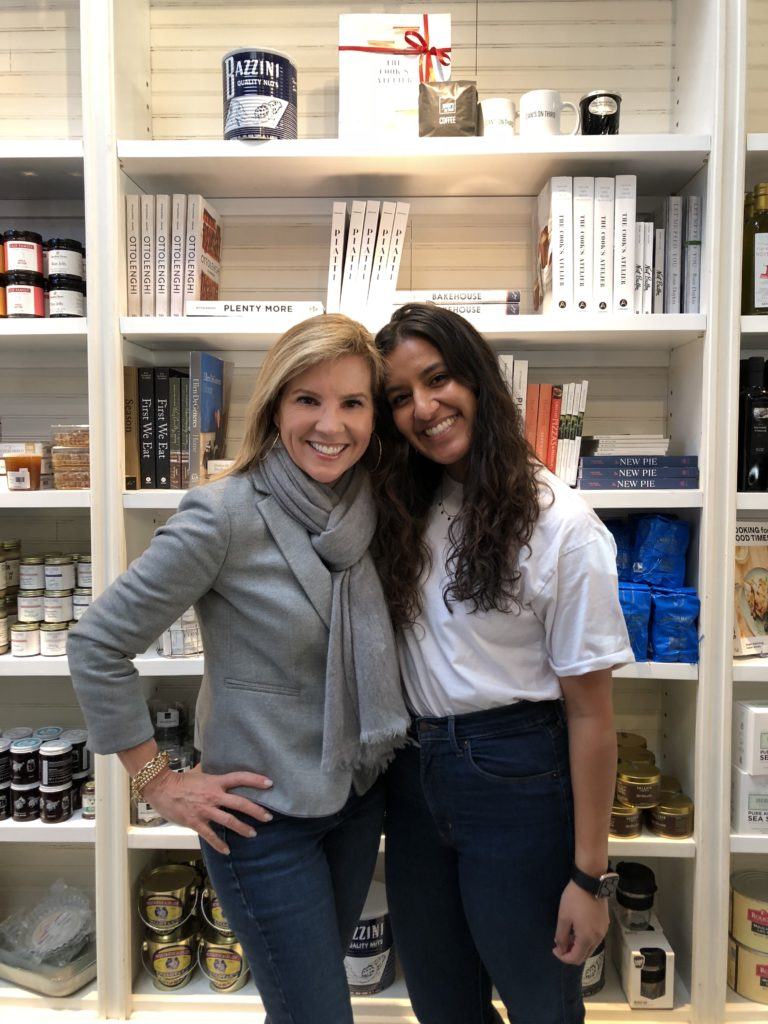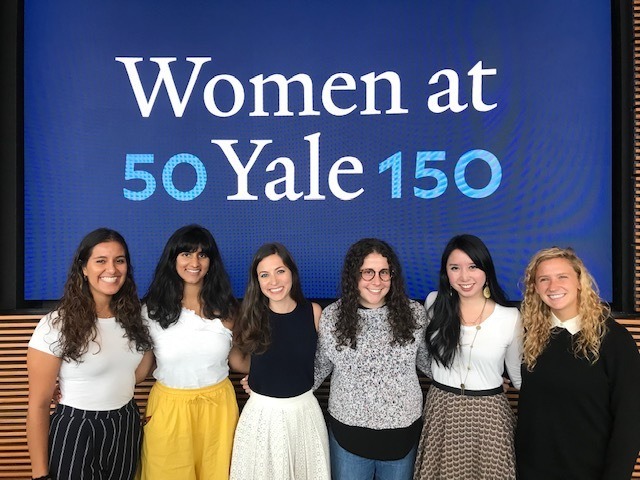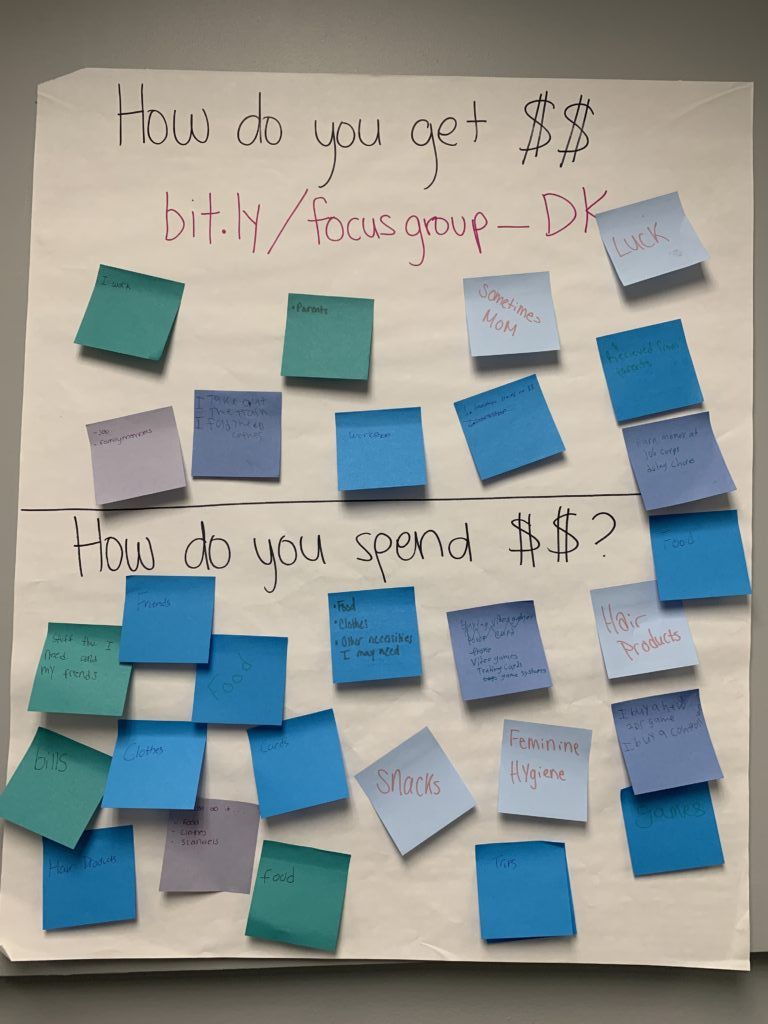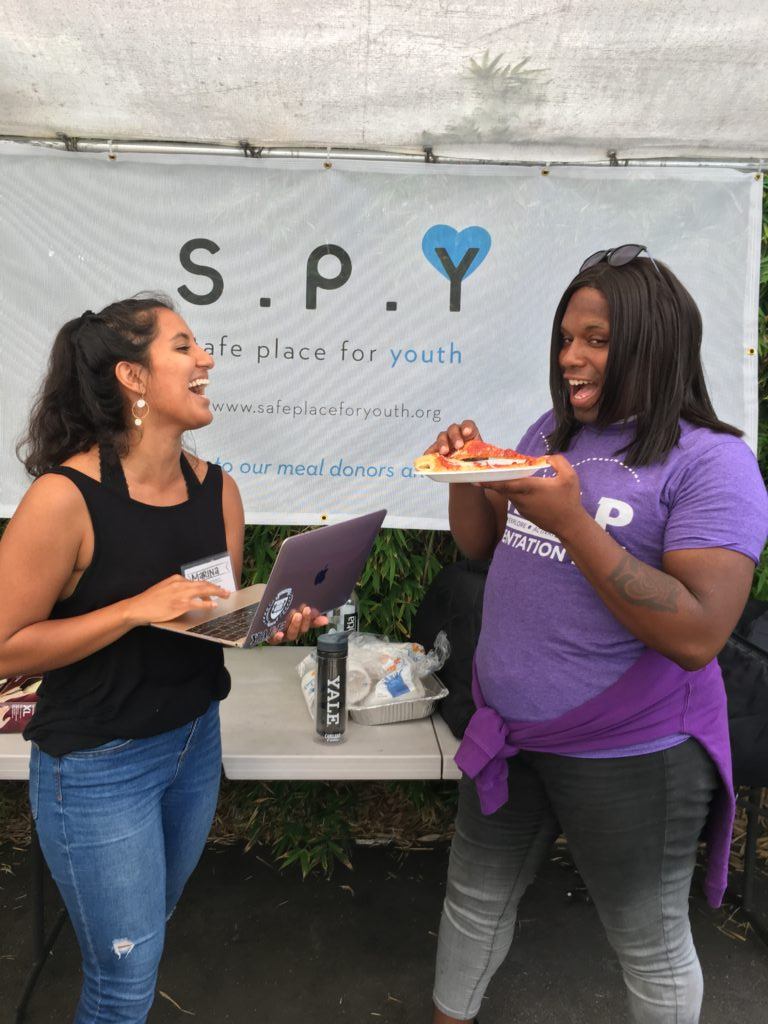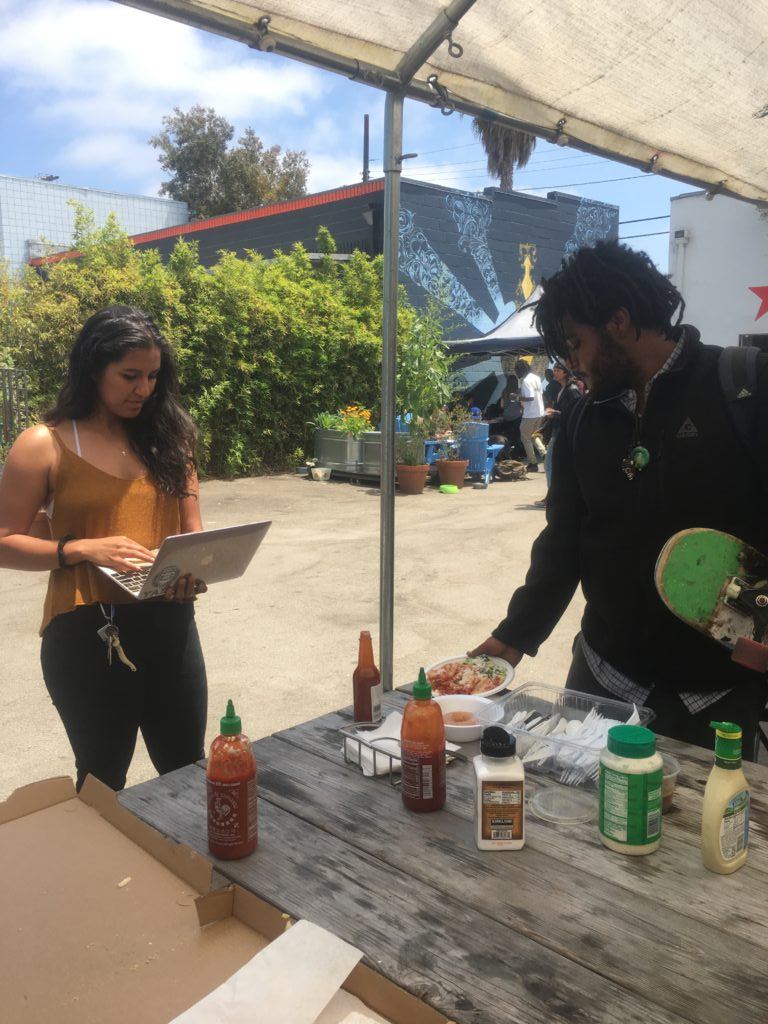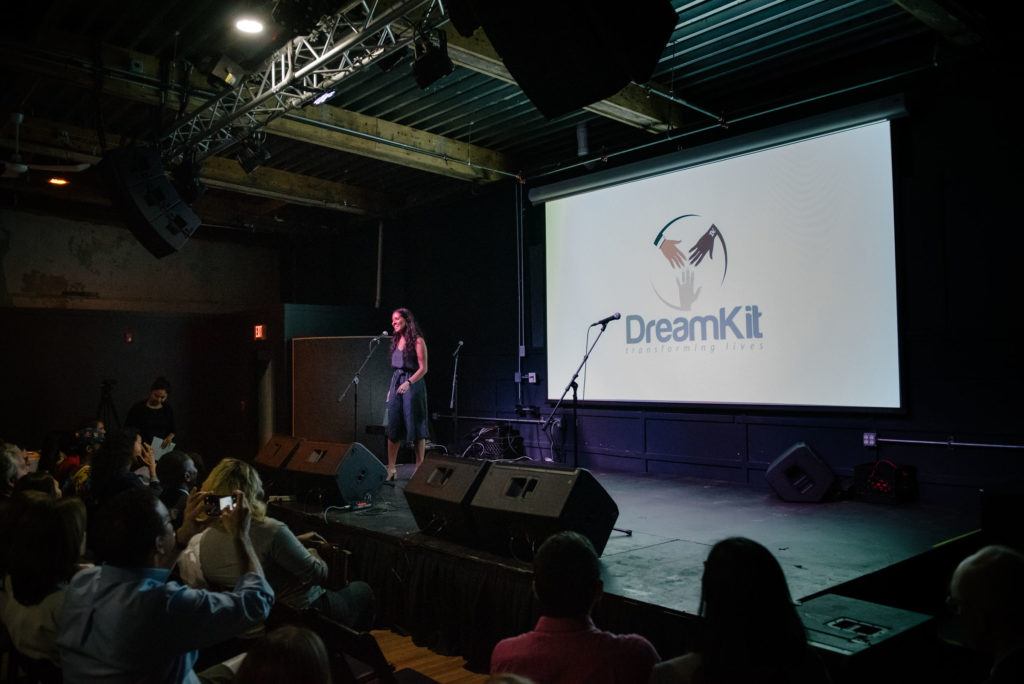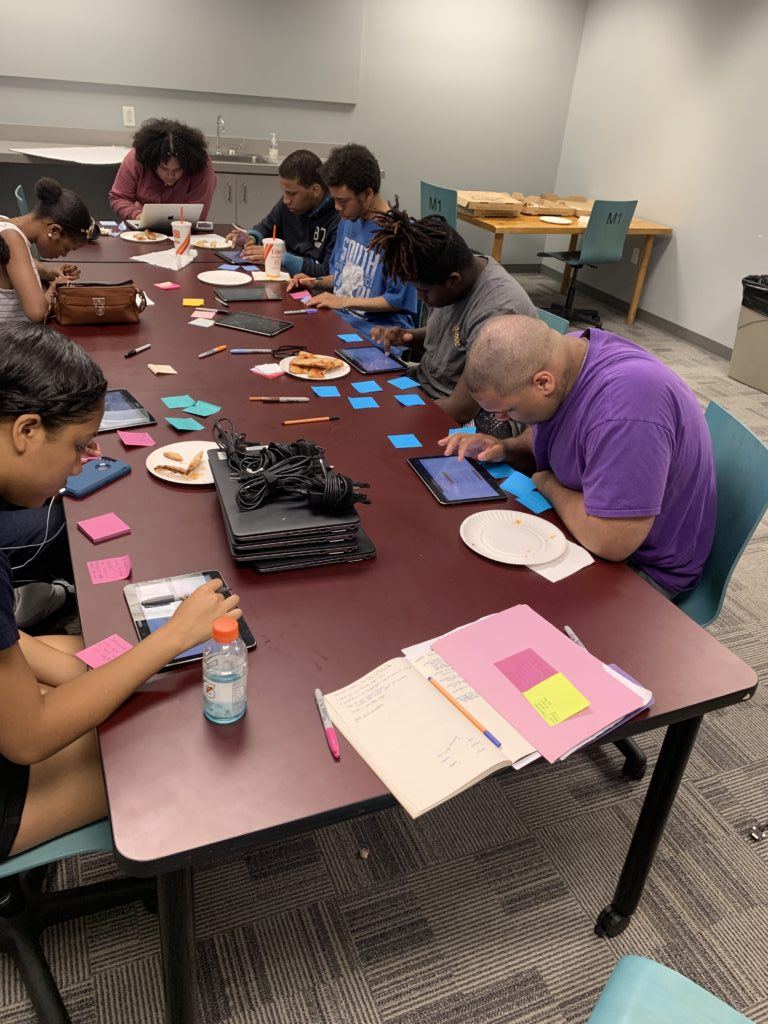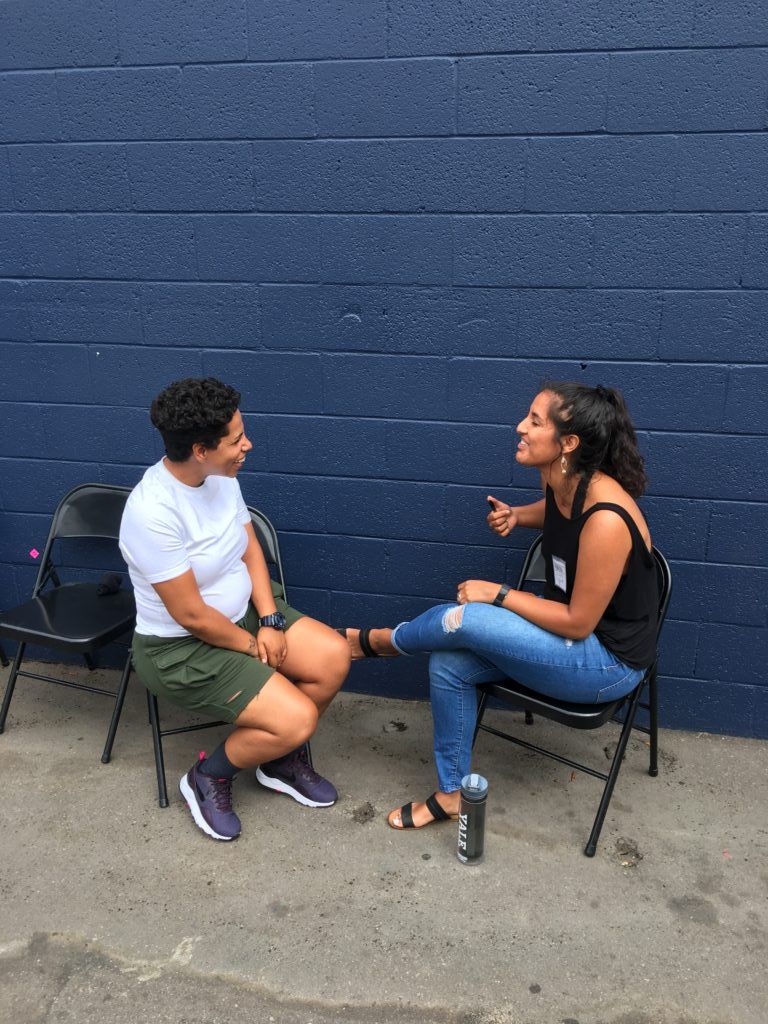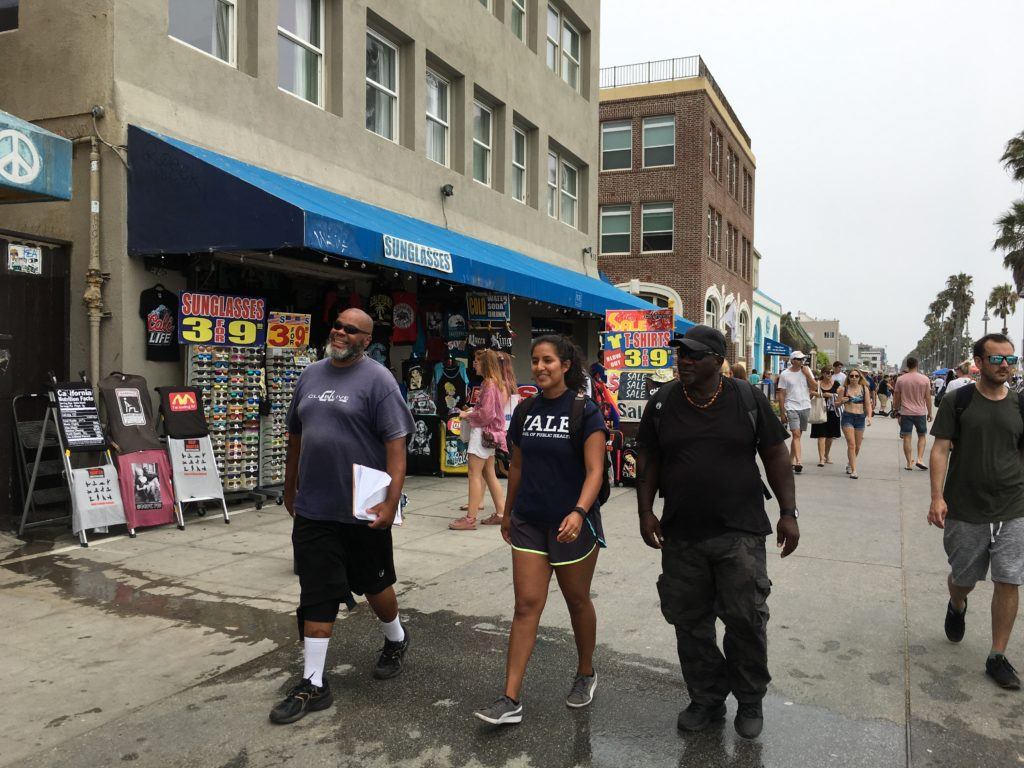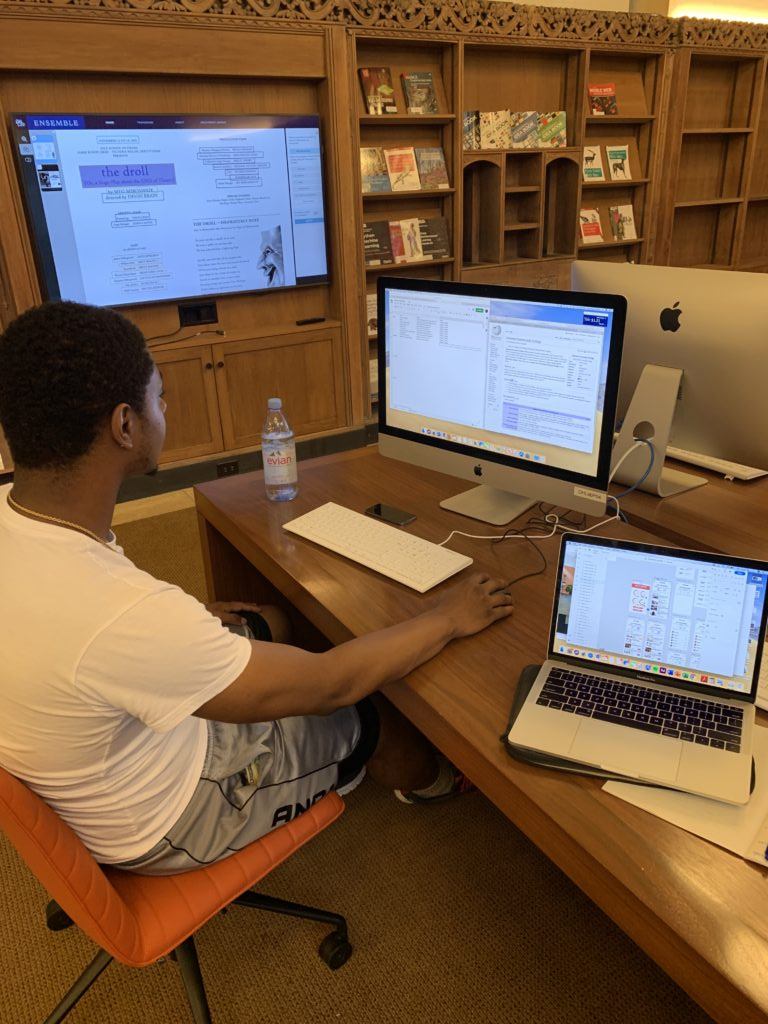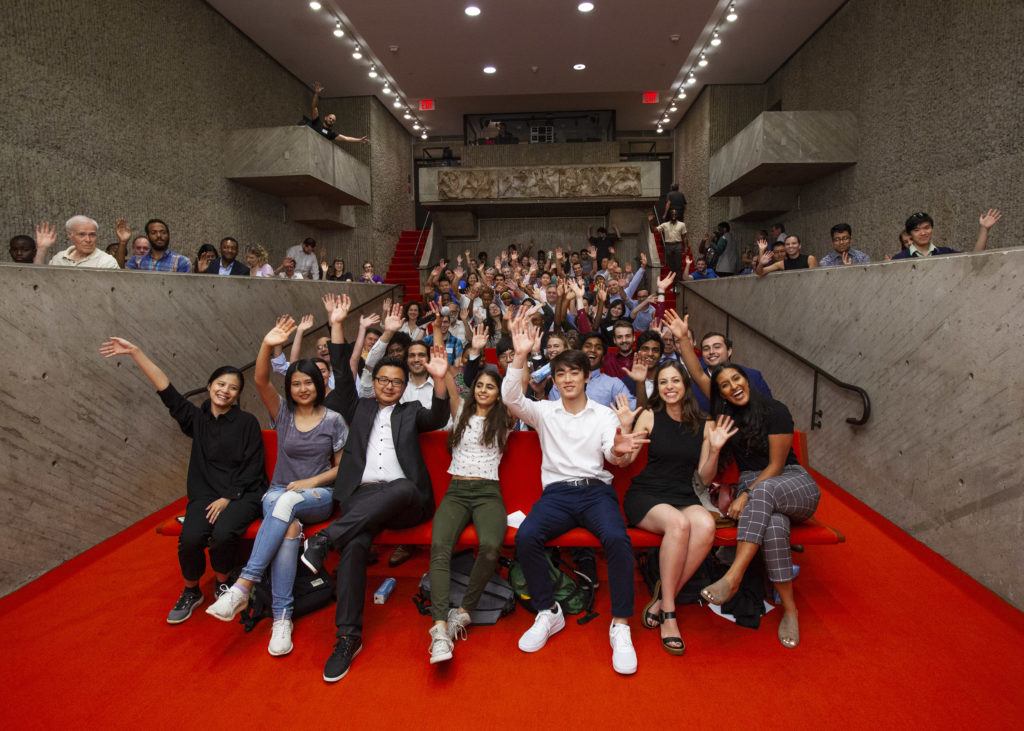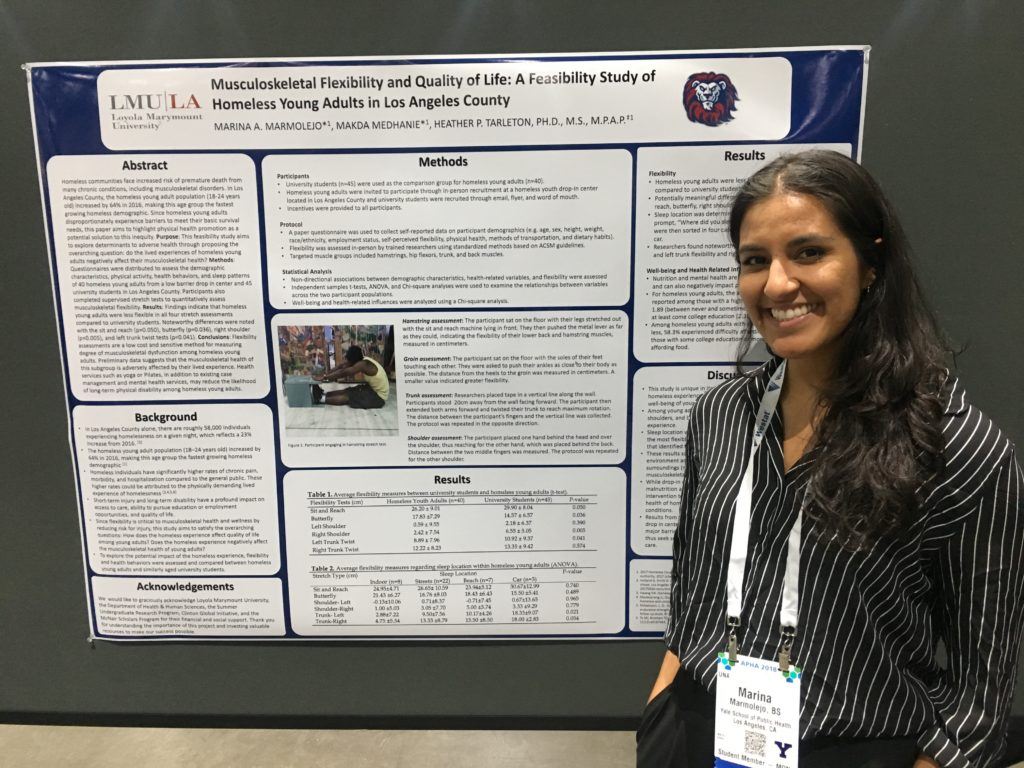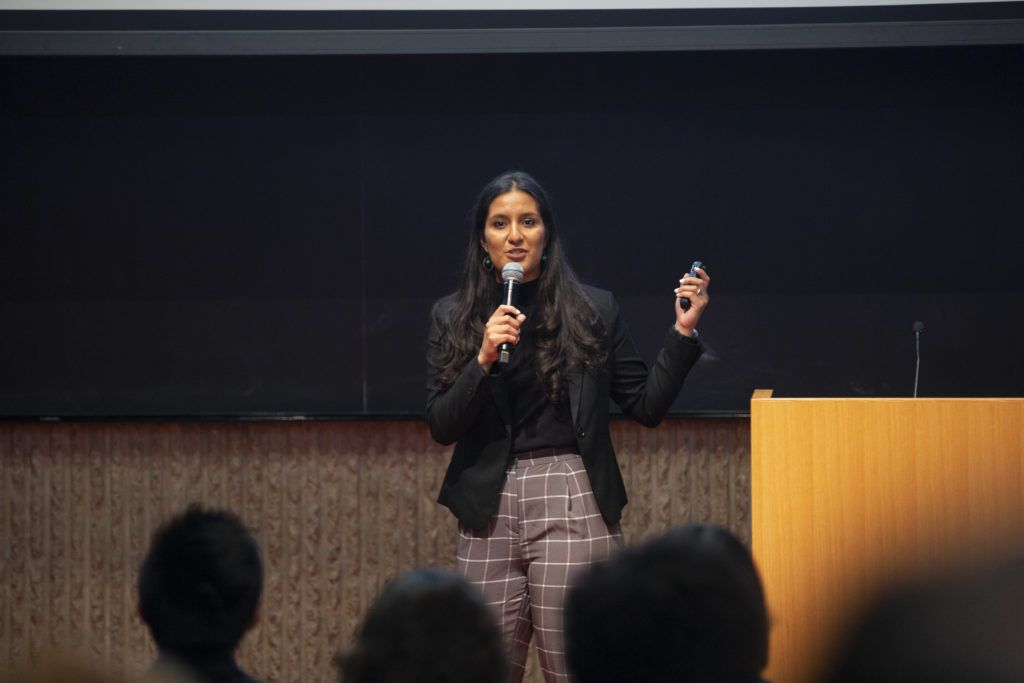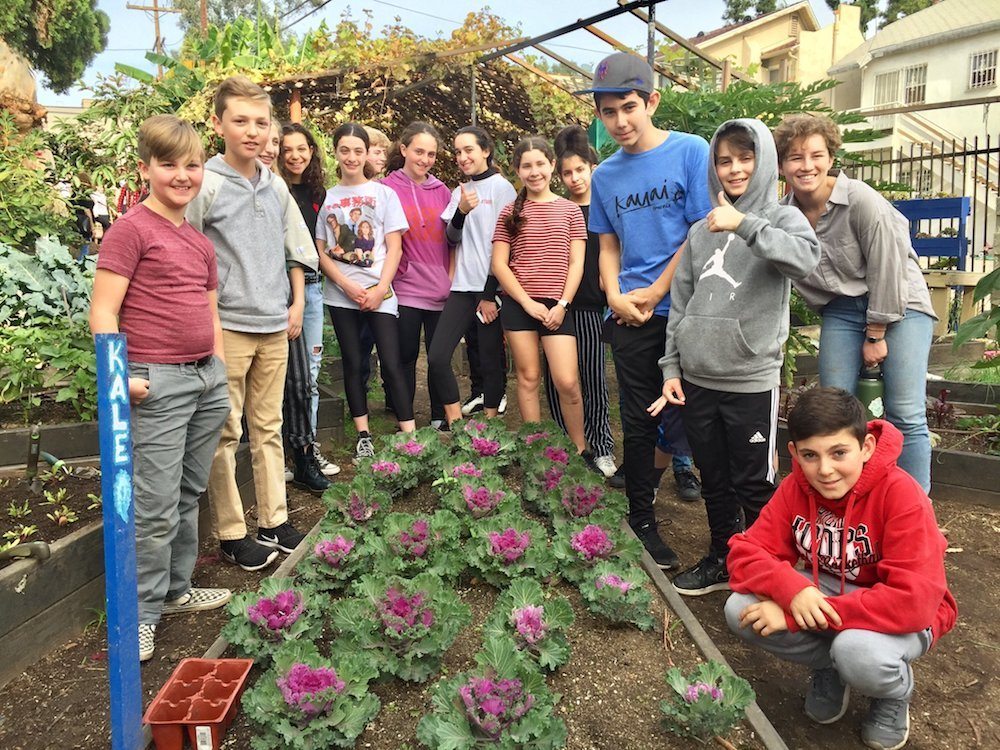
I was raised to never discuss religion or politics, to respect everyone’s beliefs and to always be open to learning from others. Faith plays a large part in my life and in my nonprofit work. The nonprofit a group of us founded over seventeen years ago provided chaplains of all faith to Children’s Hospital Los Angeles. That experience confirmed to me that believing in something bigger than yourself is something that will always serve as a life anchor, whatever that belief is.
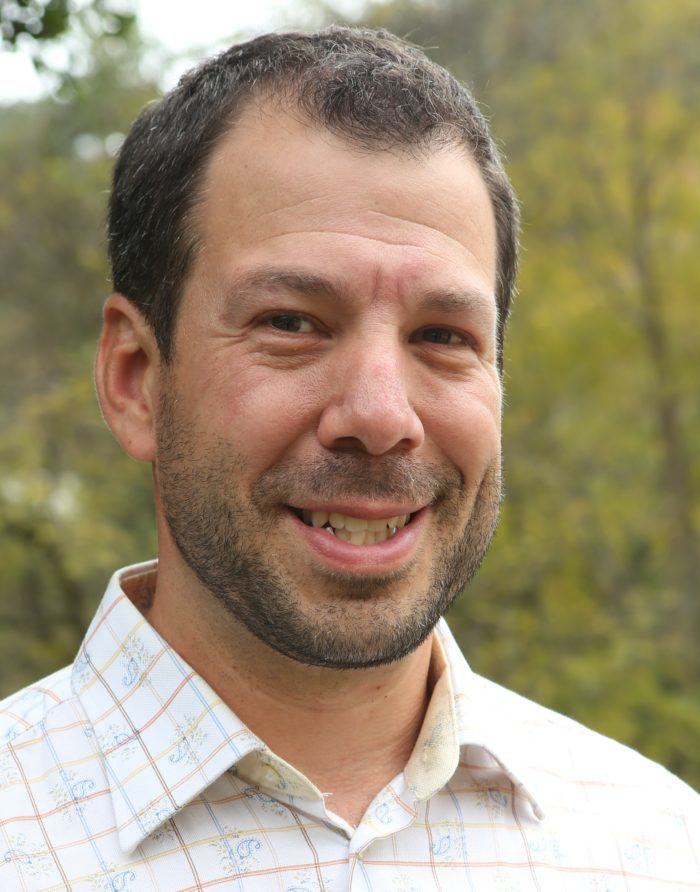
I took my current job as the Executive Director at TACSC mainly because I loved being a part of planting the seeds of compassion in our children and teaching students about service. Right before COVID, I had the privilege of meeting Avram Mandell, who is doing similar work with youth but taking it to a whole different level with his nonprofit Tzedek America. Let’s hope that as millions of children get ready to begin school this month that they have access to the incredible experiences Tzedek America is providing.
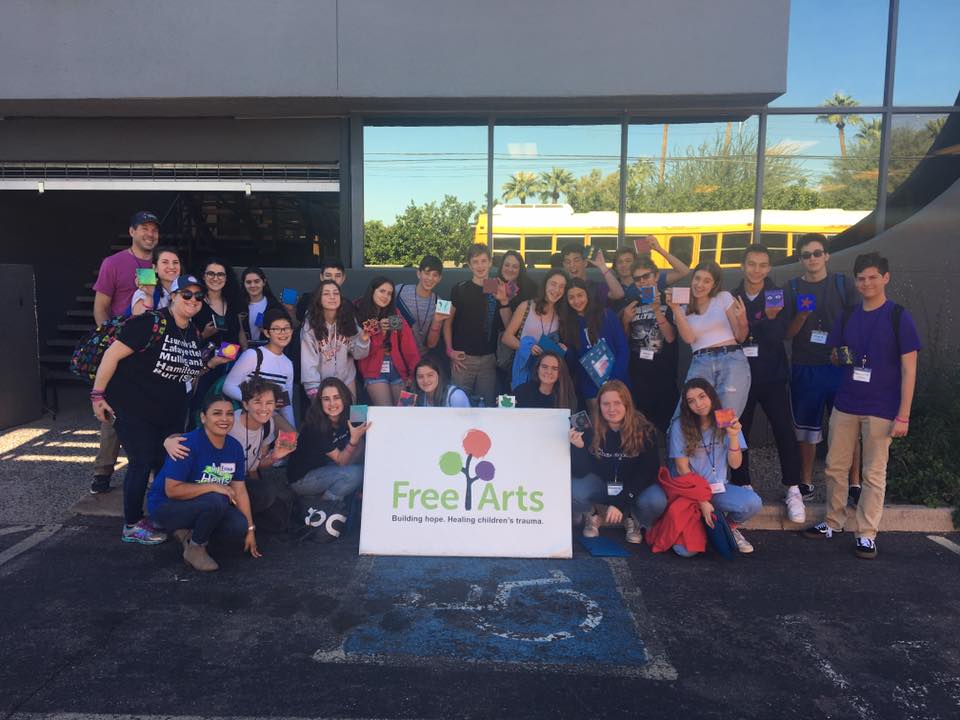
Charity Matters: Tell us a little about what TZEDEK America does?
Avram Mandell: We engage Jewish teenagers through immersive social justice experiences. We try to teach empathy and not sympathy and we are trying to move the needle in the social justice world by connecting these teenagers to social justice issues and to people affected by these issues. The best way to do that is through stories and meeting people and coming into proximity with those who are dealing with these issues as opposed to watching a documentary or reading an article. After kids go on our trips they begin volunteering, donating their time, running drives at their school getting, and their parents involved. We are really seeing the impact of our work.
Charity Matters: What was the moment you knew you needed to act and start TZEDEK America?
Avram Mandell: I have a Master’s in Education from Hebrew Union. I had worked at Jewish Summer Camps, been a youth group advisor, and had experiential learning in my blood. I ran school programs, adult learning programs, garden programs, video programs always acting as an innovator and creator. My attitude in life is that there is always a way to make things happen.
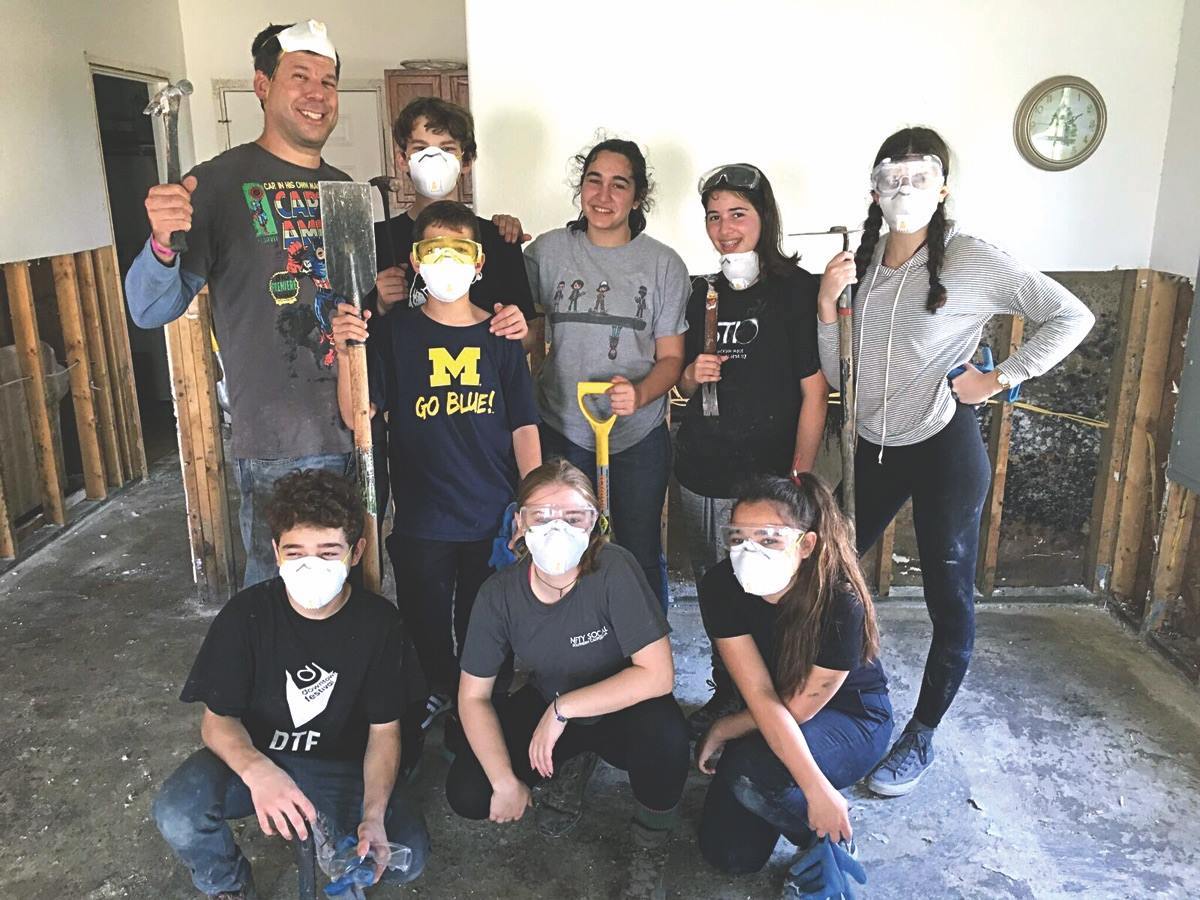
In 2005, when Hurricane Katrina hit I wanted to go and get my hands dirty and really do something about this national natural disaster. So I reached out at the synagogue and twelve teenagers volunteered. We had a contact at the Methodist Church in Pearlington, Mississippi and we set out to do flood relief work. We all had a powerful experience bringing hope to that part of the world. I remember when we went to our cots there were little bags for us with toiletries and notes from kindergartners thanking us for volunteering. I had never been a recipient and it was such a beautiful moment for all of us.
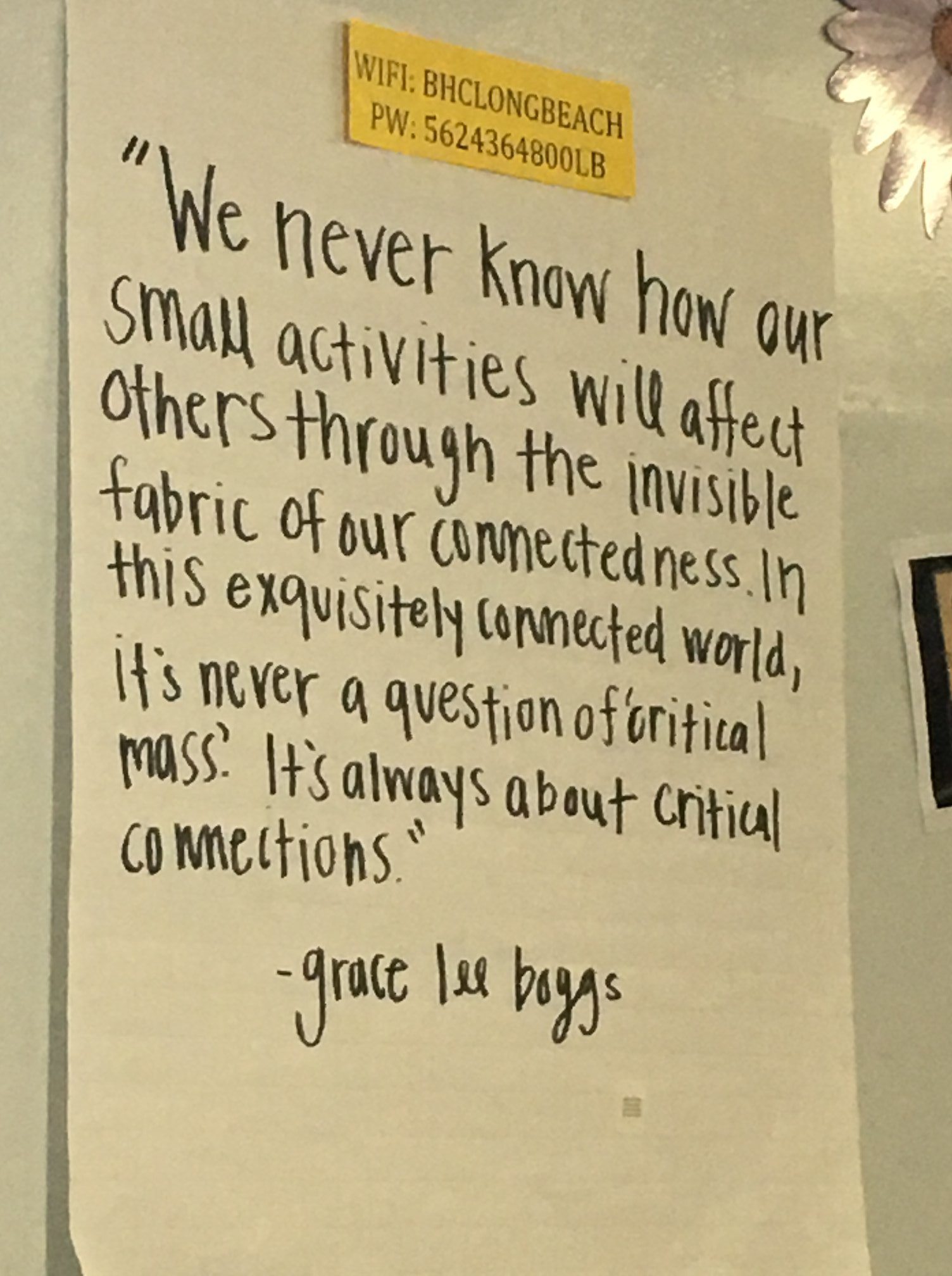
We came back from the trip and all of those students wrote their college essays about this experience which was transformative. Teenagers care about social justice but they don’t know what to do about it. So I wanted to create an organization that would engage Jewish teenagers in their Jewish values and that those values support their passion for doing good in the world. I wanted to give them the tools to do something about it. We began in 2014, as a gap year program and people started calling and asking for half-day trips and then four-day trips. We were taking kids to skid-row, the border, and giving them these incredible experiences and word started to get out.
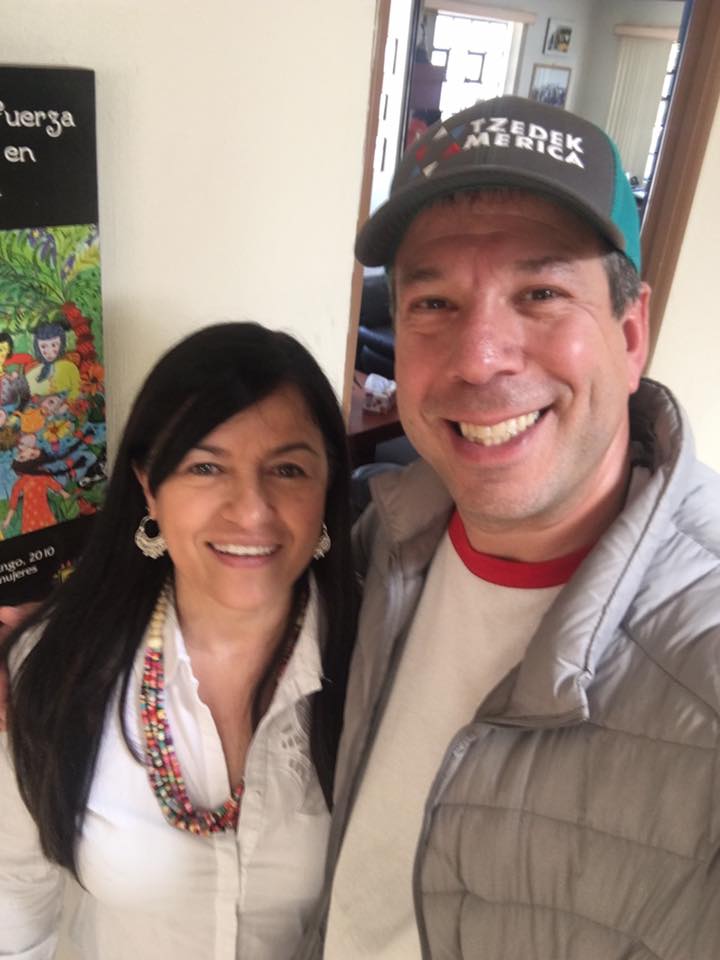
Charity Matters: What are your biggest challenges?
Avram Mandell: I think one of our biggest challenges is staffing. How do you find someone to be part of a start-up and has that same passion that fuels you to do this work? It’s one thing when the founder is up until 1 am working but if I am just an employee I don’t have that same commitment. As we grow you try to do it all and realize quickly that you can’t. So, how do you find the staff member that is fun, engaging, charming, a good educator, good with teenagers, organized to plan the logistics of all our trips and experiences?
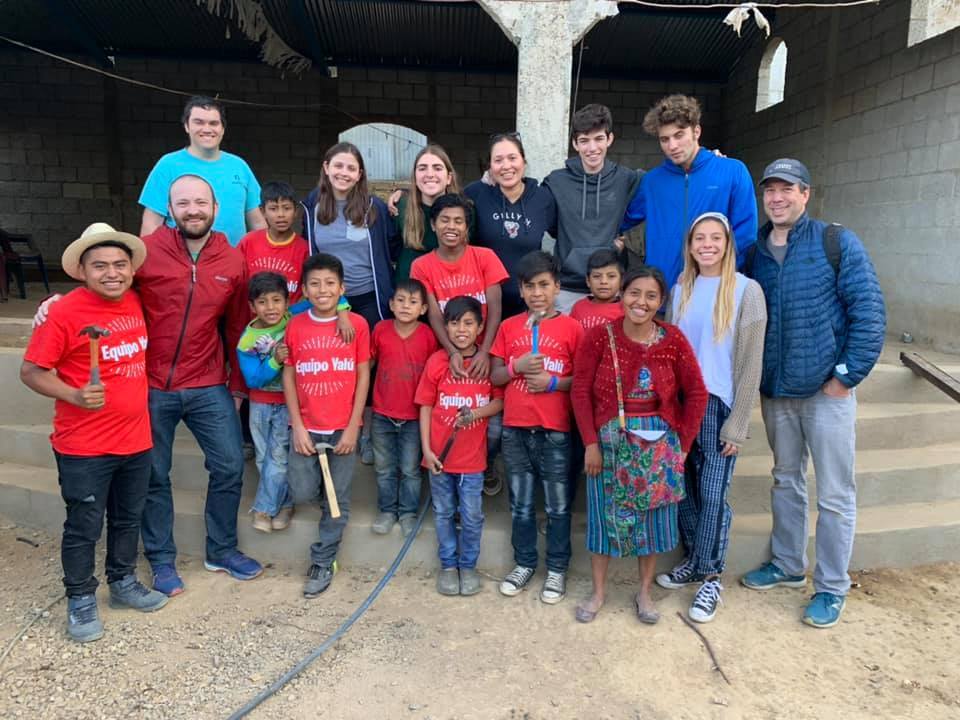
Charity Matters: What fuels you to keep doing this work?
Avram Mandell: The feedback from our work reminds us that this is worth it. Knowing we are having an impact. I get the results I want from our students. I just got a text an hour ago of a picture of third-graders writing notes to people in detention centers. It turns out that the 9th grader that went to one of our trips at the border was sharing her experience with this third-grade class and the third graders were so inspired that they wanted to write welcome to America notes. That is why we do what we do.
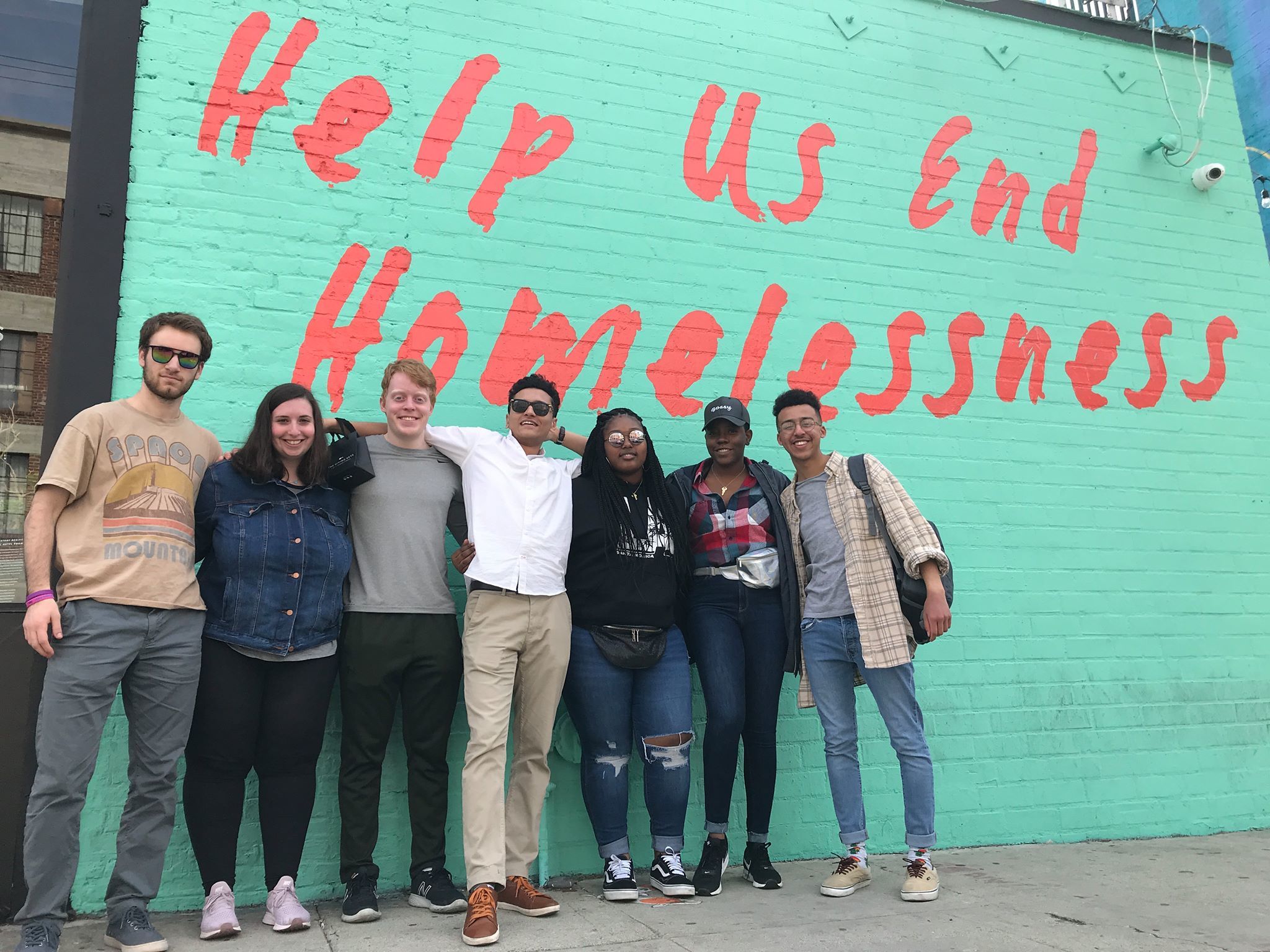
Charity Matters: When do you know you have made a difference?
Avram Mandell: We brought a group of 6th graders to a recovery group. A 27-year-old woman shared her journey with our students. After her story, the 6th grader said to the woman, “You are such a strong woman, we have so much to learn from you.” The little girl went on to say that she struggled with her relationship with her parents and told the woman what a great example of strength she was.
We create these experiences for teenagers on a weekly basis that students would not ordinarily have. The students learn that we are all just human beings. We all have so much in common and so much more to learn from one another.
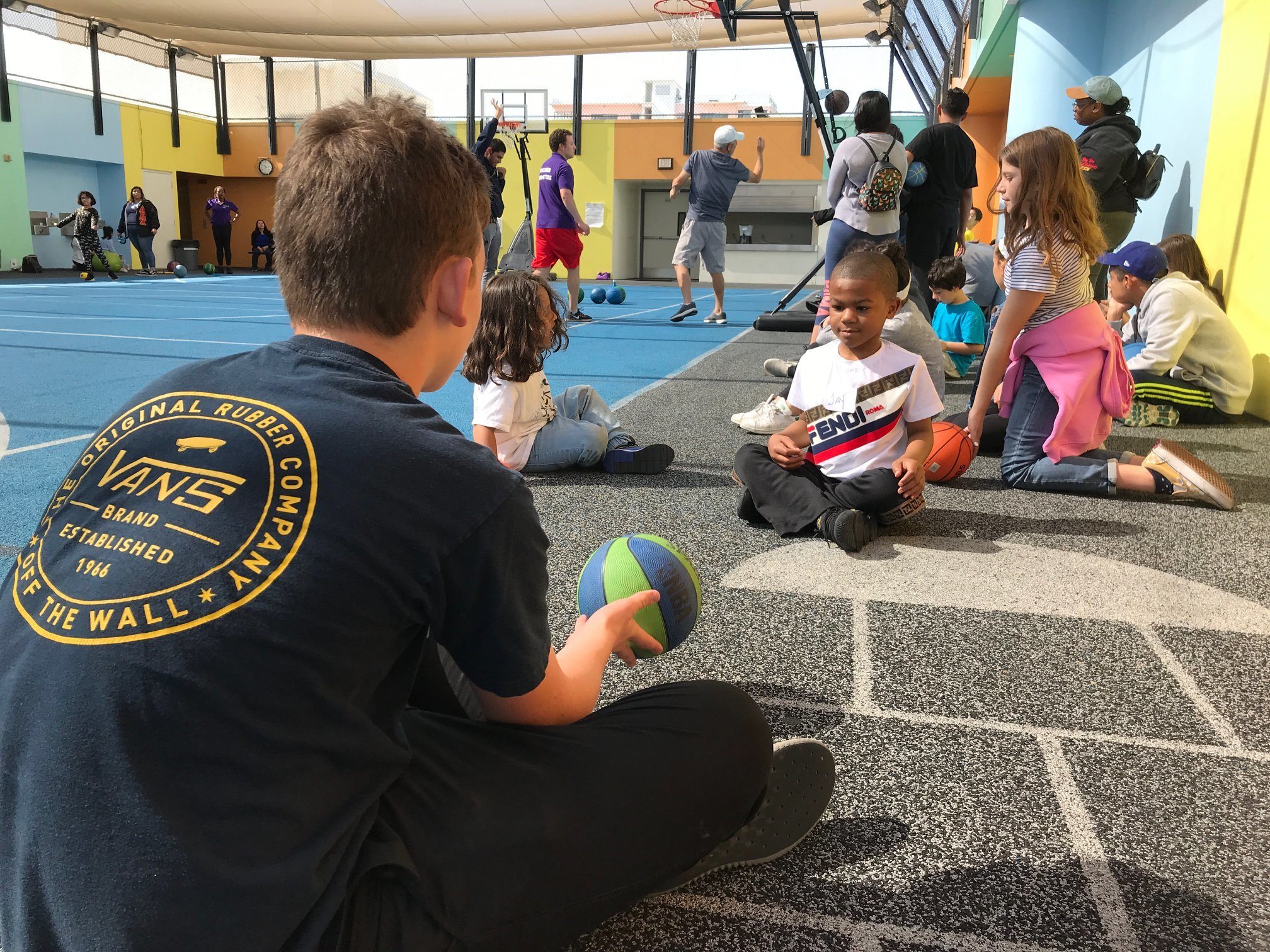
Charity Matters: Tell us what success you have had and What has your impact been?
Avram Mandell: Our impact is the stories like the one I just shared. It wouldn’t be the statistics. When you show up at a nonprofit with a group of teenagers and recognize one of the volunteers and say, “Don’t I know you?” She says, “Yes, you brought me here three months ago and now I volunteer here.” Then you ask is she doing this for required community service hours and she replies, “No, this is just what I do.”
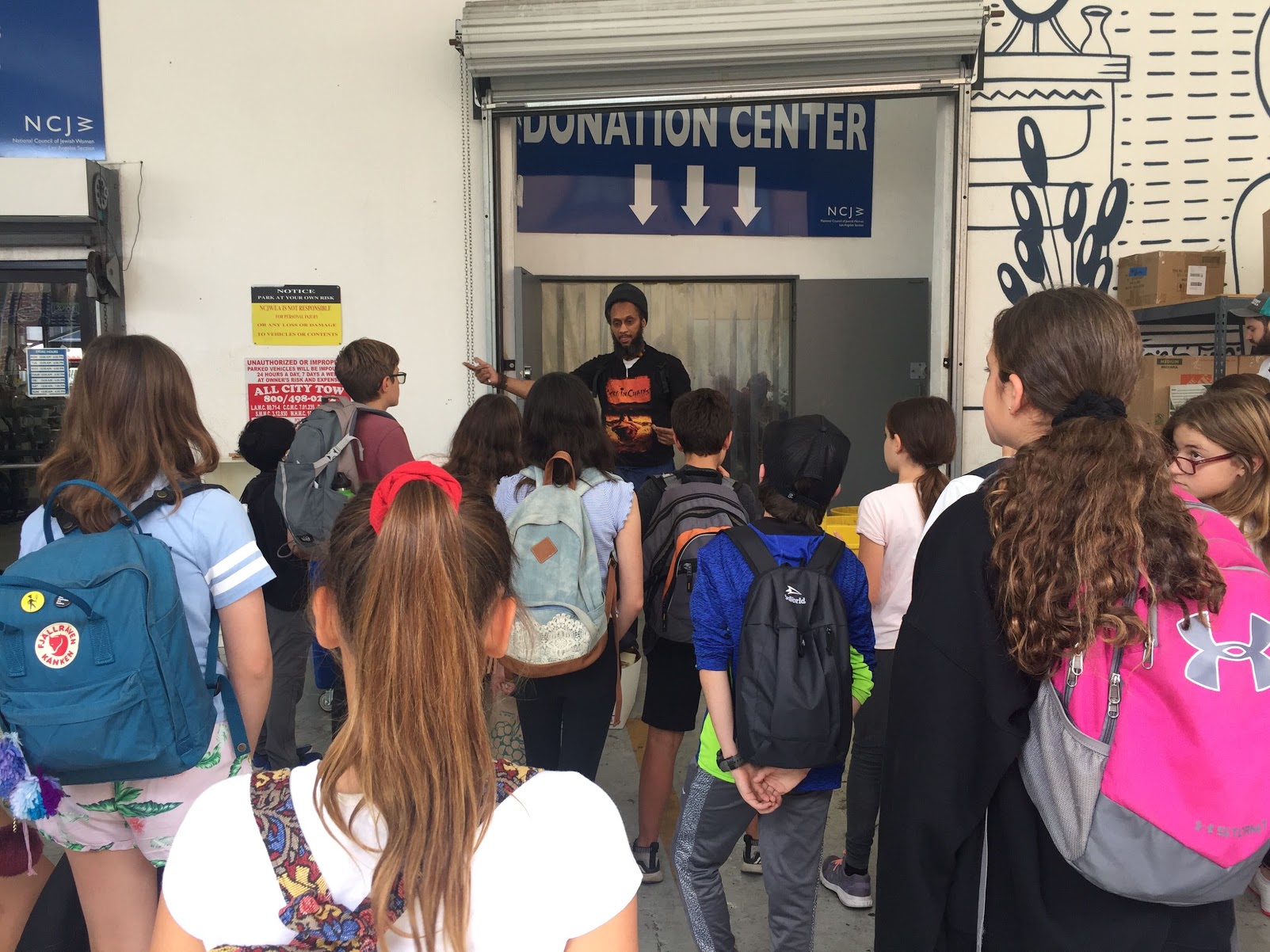
Charity Matters: If you could dream any dream for TZEDEK America, what would that be?
Avram Mandell: I would love to have our programming in different cities so we can affect other students with what we are doing. I would love to have more capacity to make that happen. There is a quote from a book called Ethics of Our Fathers that says, “You are not obligated to complete the work but neither are you free to desist from it.” We know the ripple effect of our work and those we impact is large.
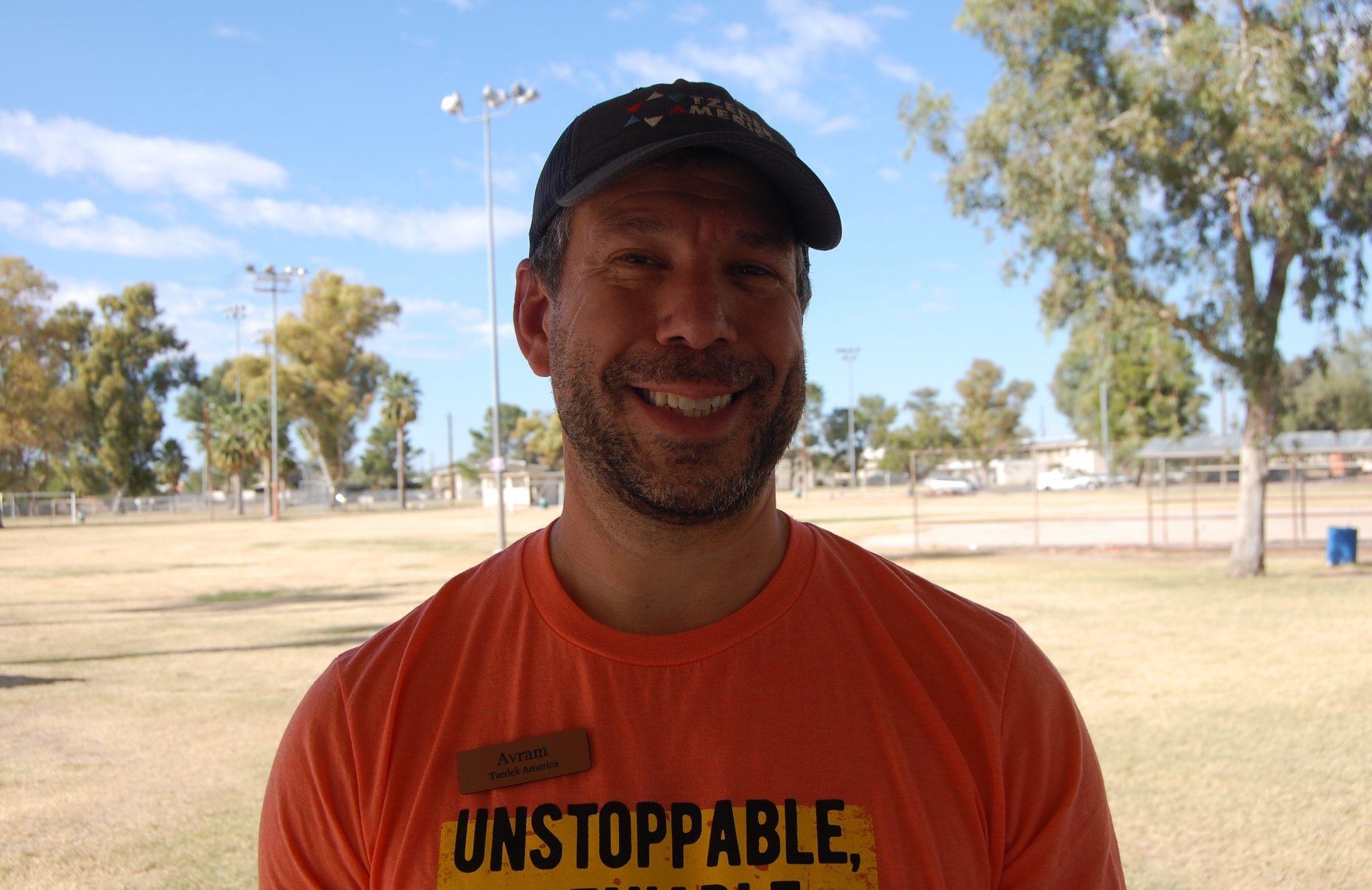
Charity Matters: How has this journey changed you?
Avram Mandell: I have learned so much from our program. I know more about immigration than I knew before, I know more about homelessness than I knew before. I am more socially aware and socially engaged than ever before.
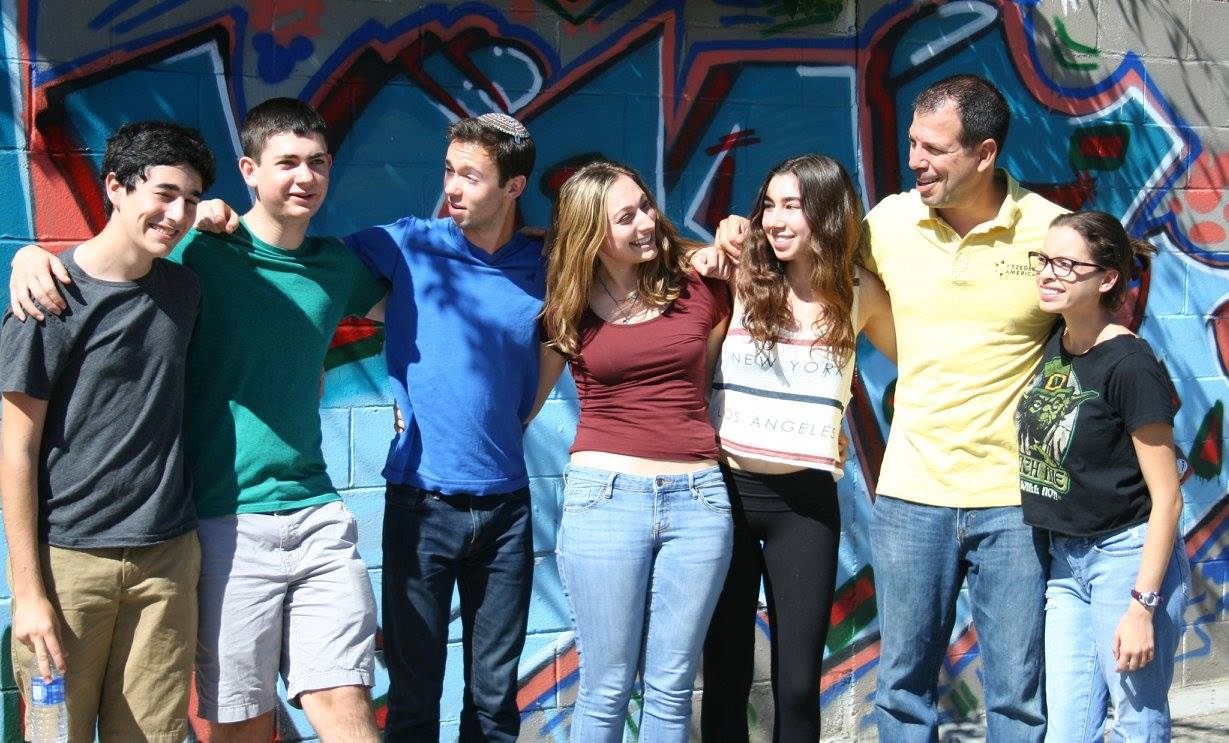
Charity Matters: What life lessons have you learned from this experience?
Avram Mandell: I think about my eulogy a lot. Eulogies are about people’s relationships and about people being there for one another. I think about the educational concept called design with the end in mind and the creators of this concept who wrote a book about what do you want your end to be? I think about my end.
What do I want the end to be? I want to see that my kids and students are volunteering their time and that they know they have an obligation to make the world a better place. You can not ignore the problem. That is my end. When my students have kids and take them to volunteer somewhere. When my students live their life with meaning.
CHARITY MATTERS.
YOUR REFERRAL IS THE GREATEST COMPLIMENT, IF YOU ARE SO MOVED OR INSPIRED, WE WOULD LOVE YOU TO SHARE AND INSPIRE ANOTHER.
Copyright © 2020 Charity Matters. This article may not be reproduced without explicit written permission; if you are not reading this in your newsreader, the site you are viewing is illegally infringing our copyright. We would be grateful if you contact us.

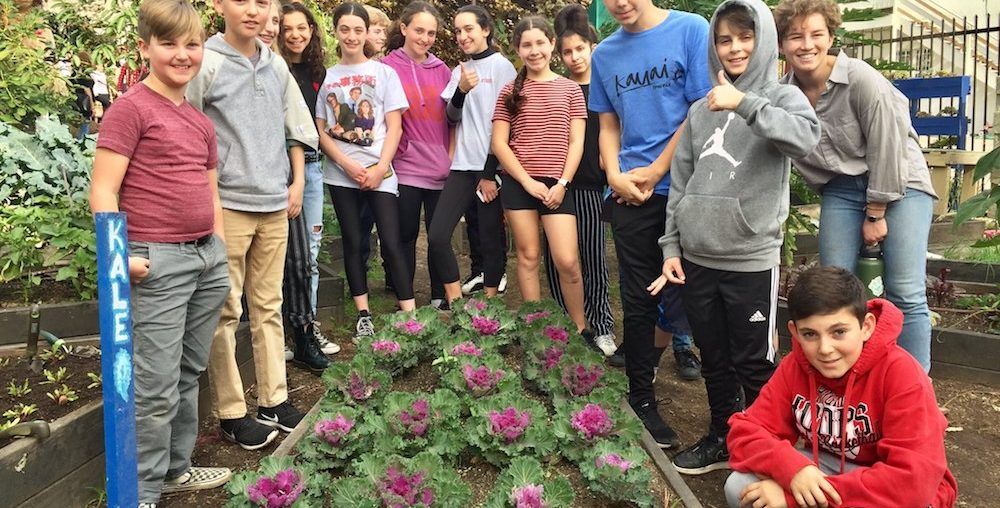
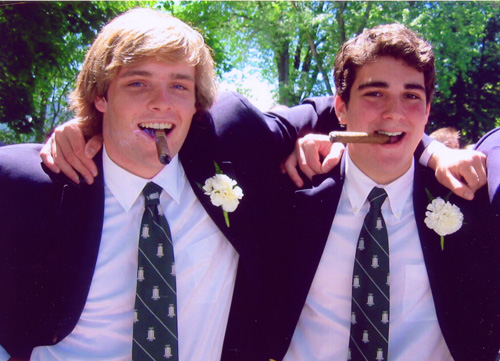
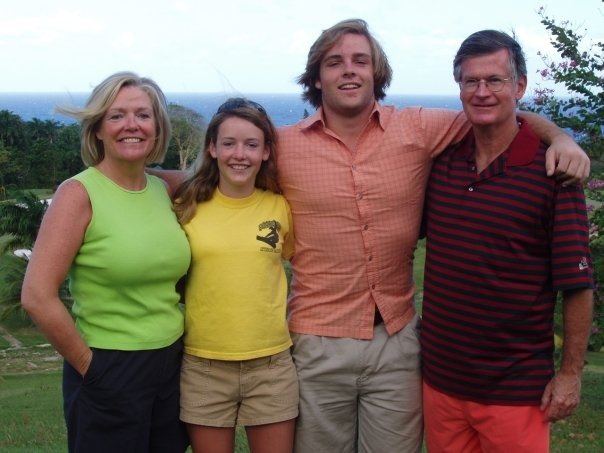
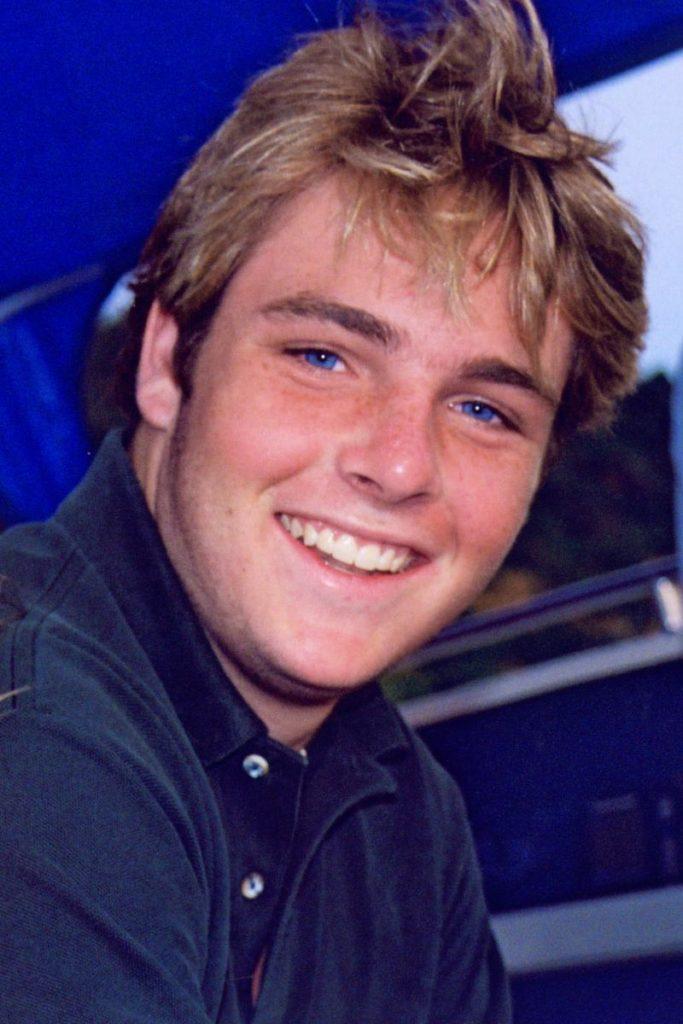
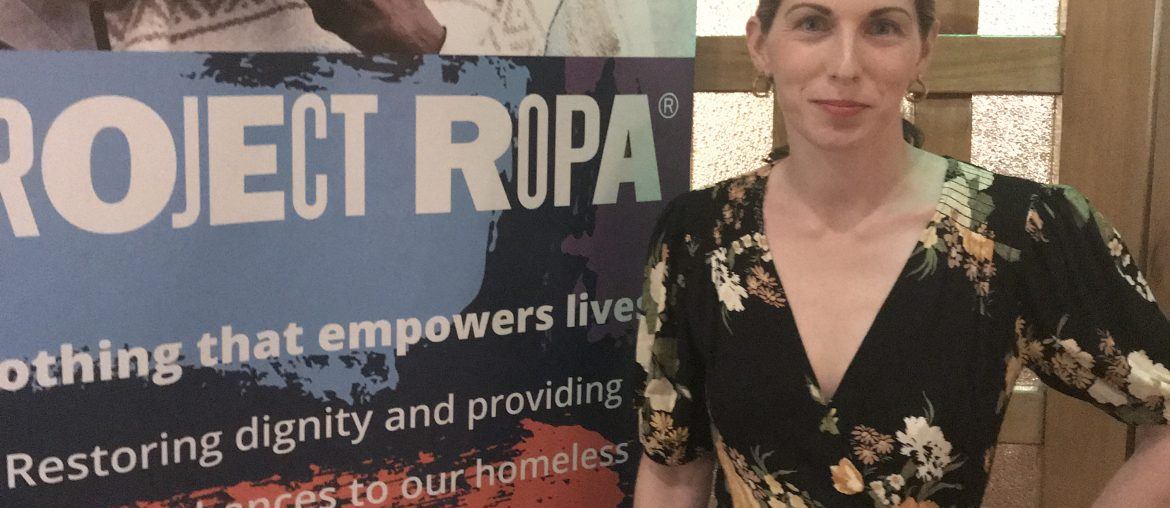
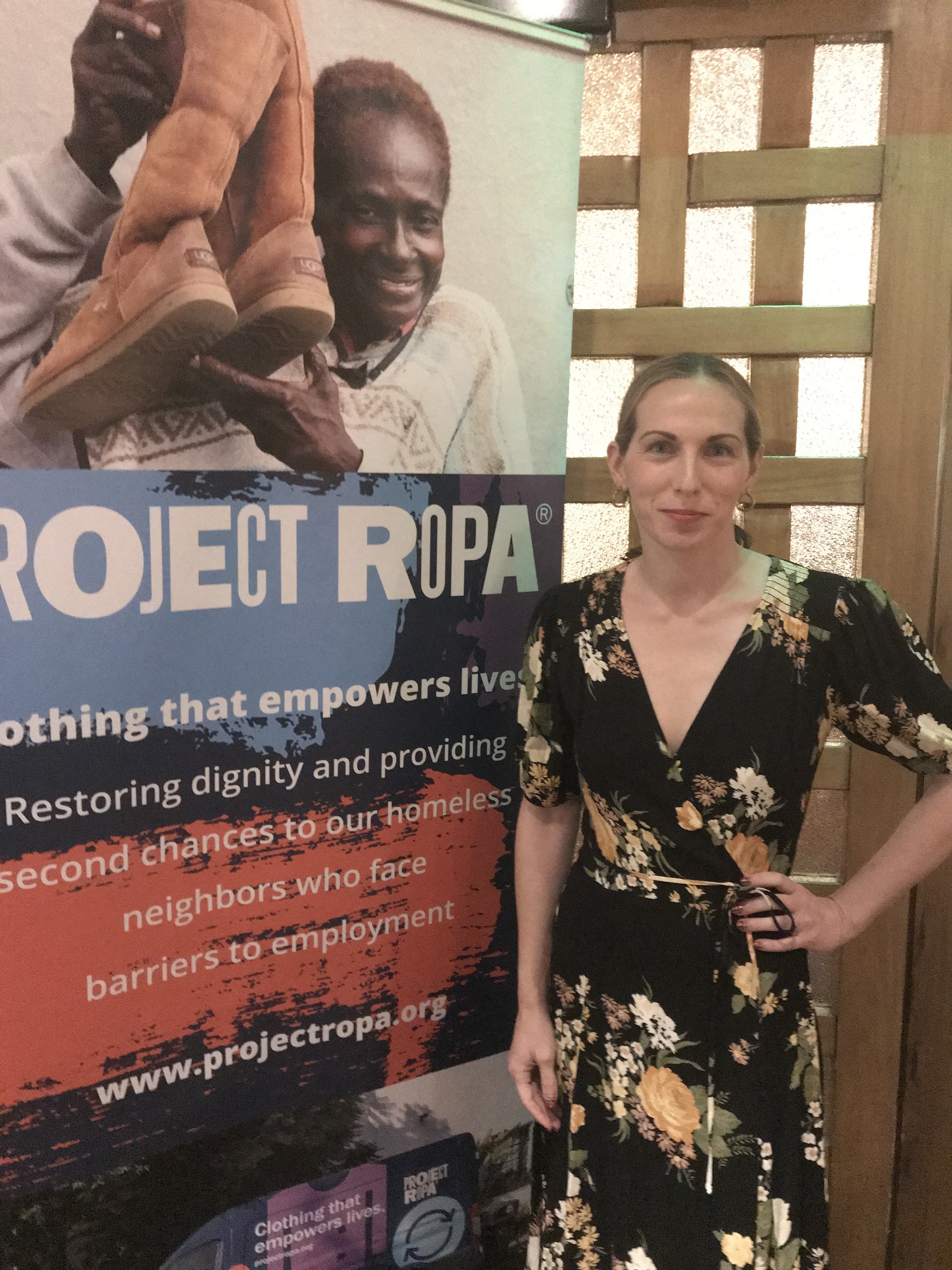
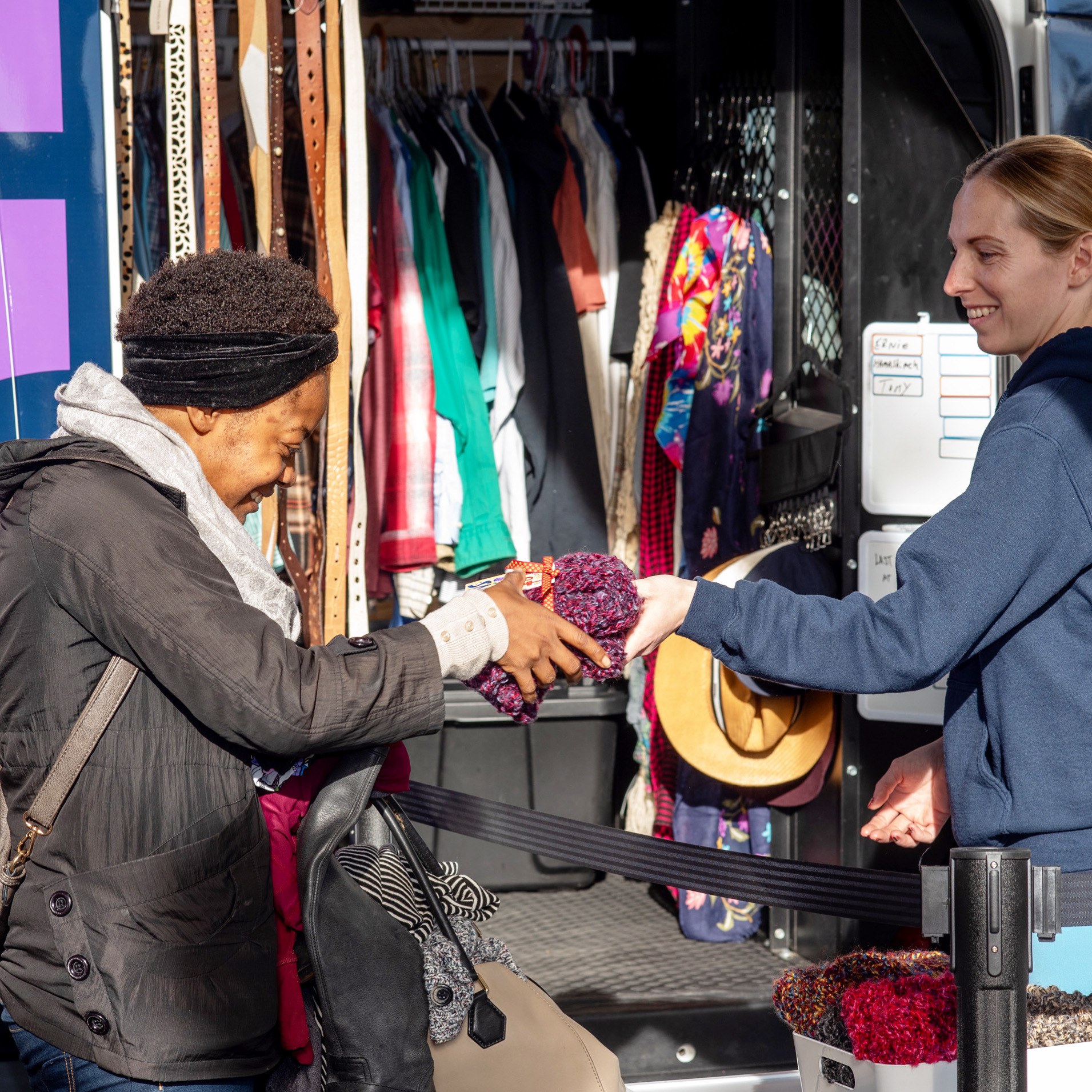
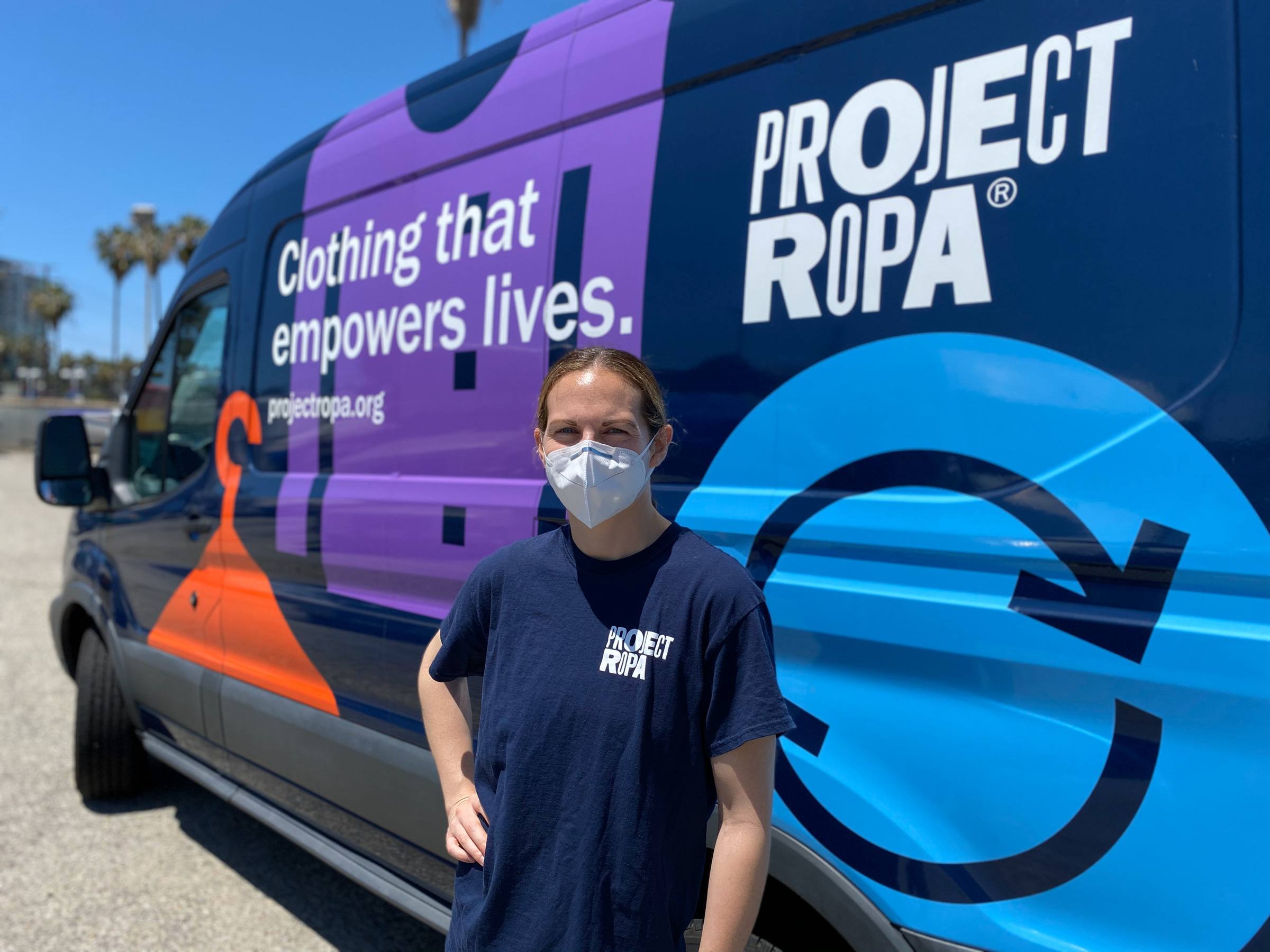
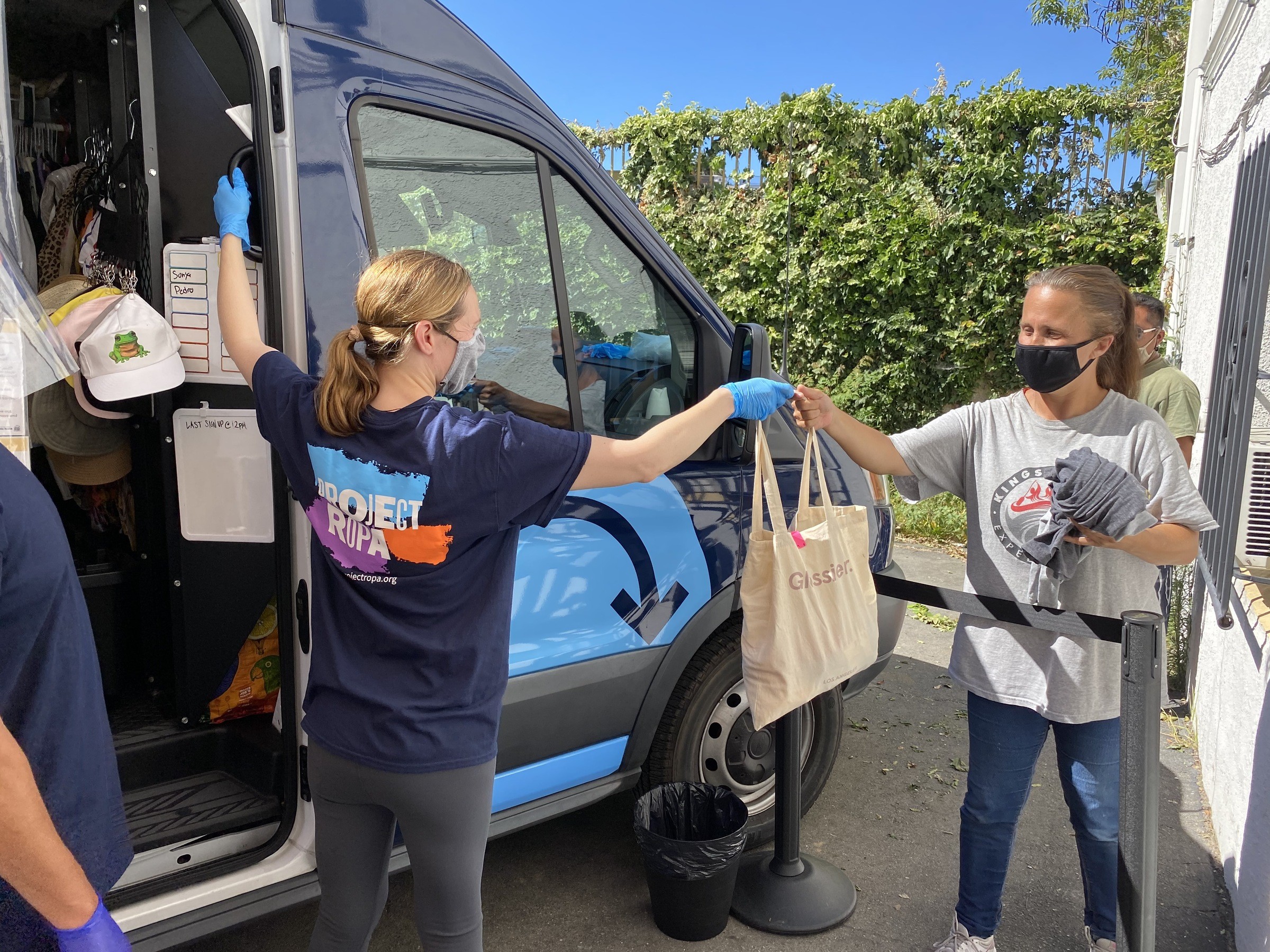
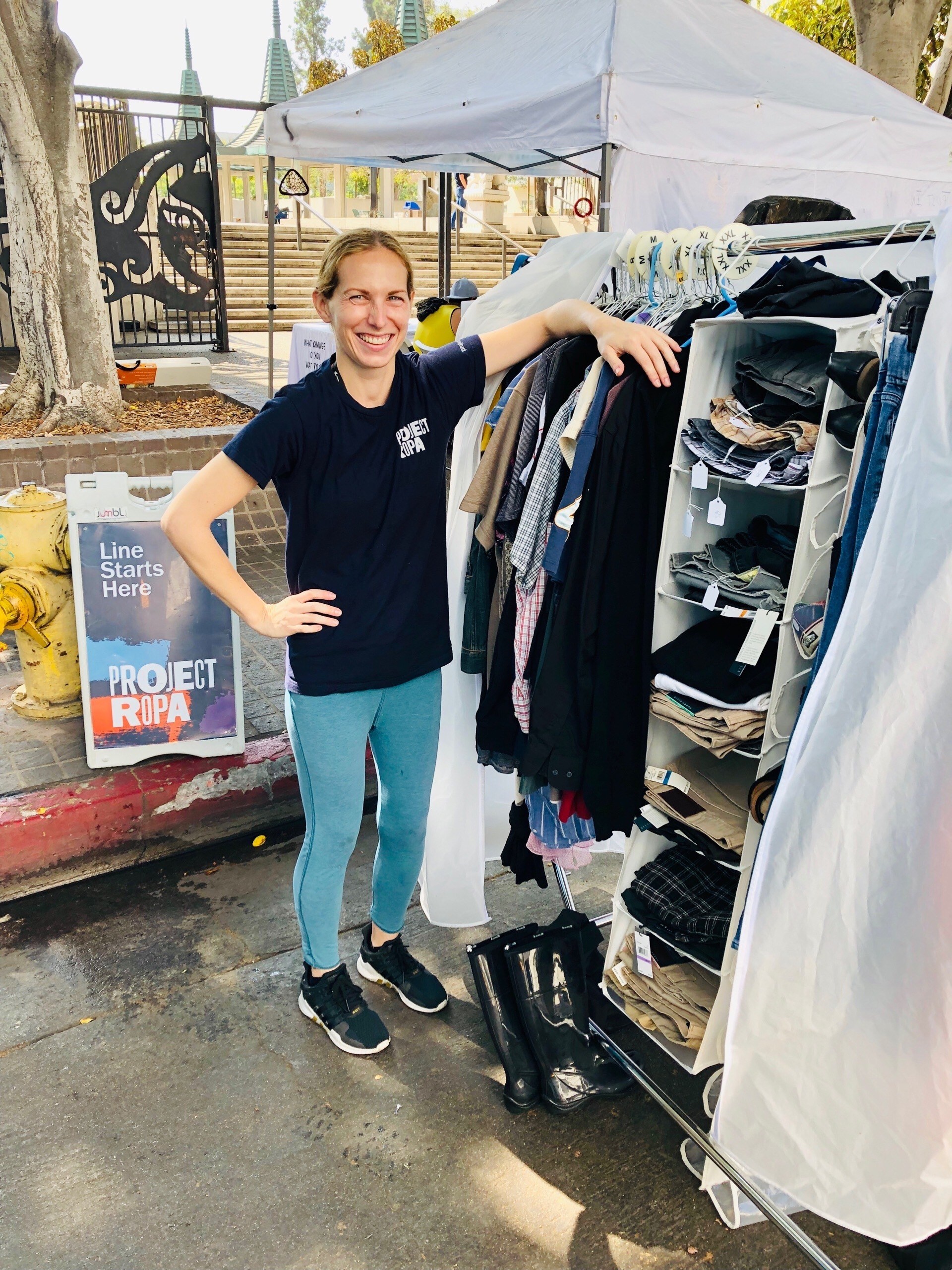
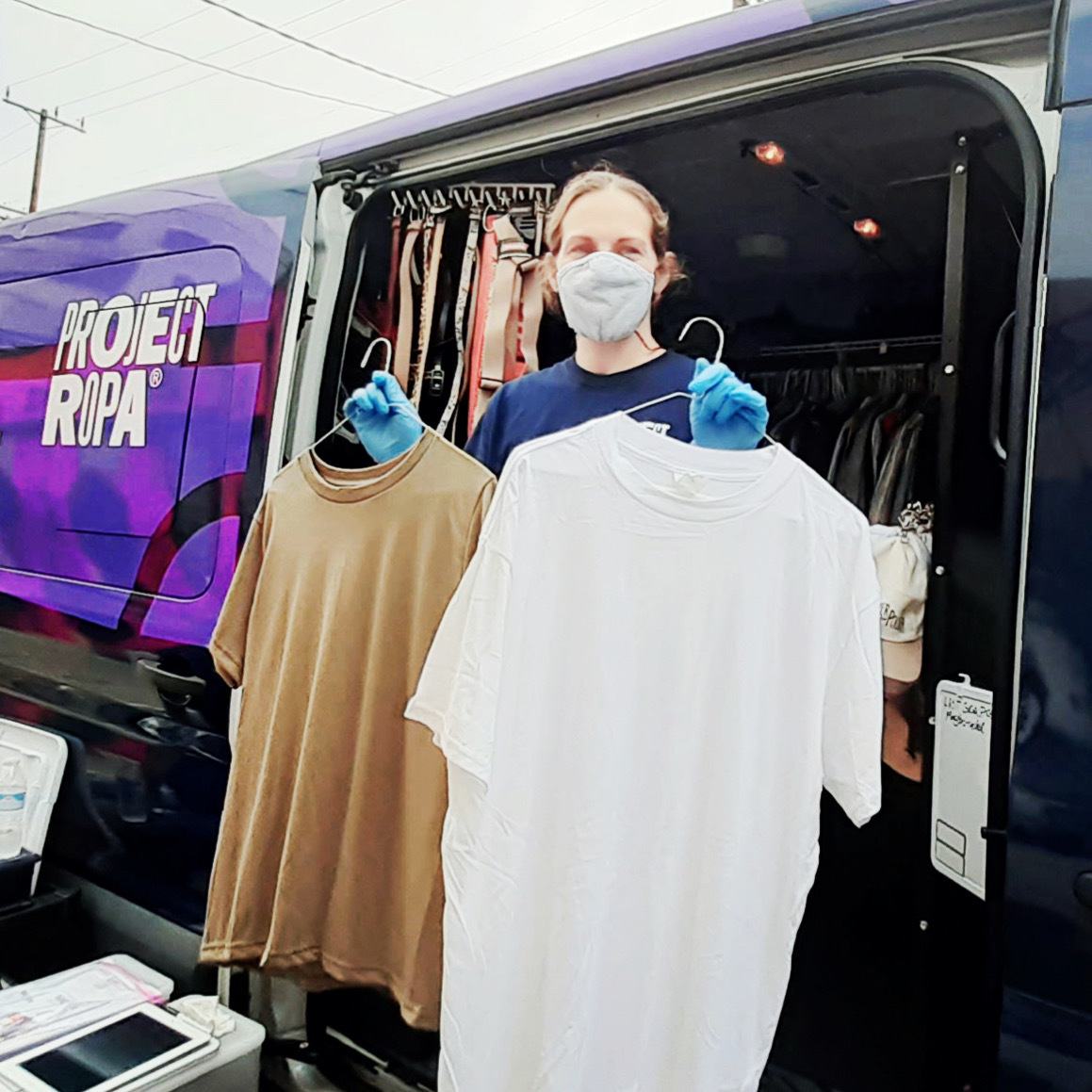
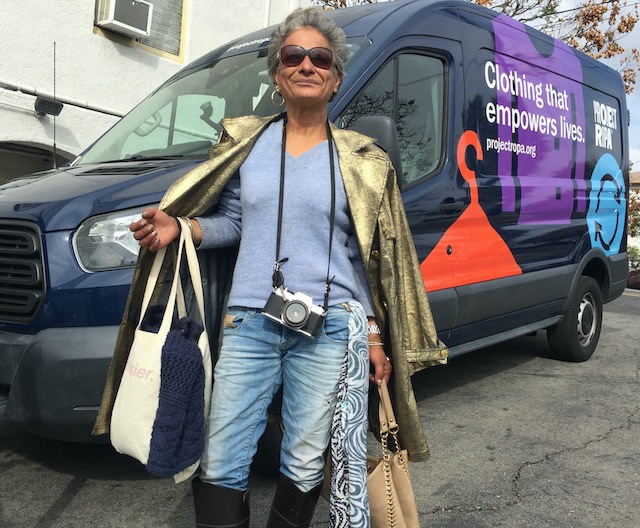
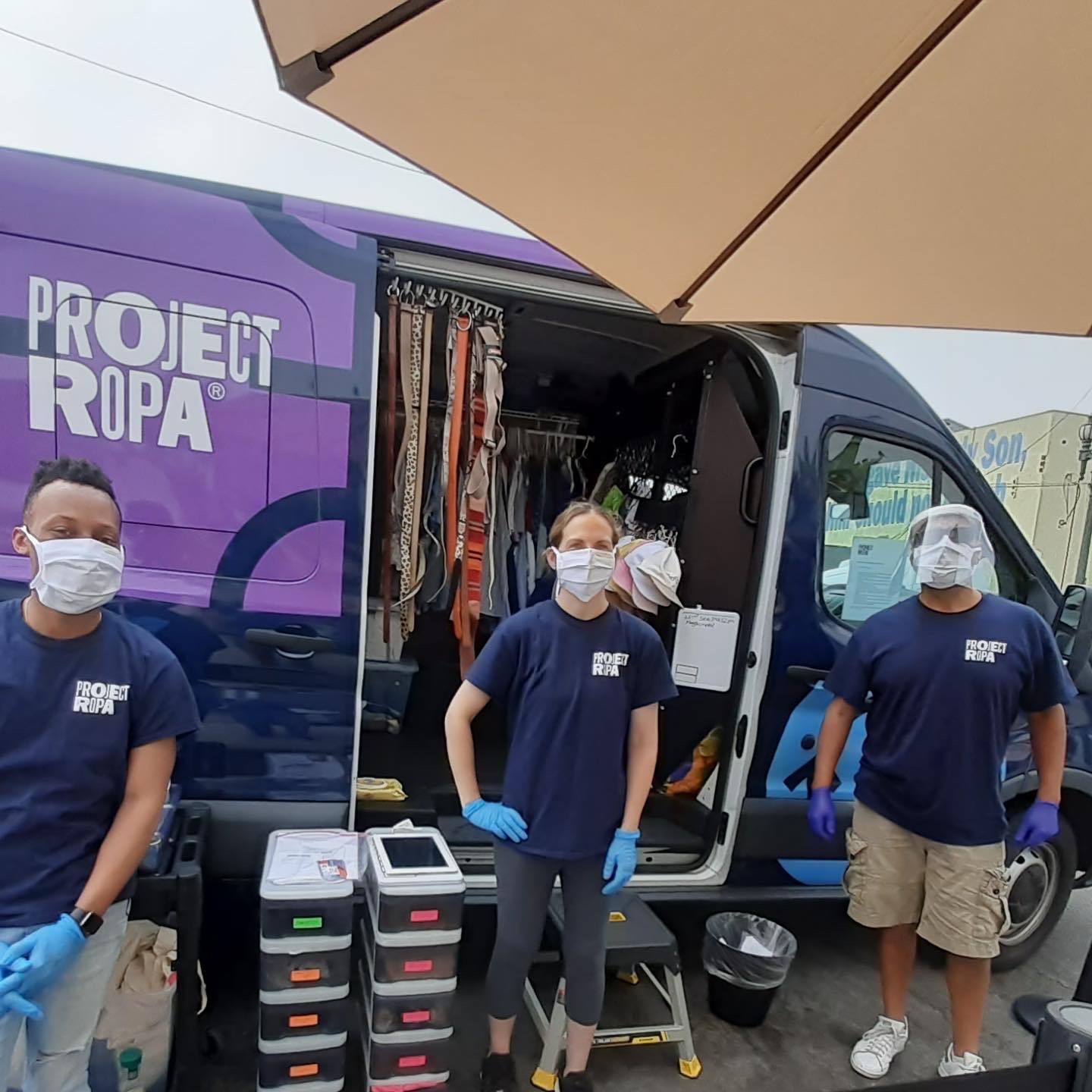
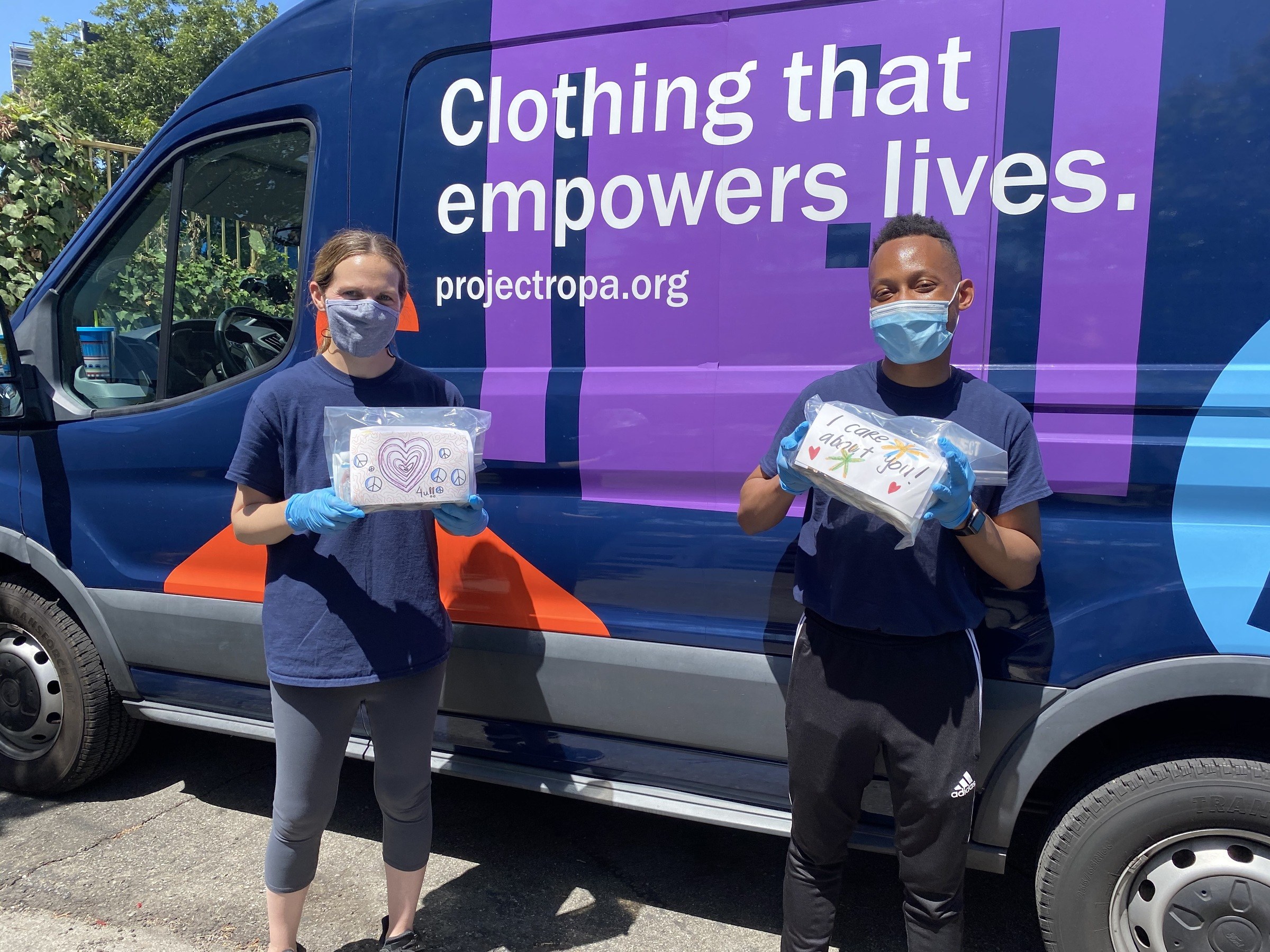
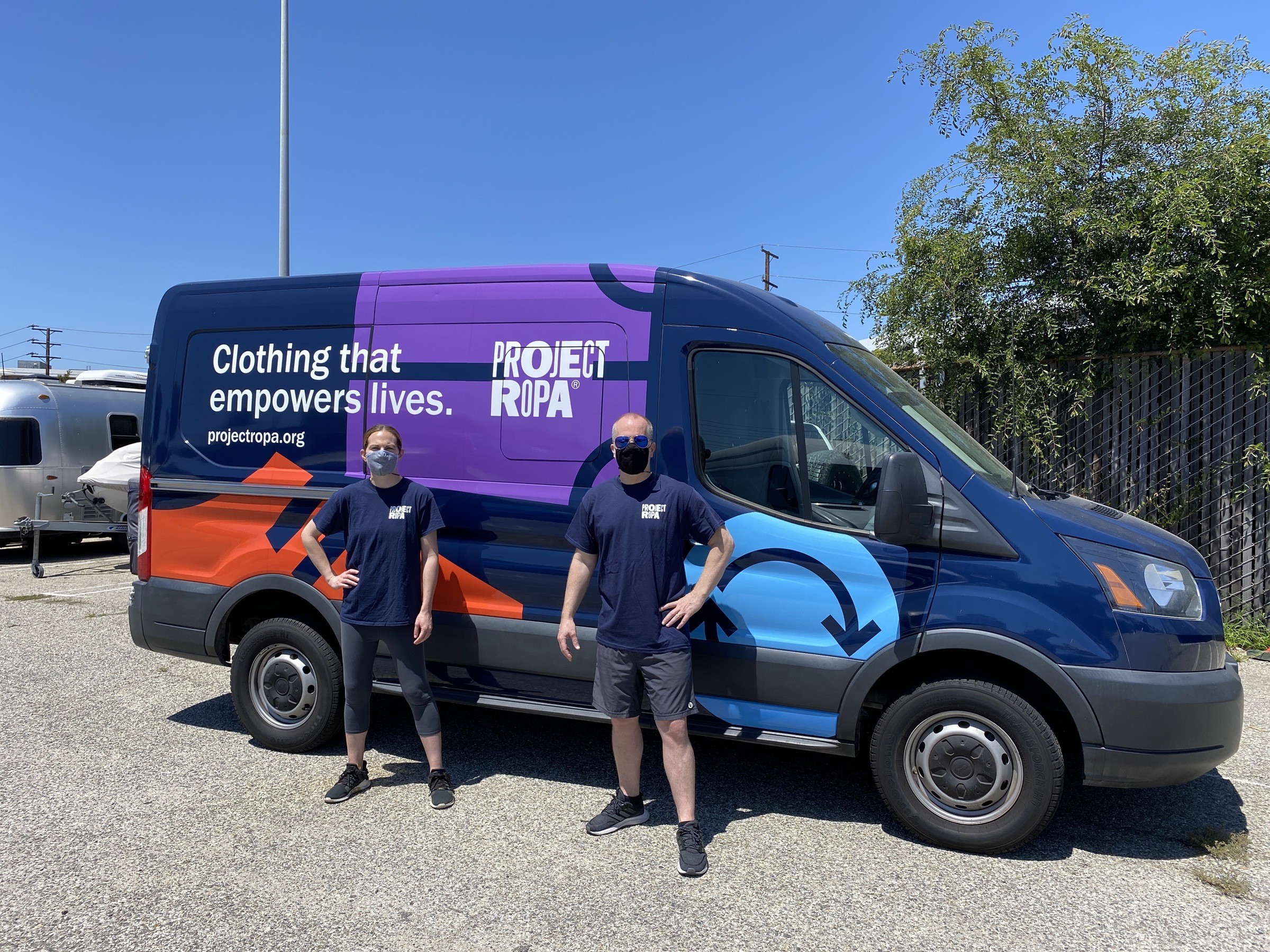
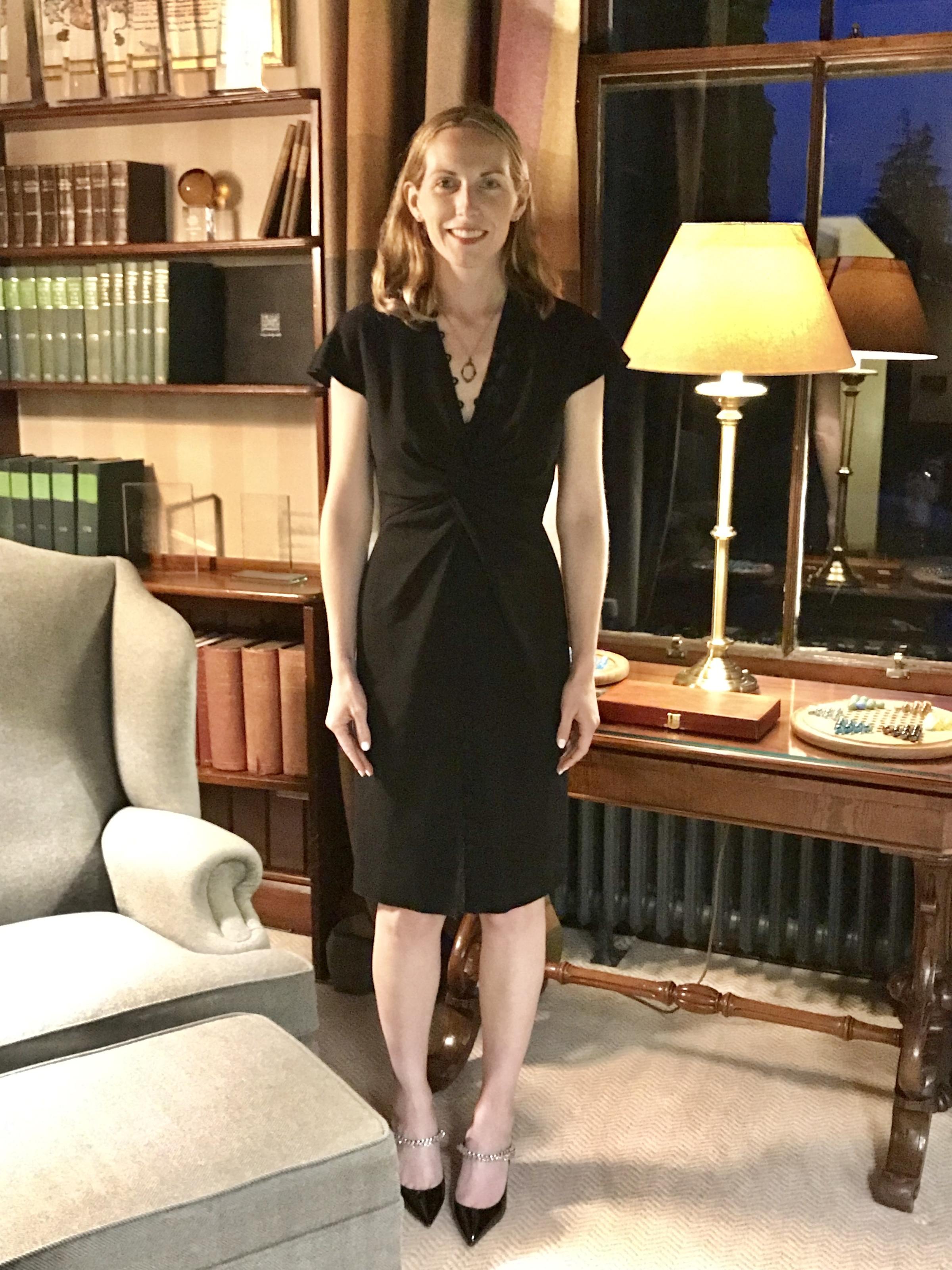
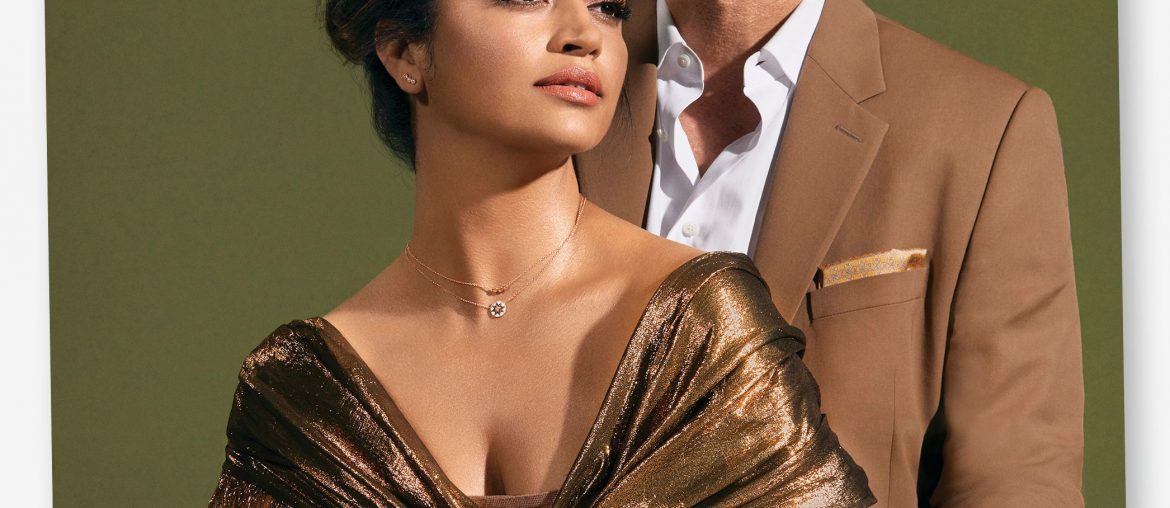
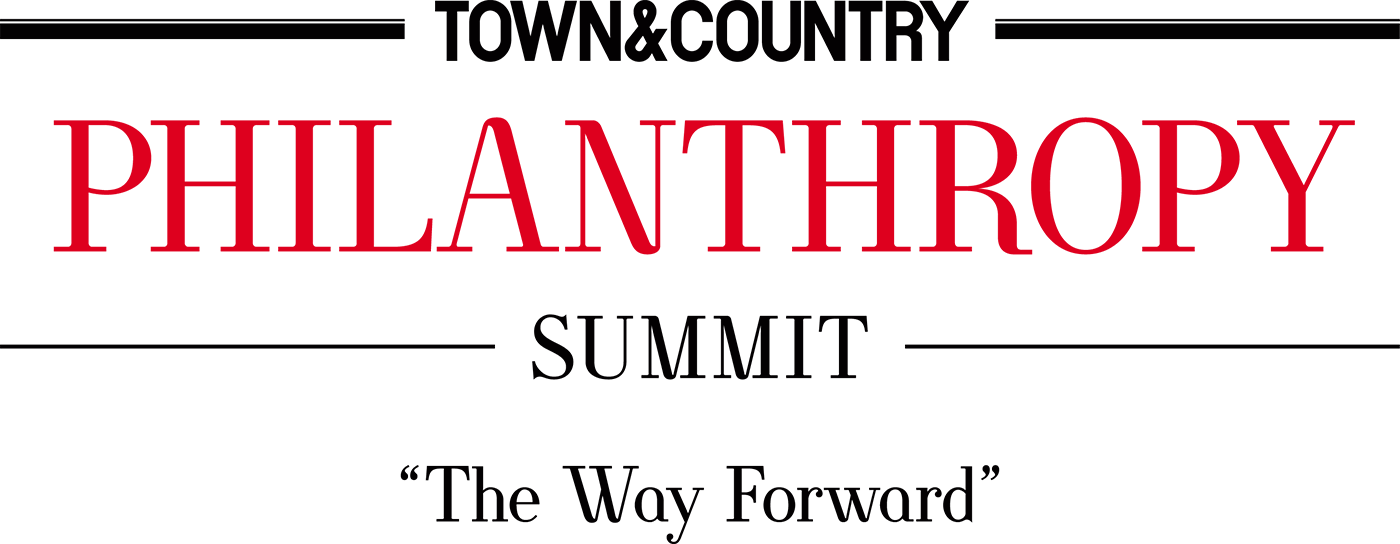
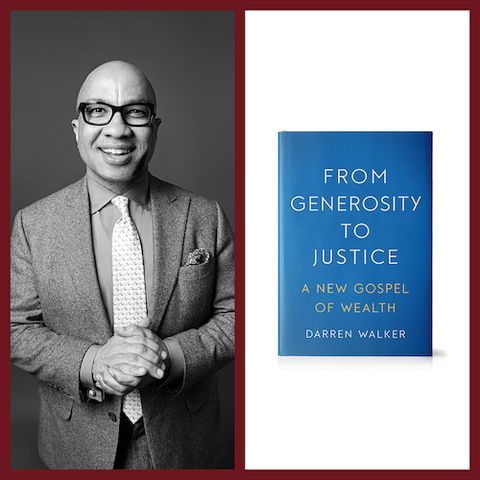
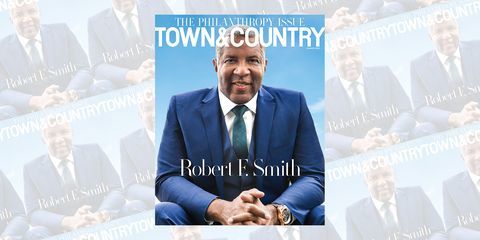
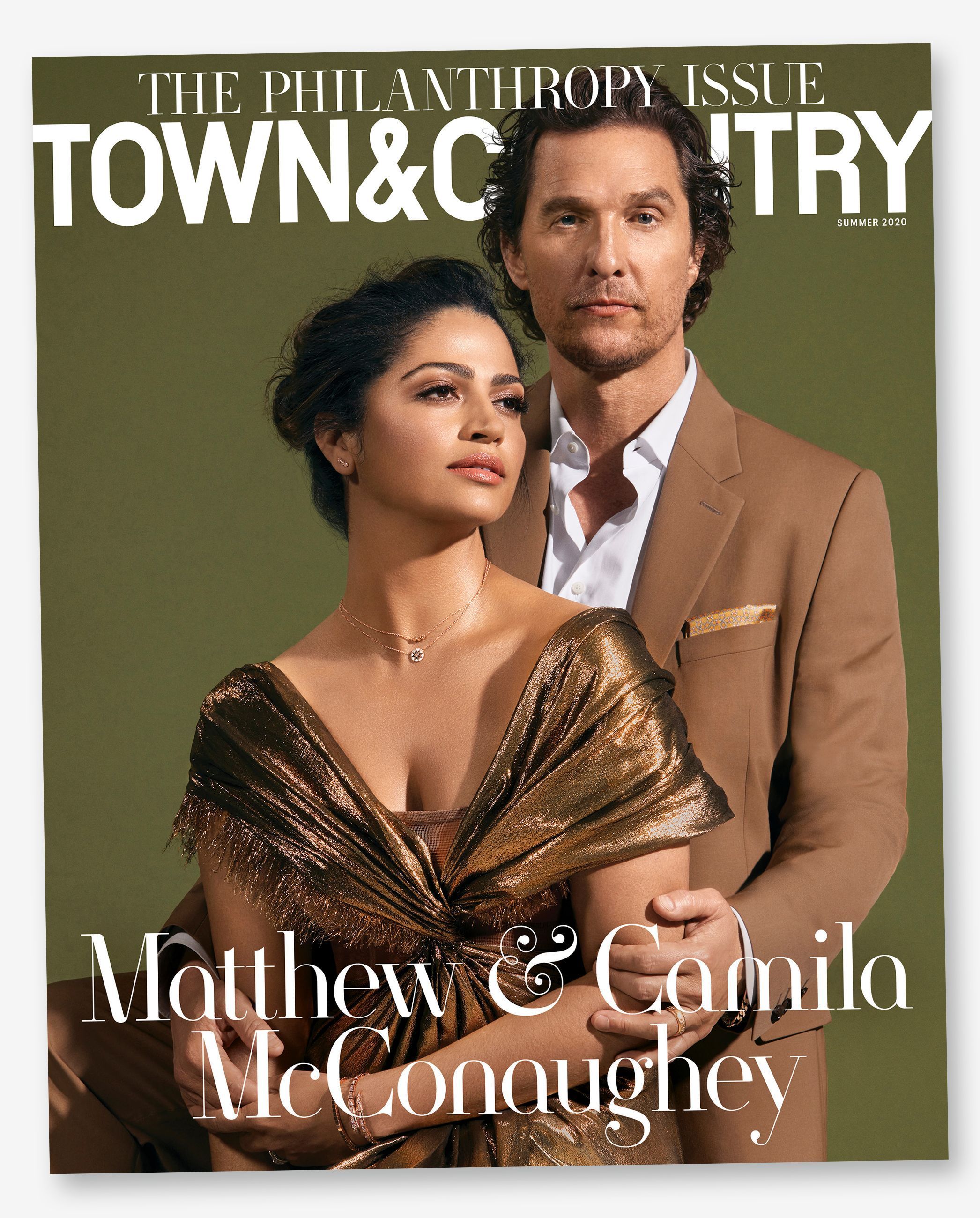
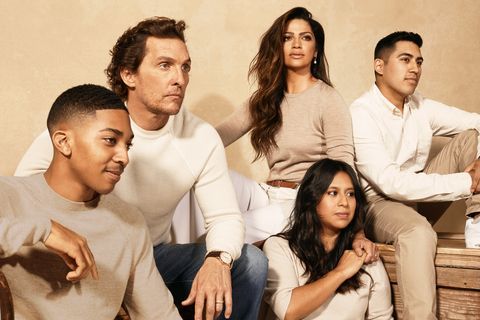
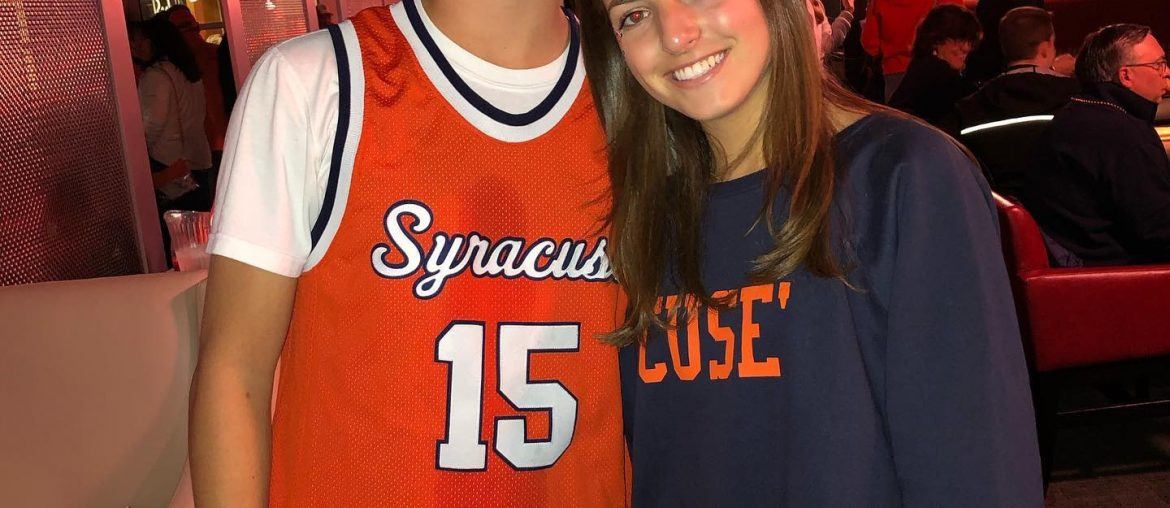
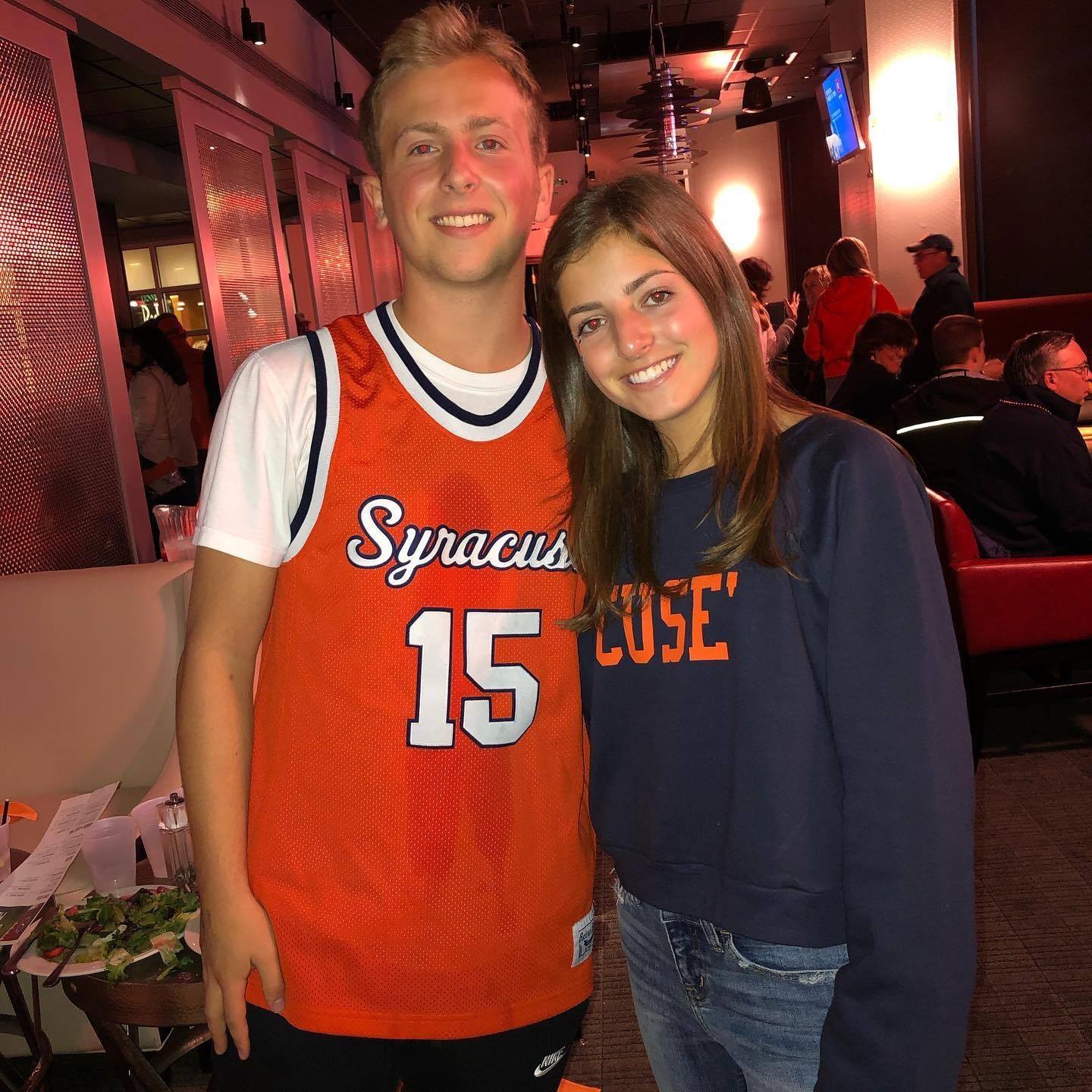

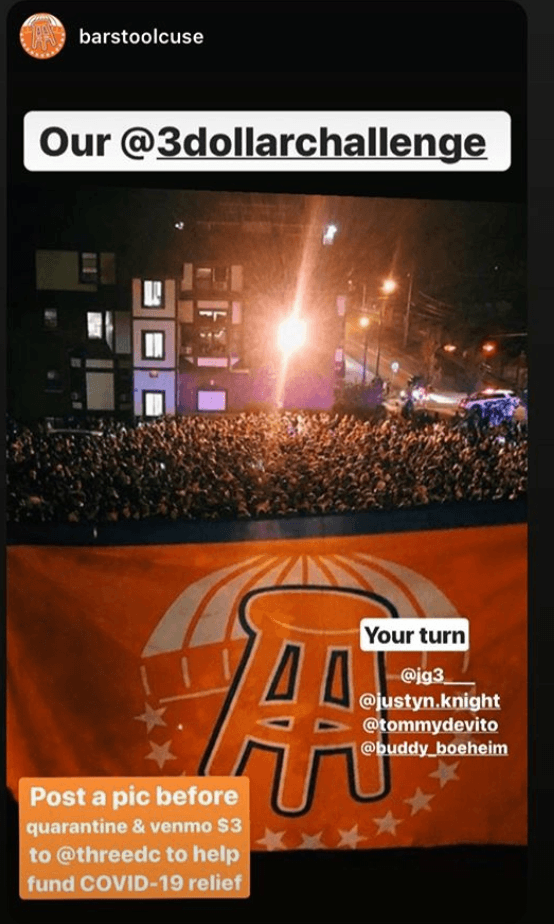
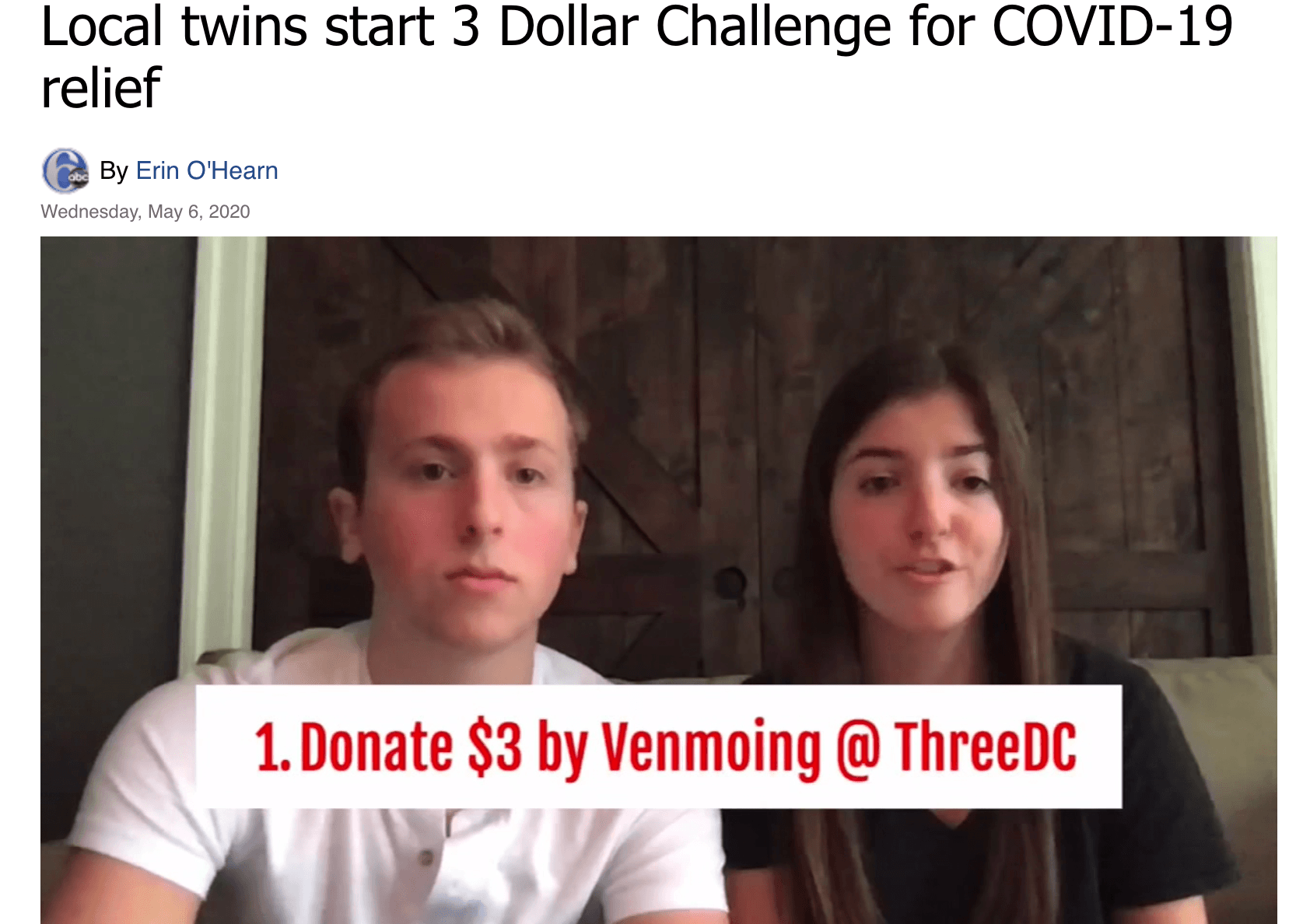
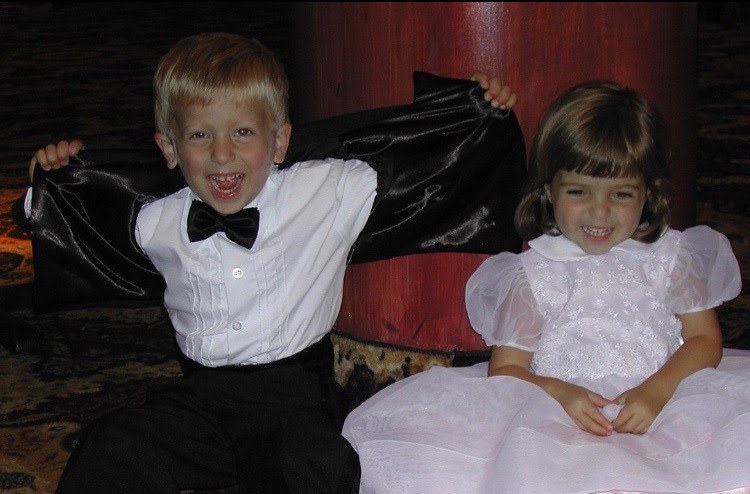
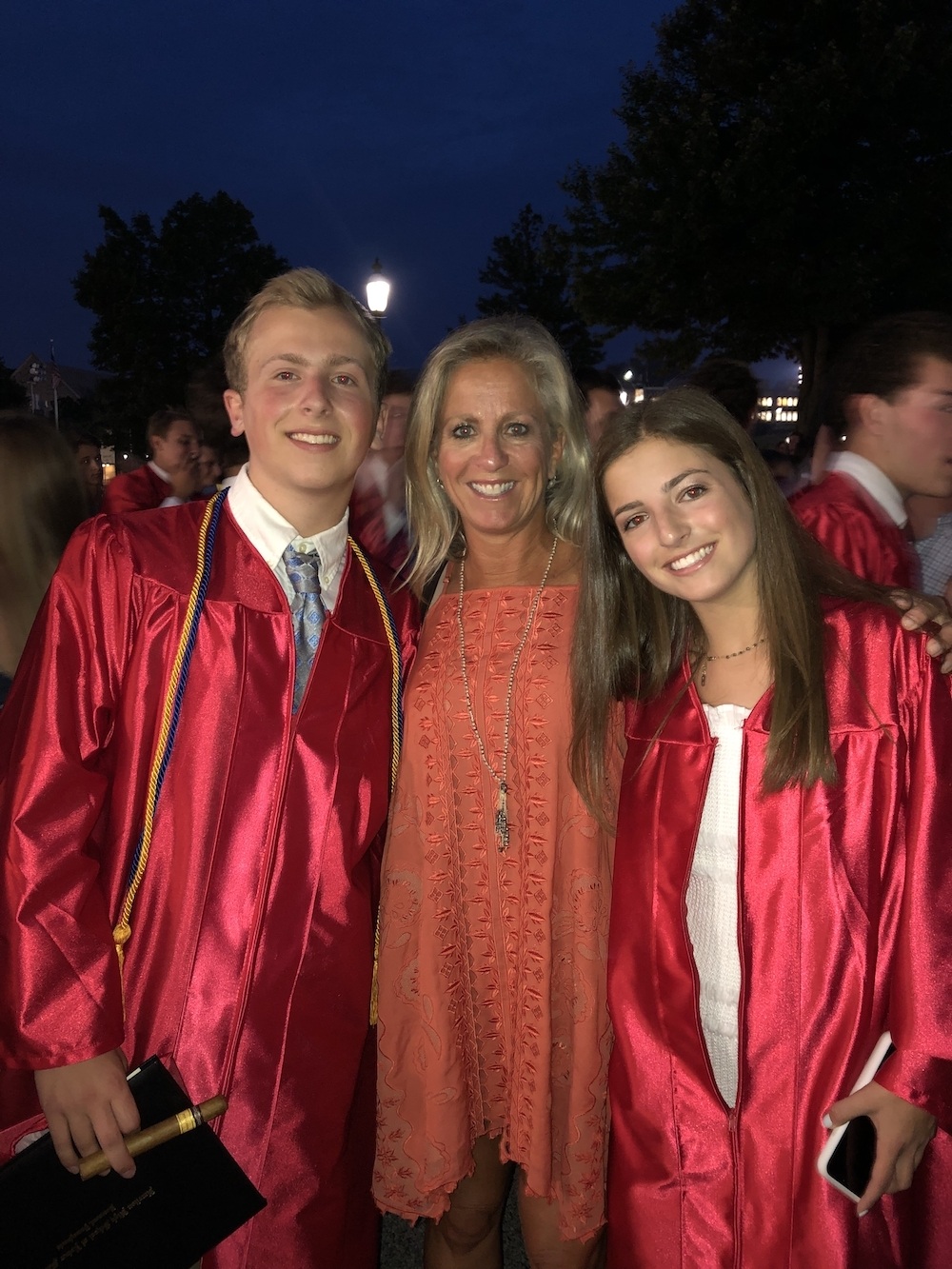
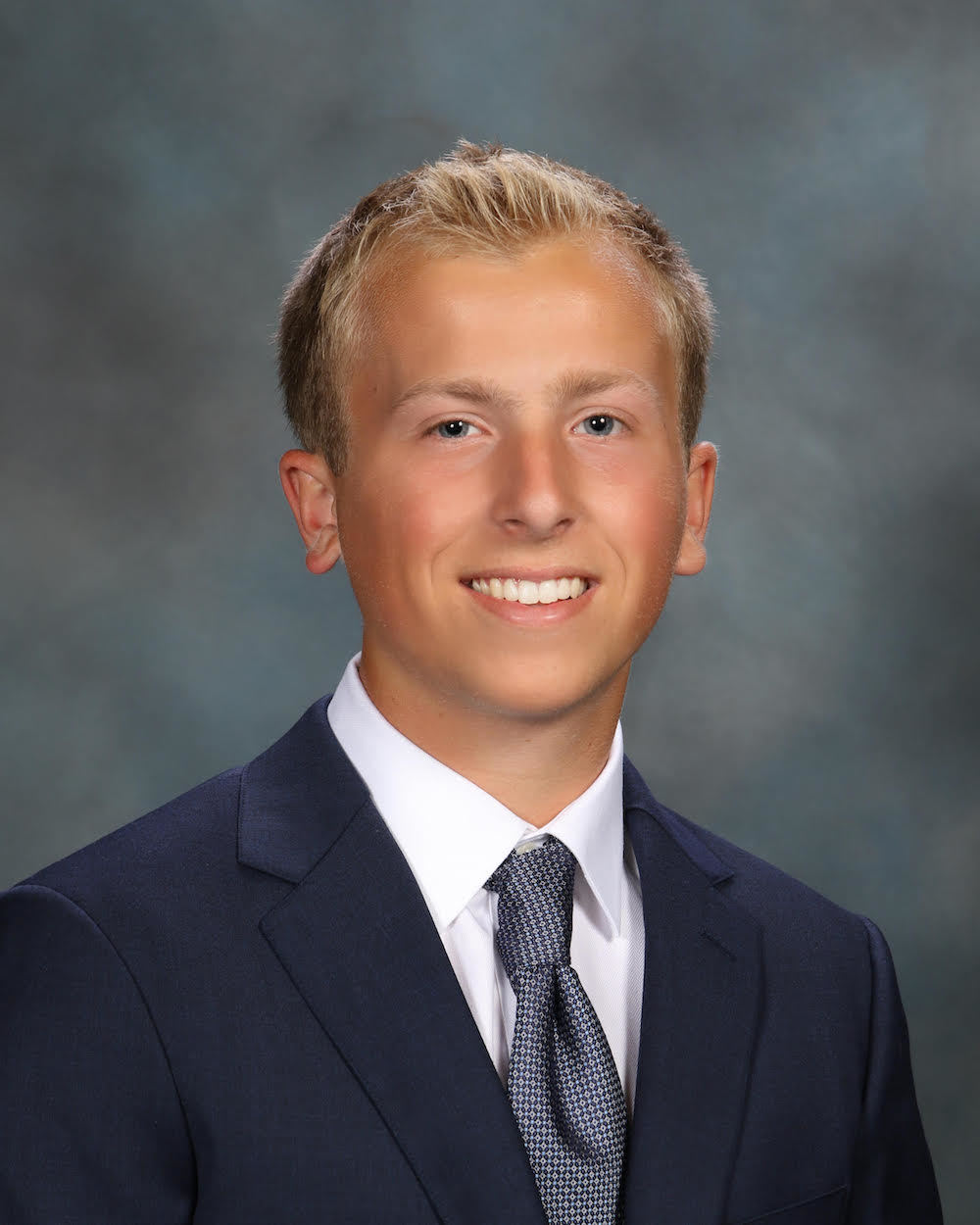
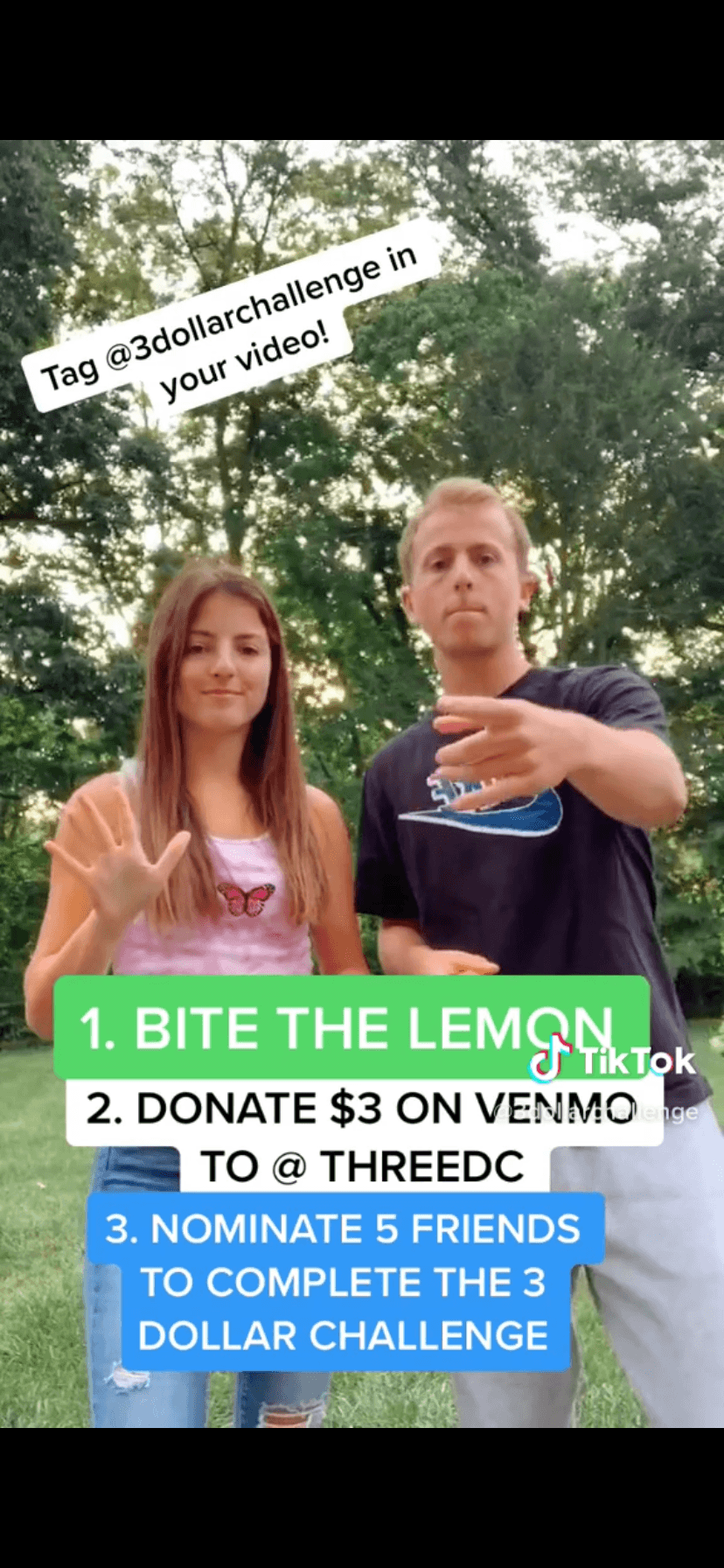

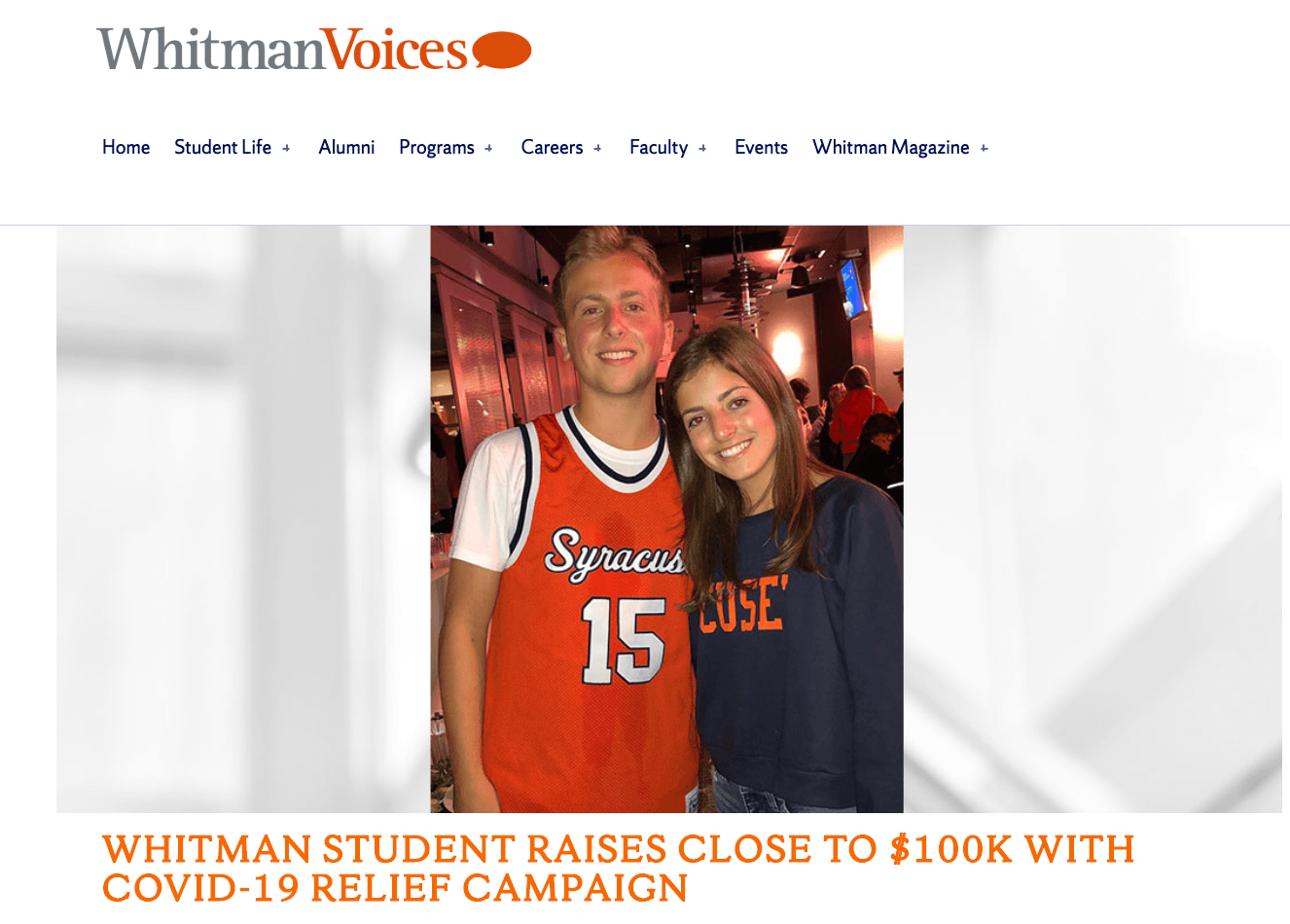
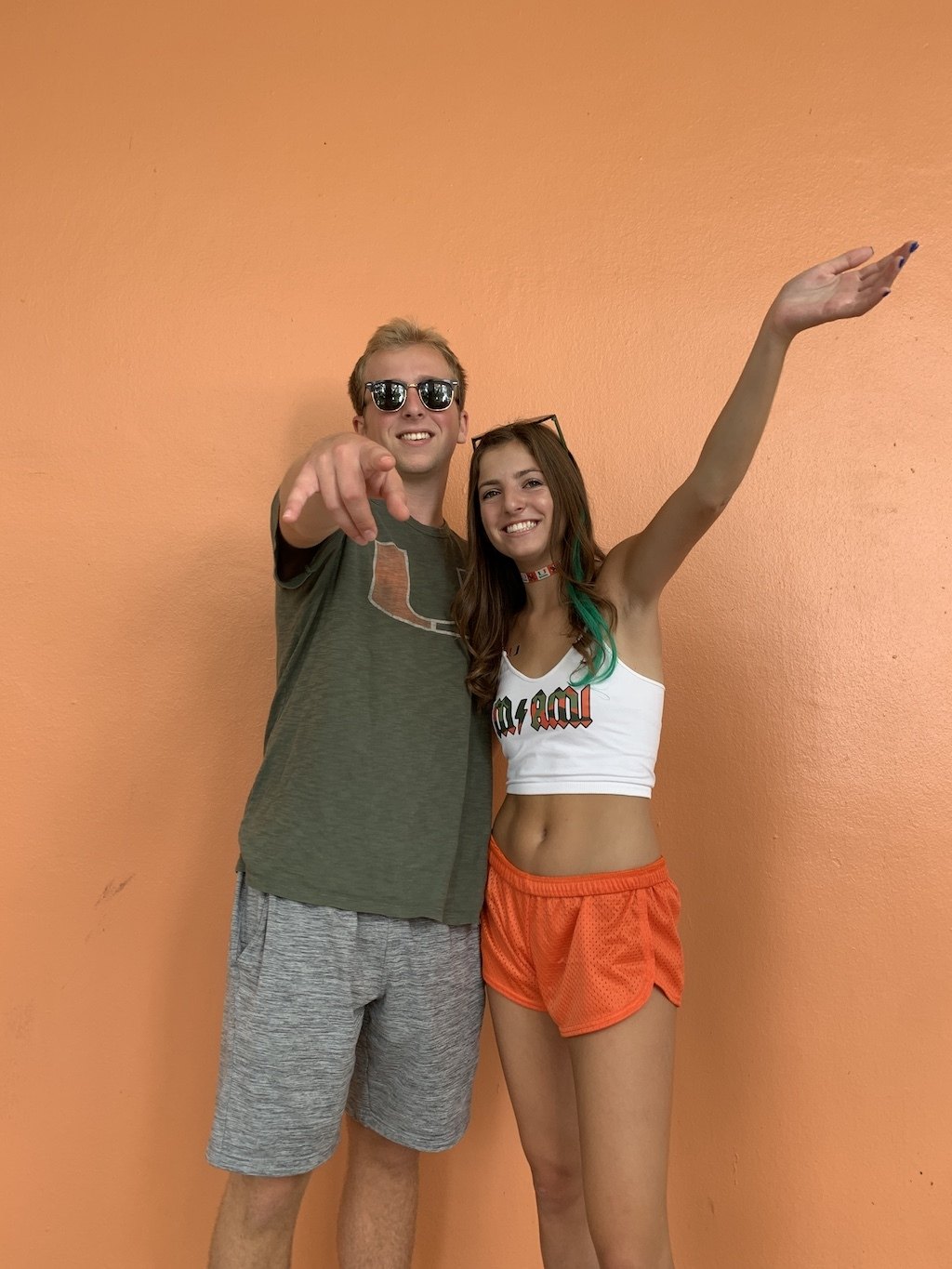
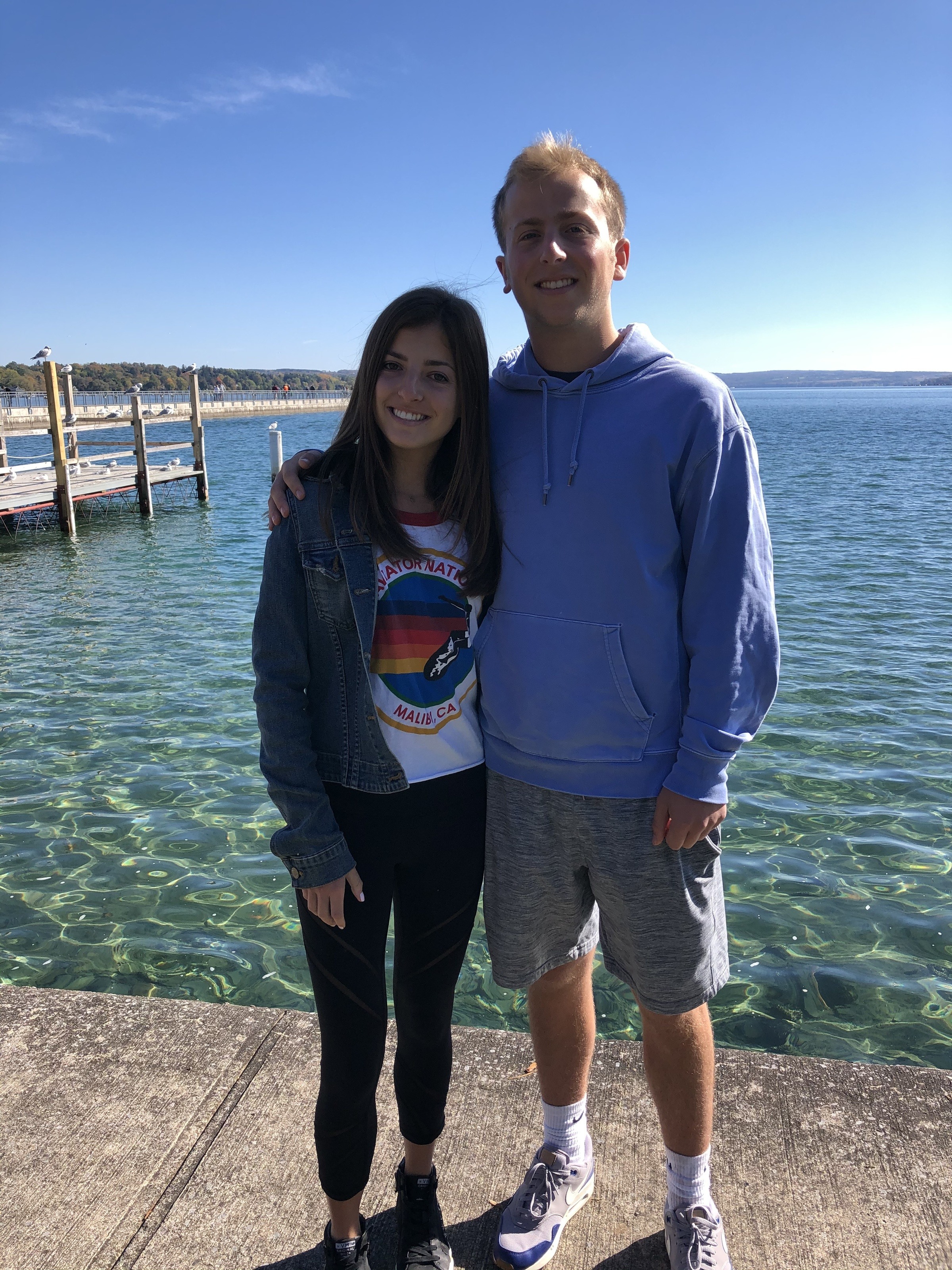
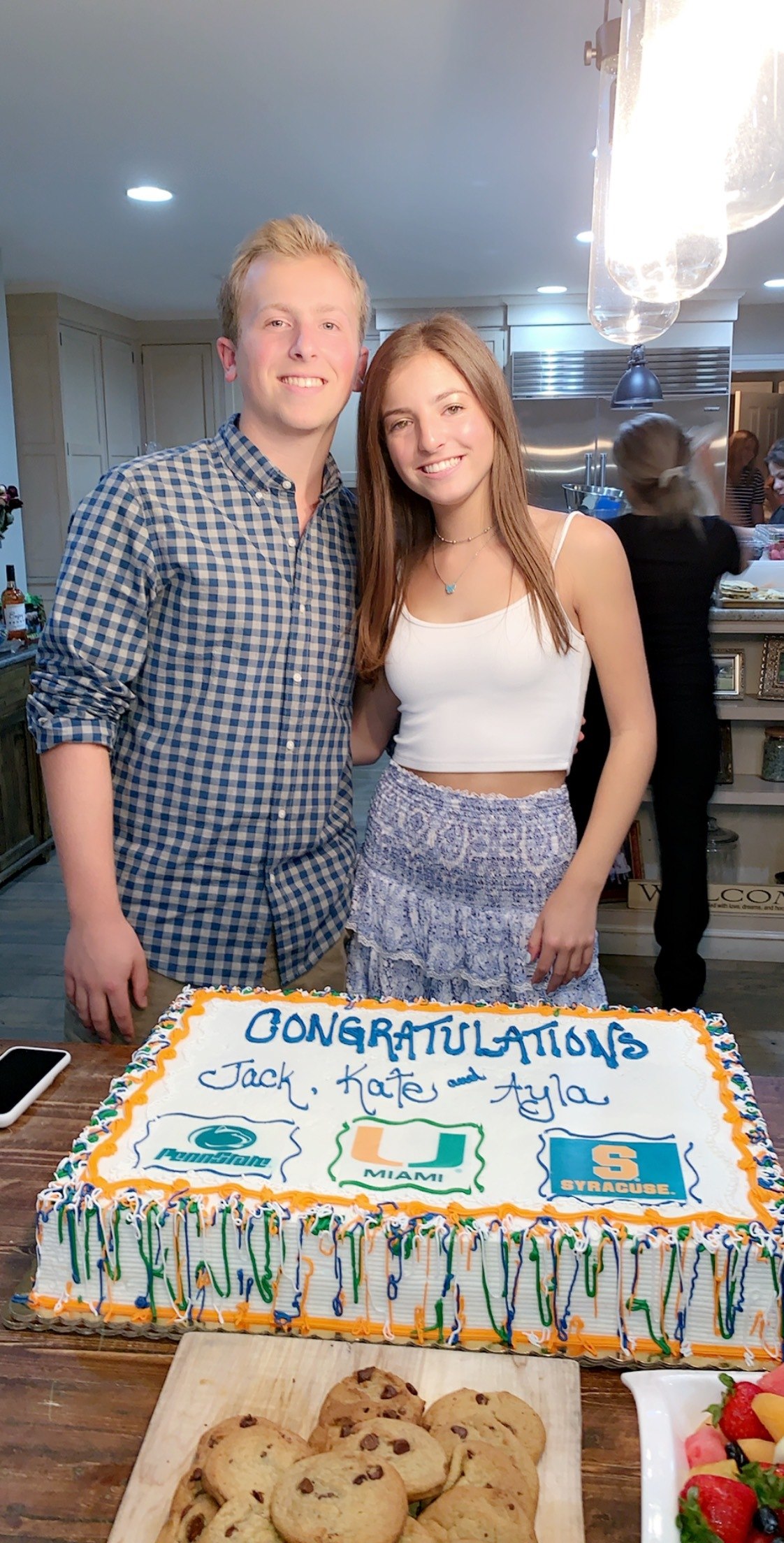
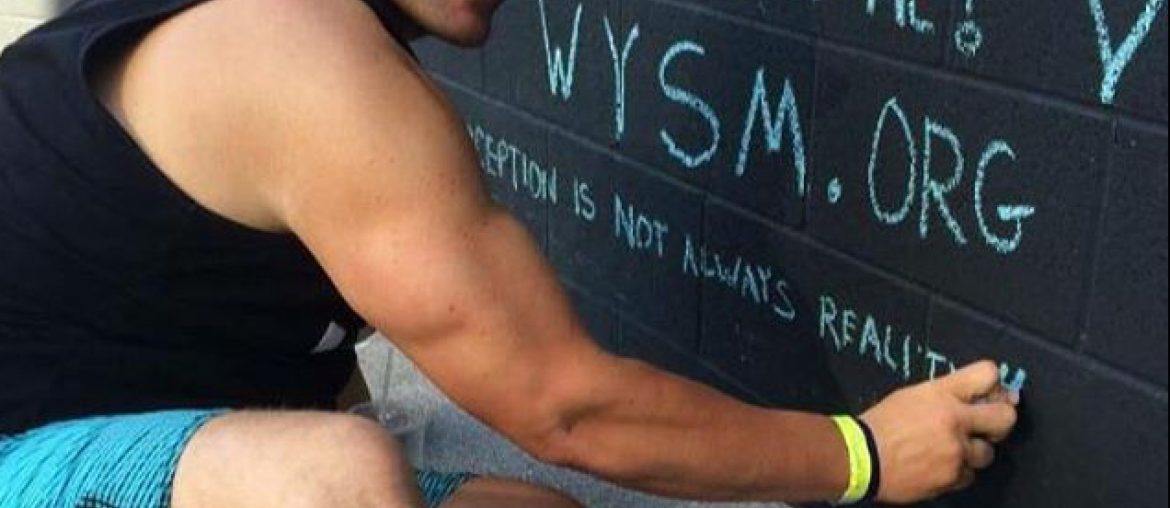
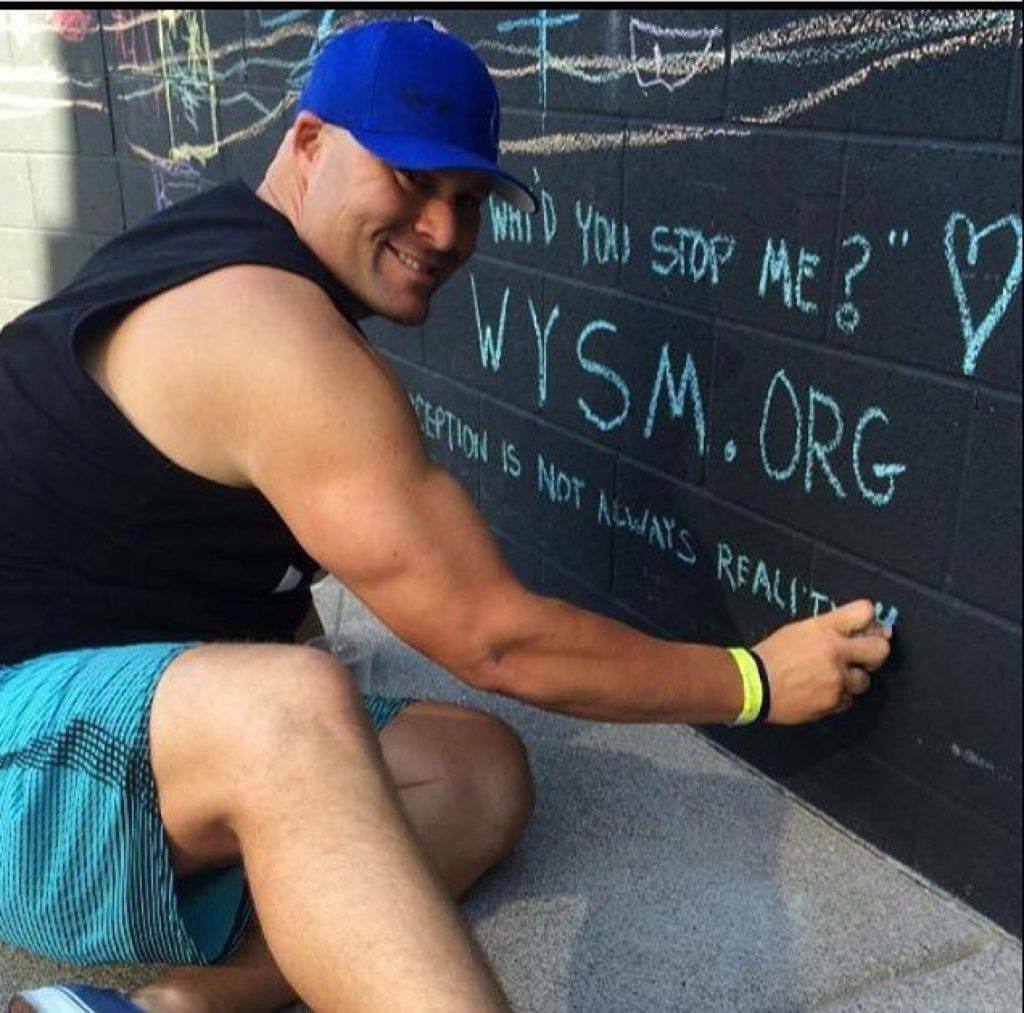
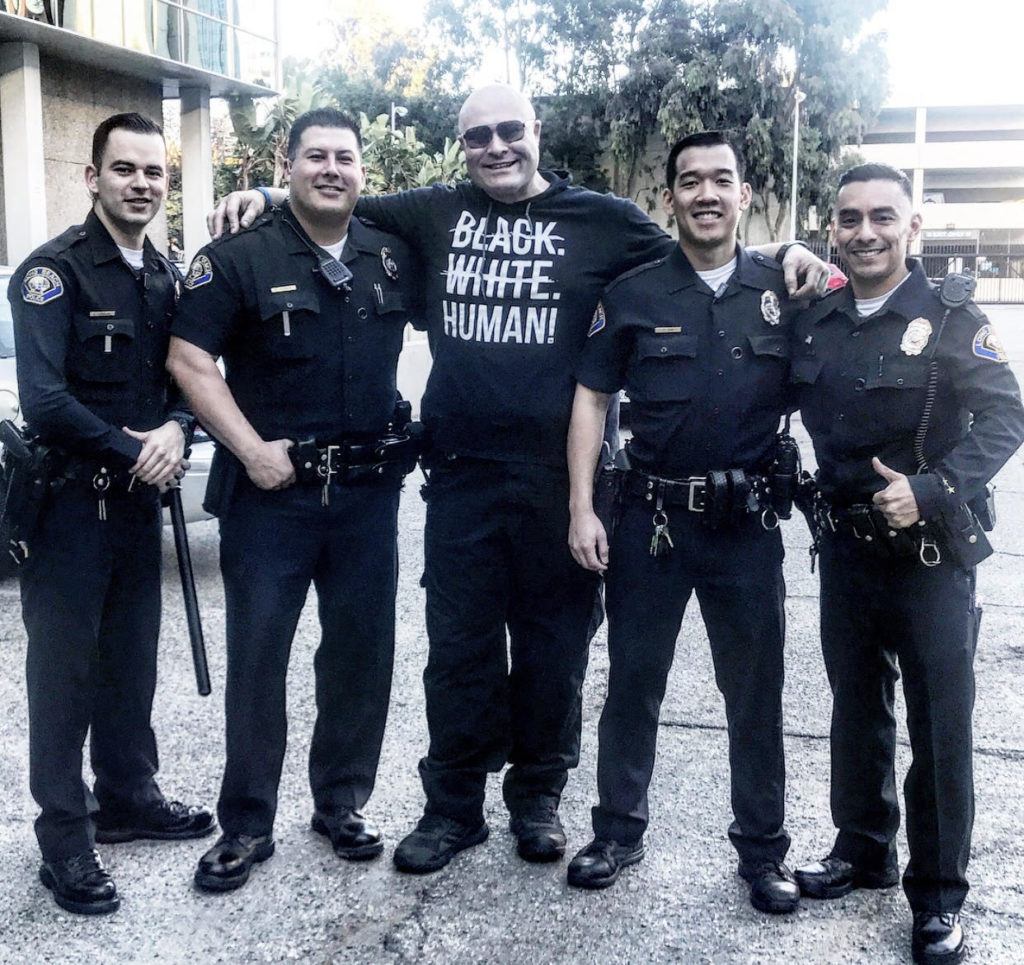
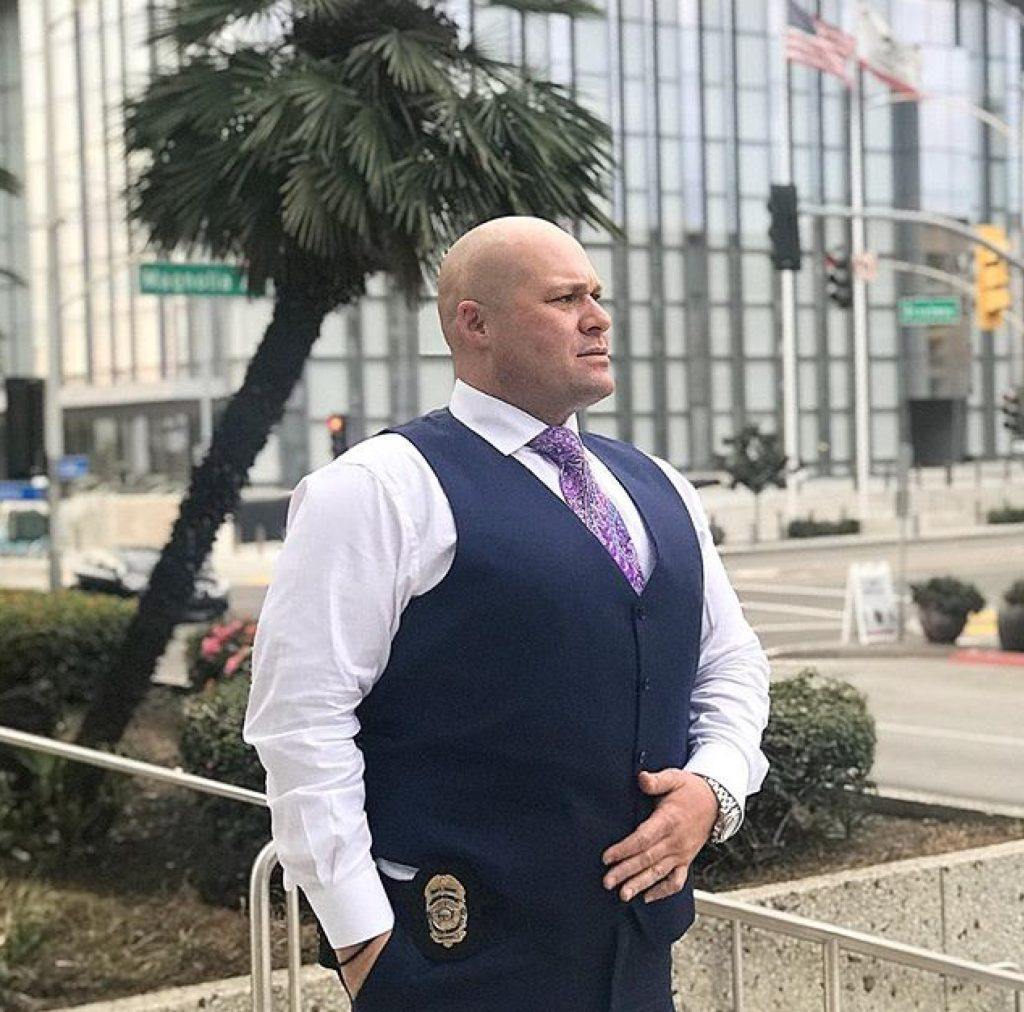 At the end of it, I was found to have used the force necessary in the situation and my name was cleared, but that didn’t completely help. I spent two years seeing psychologists, dealing with family issues, and trying to figure out how or why all of this was happening. I was found to have done the right thing and been fit of mind but this justifiable homicide was a horrible situation for me. That was my first AH-Ha moment. In December 2011, some informants tipped us off that there was going to be a gang hit on my life. It turns out that the person that died in the drug enforcement situation was a gang leader and the gang had spent two years plotting how they were going to ambush and kill me.
At the end of it, I was found to have used the force necessary in the situation and my name was cleared, but that didn’t completely help. I spent two years seeing psychologists, dealing with family issues, and trying to figure out how or why all of this was happening. I was found to have done the right thing and been fit of mind but this justifiable homicide was a horrible situation for me. That was my first AH-Ha moment. In December 2011, some informants tipped us off that there was going to be a gang hit on my life. It turns out that the person that died in the drug enforcement situation was a gang leader and the gang had spent two years plotting how they were going to ambush and kill me.